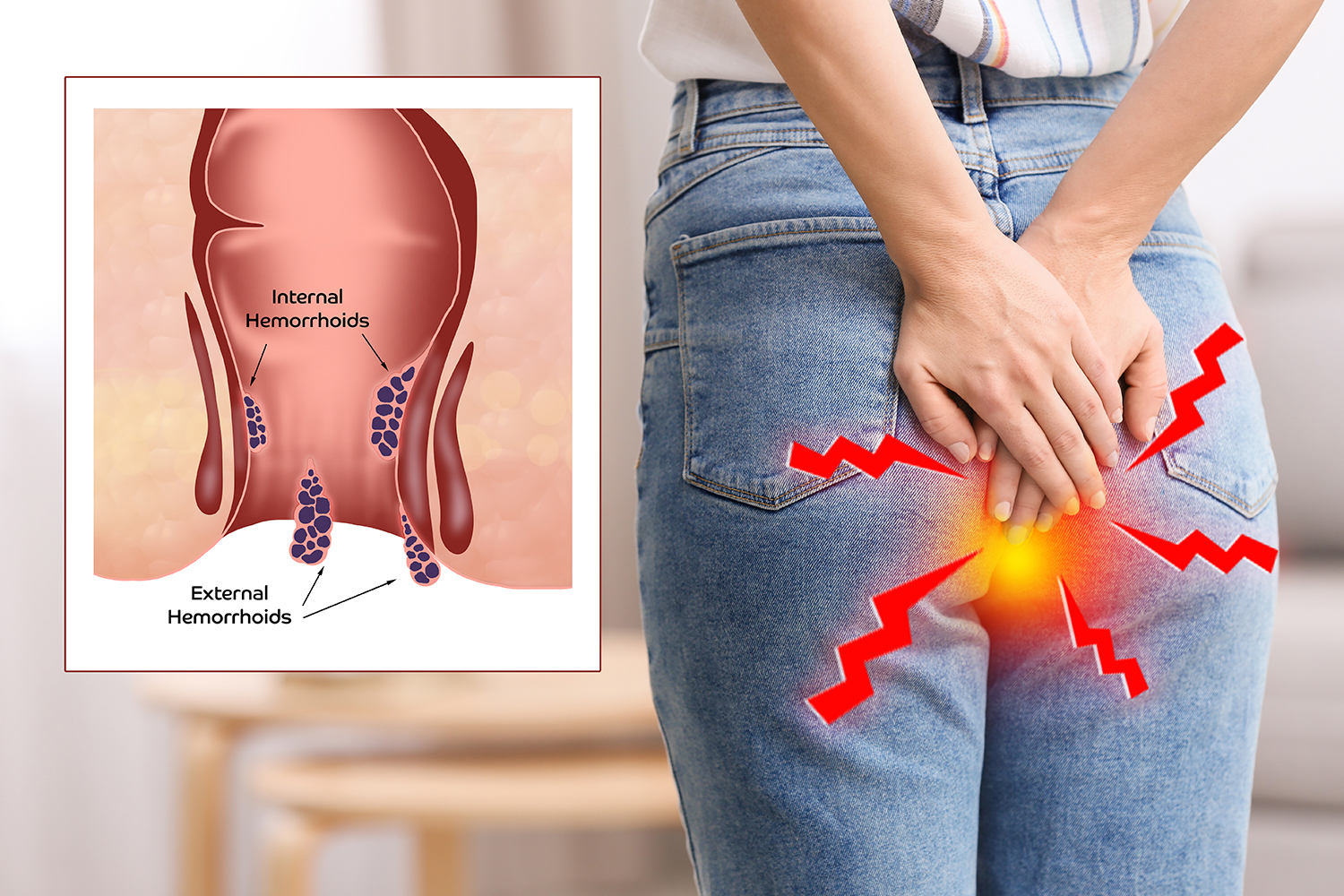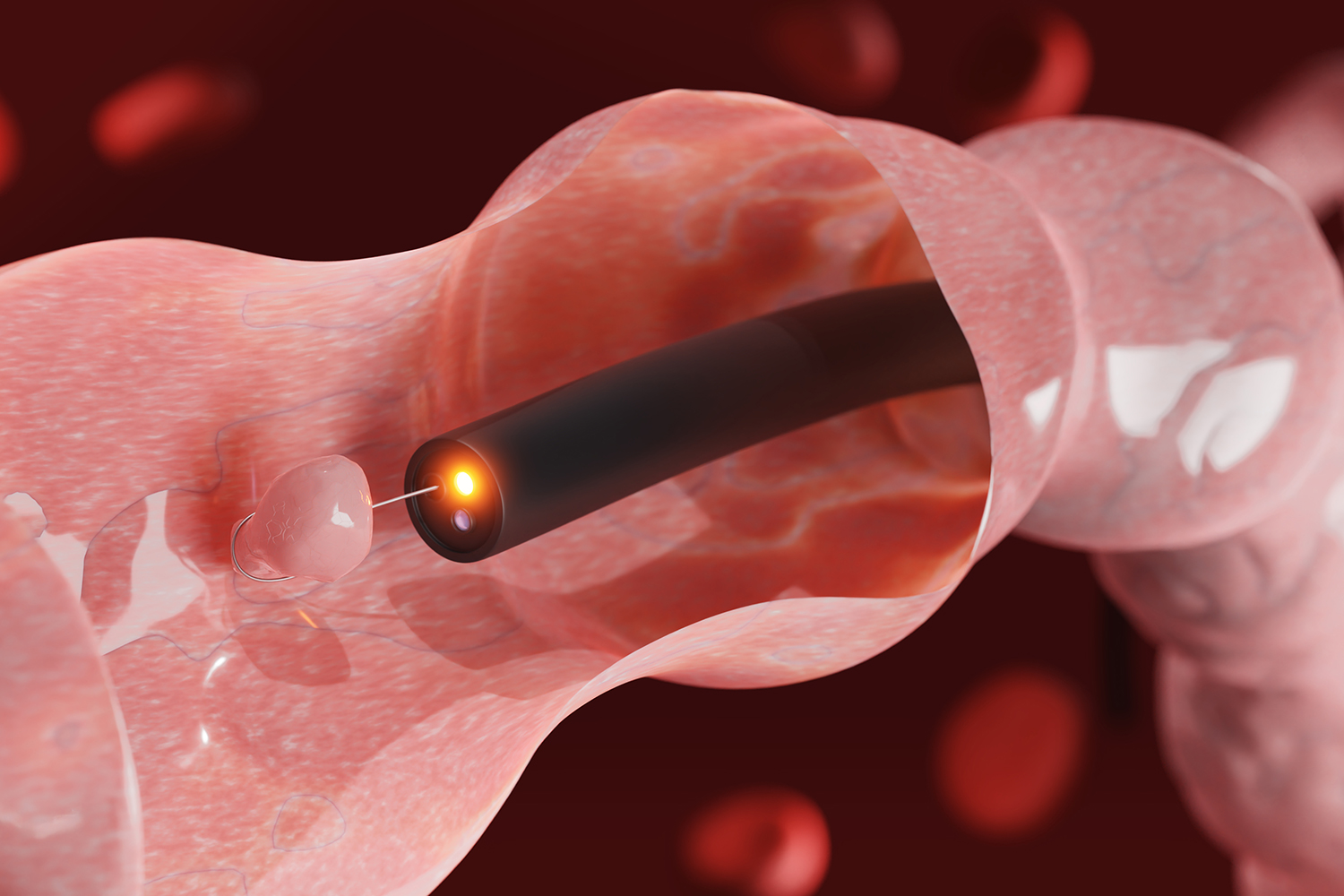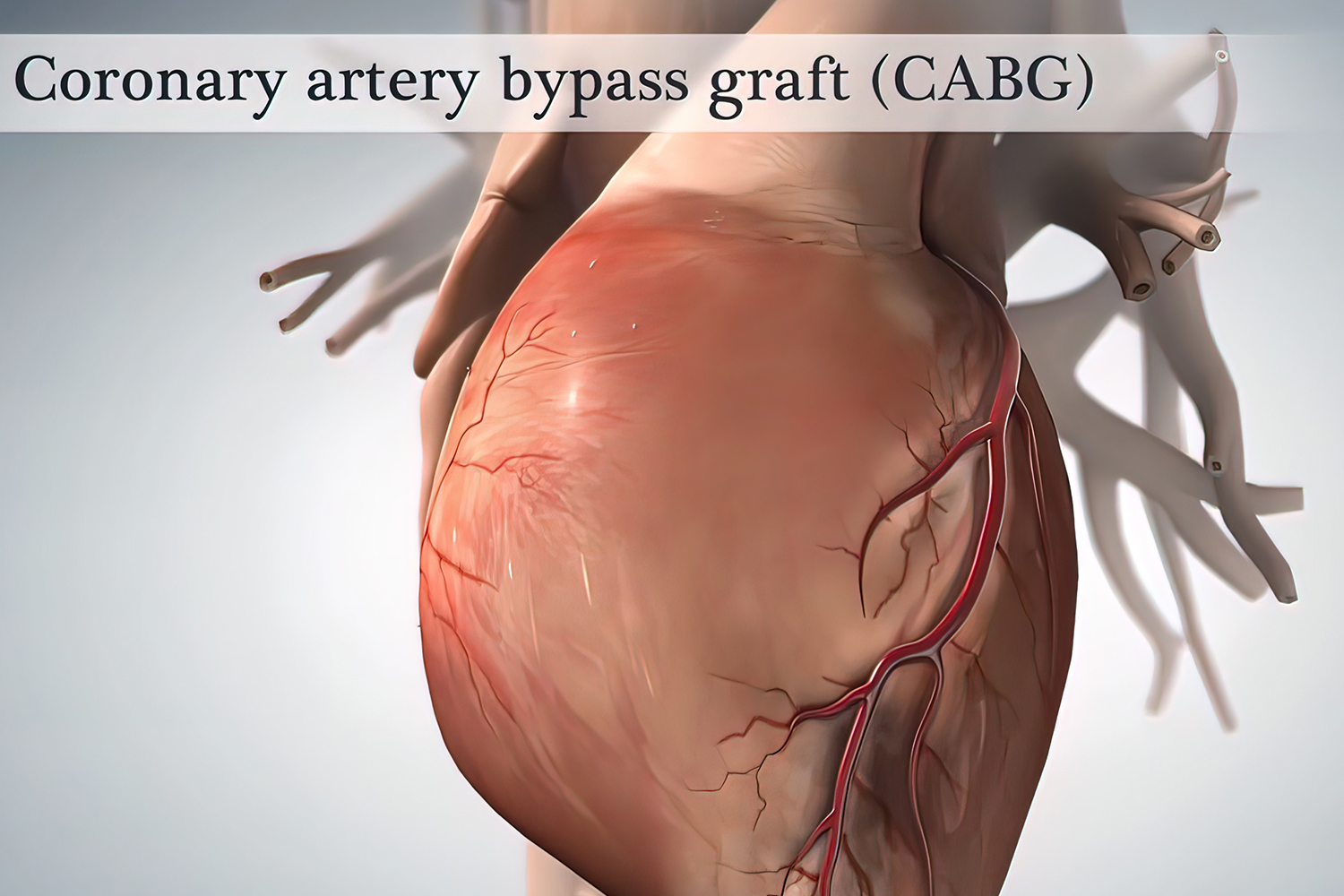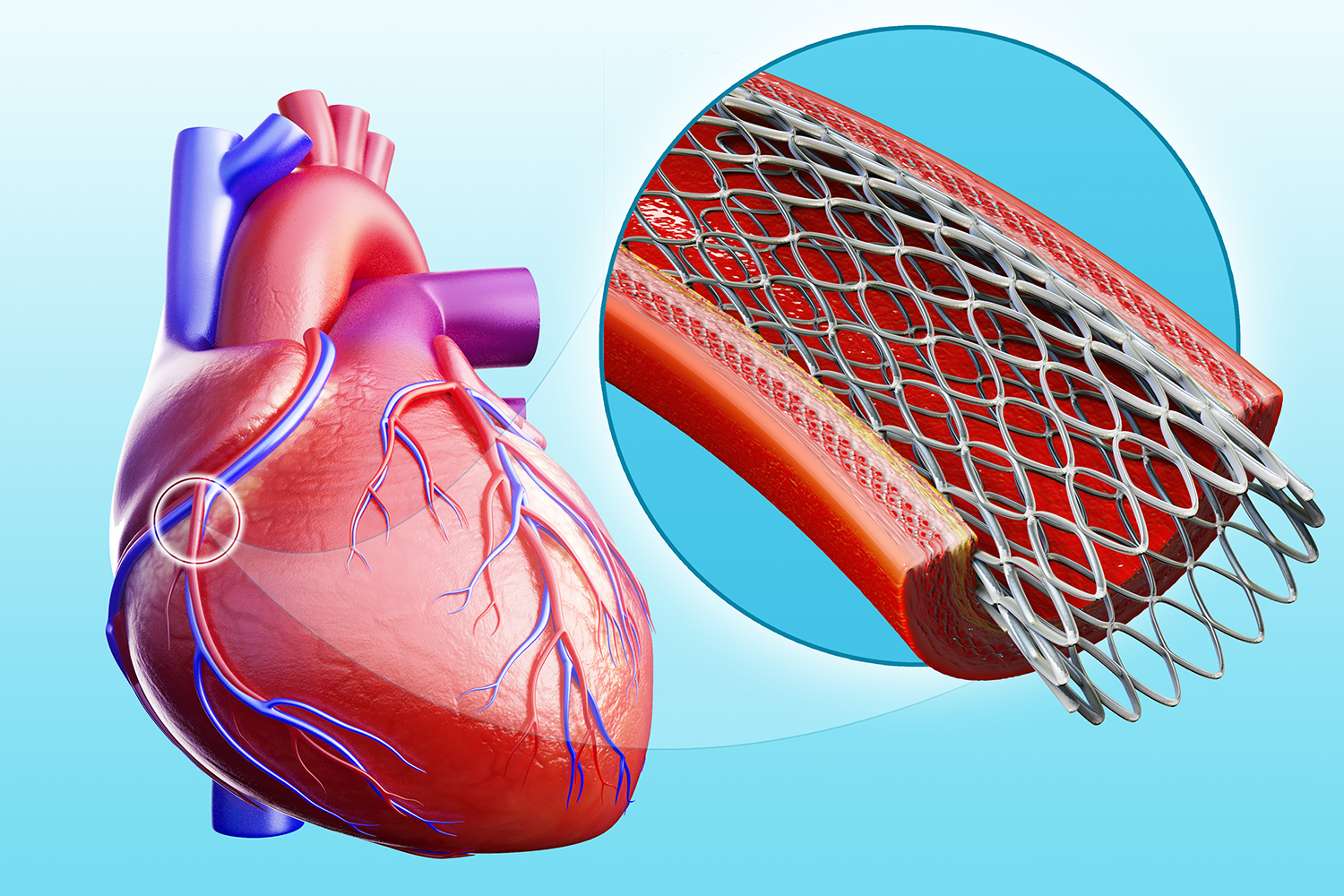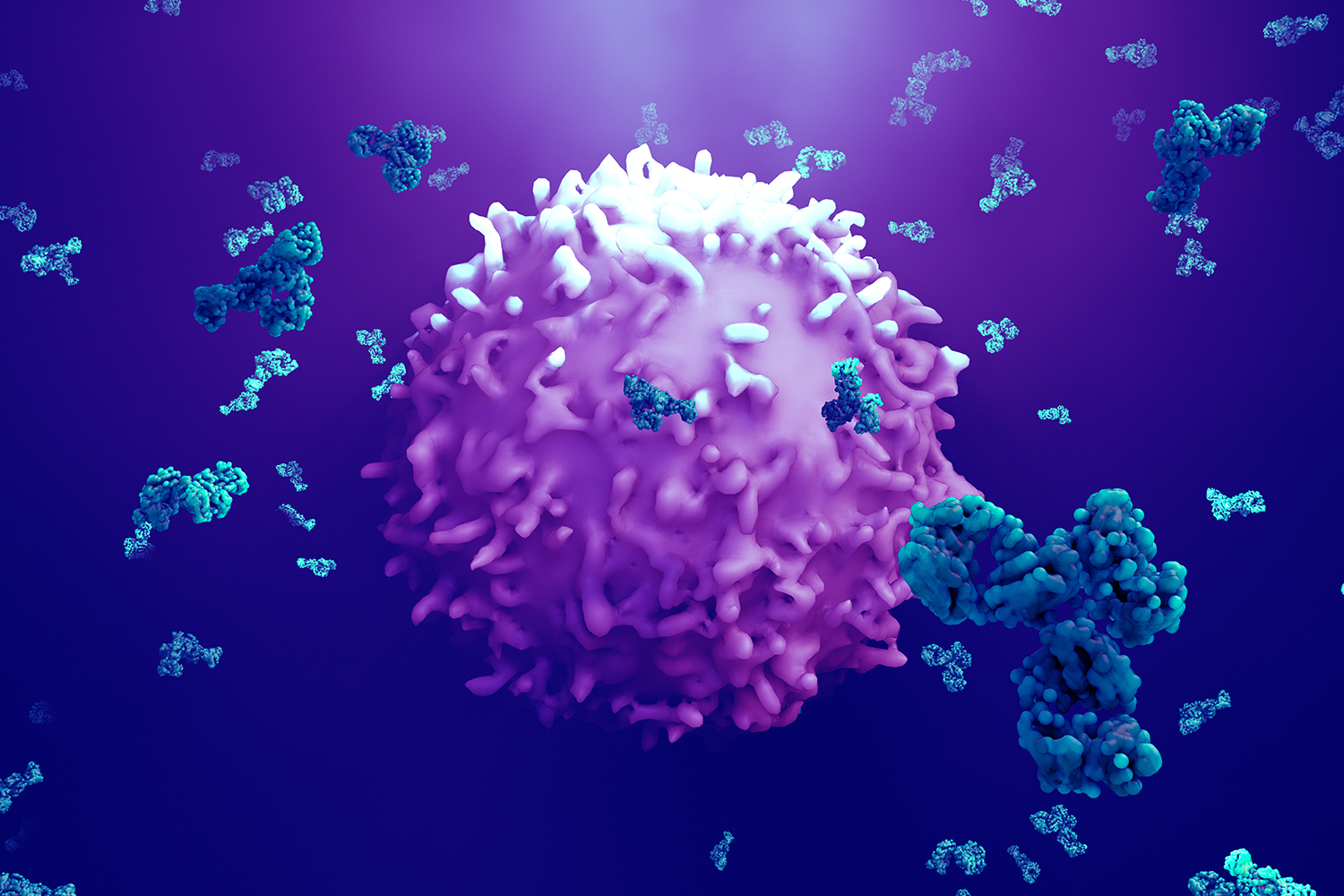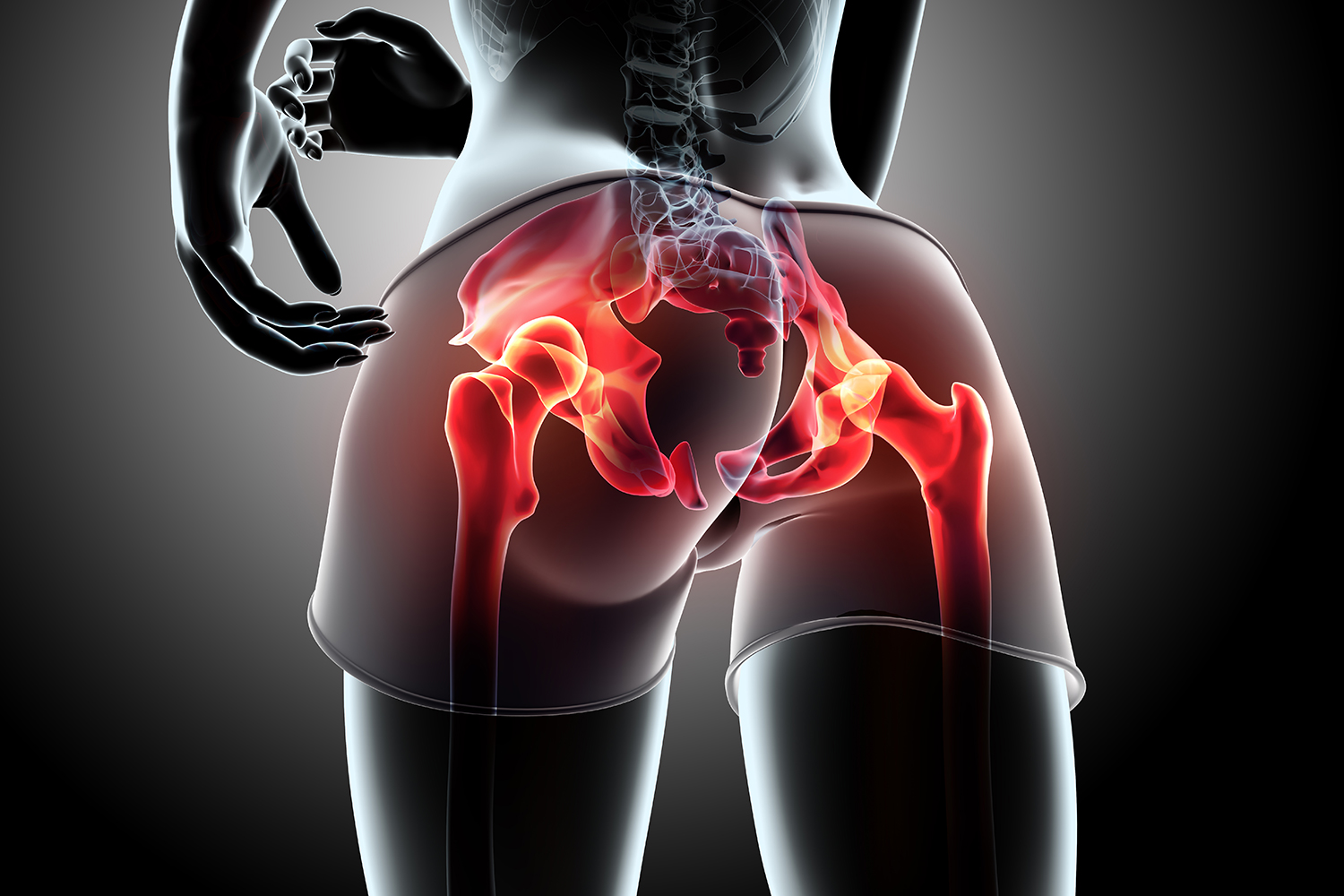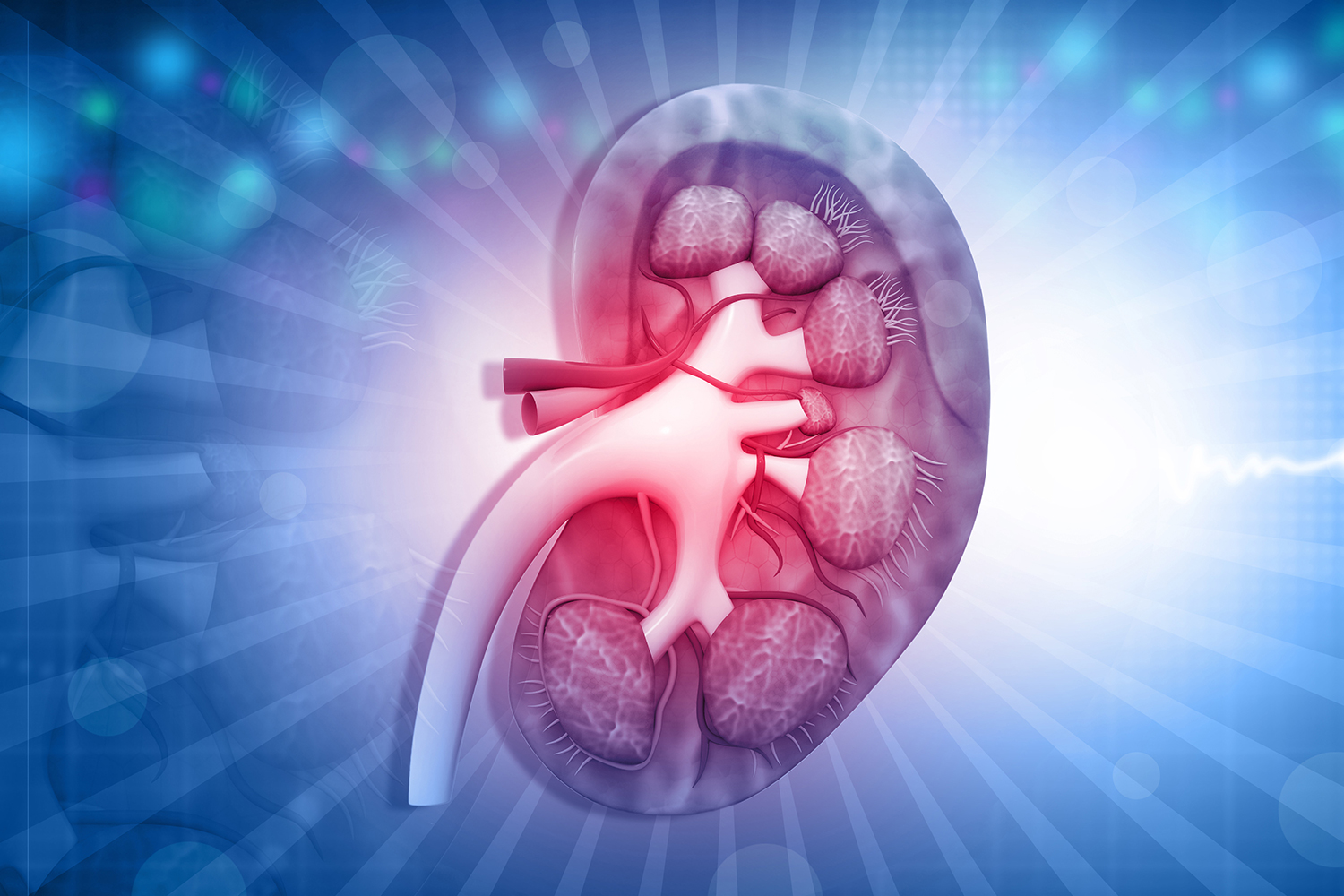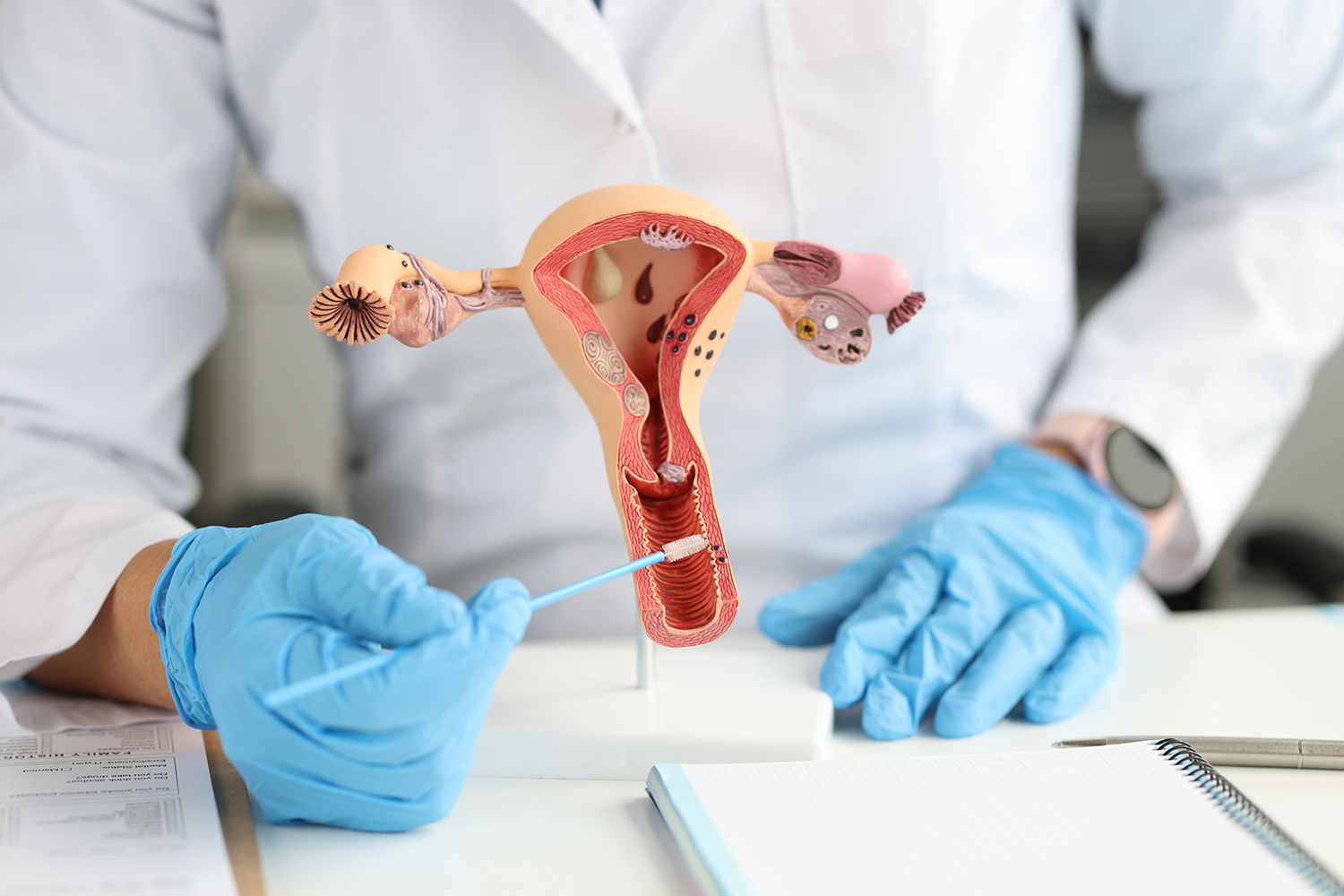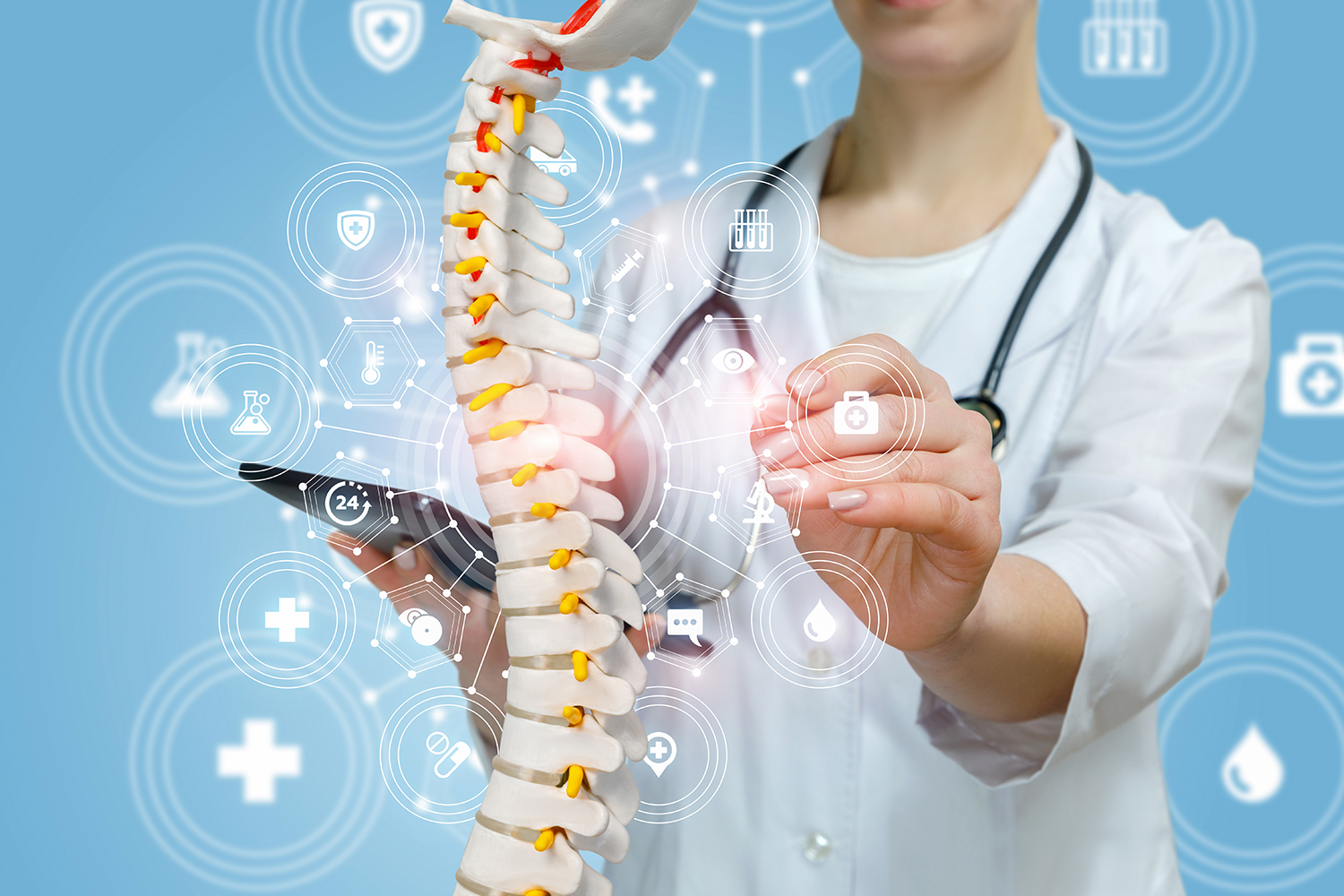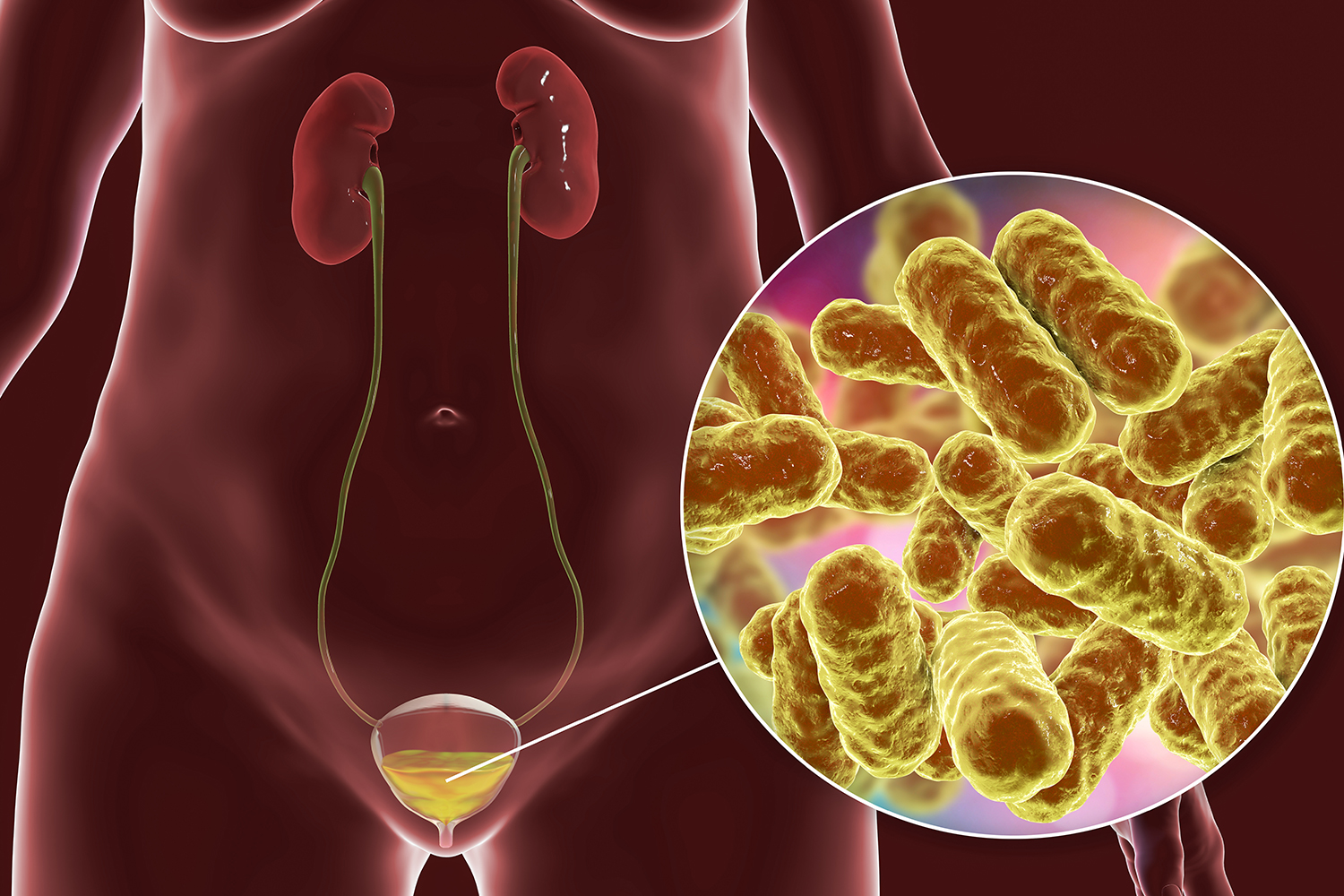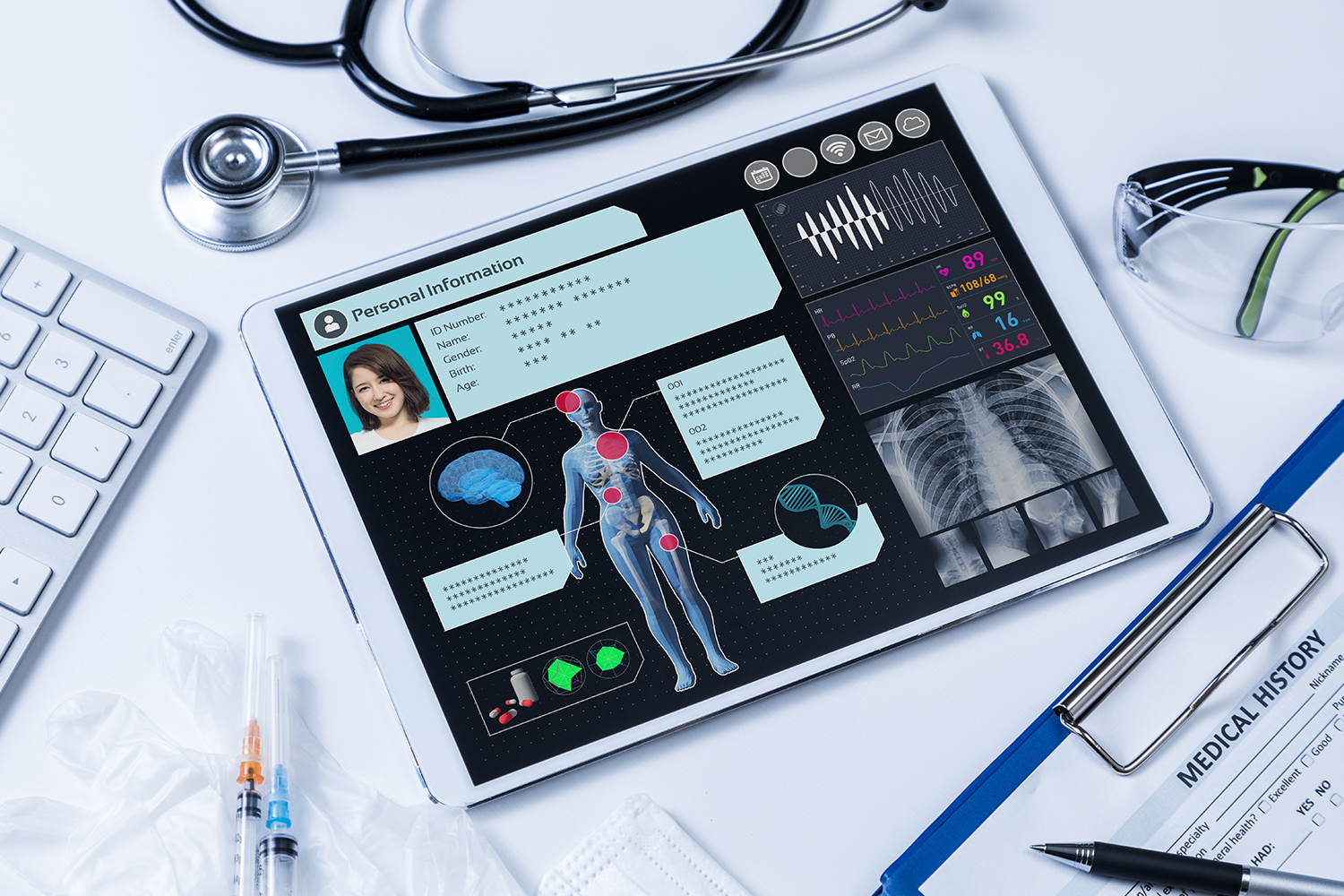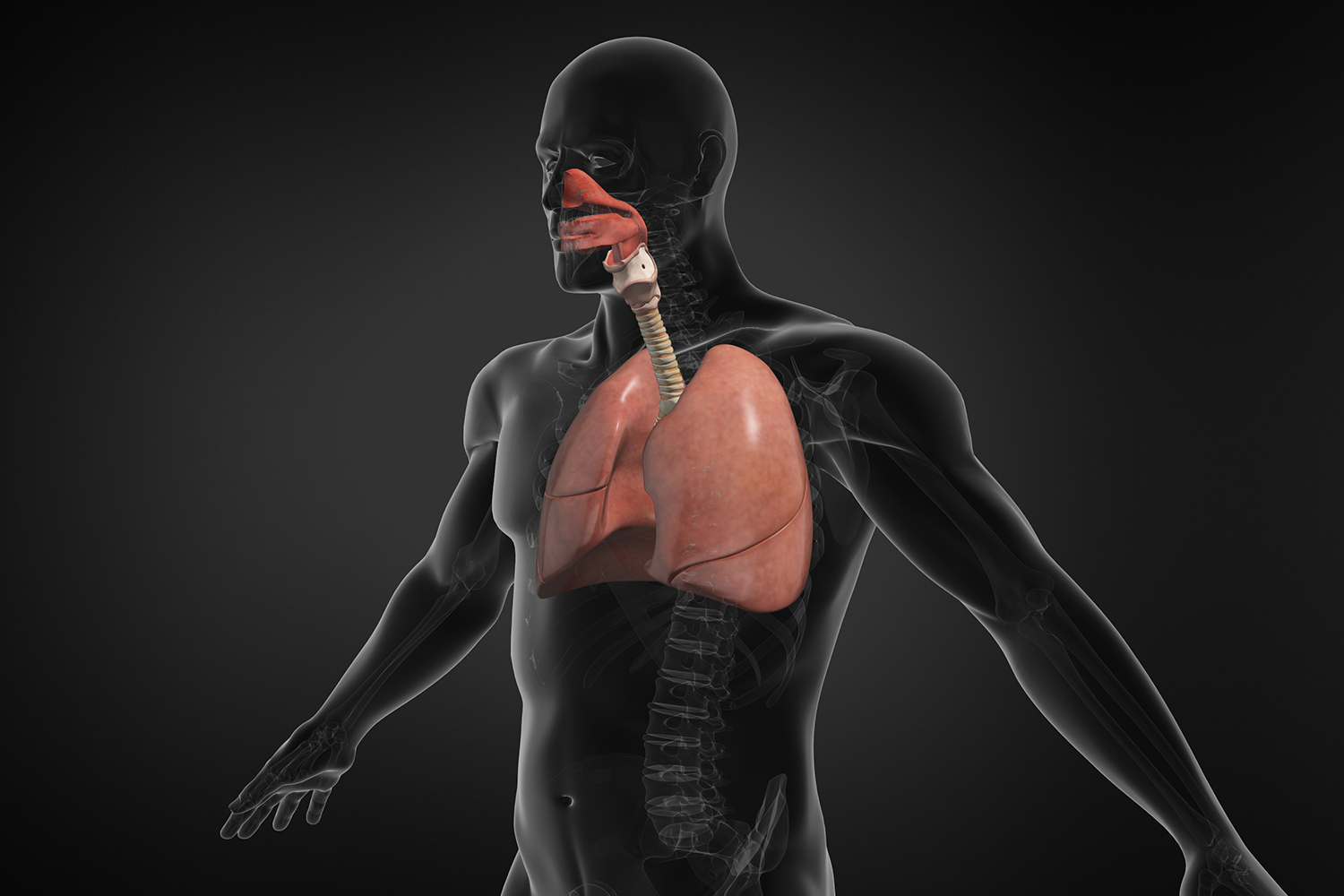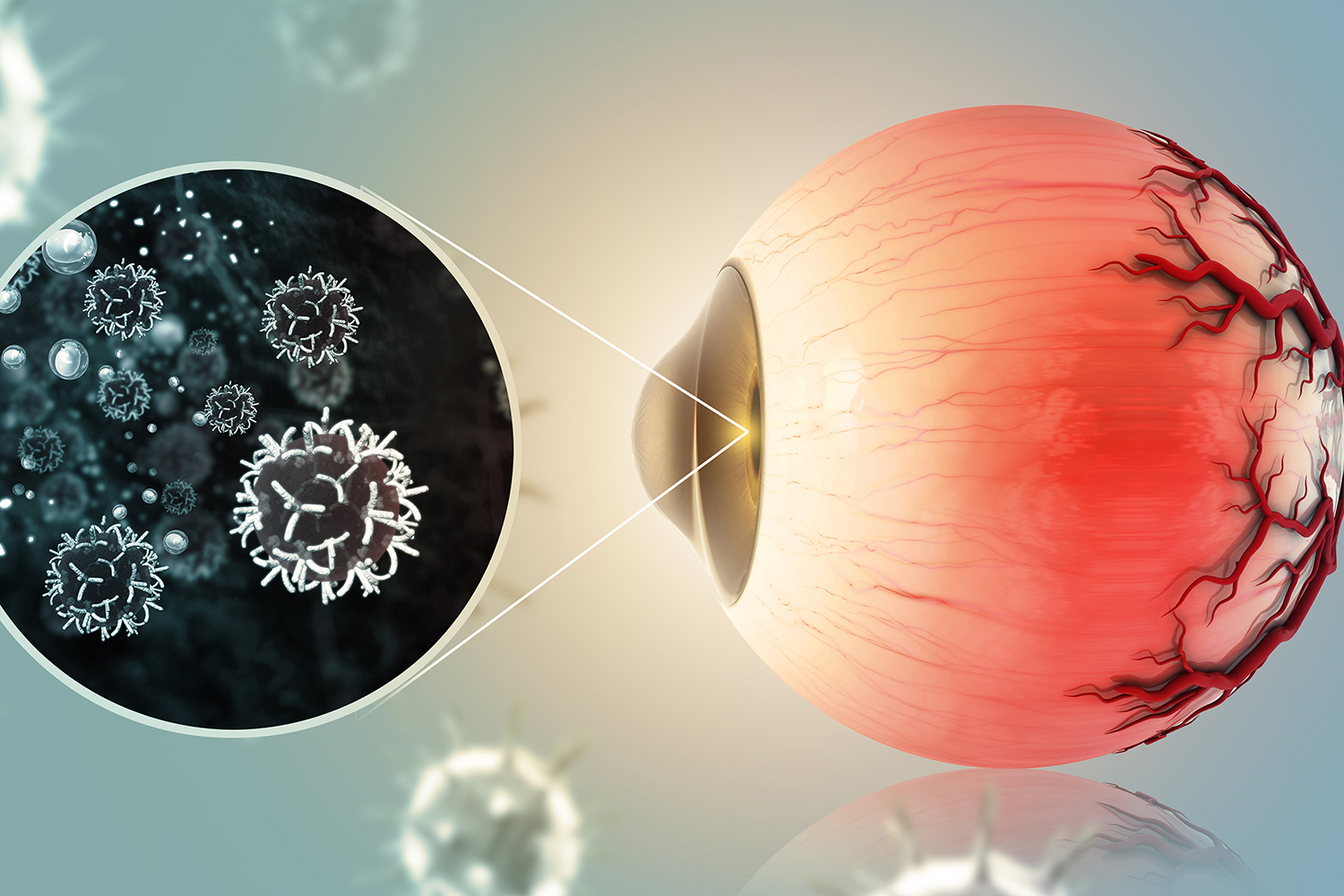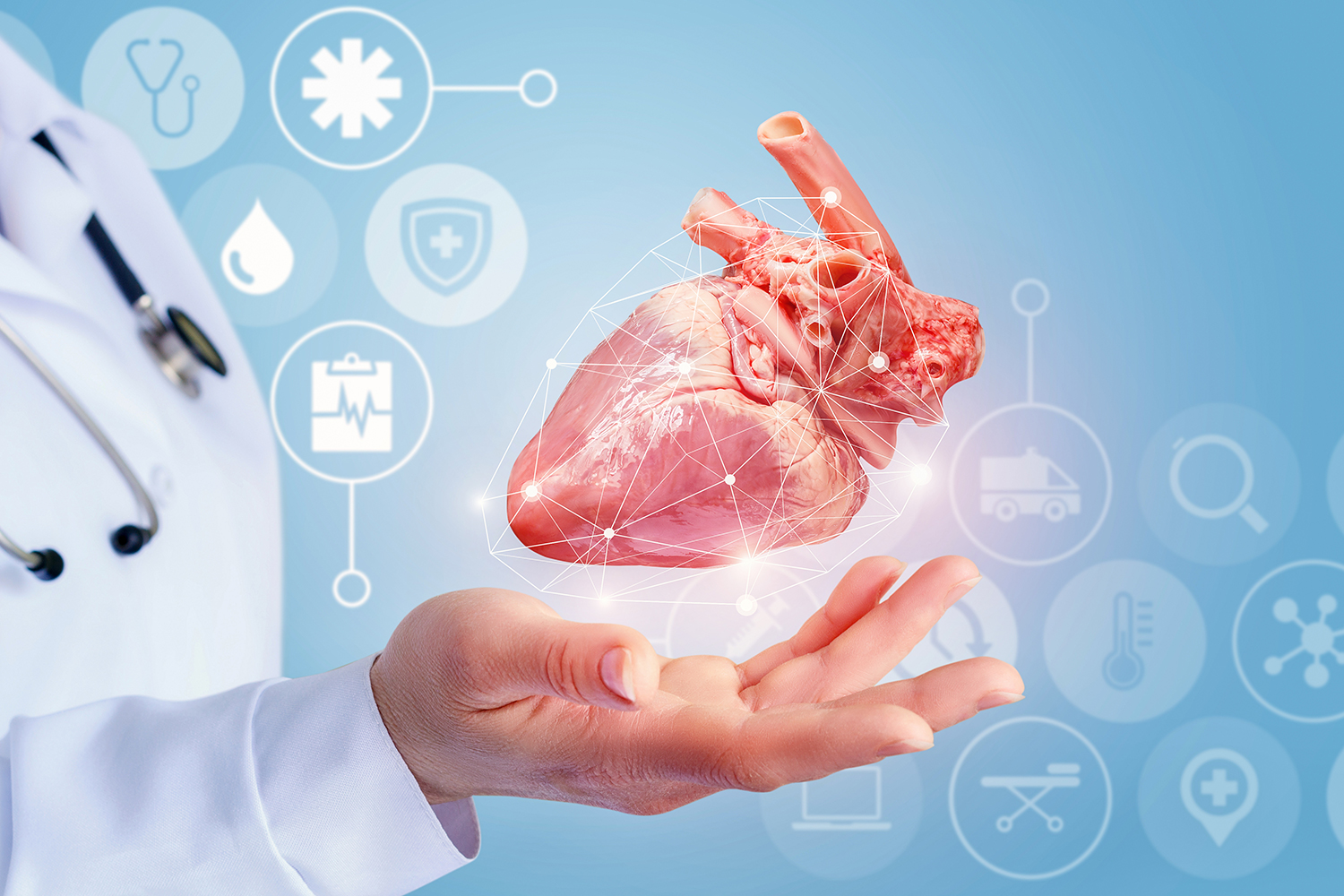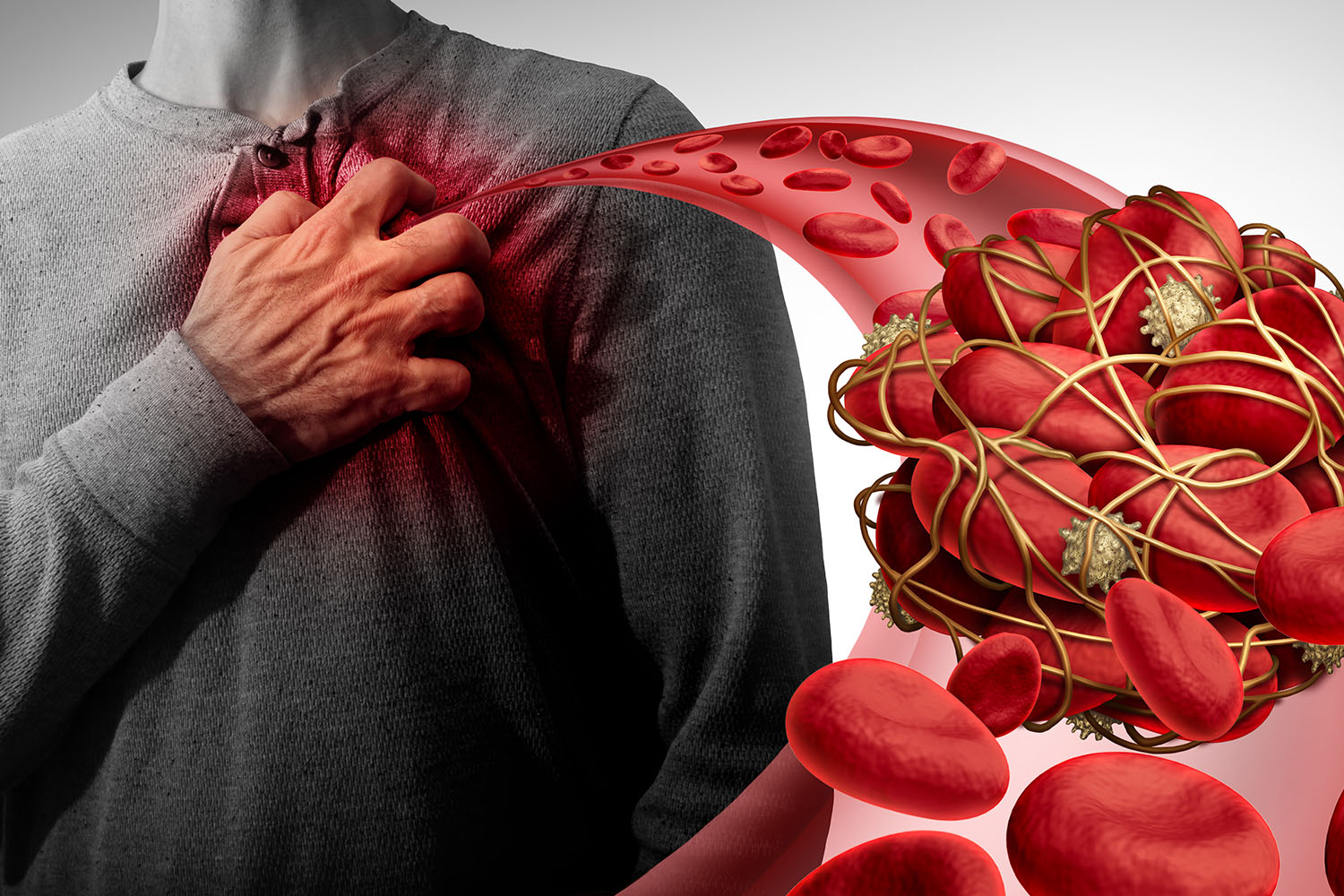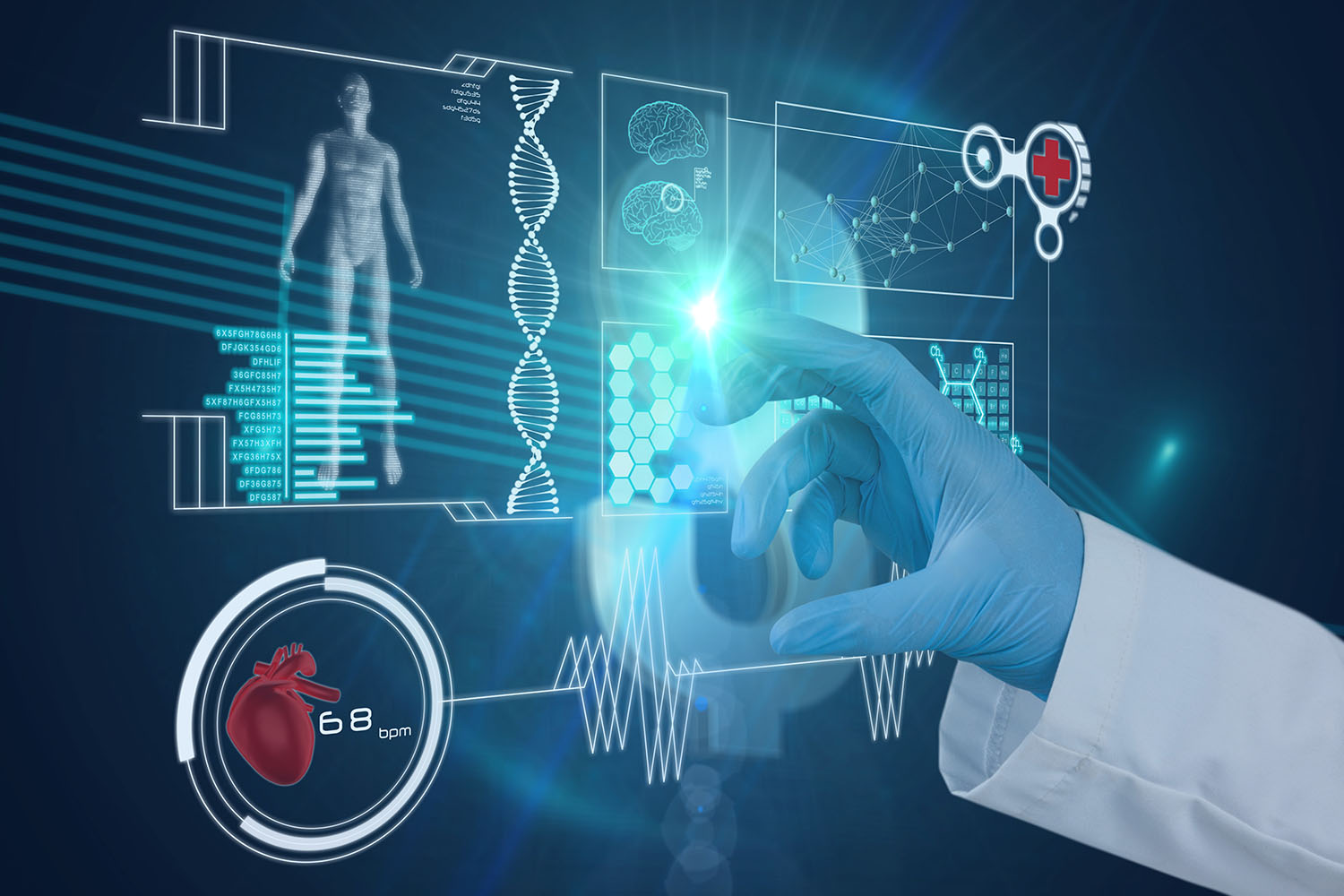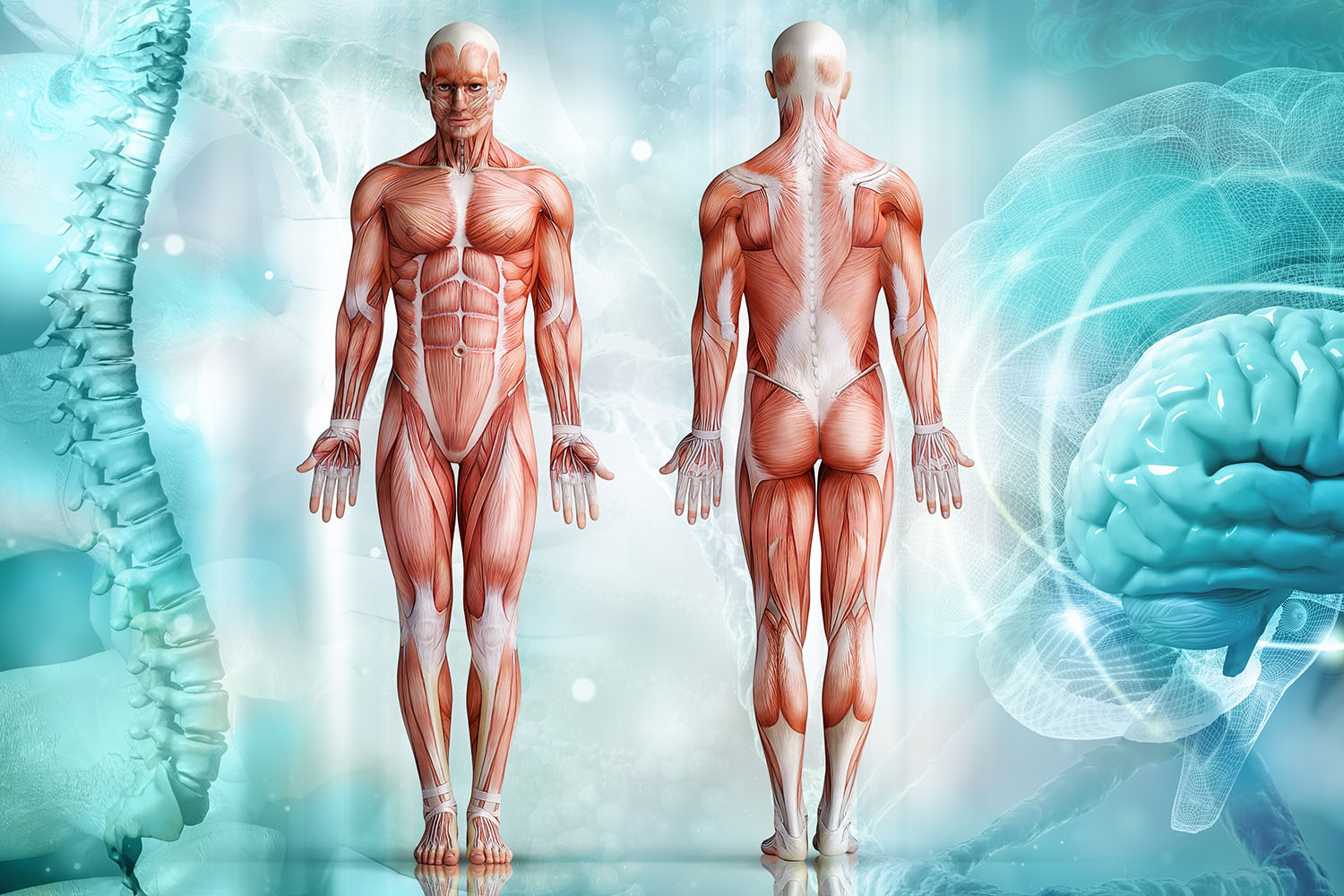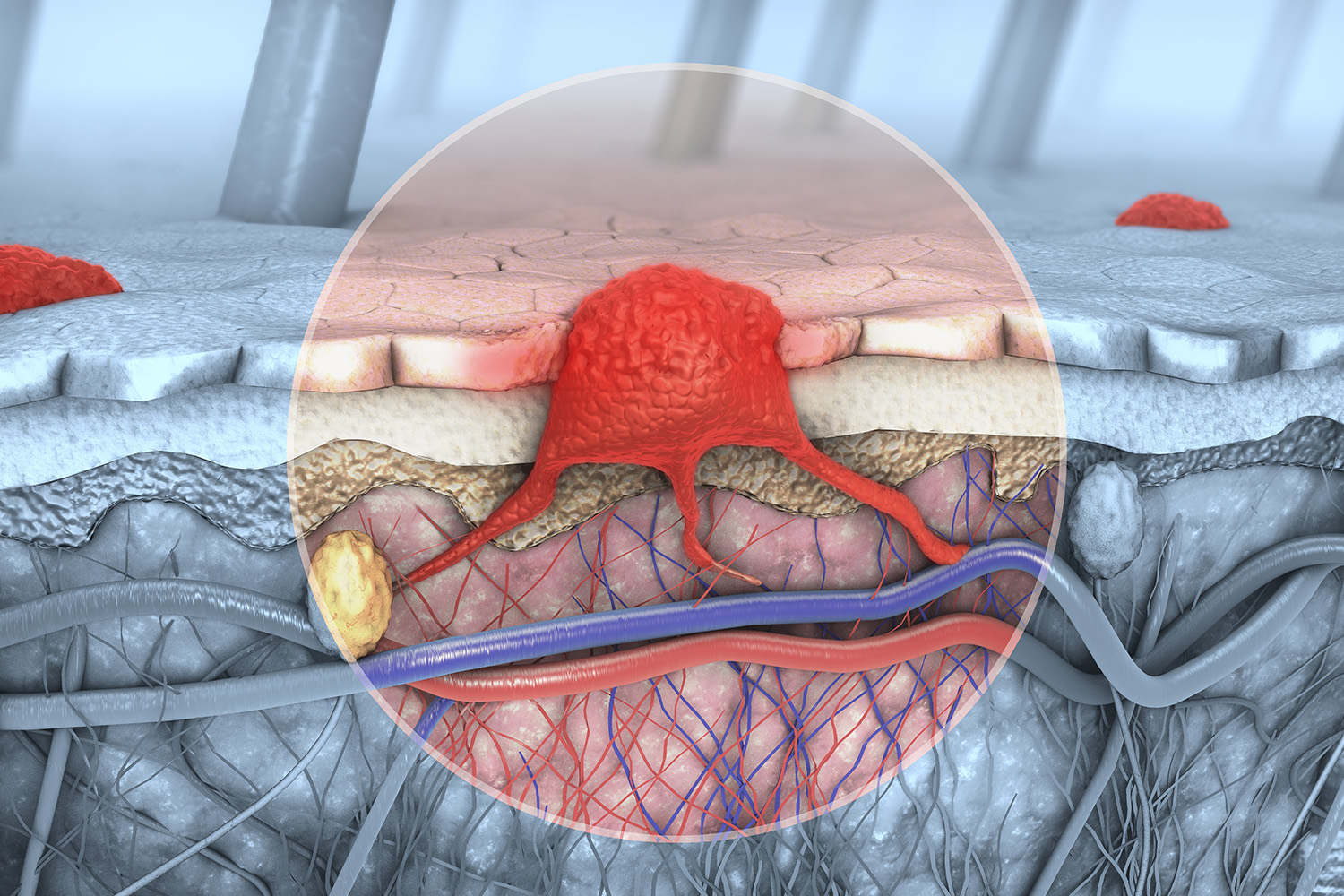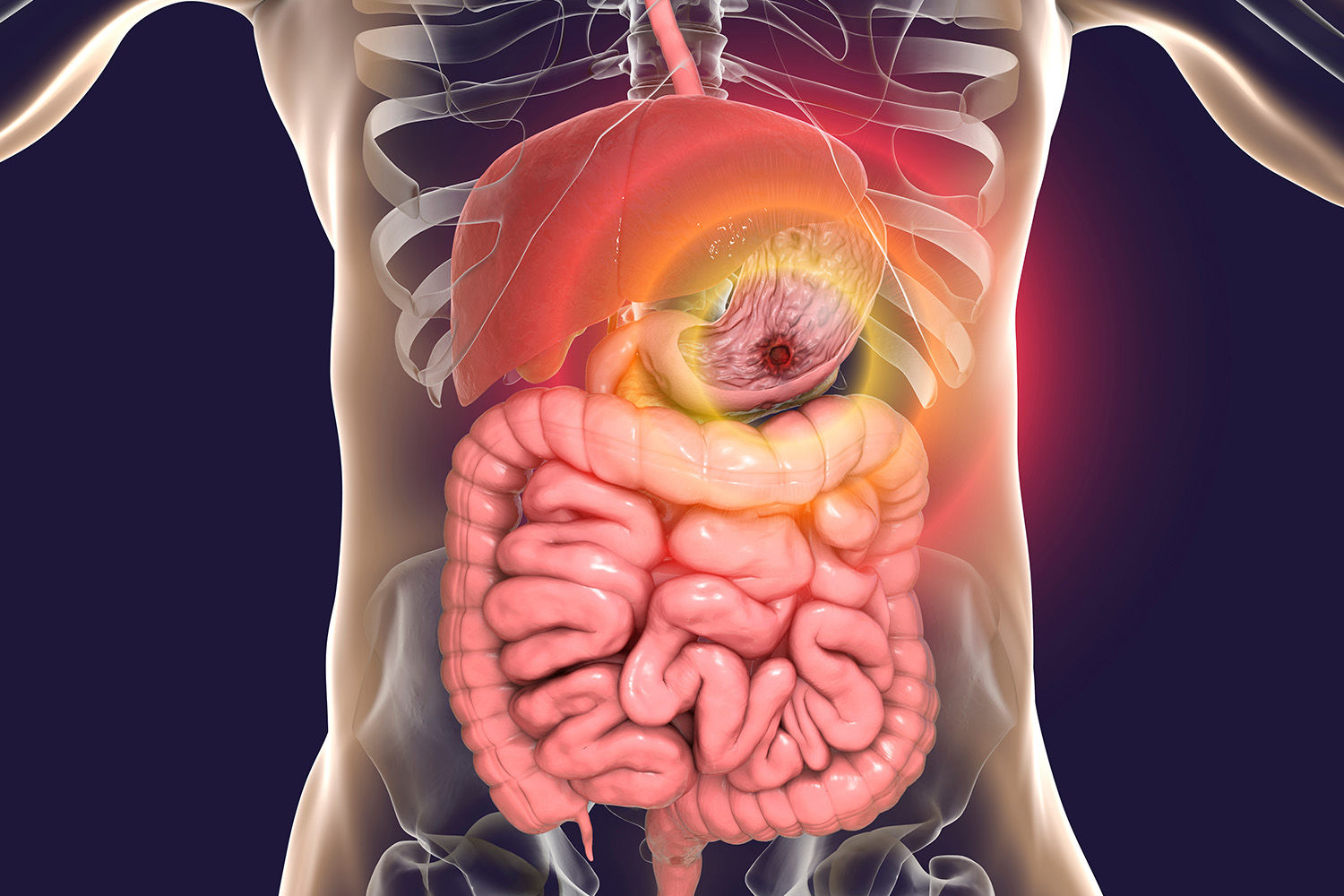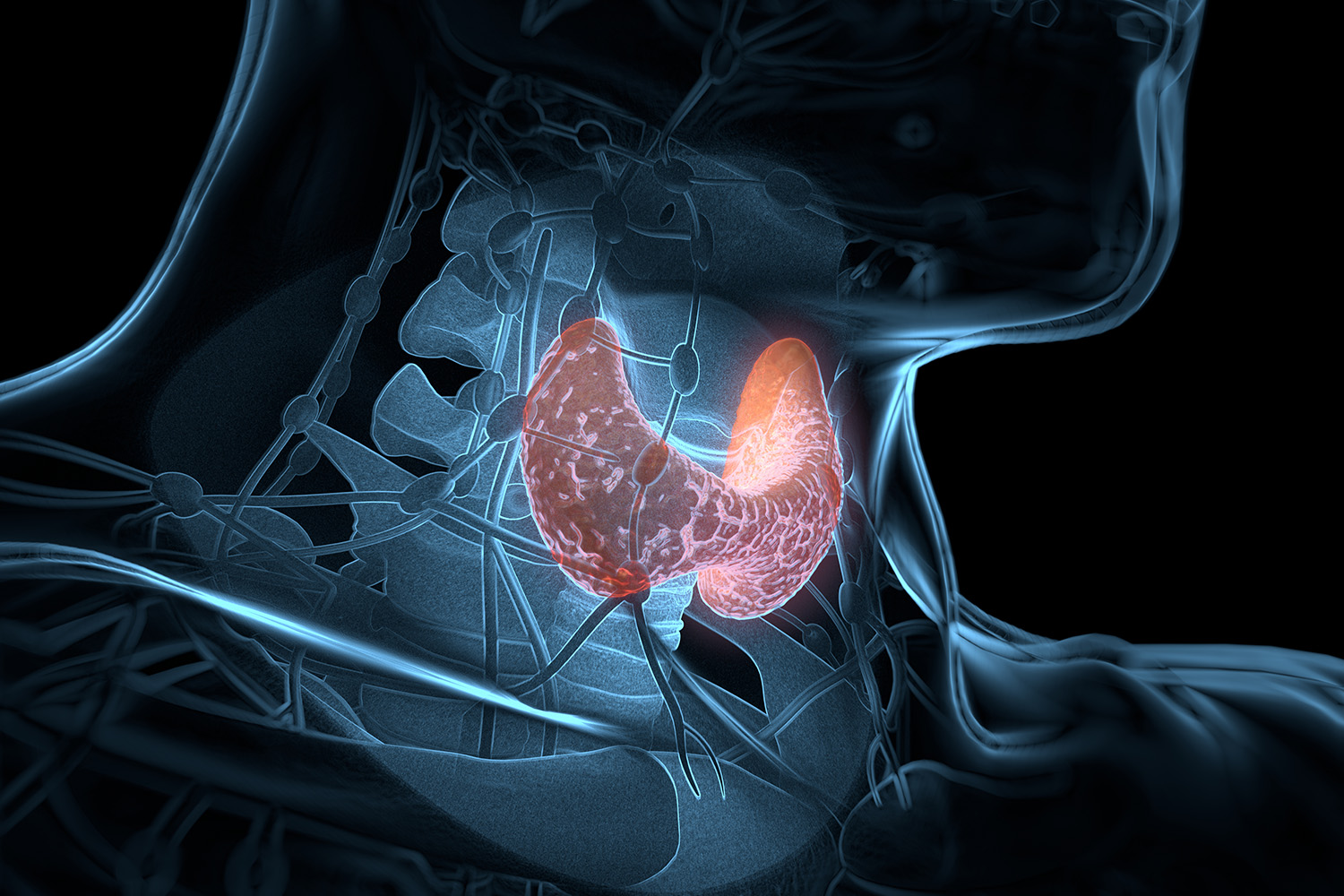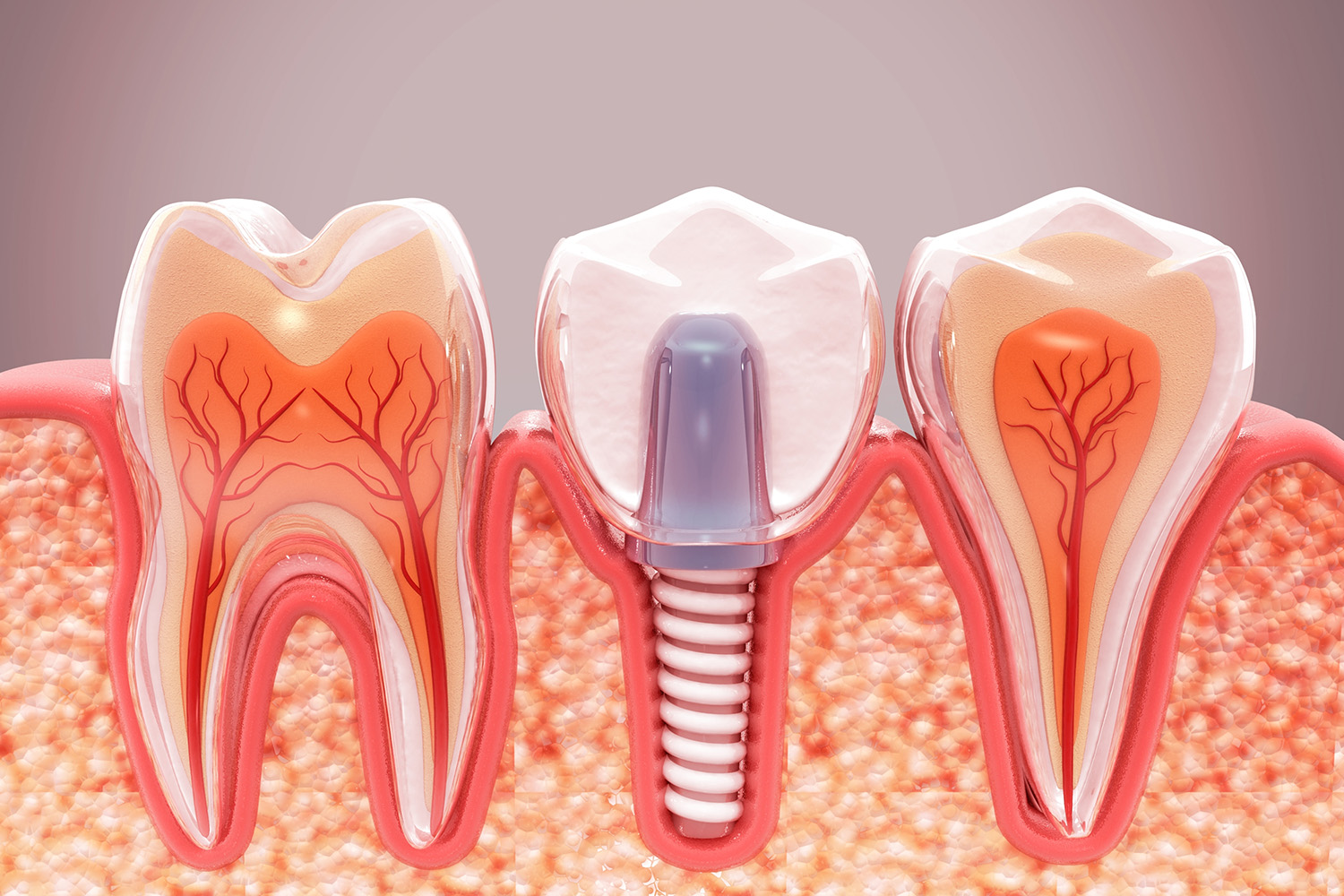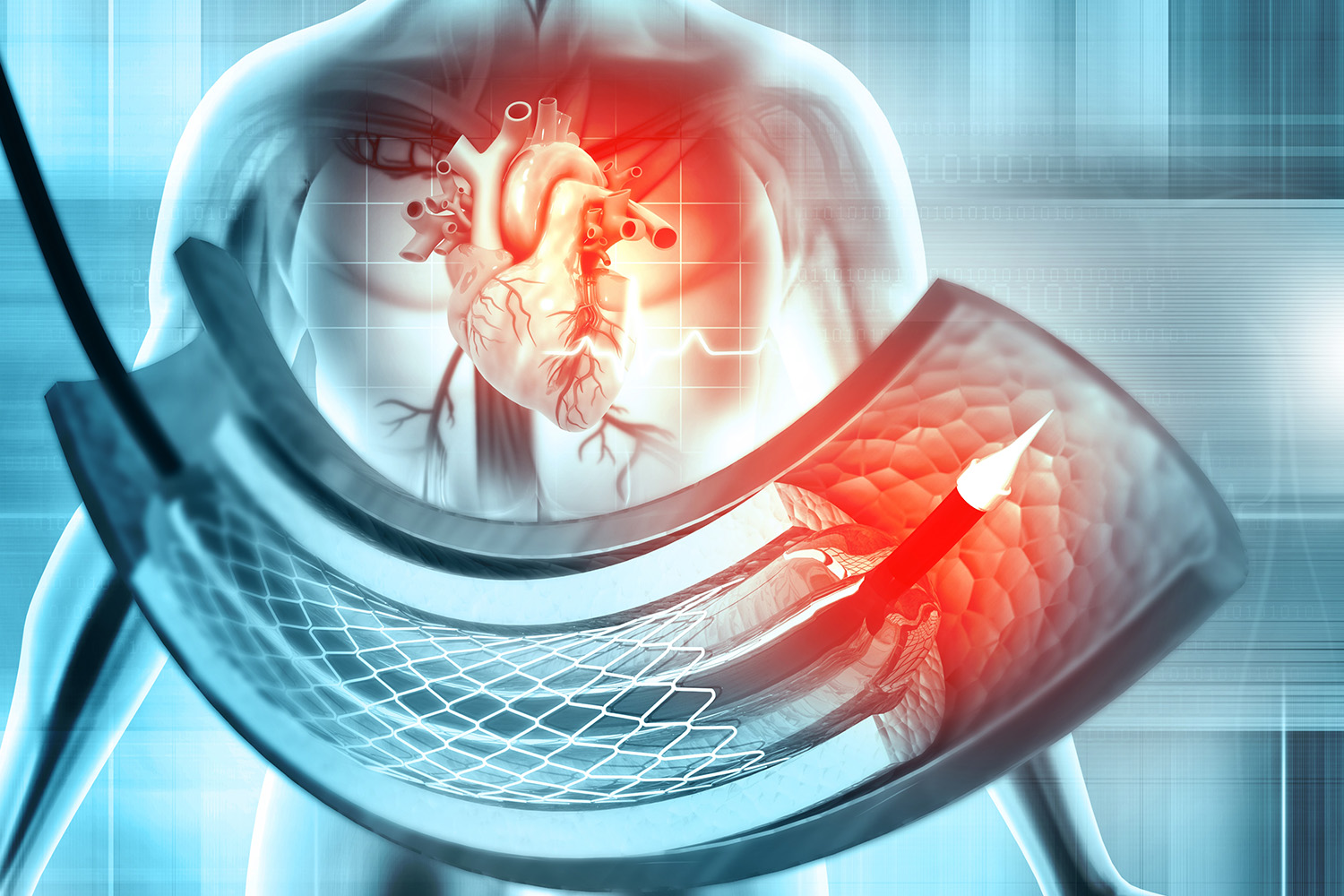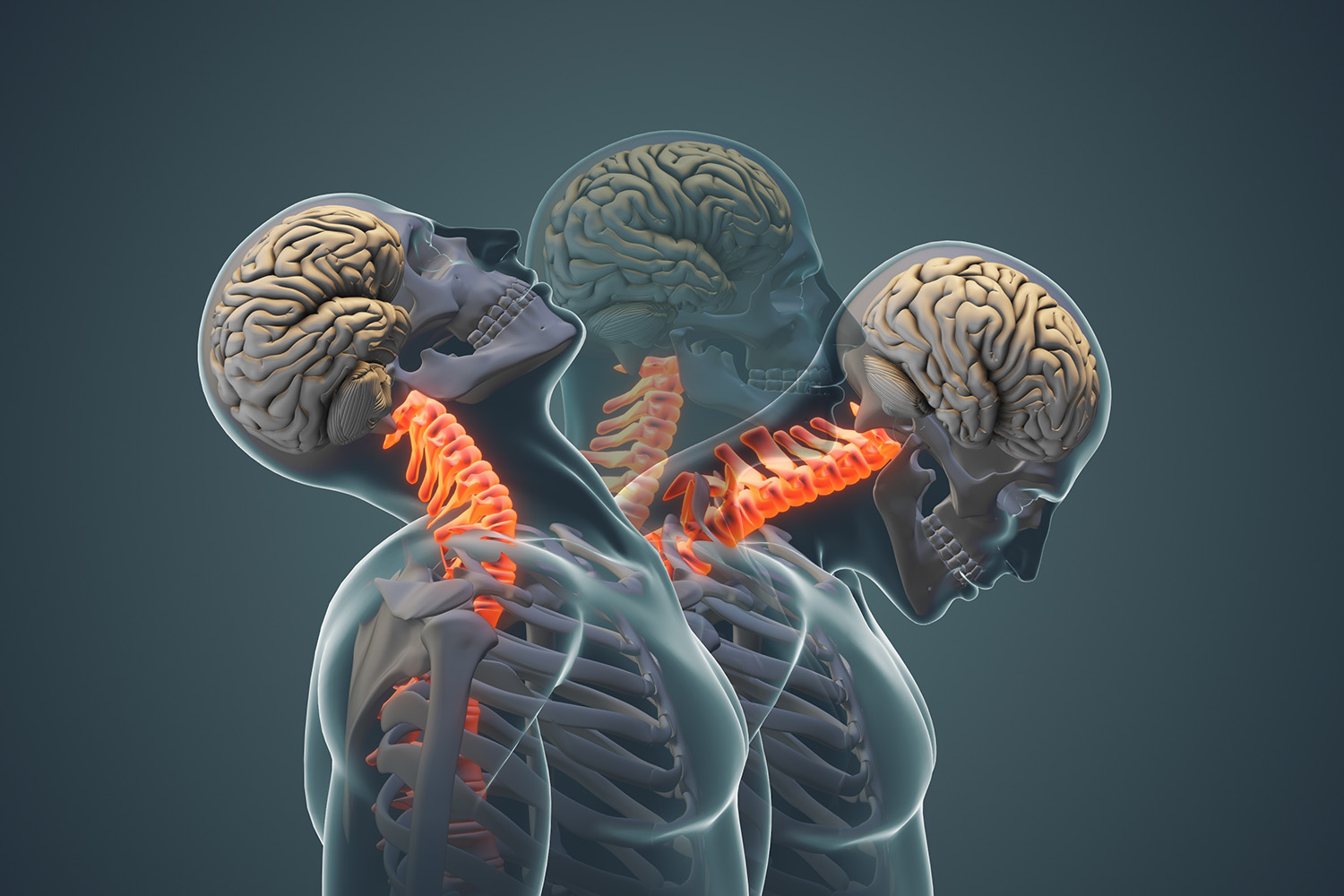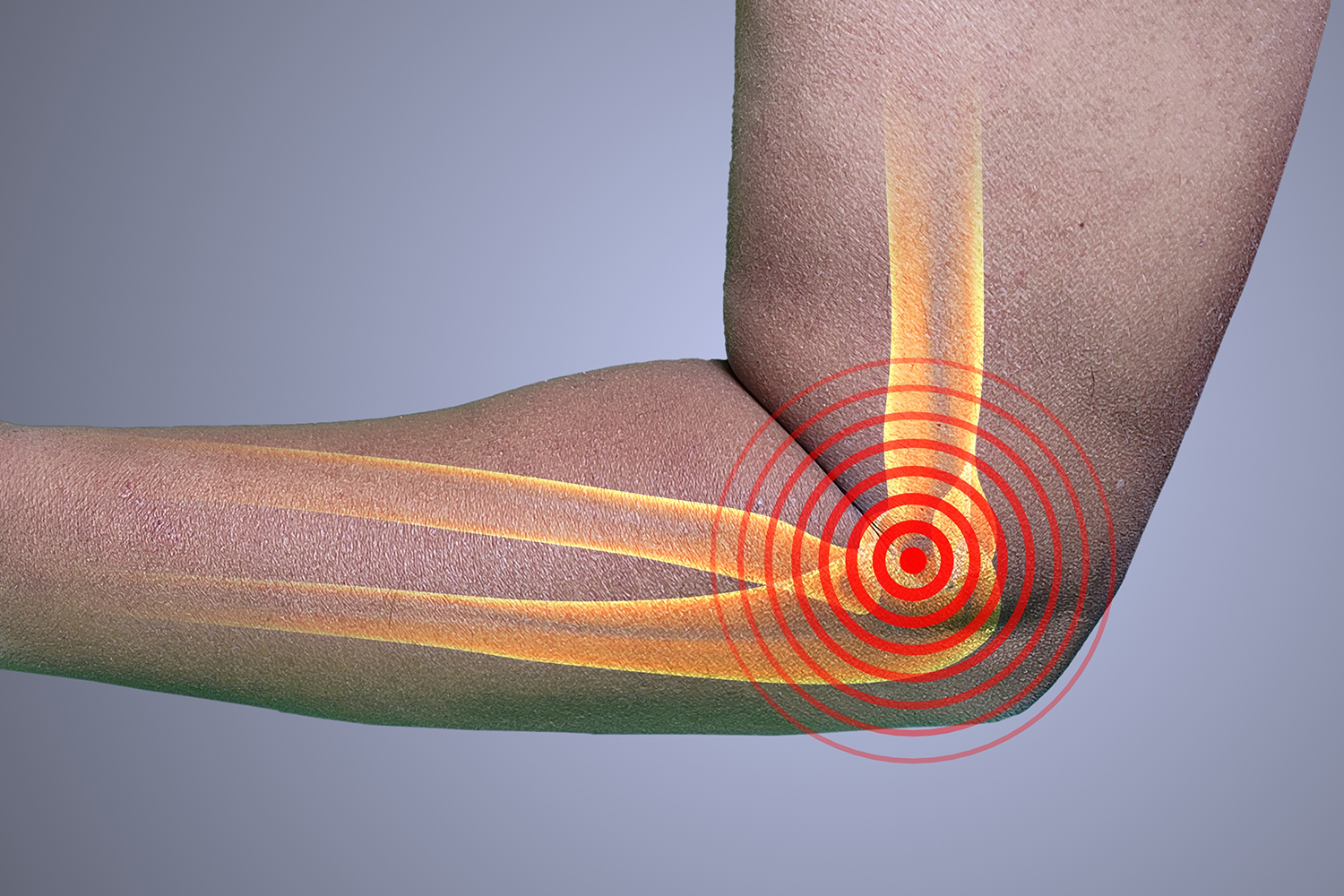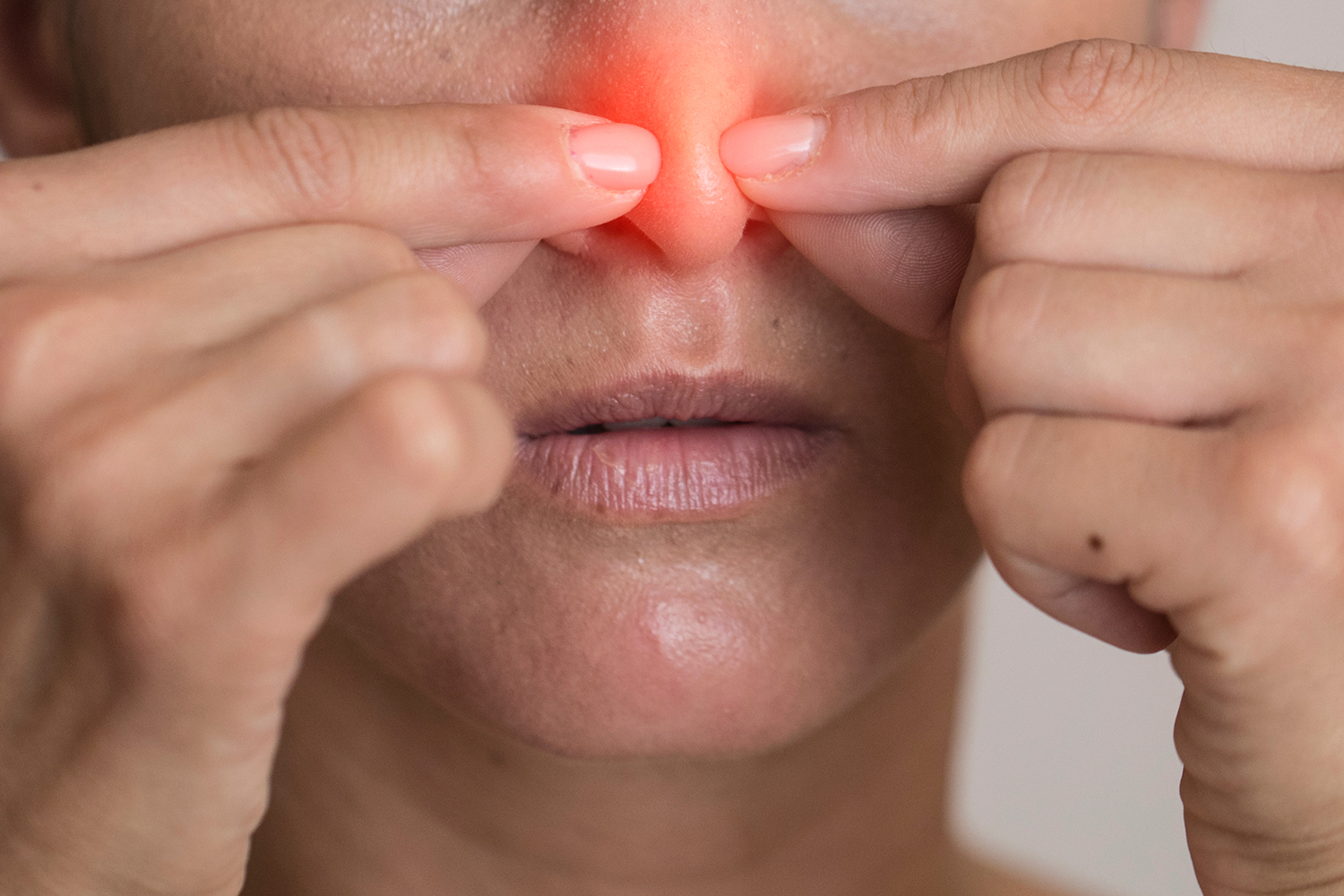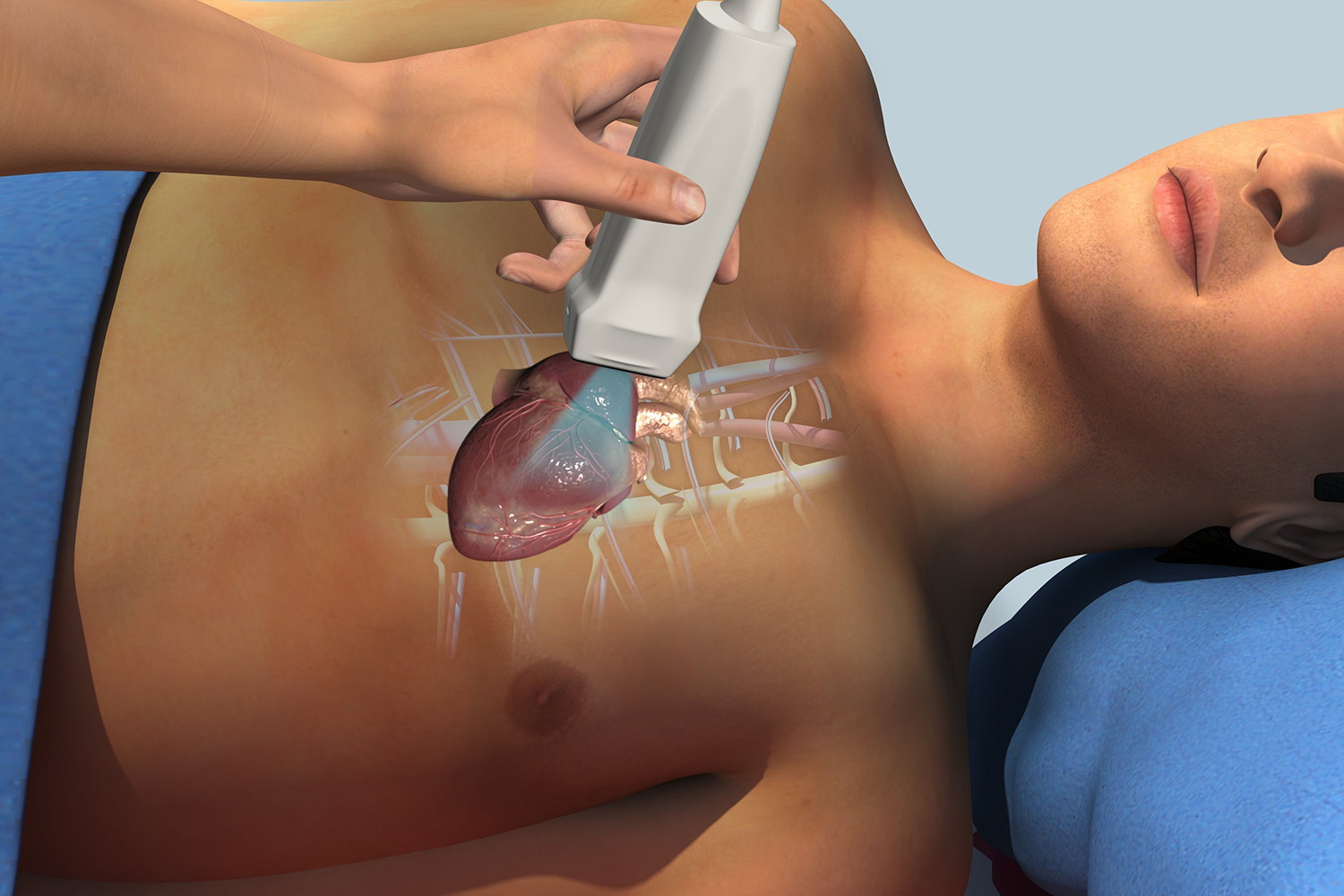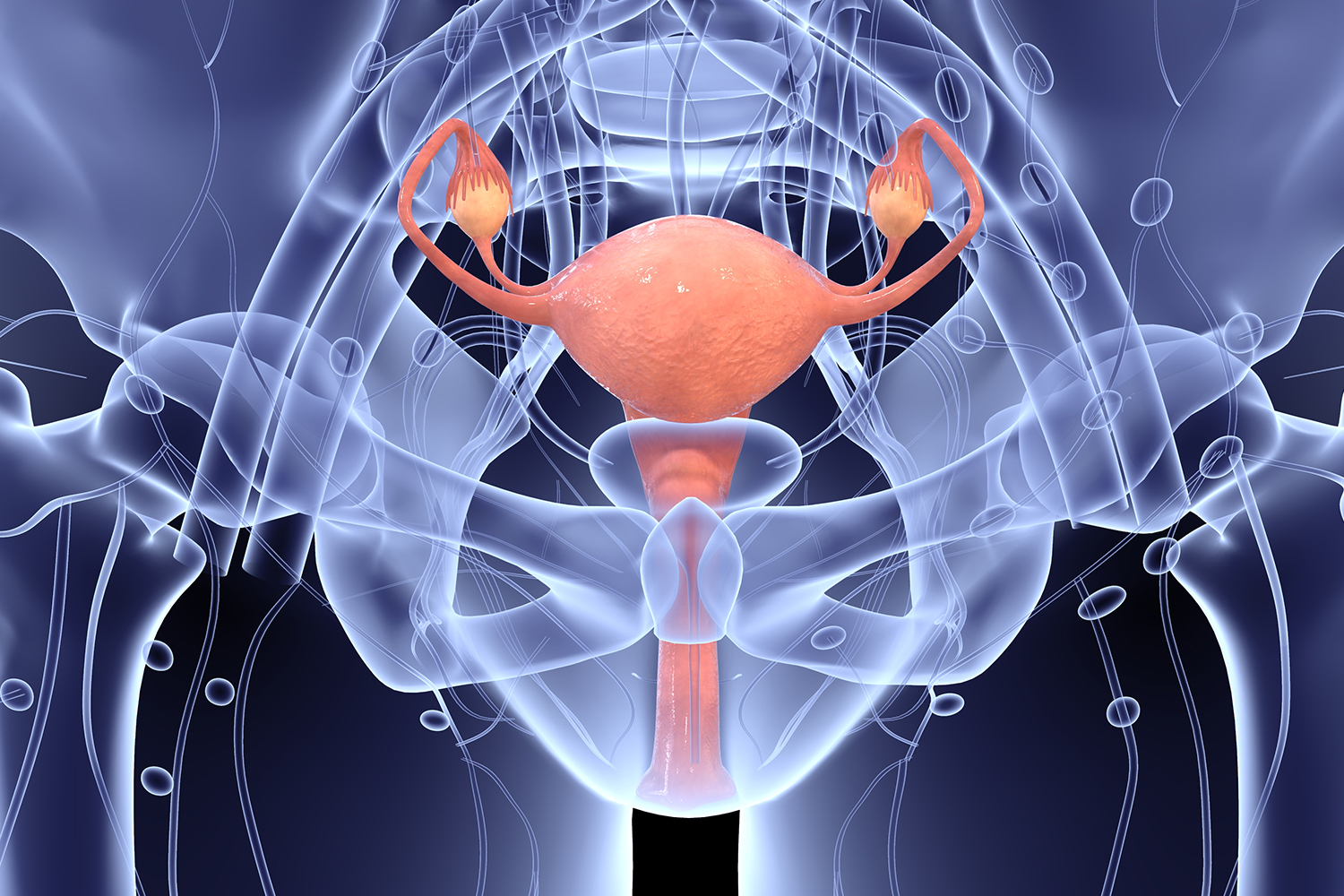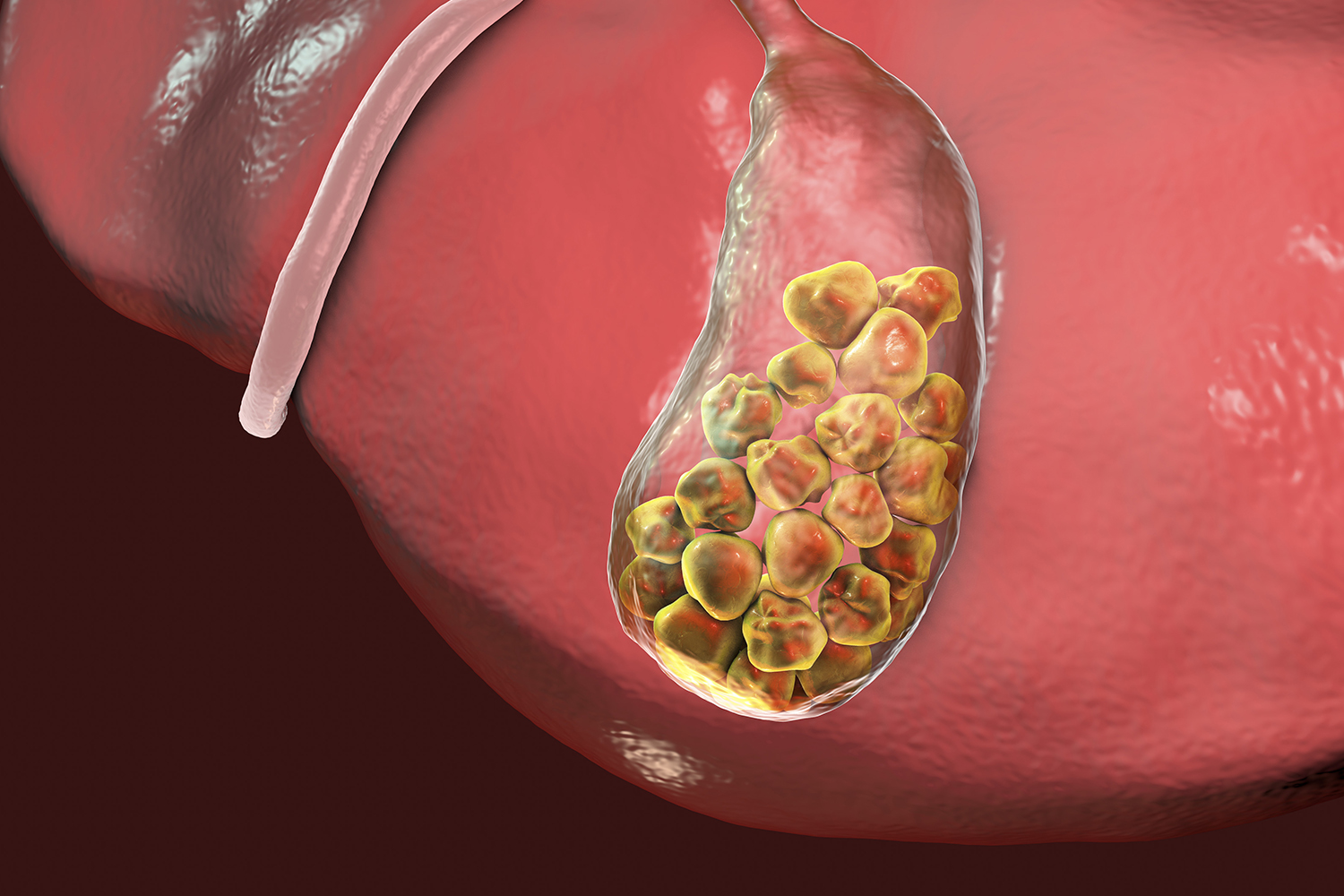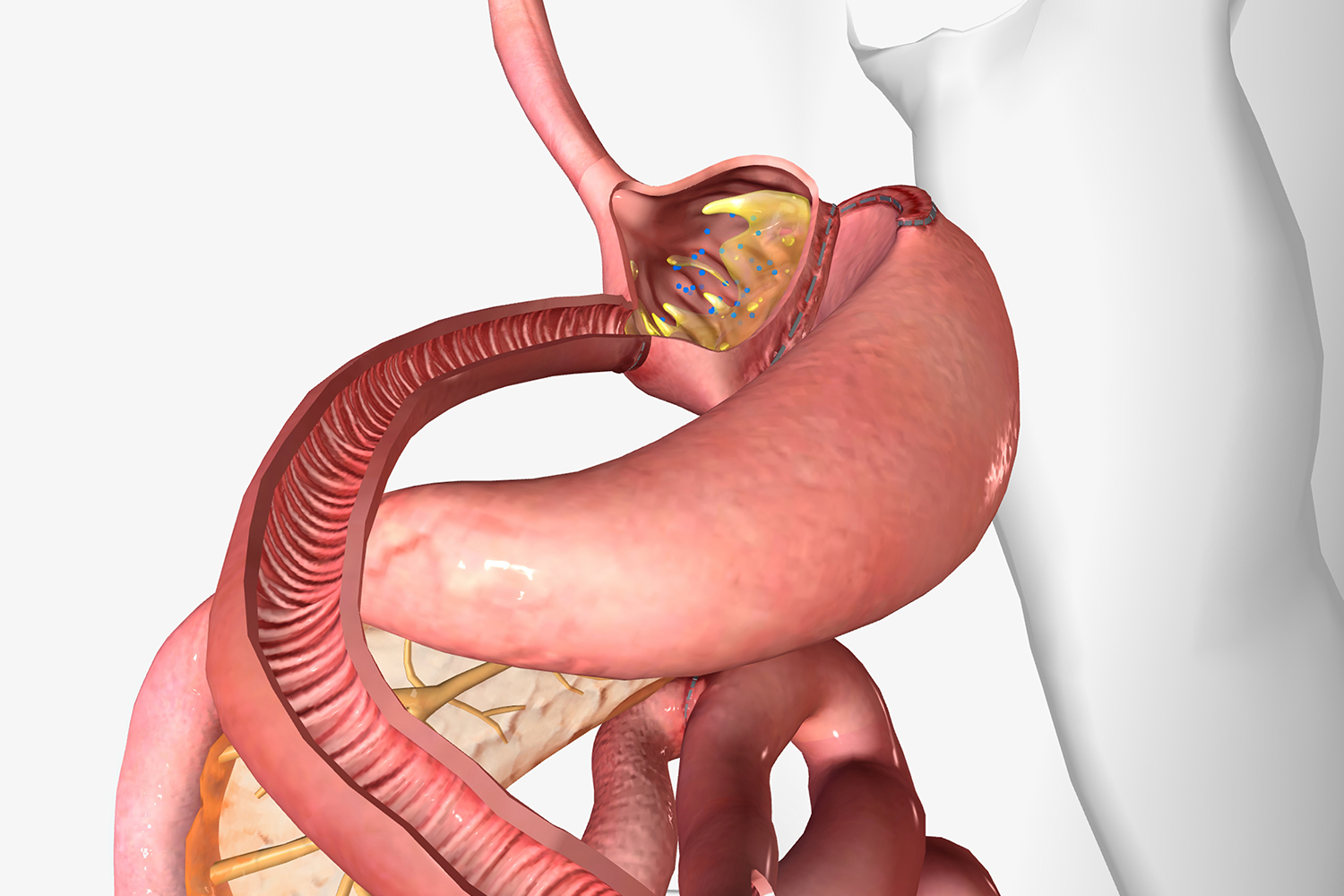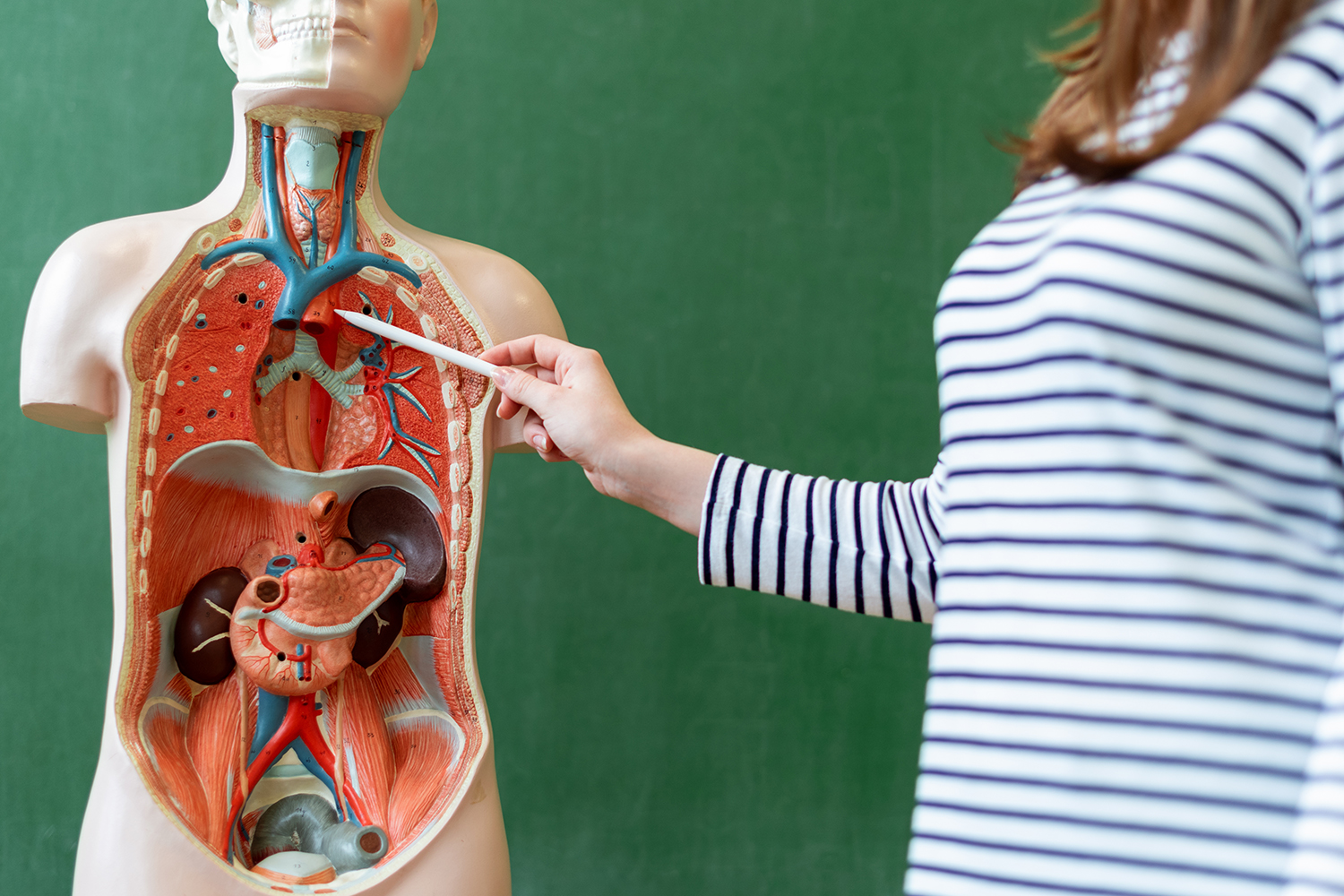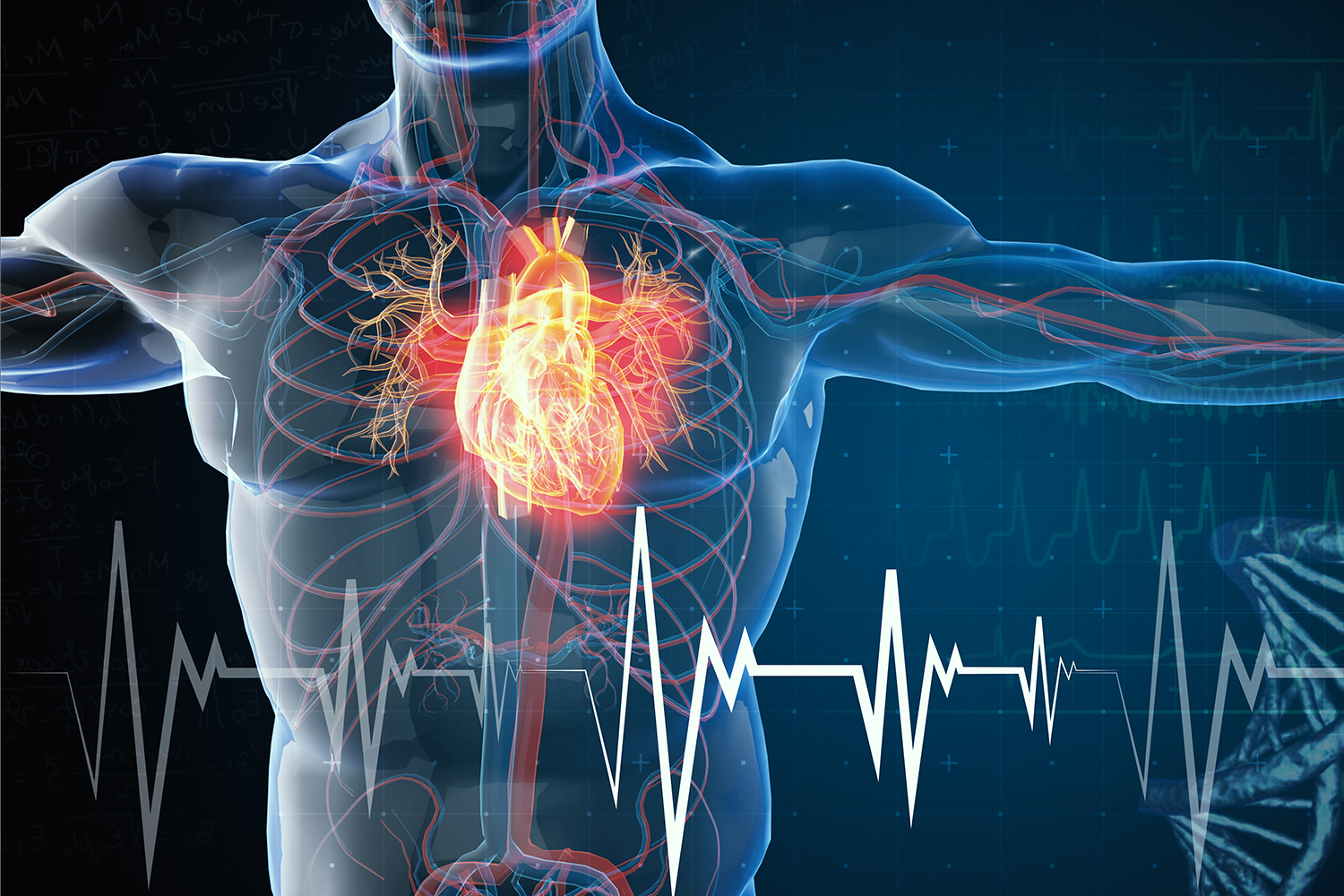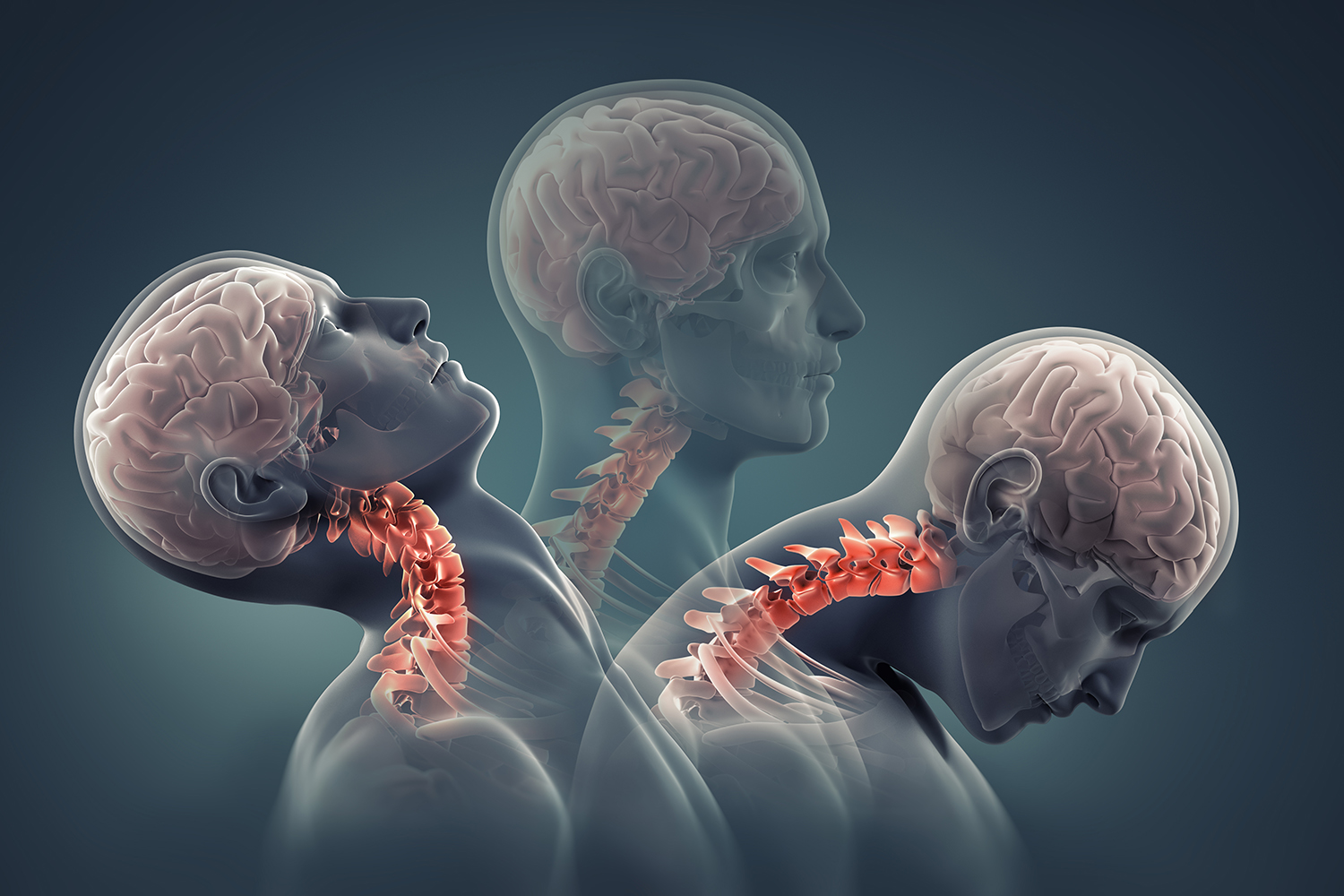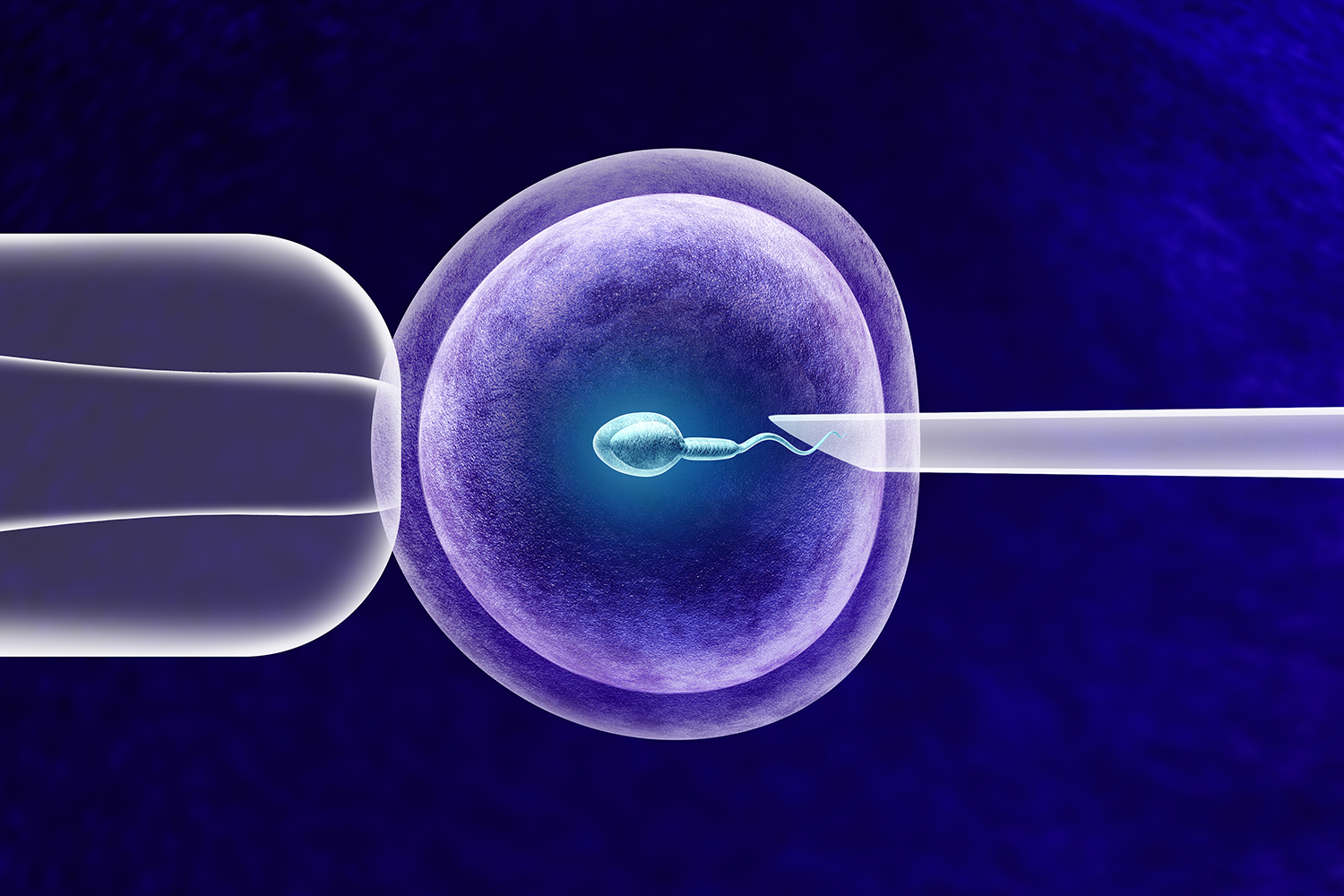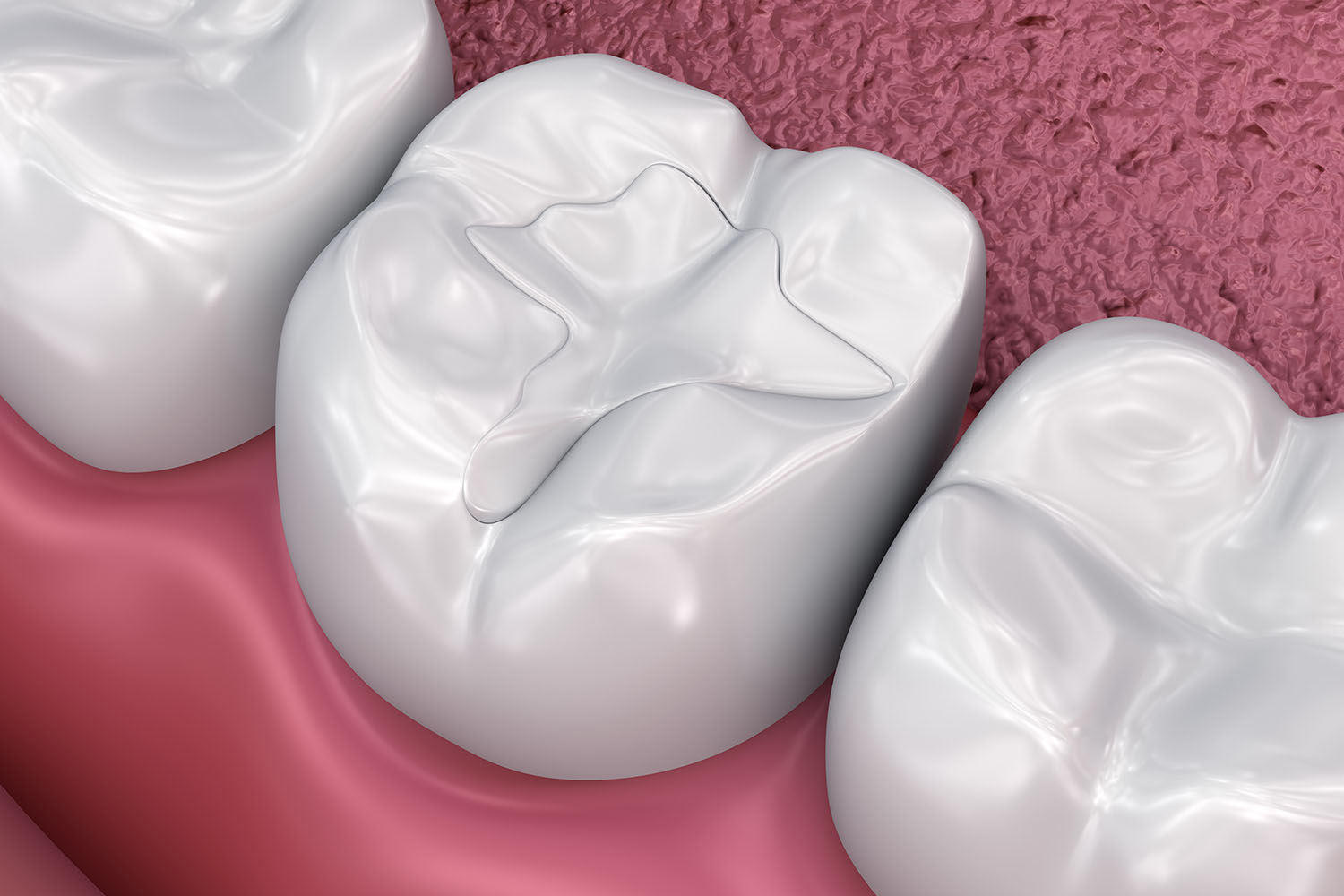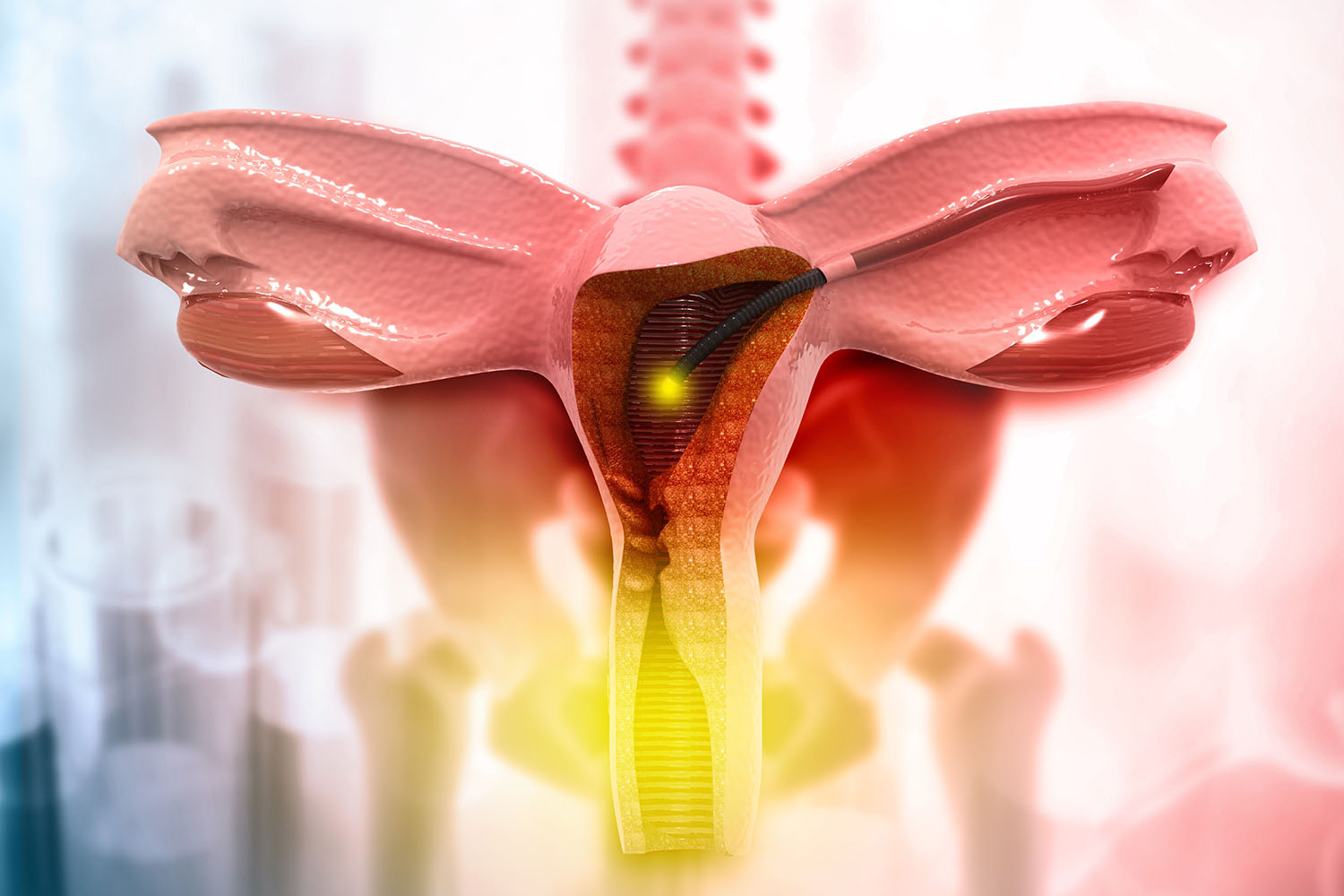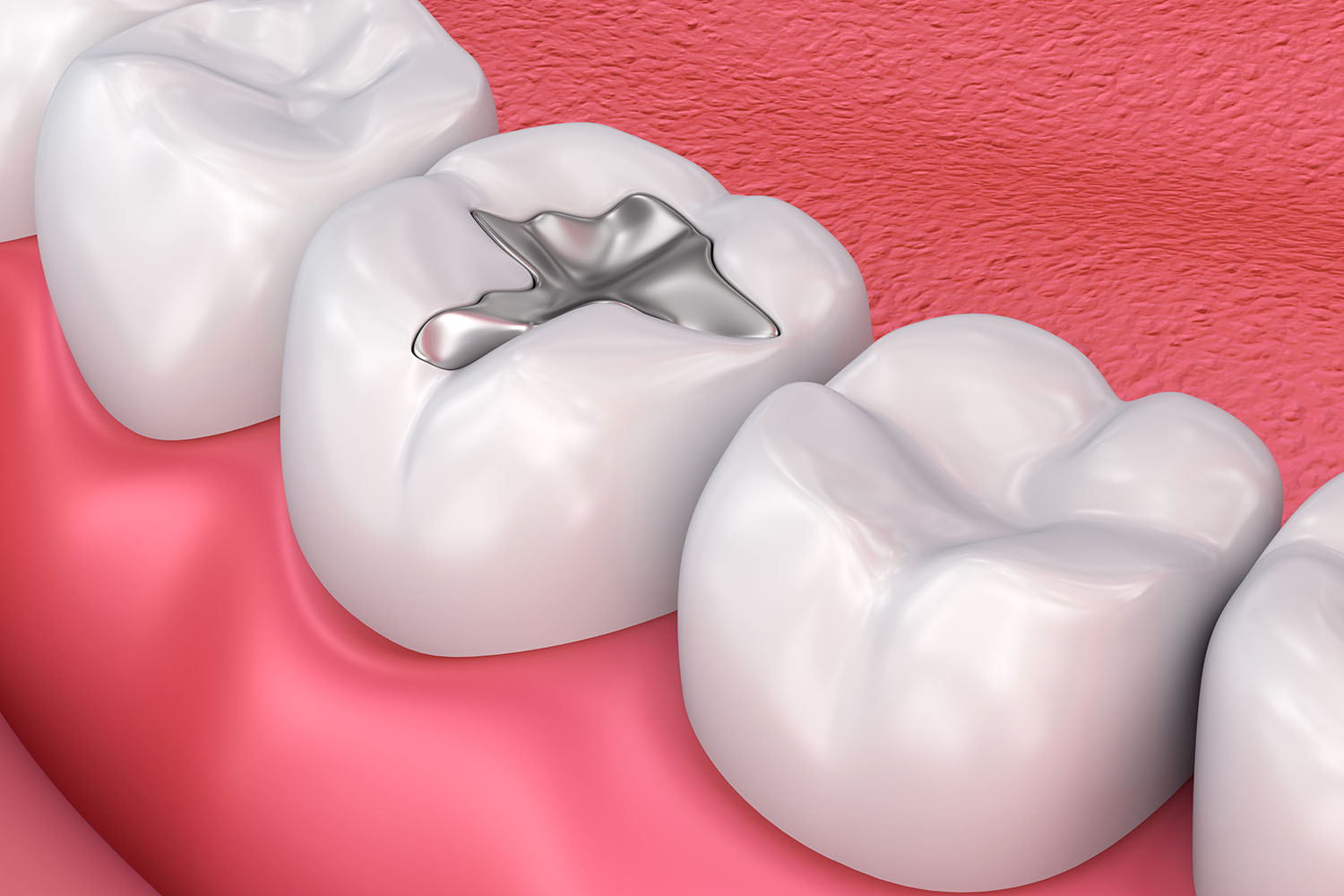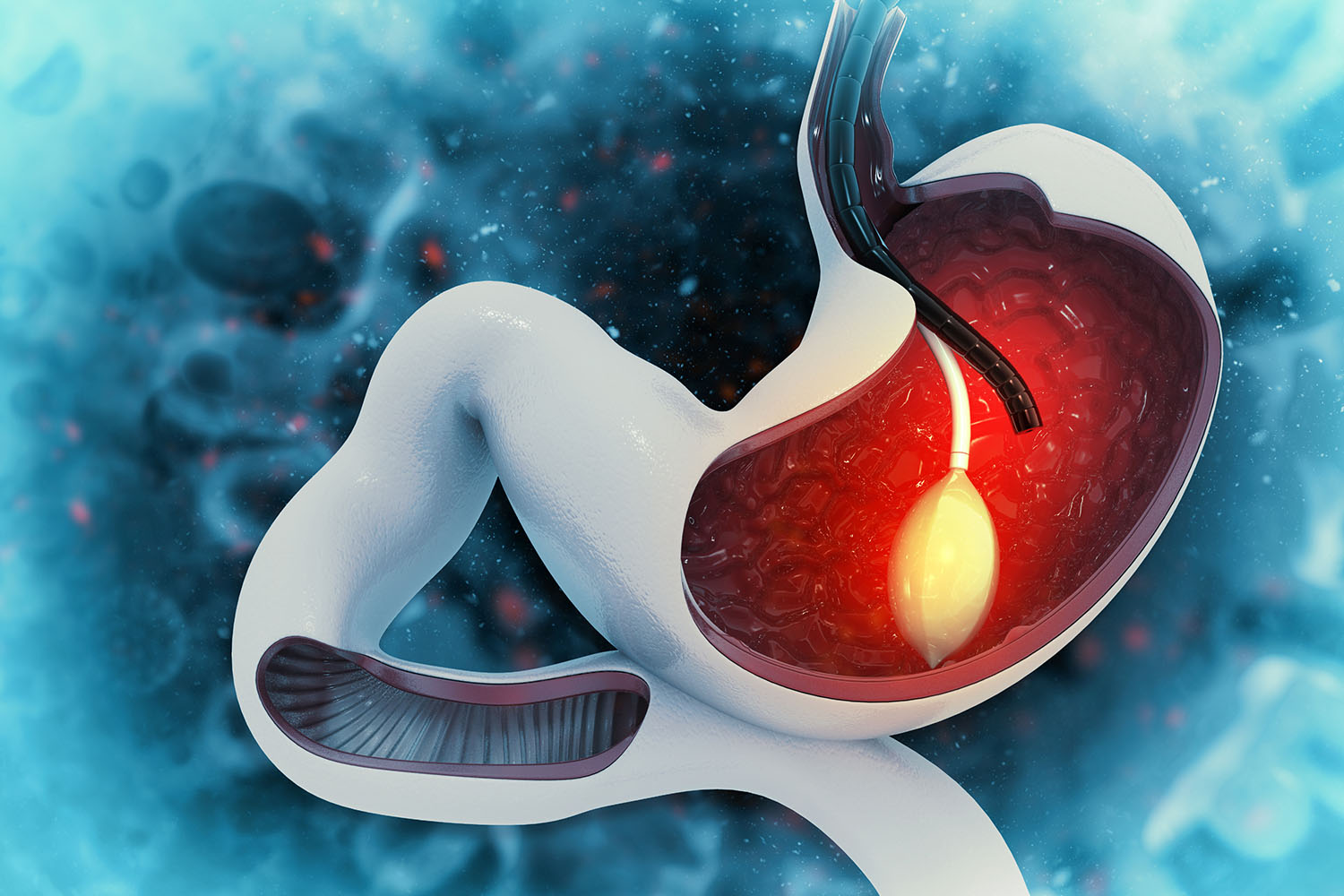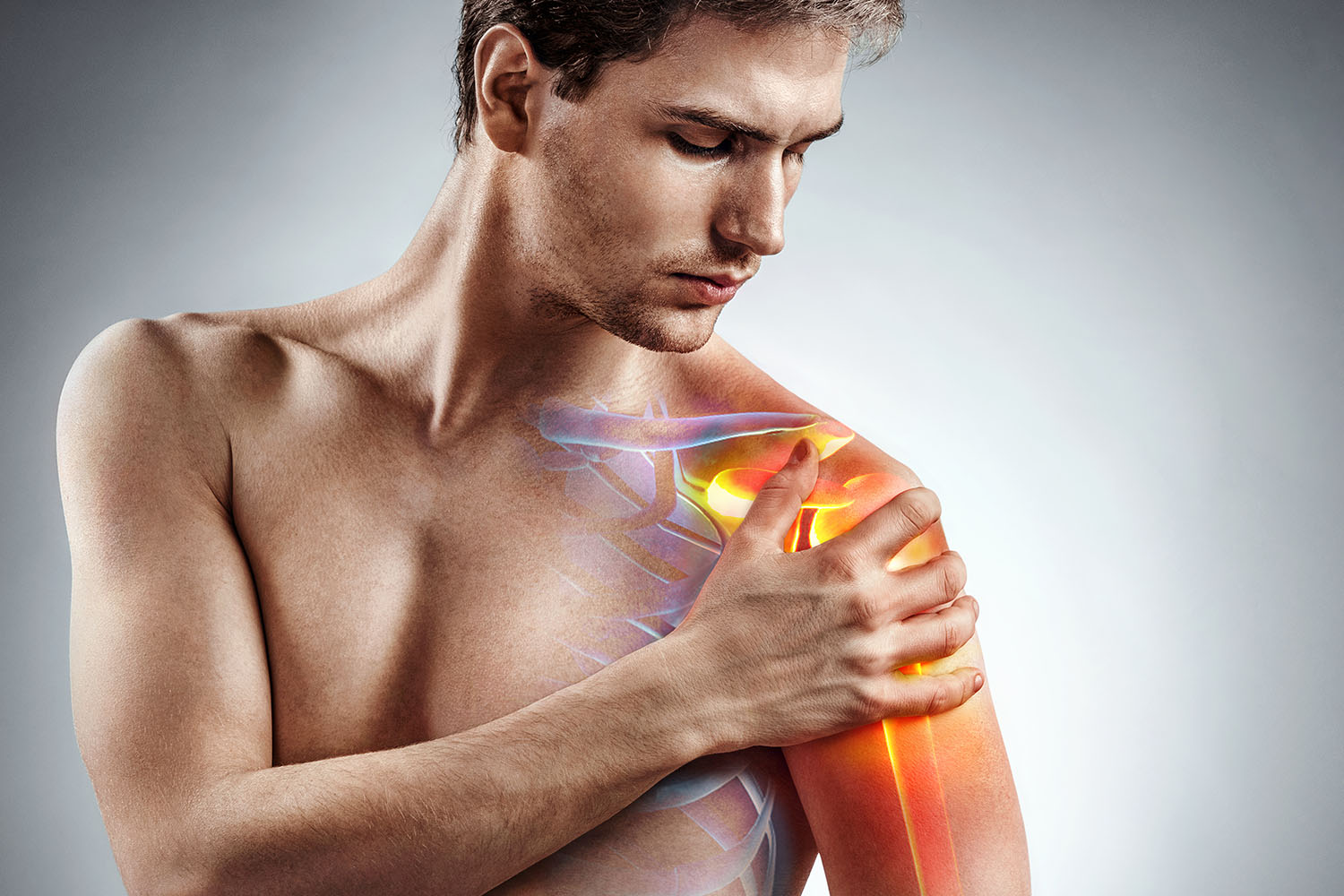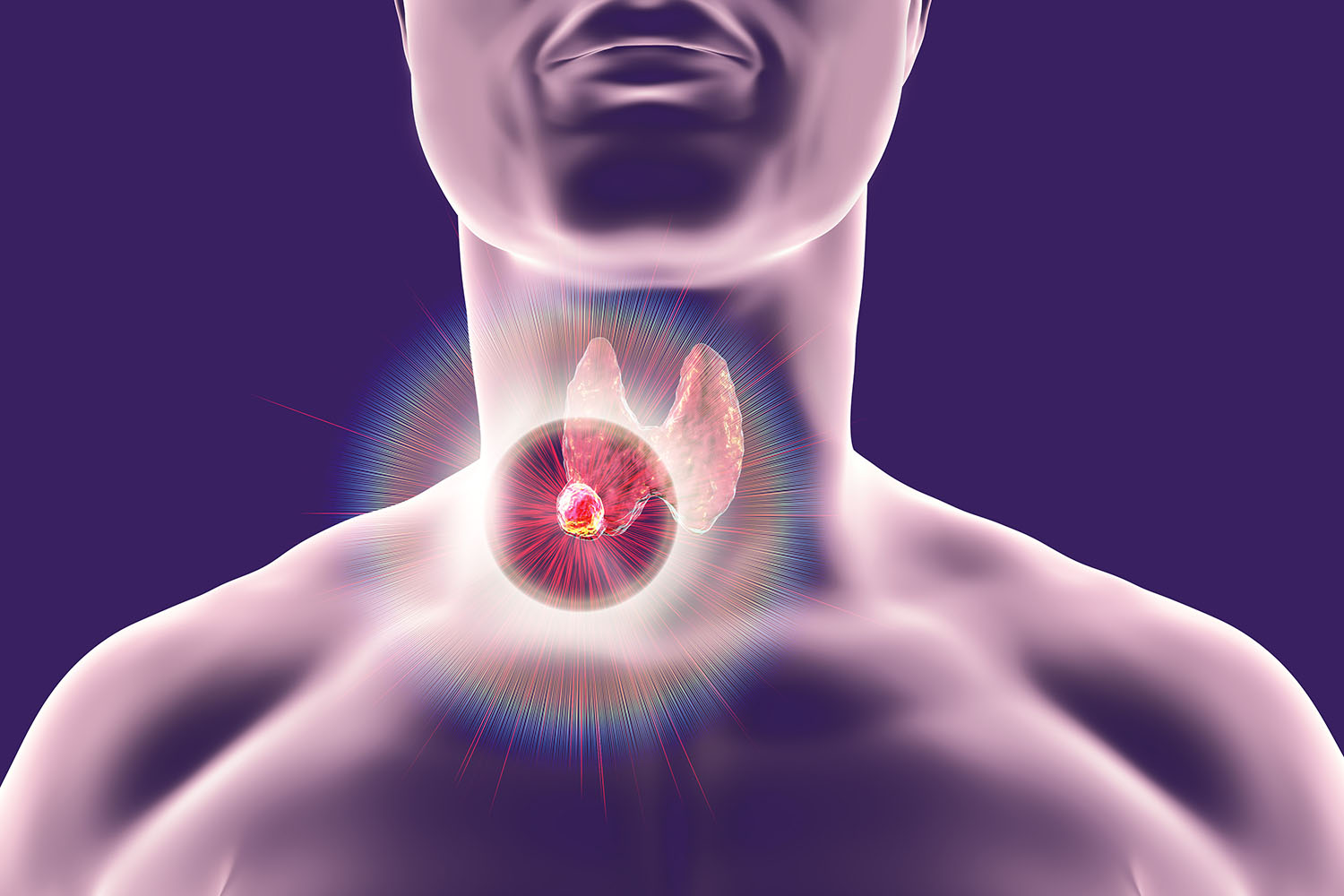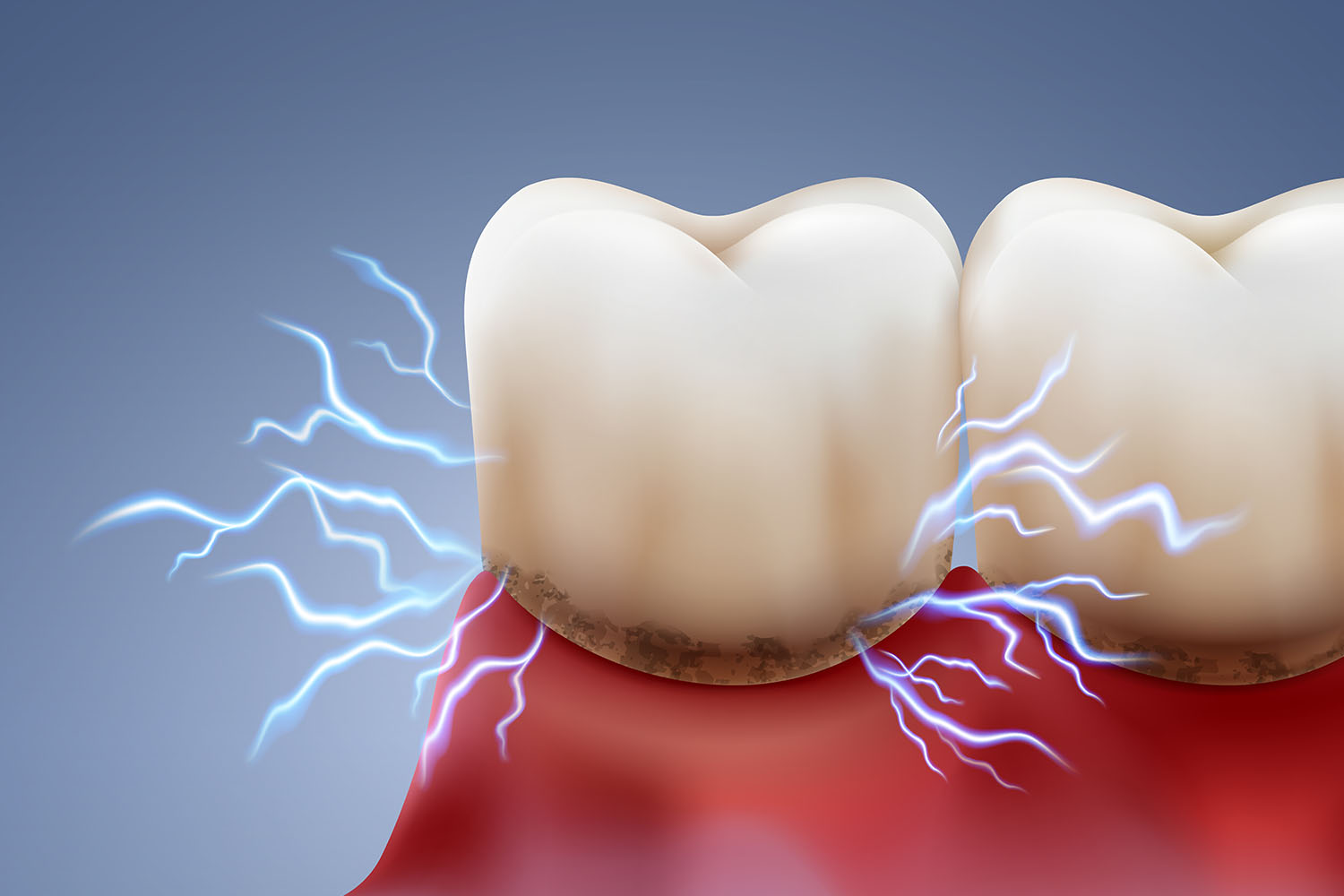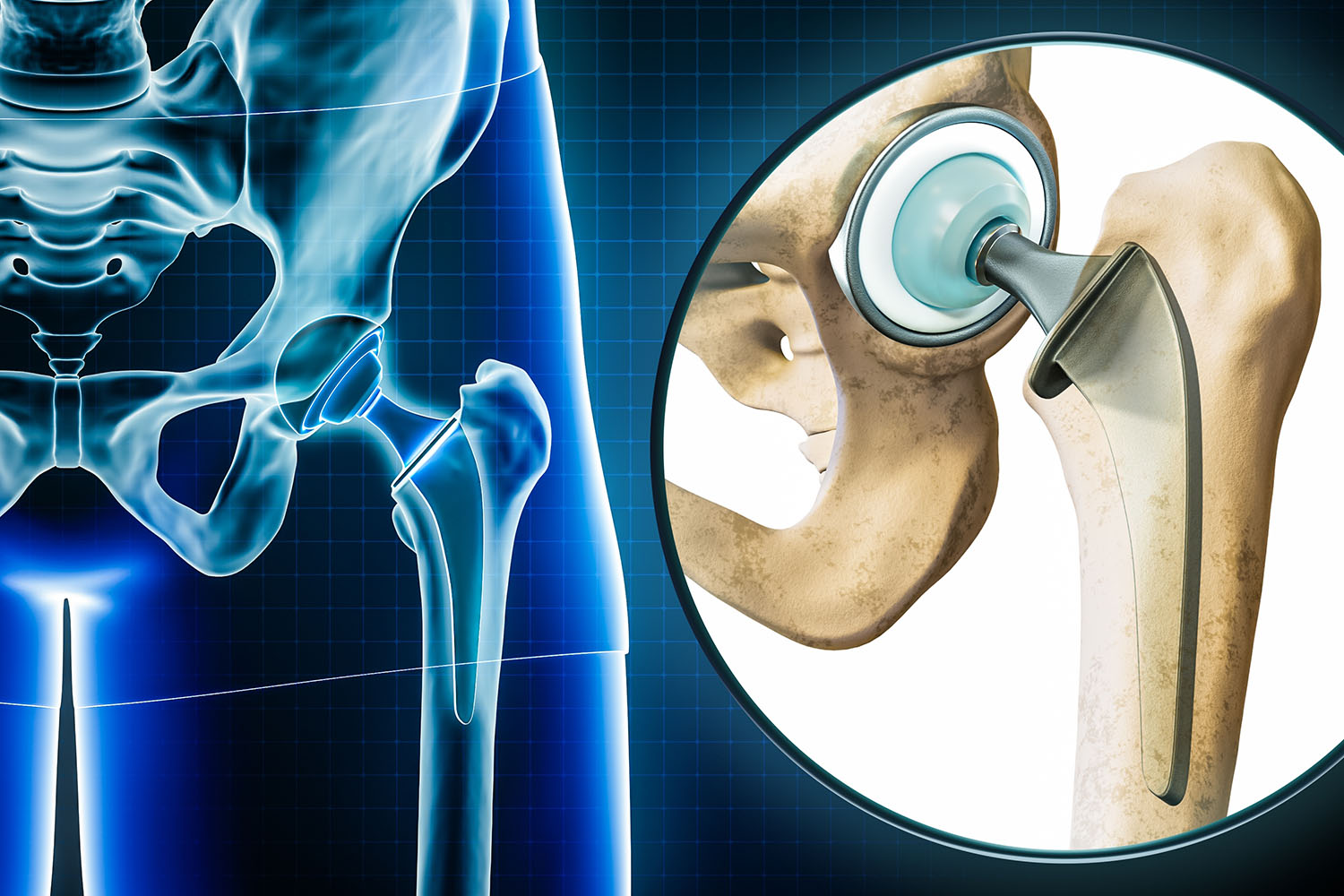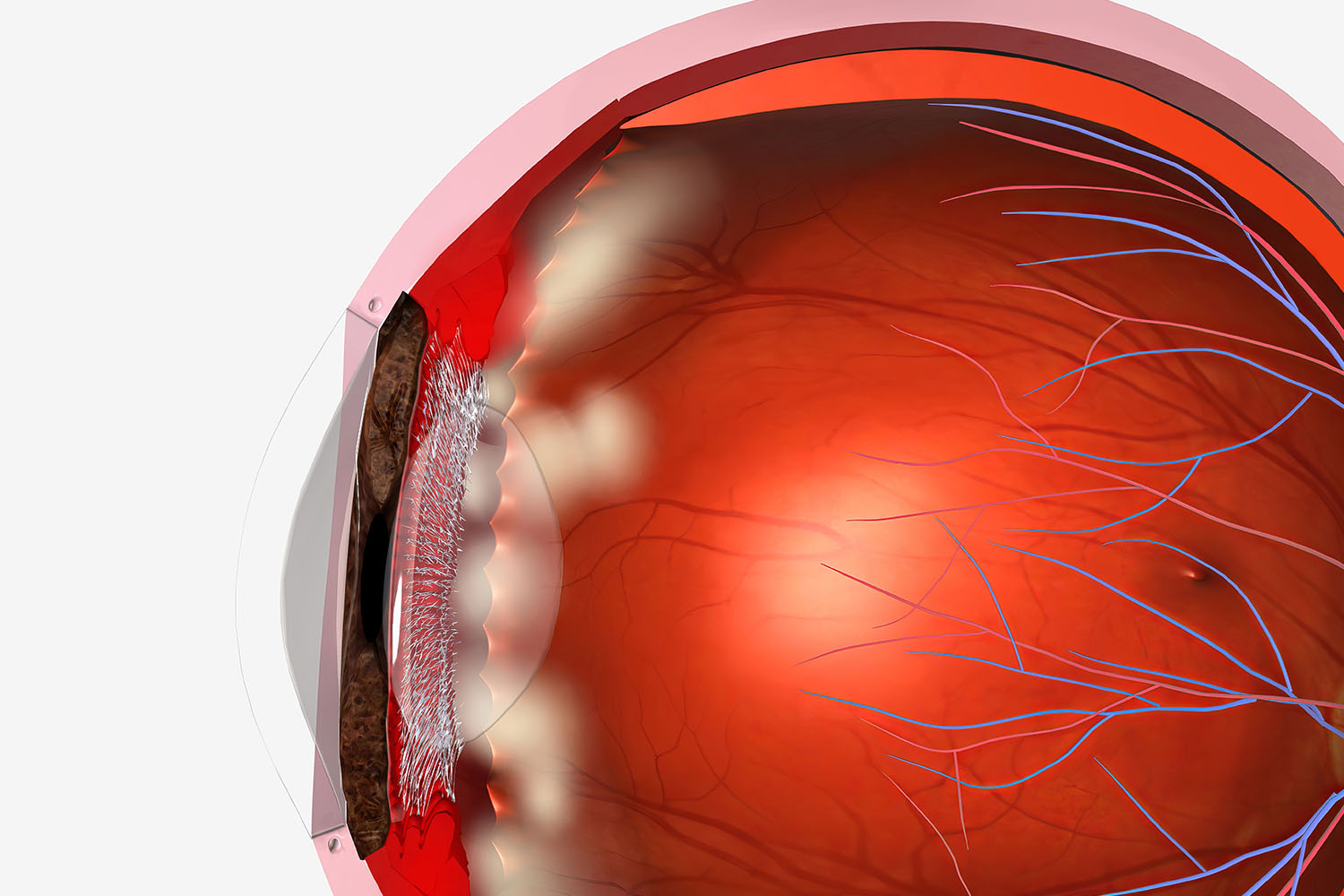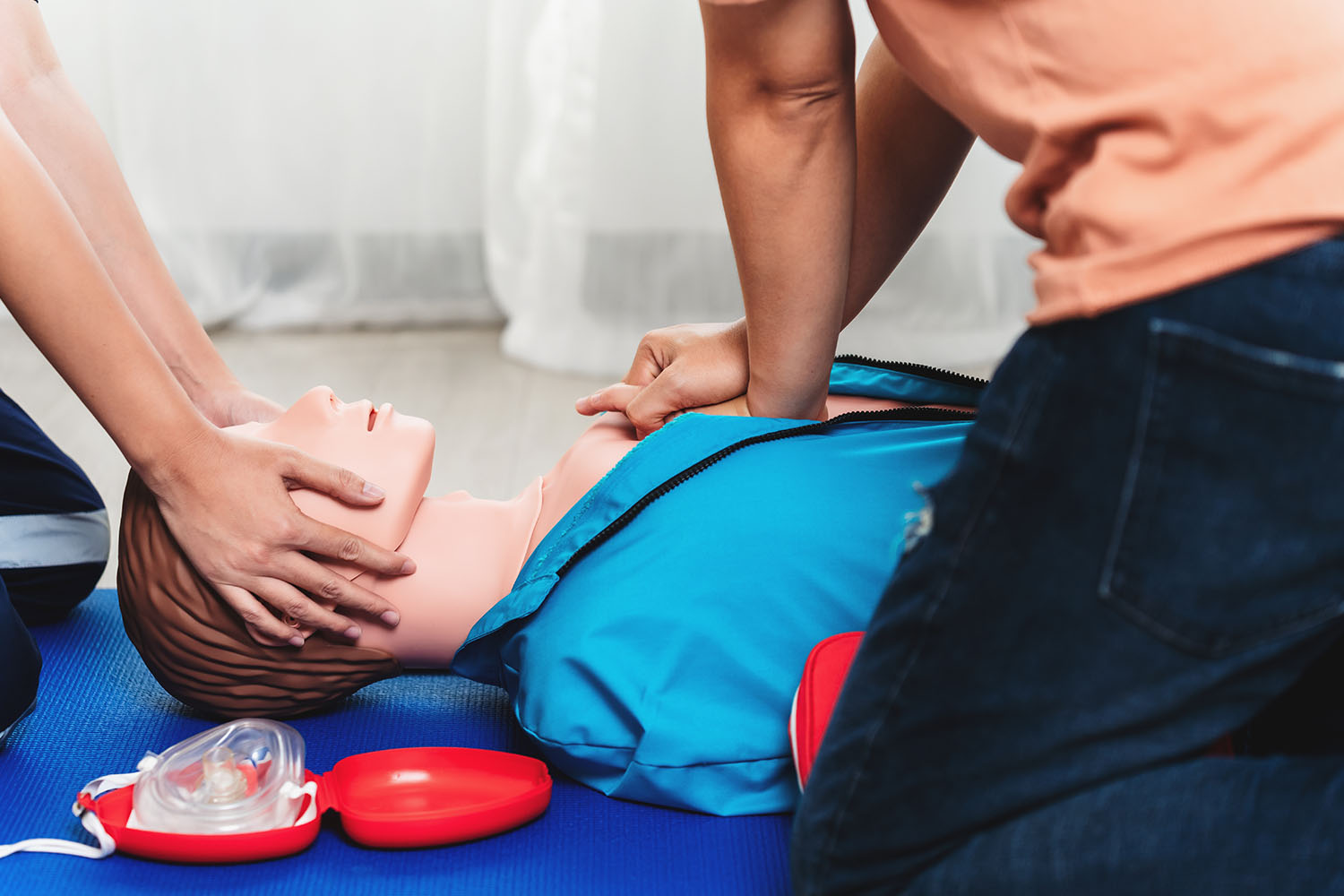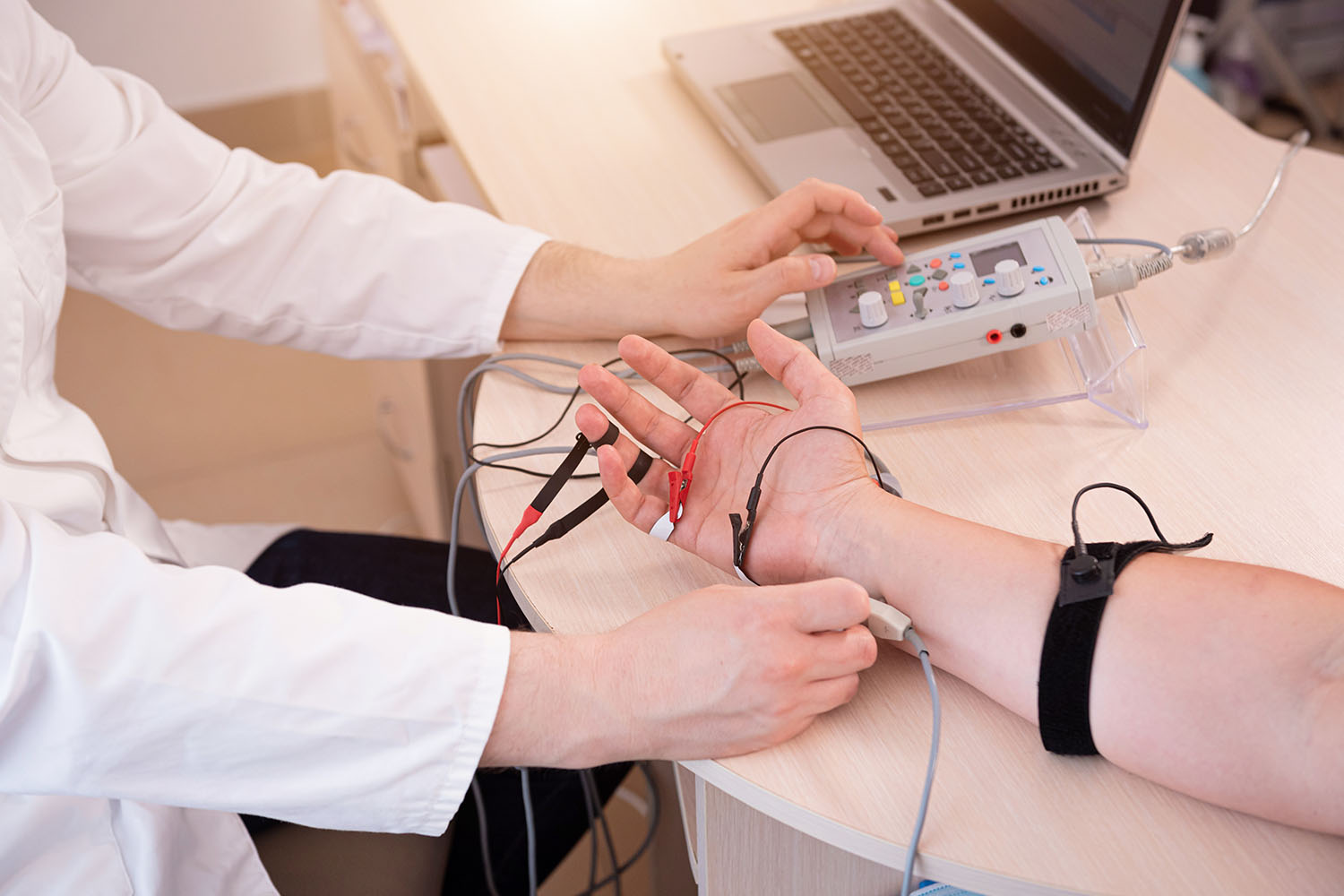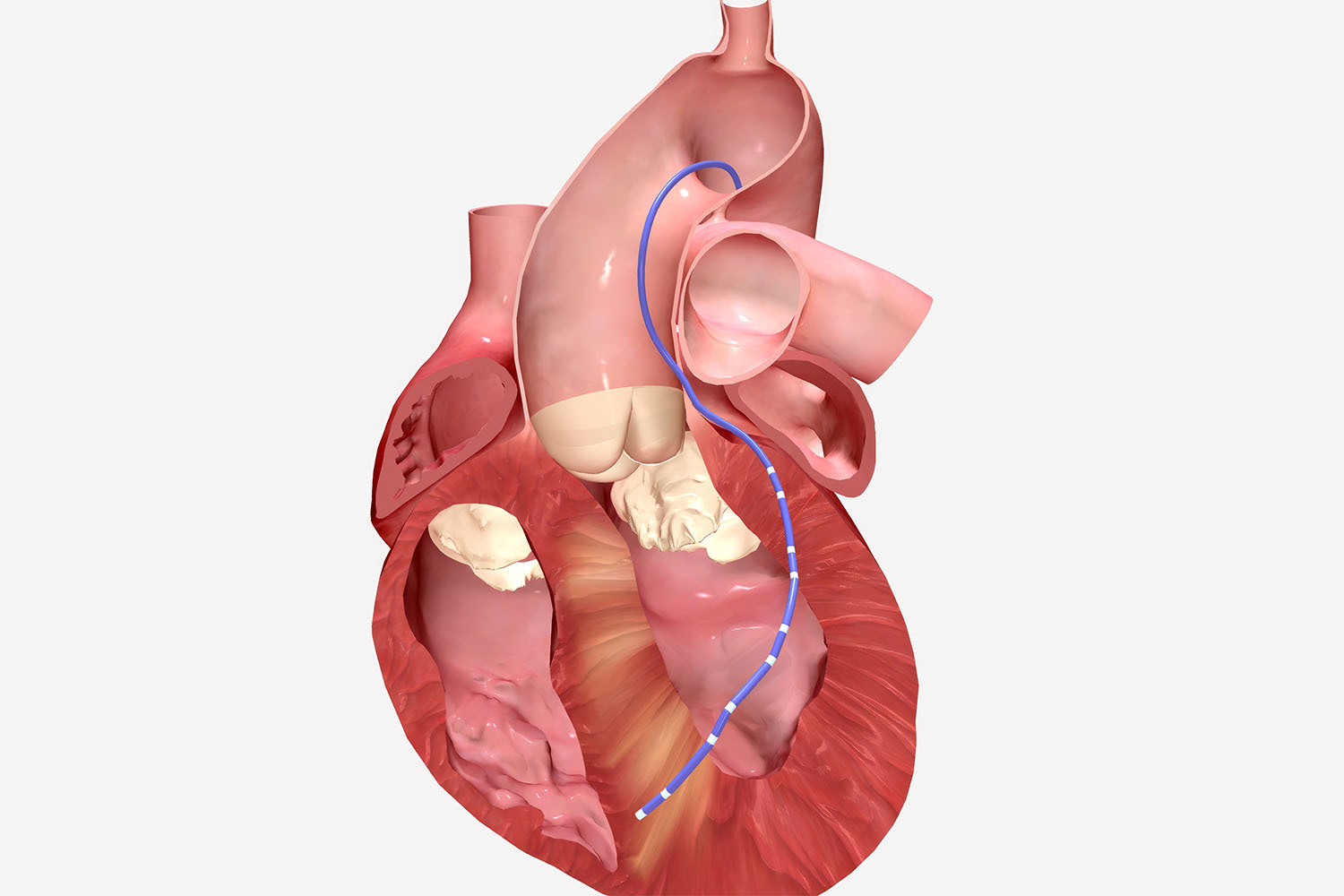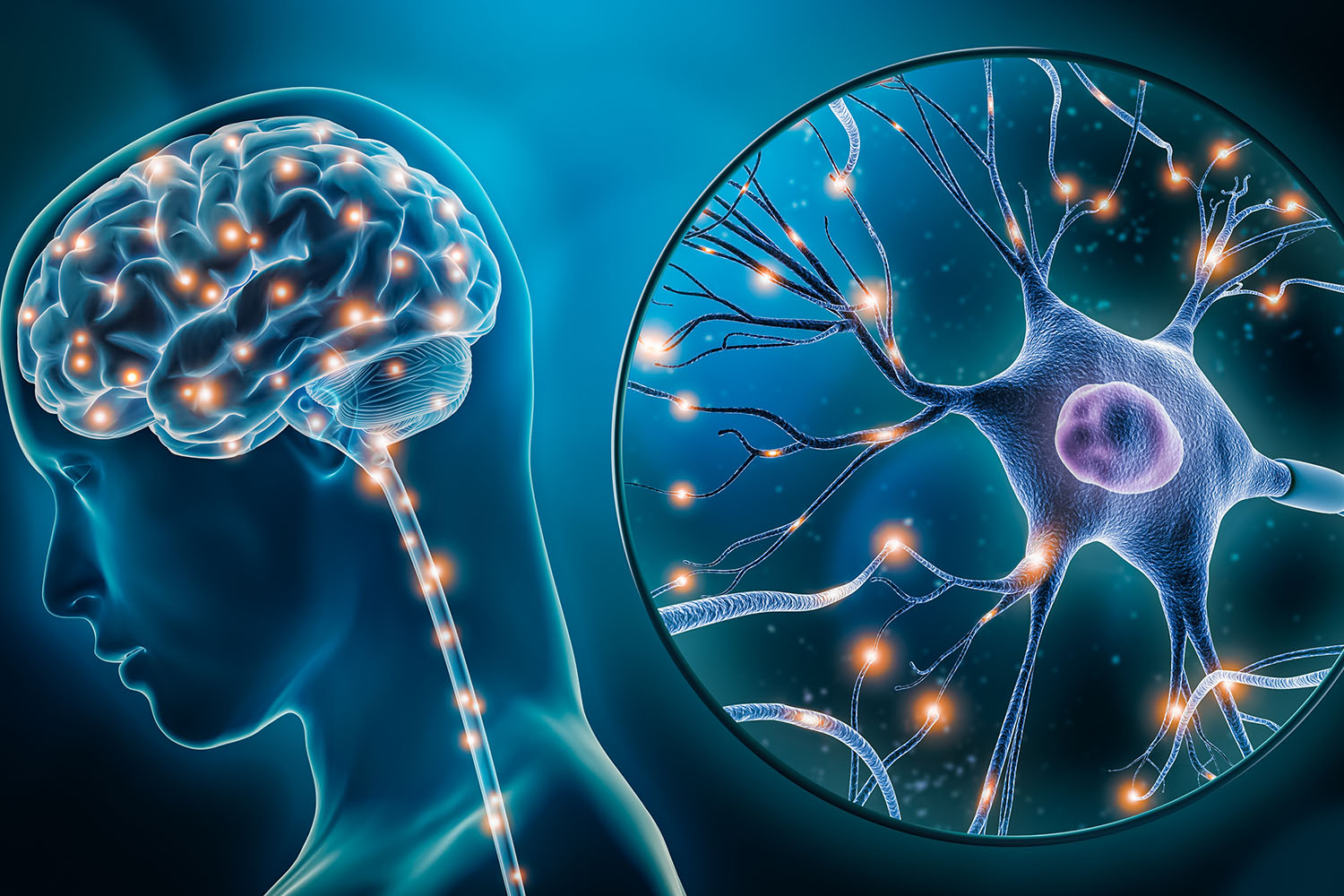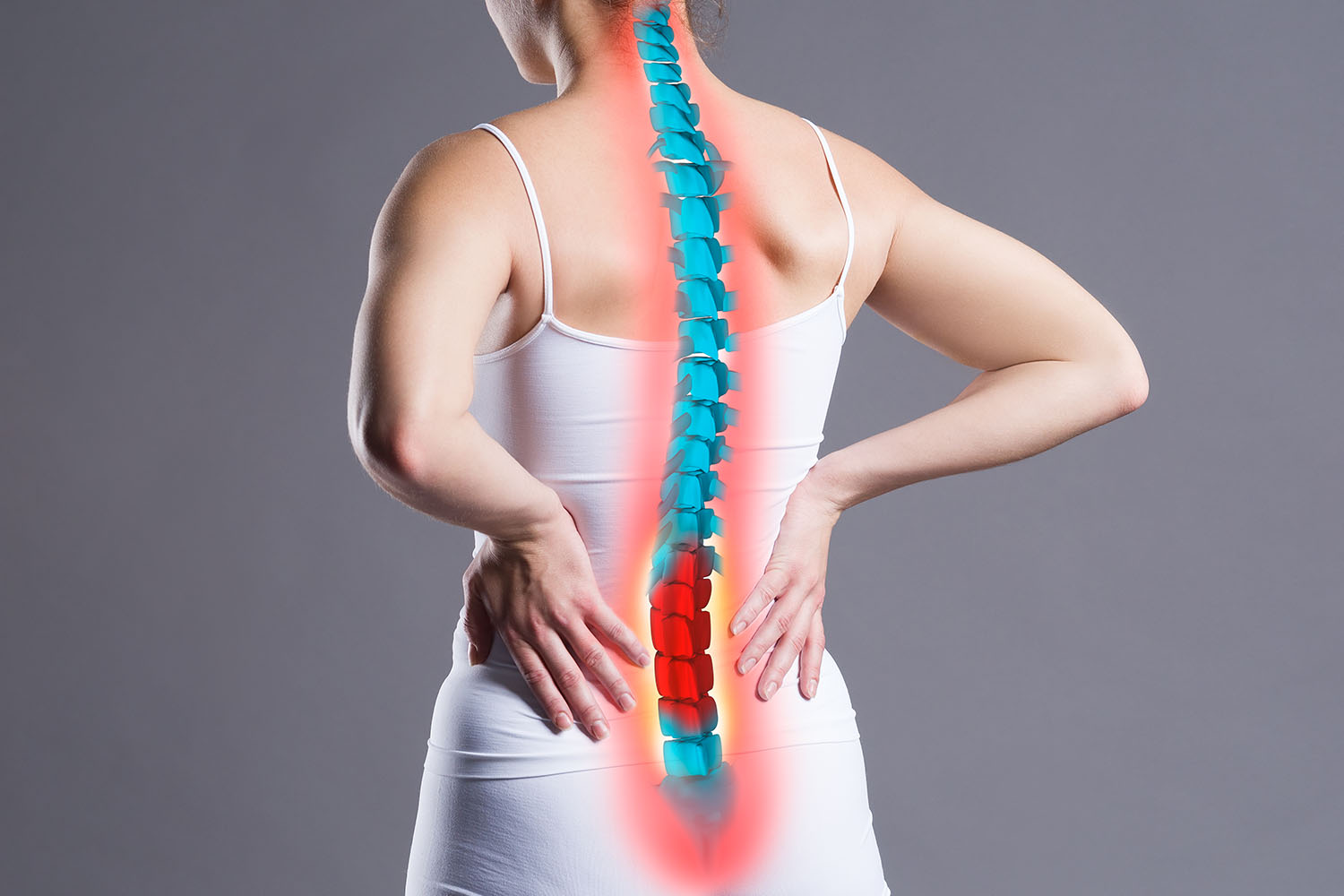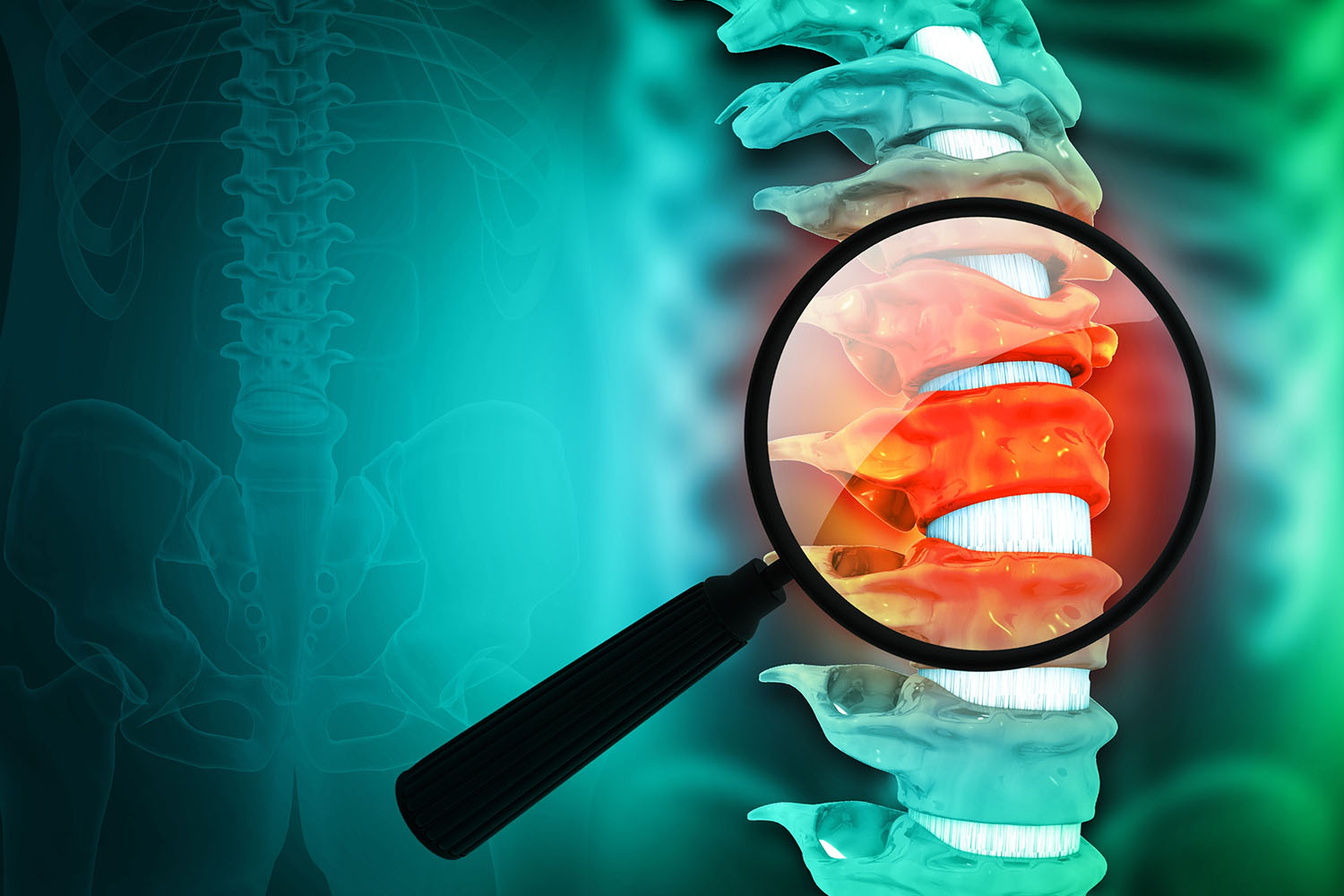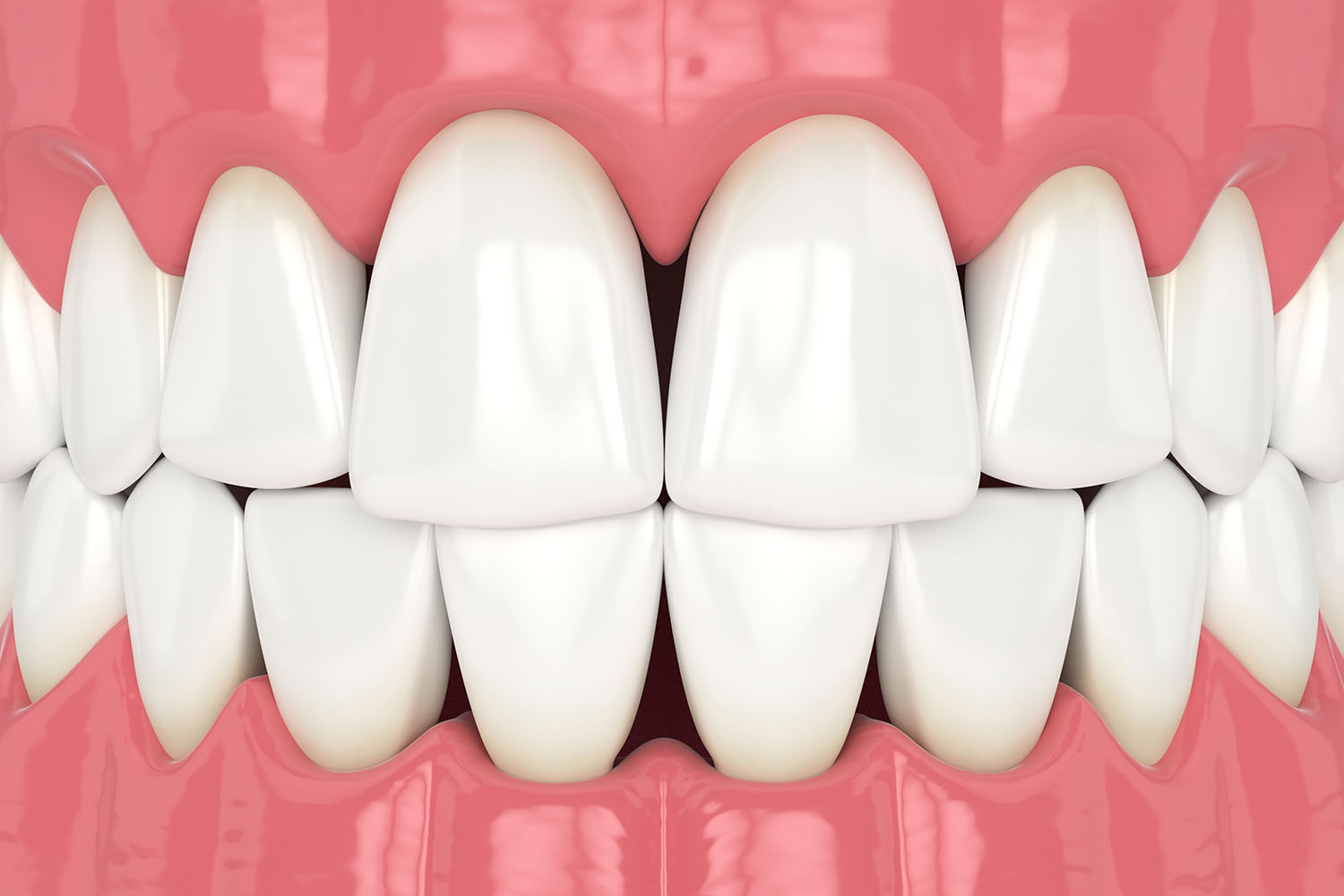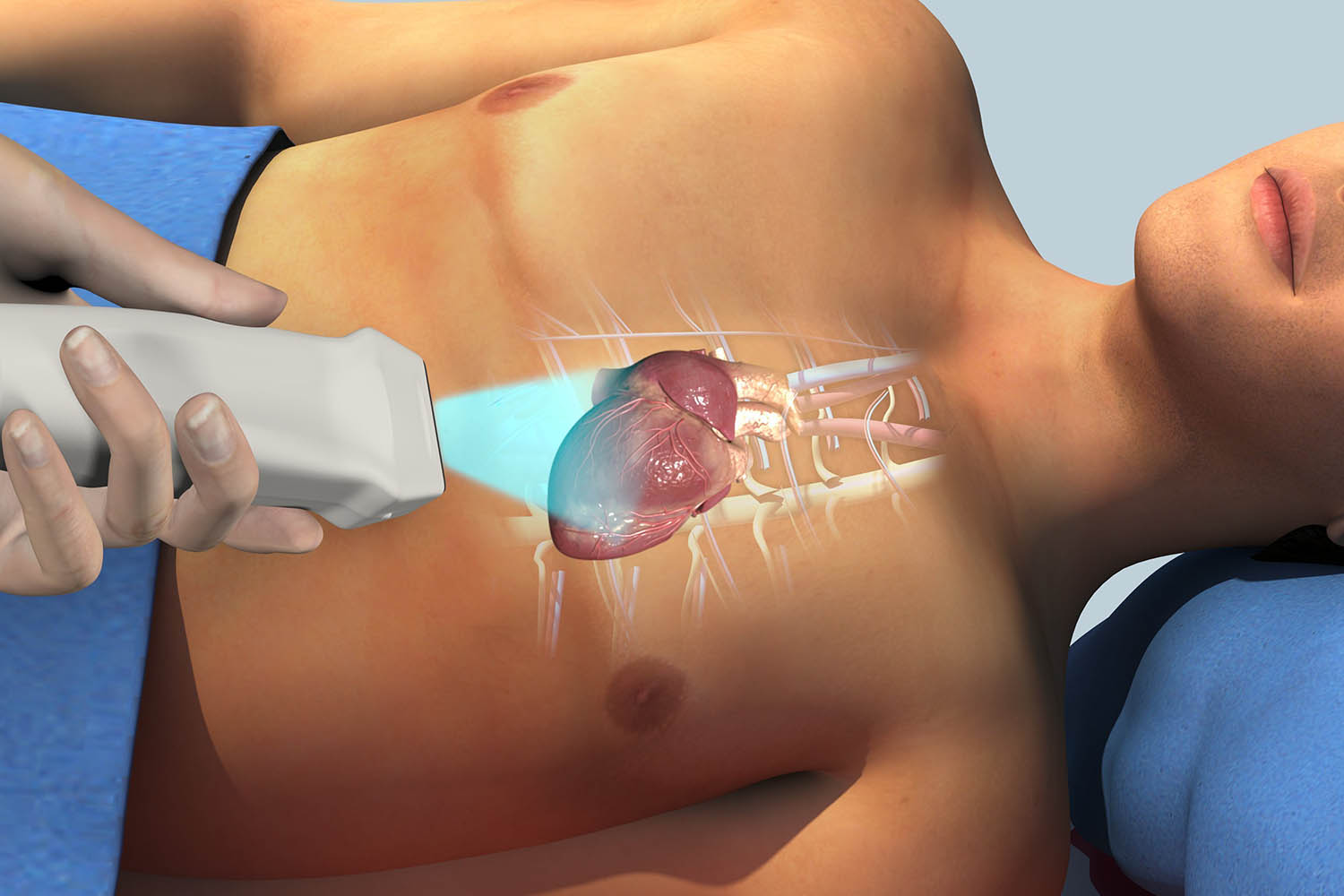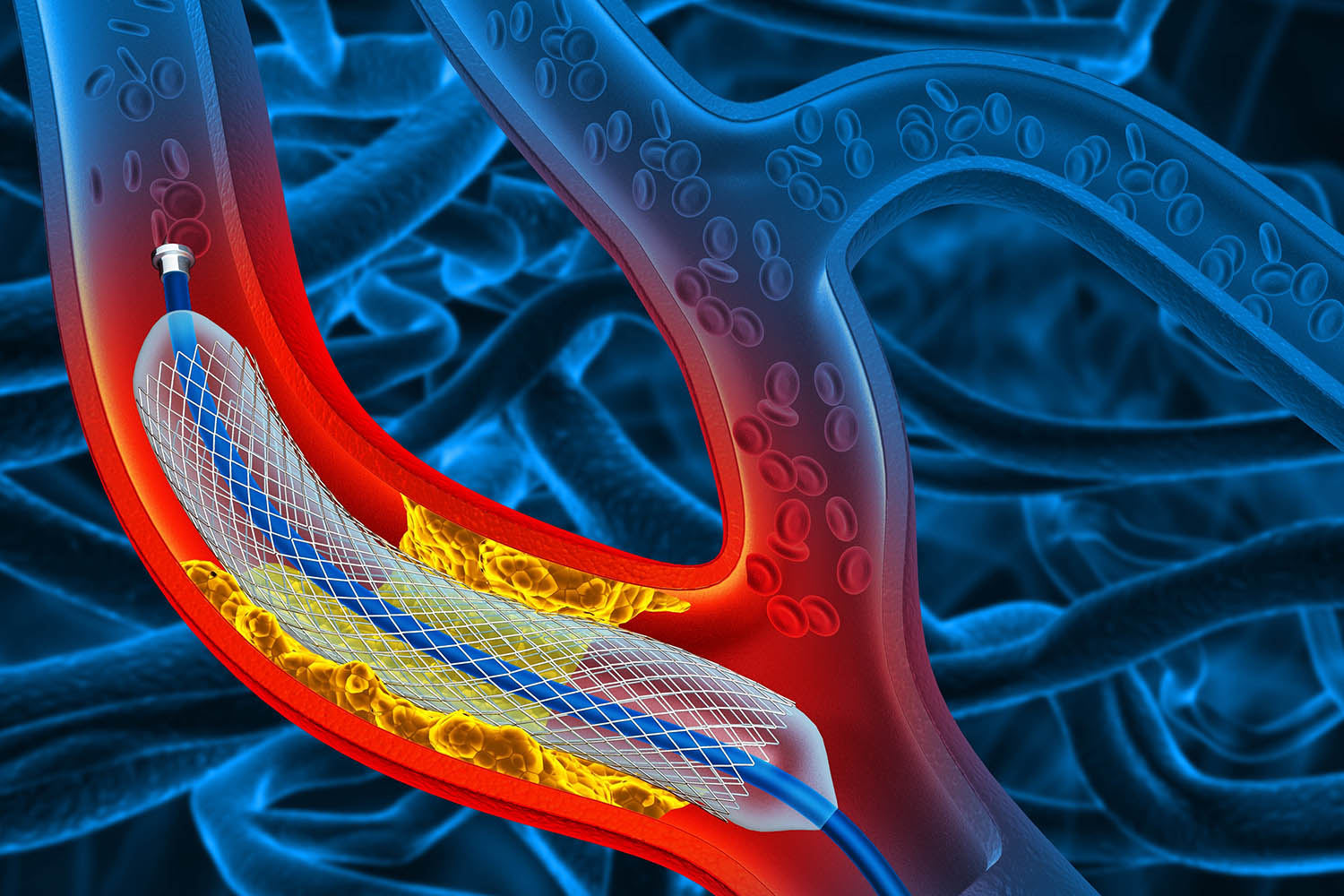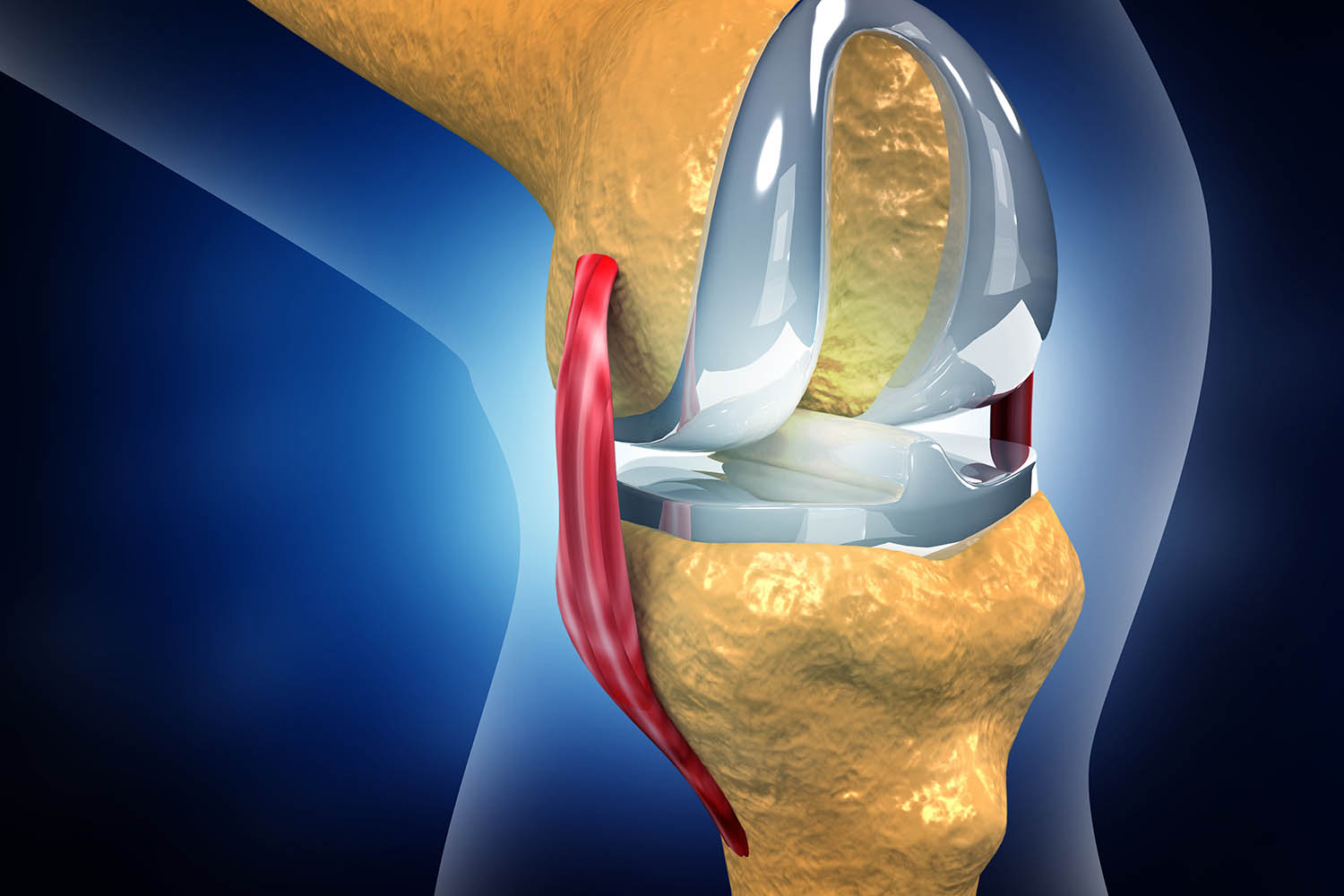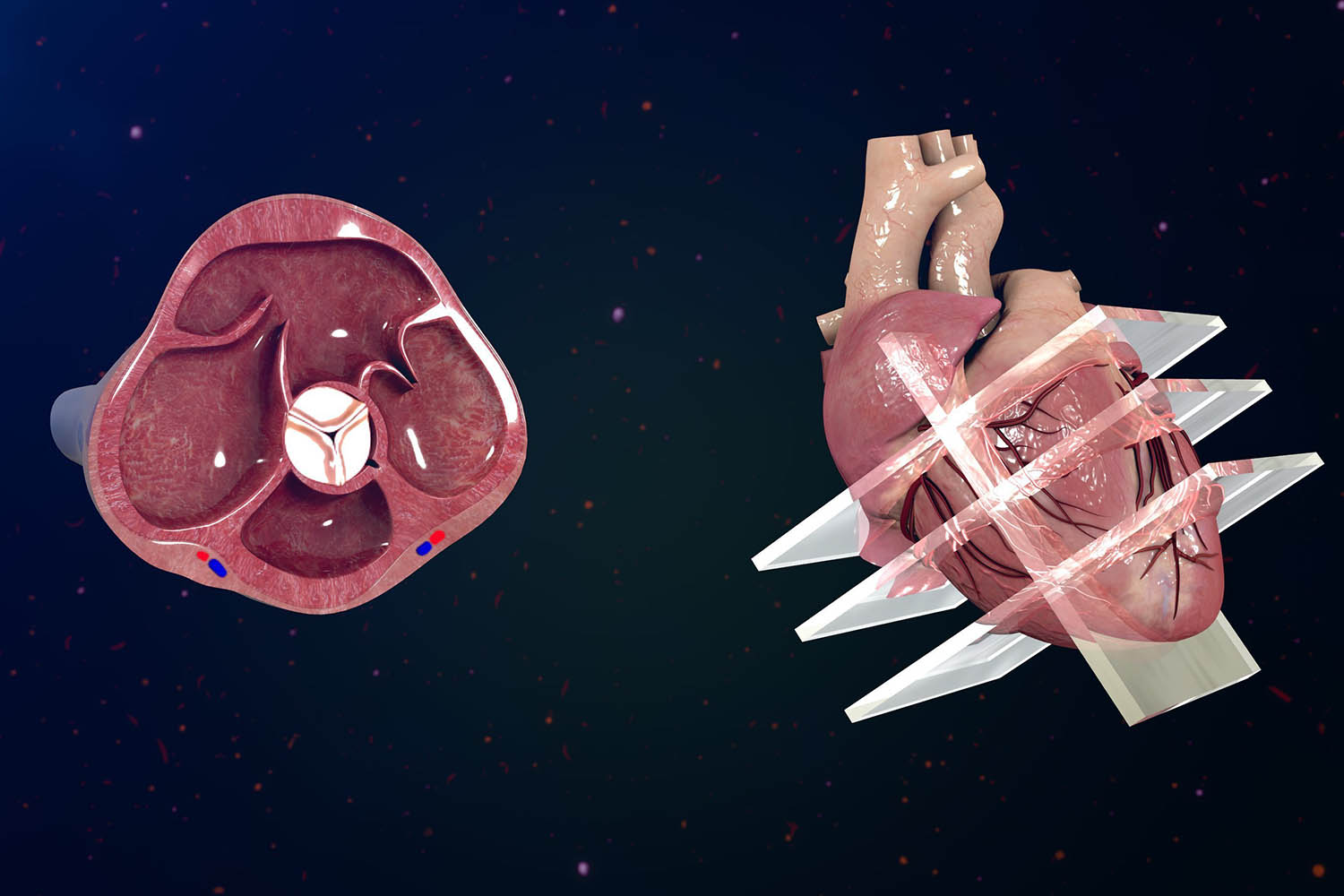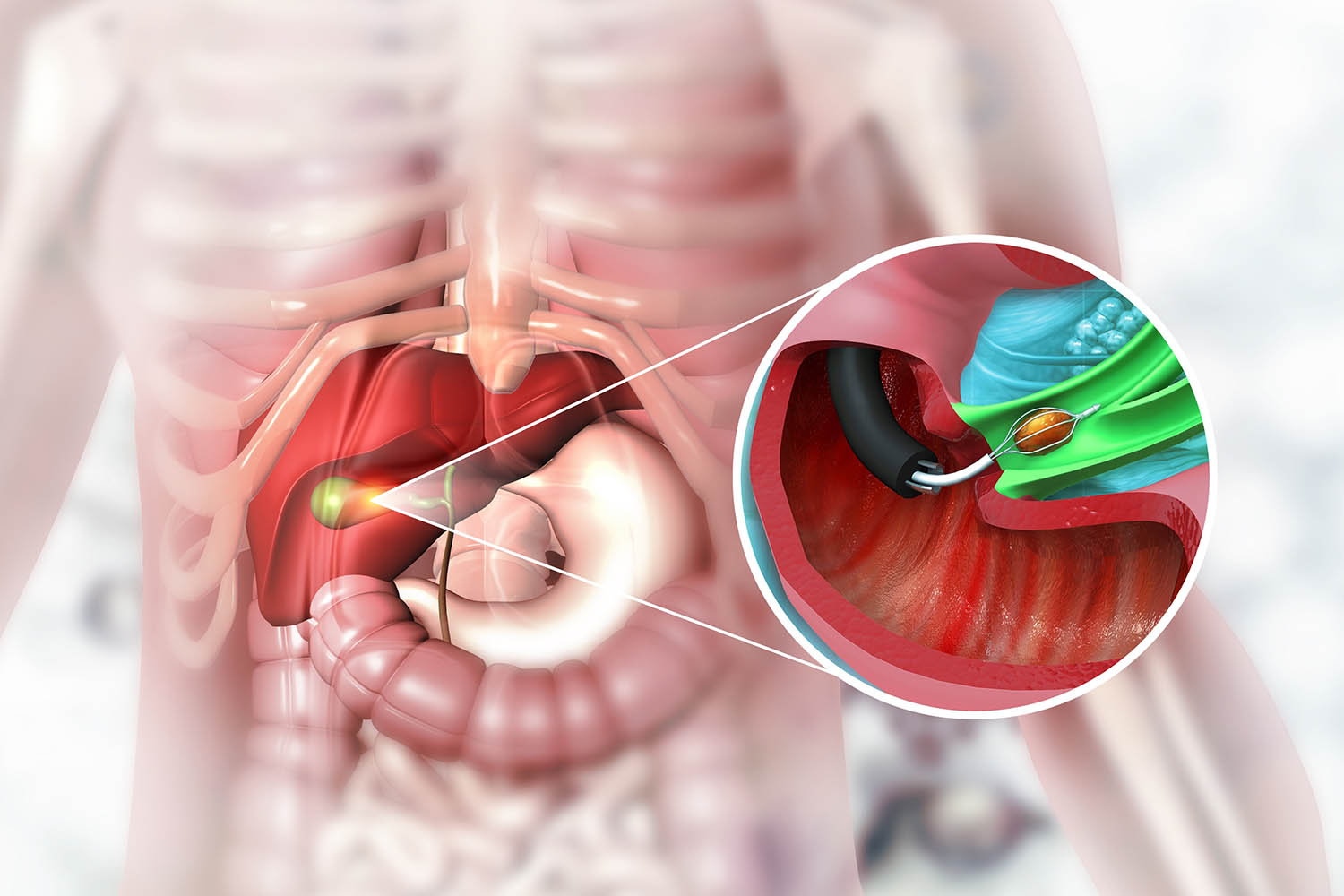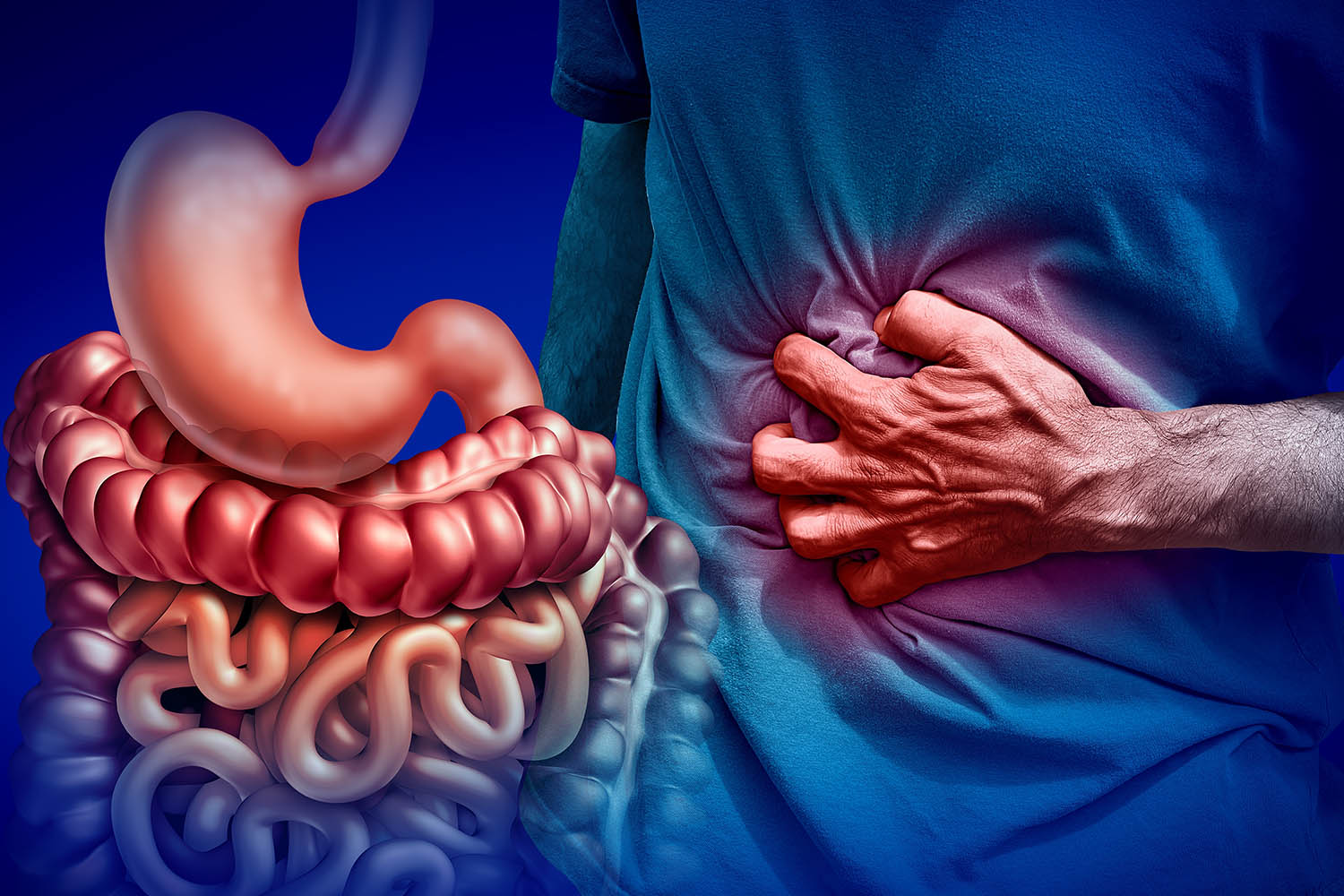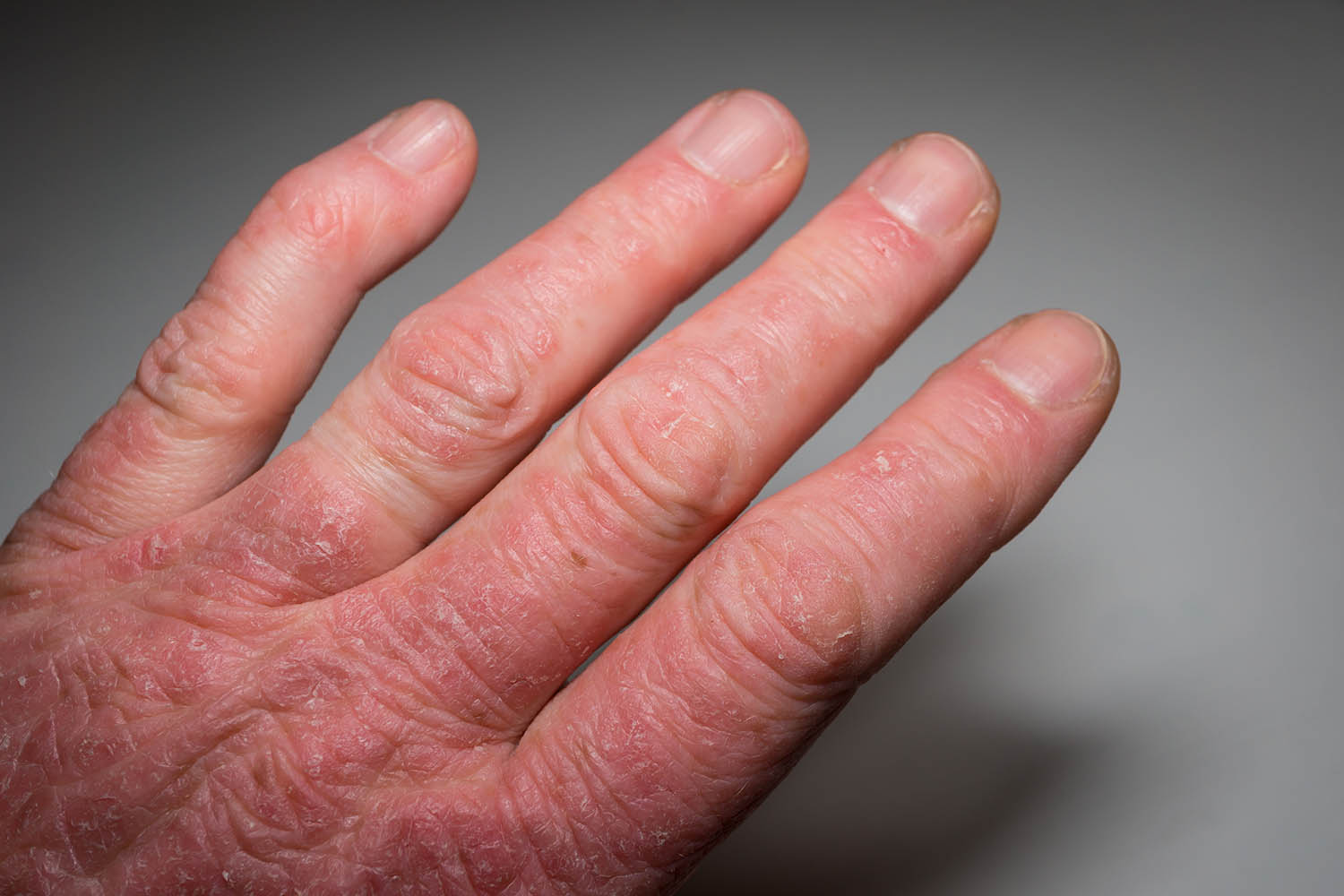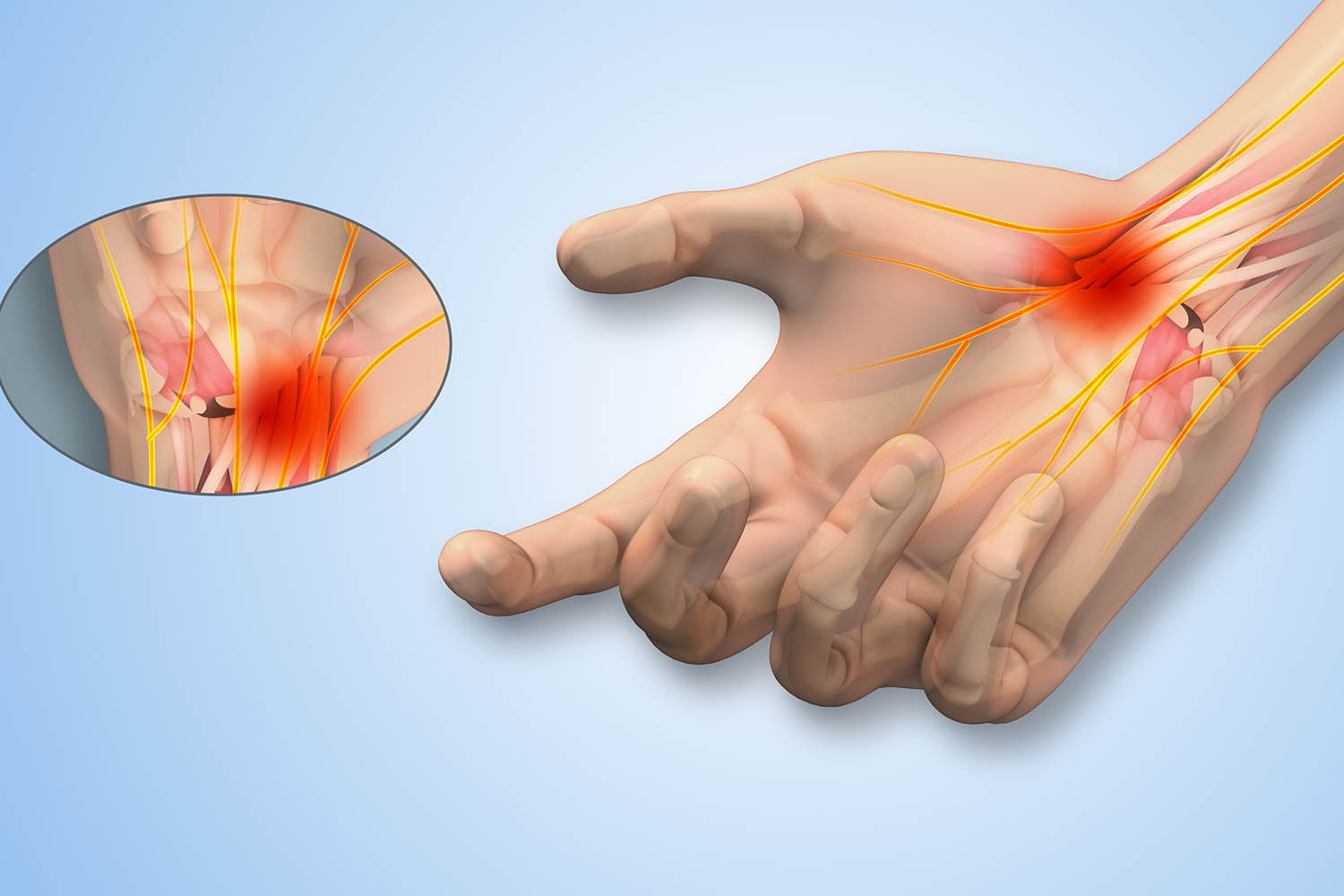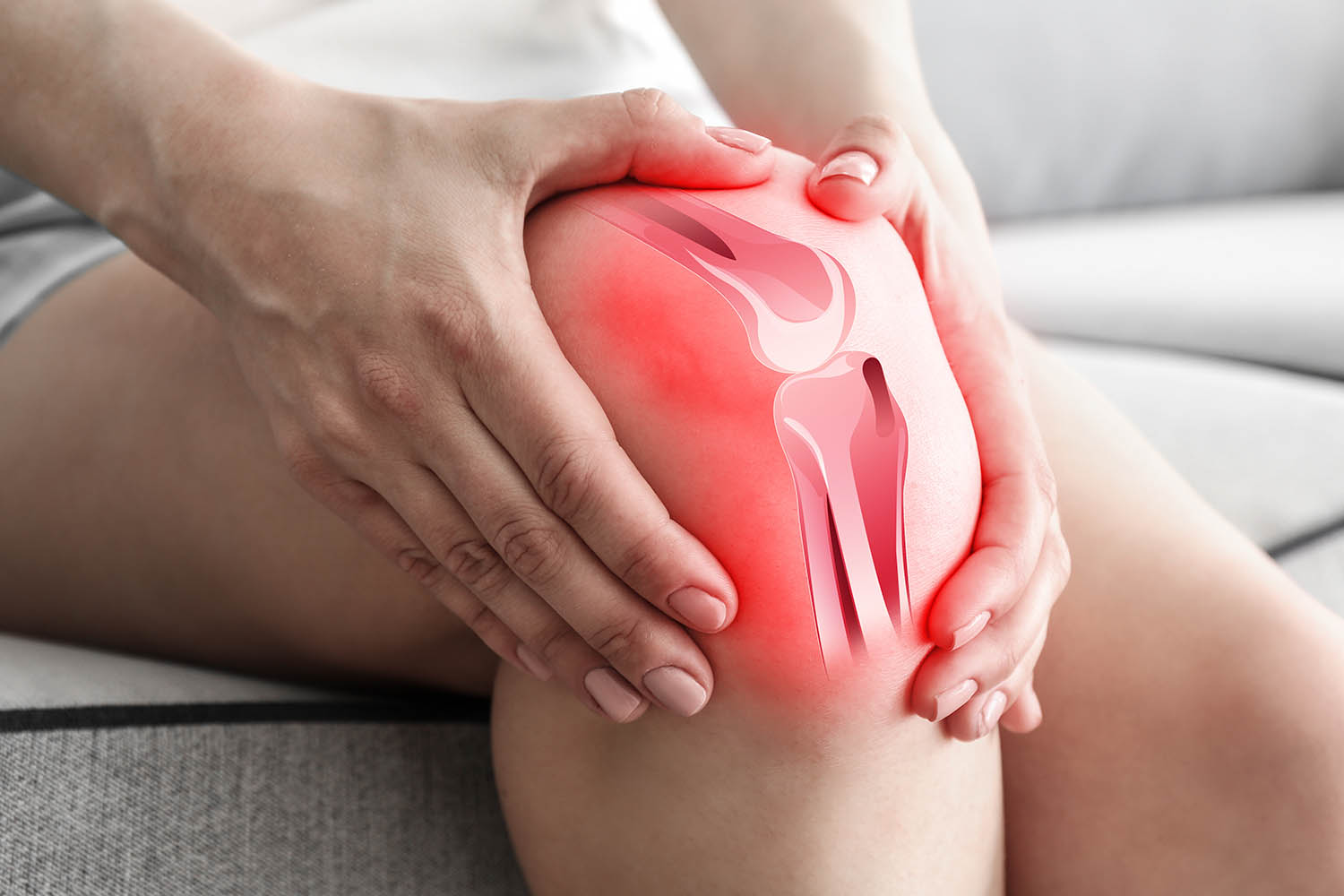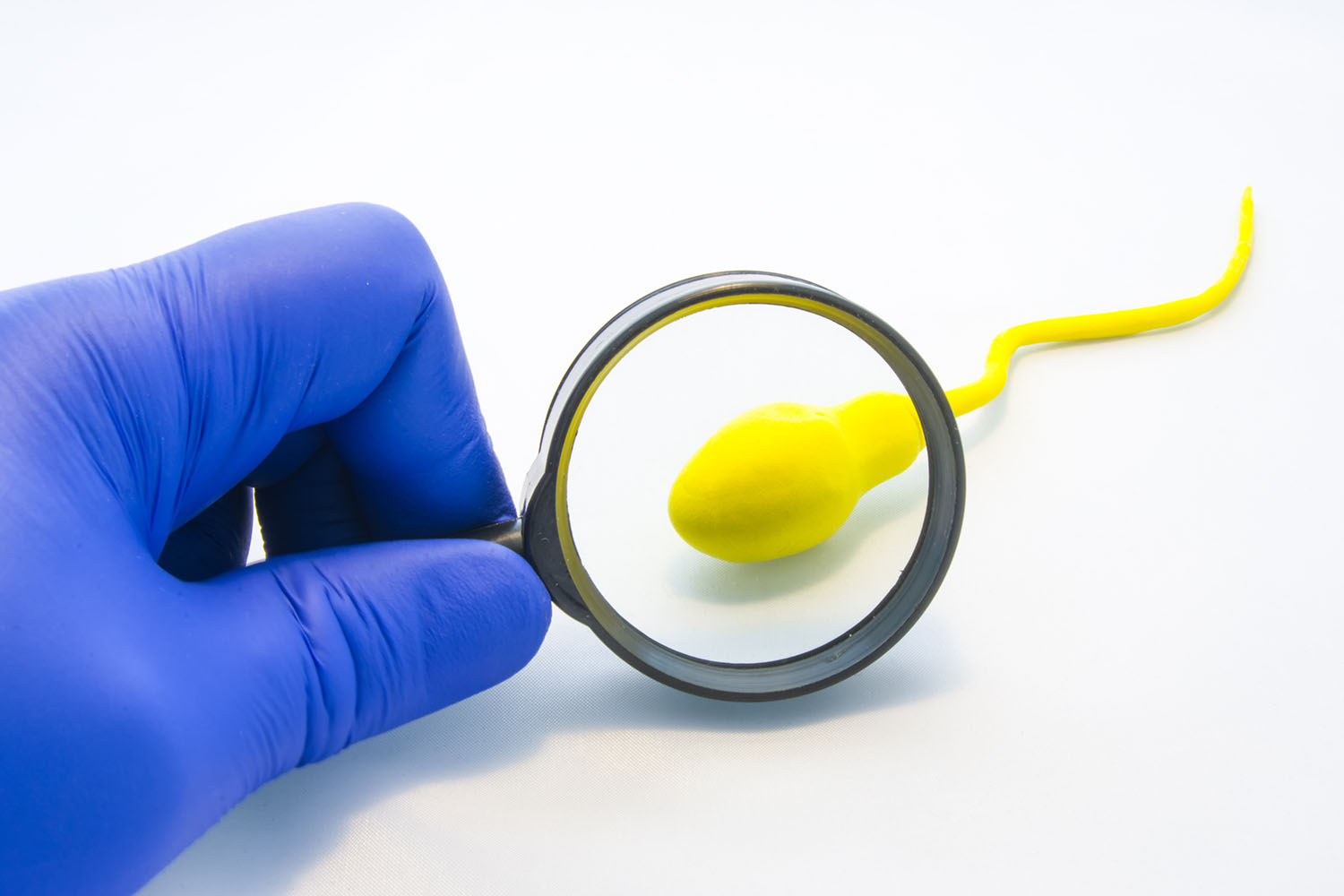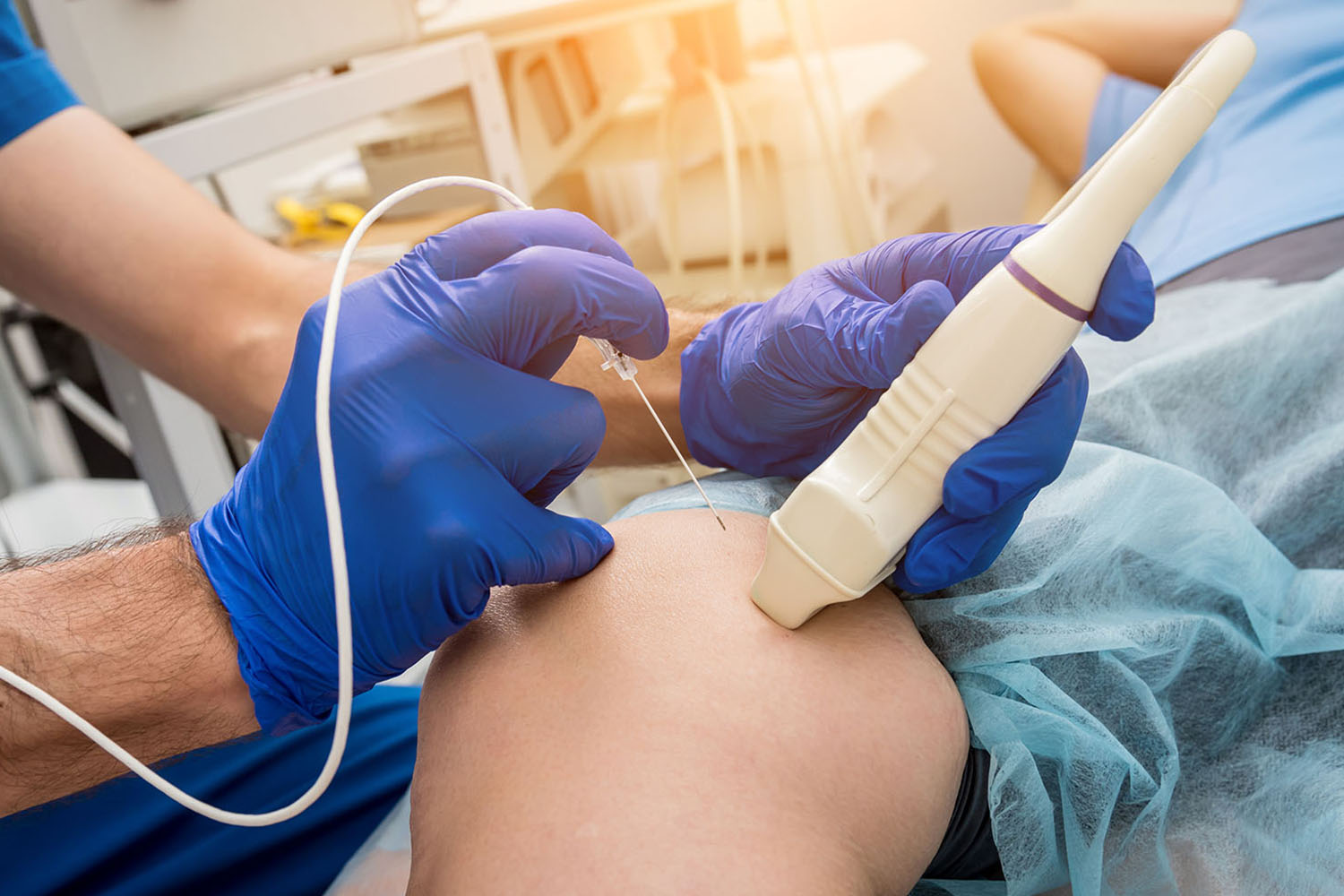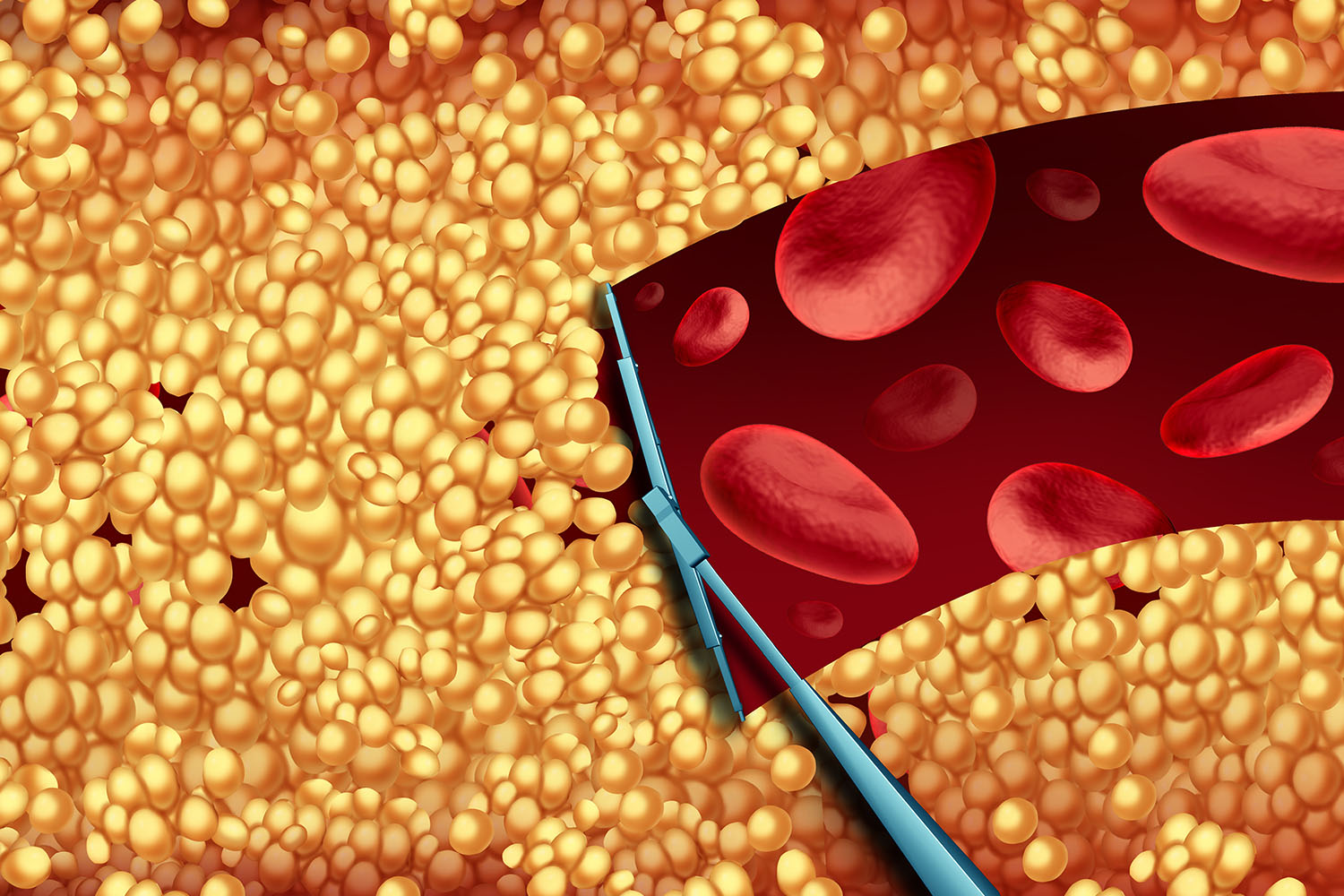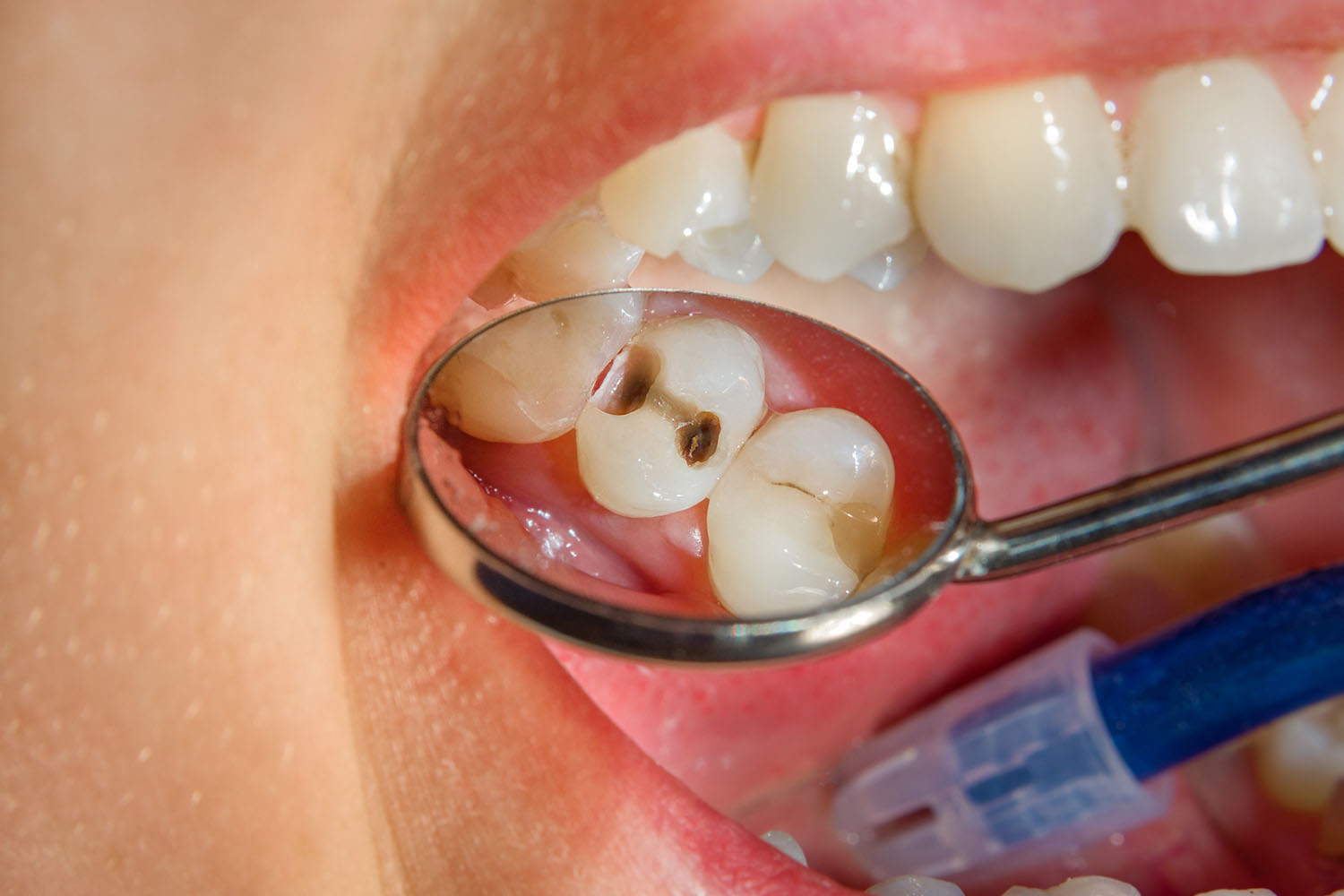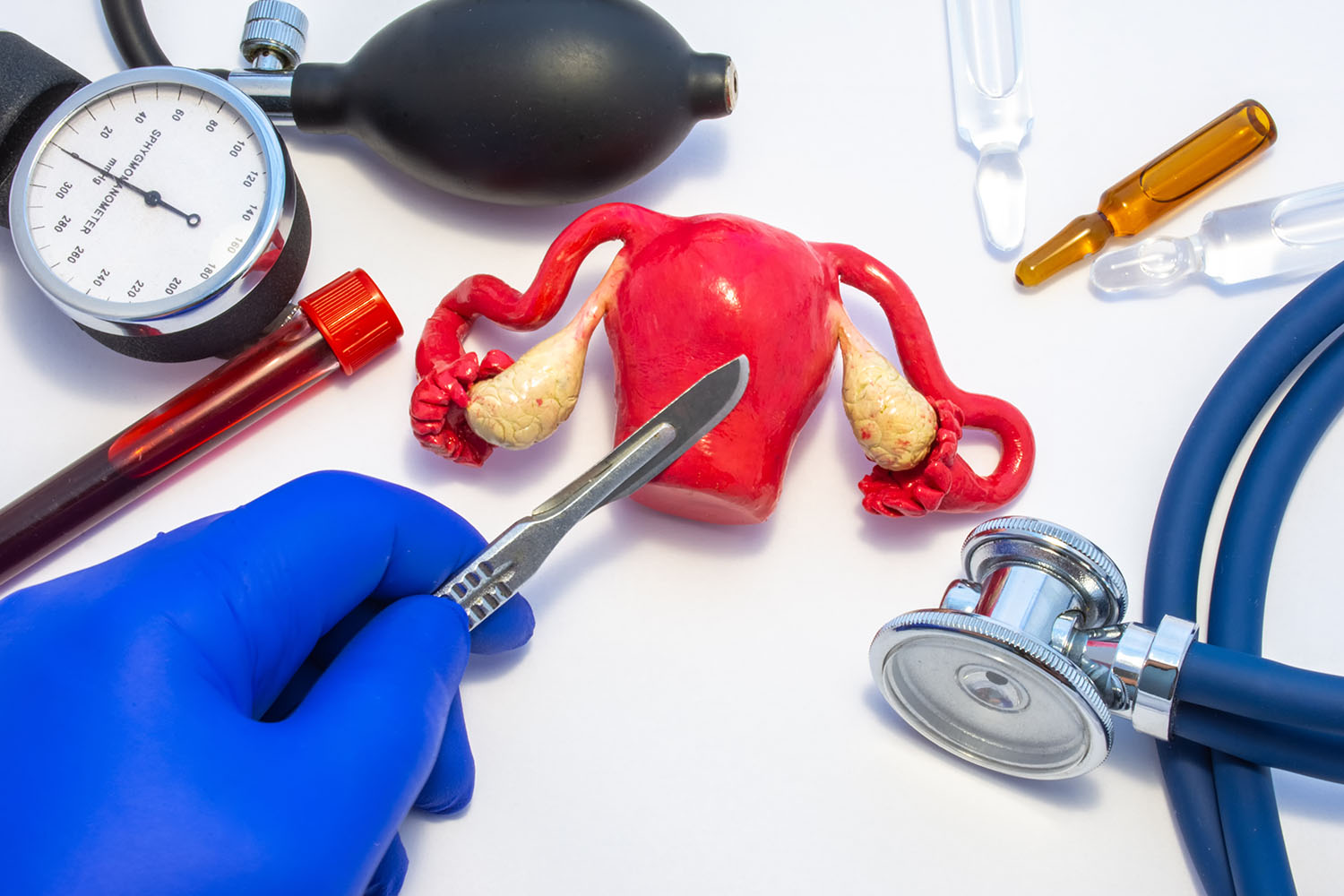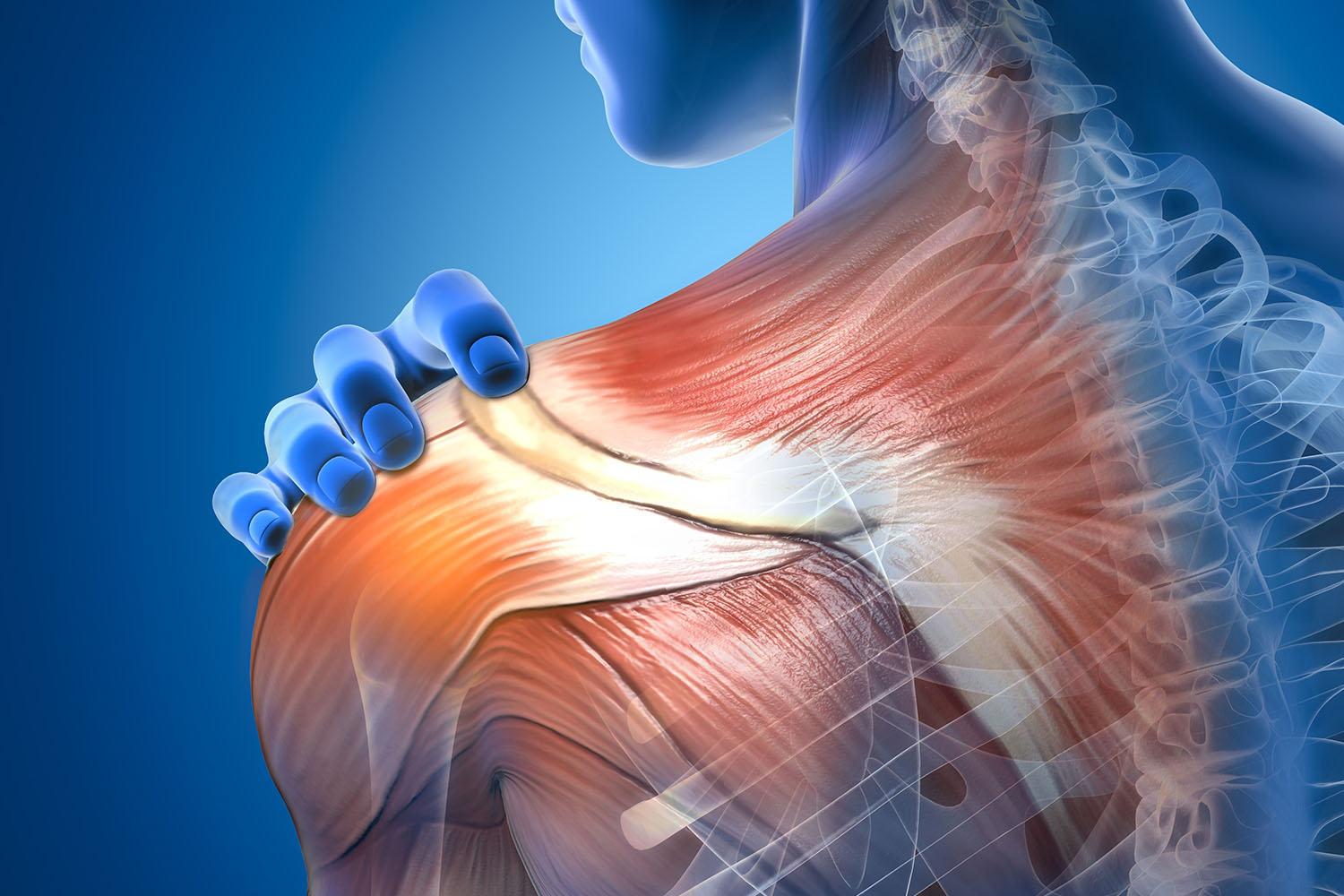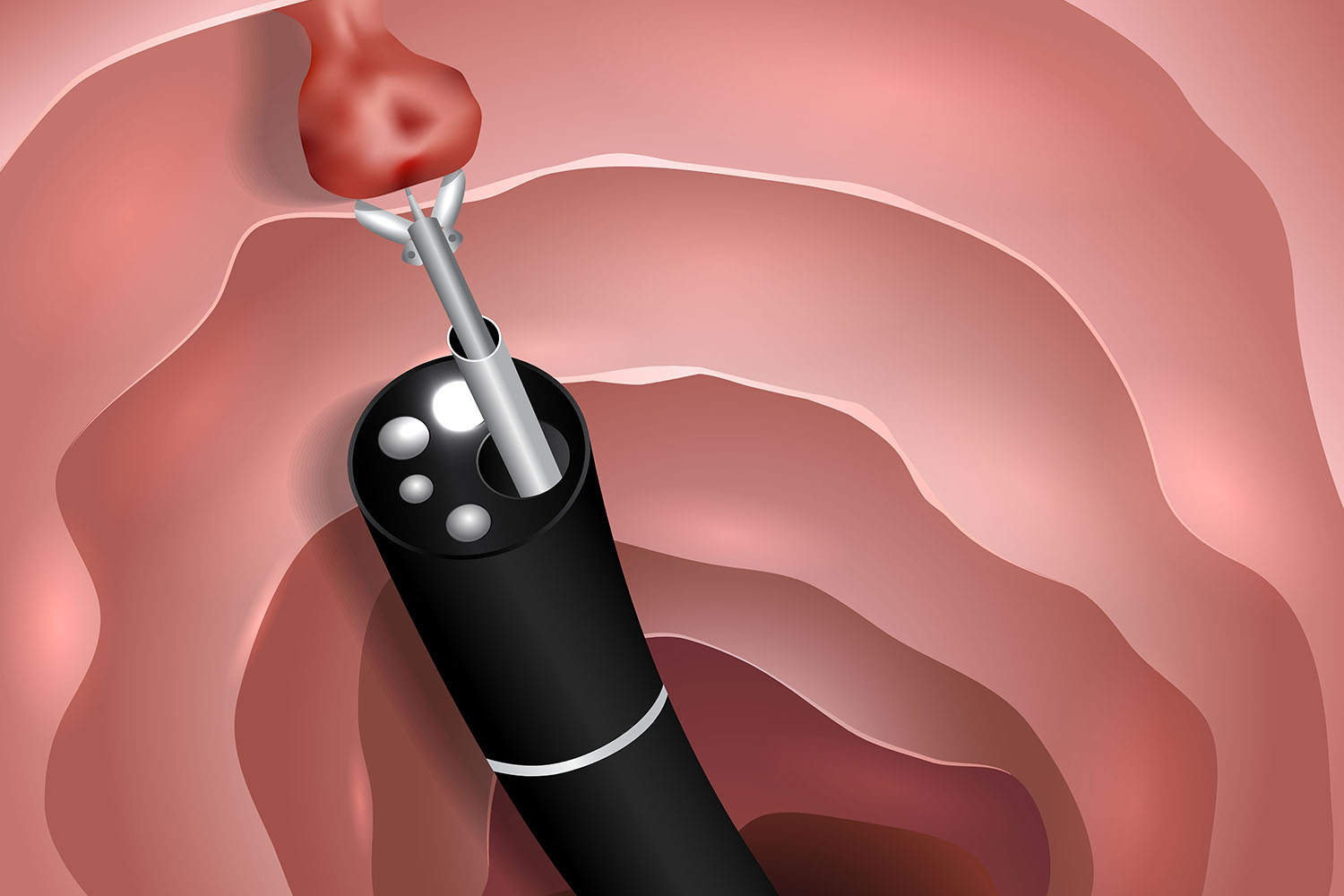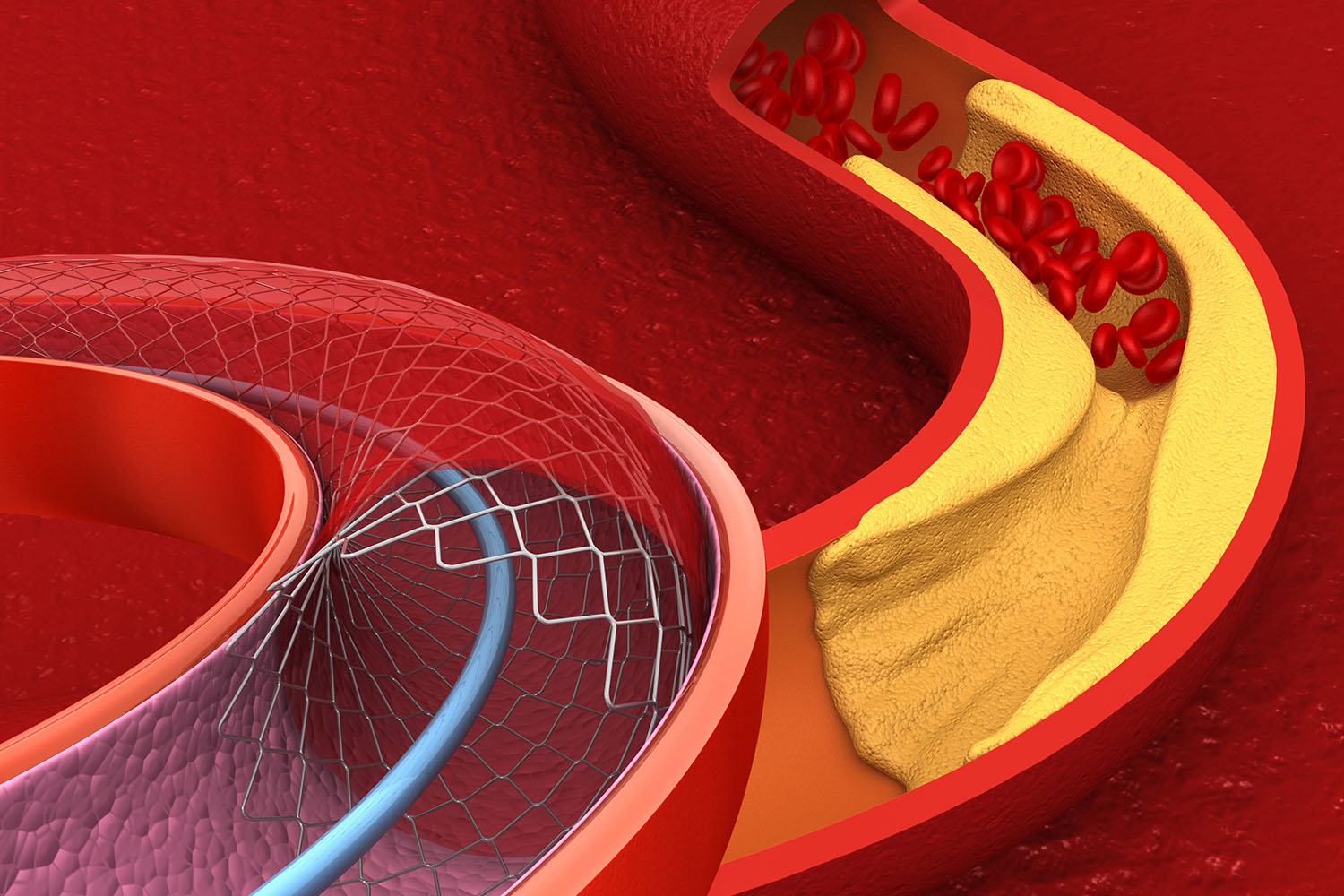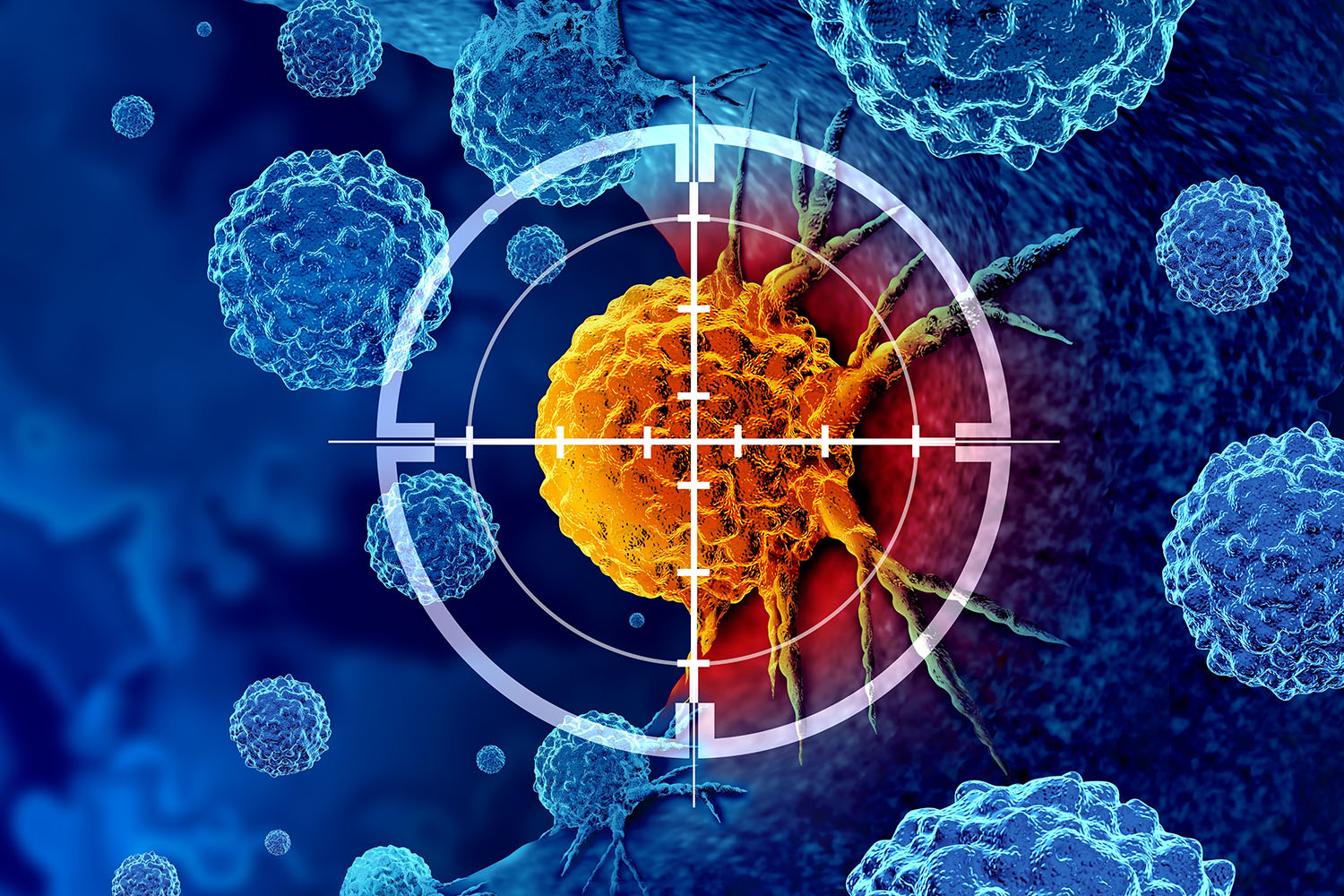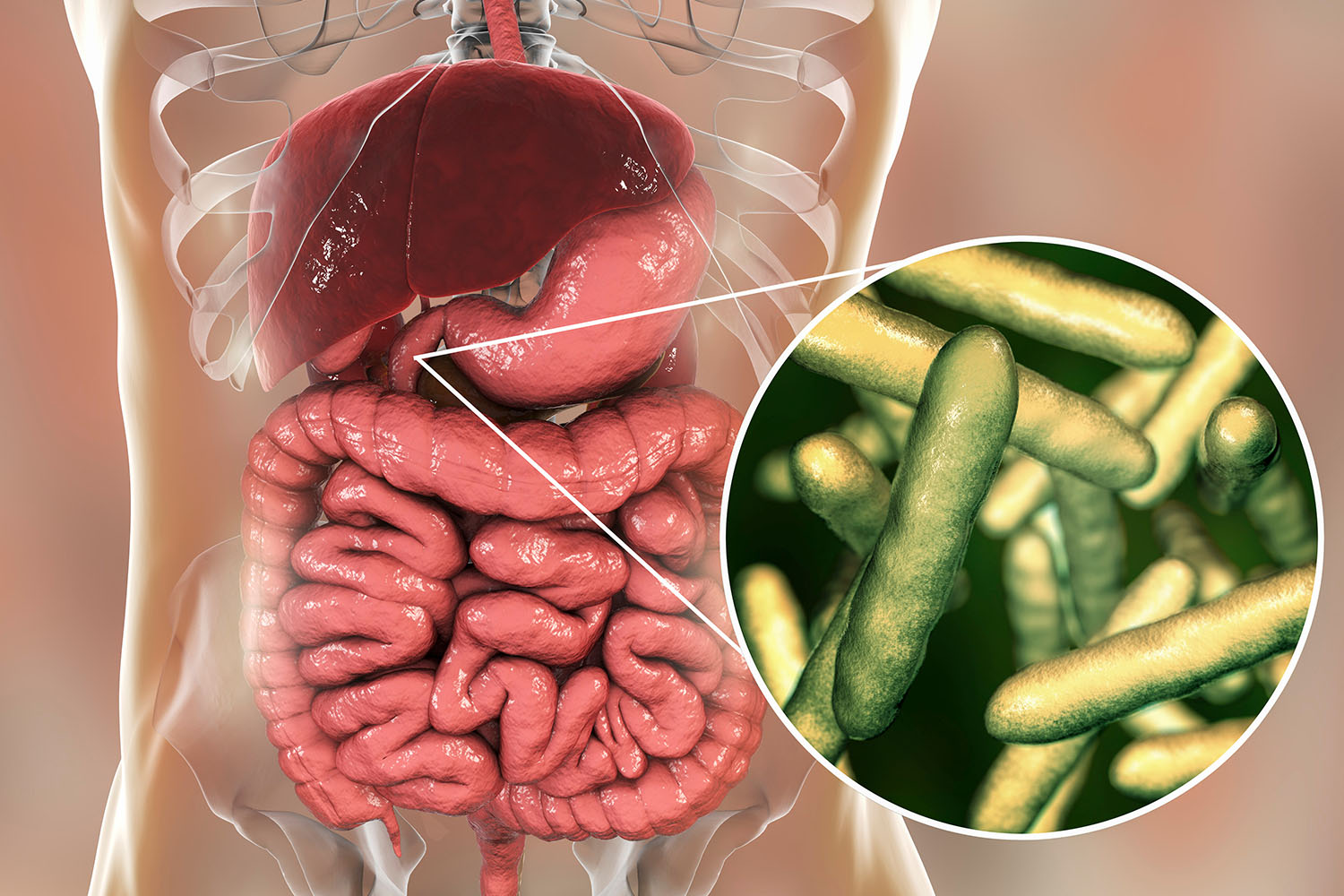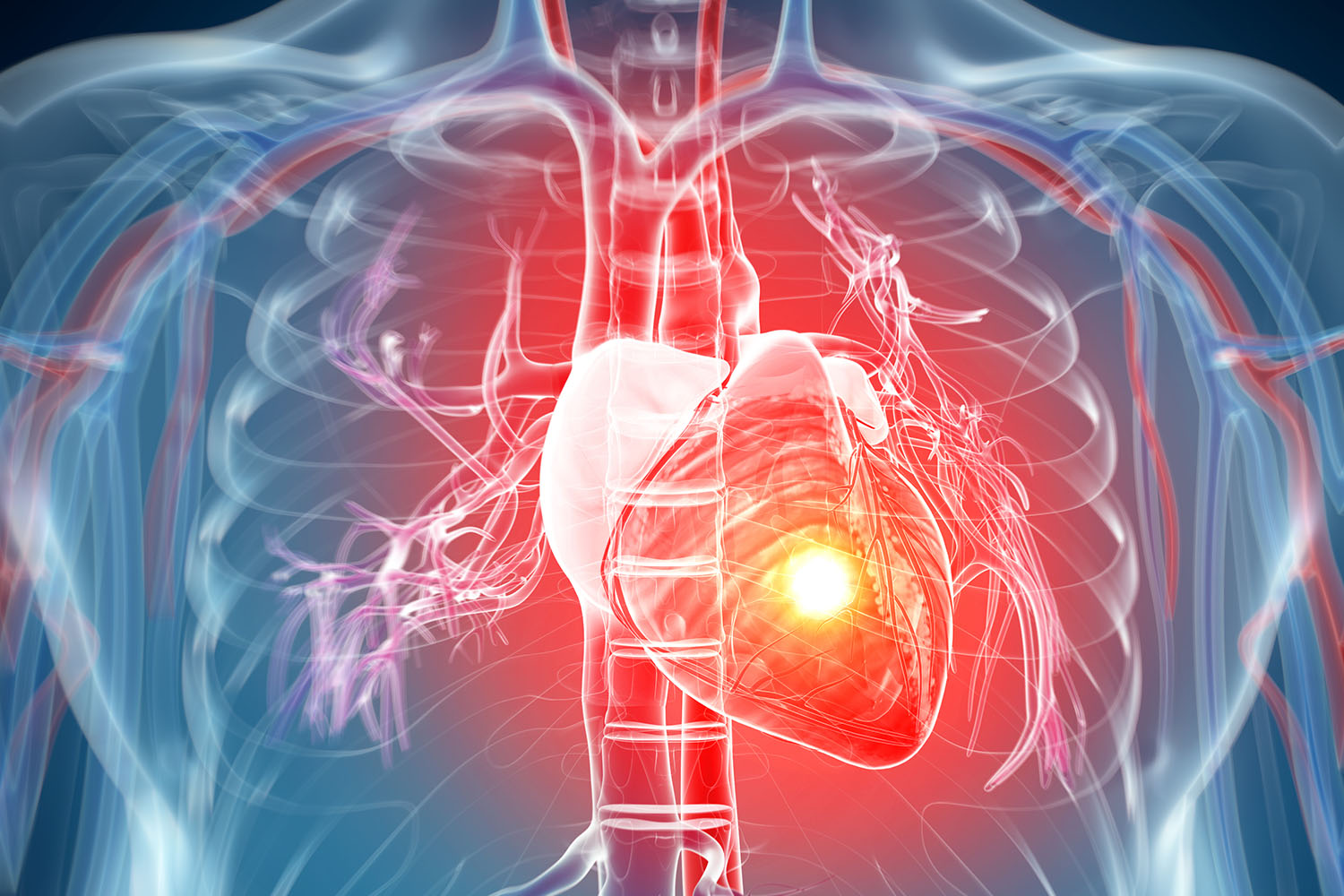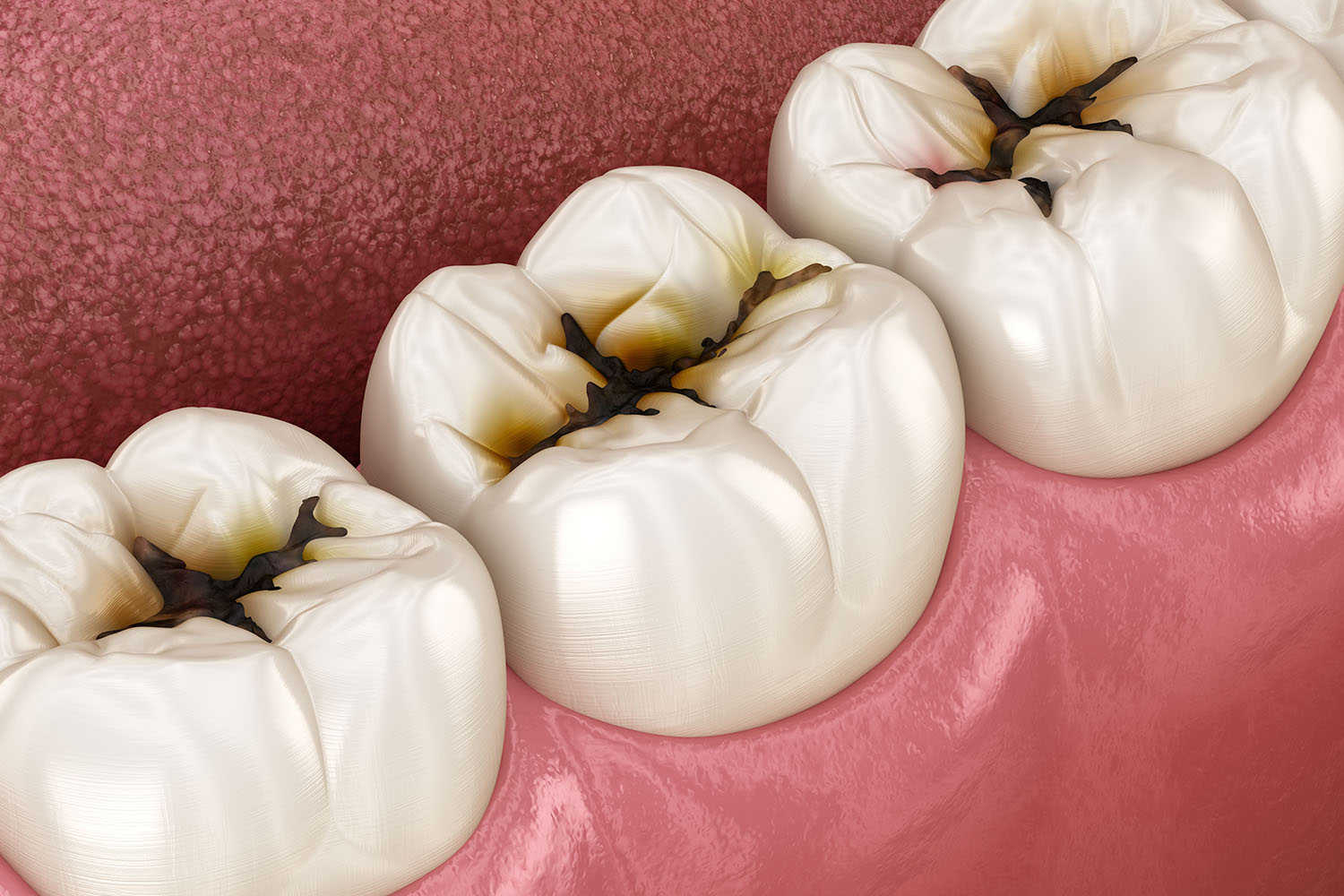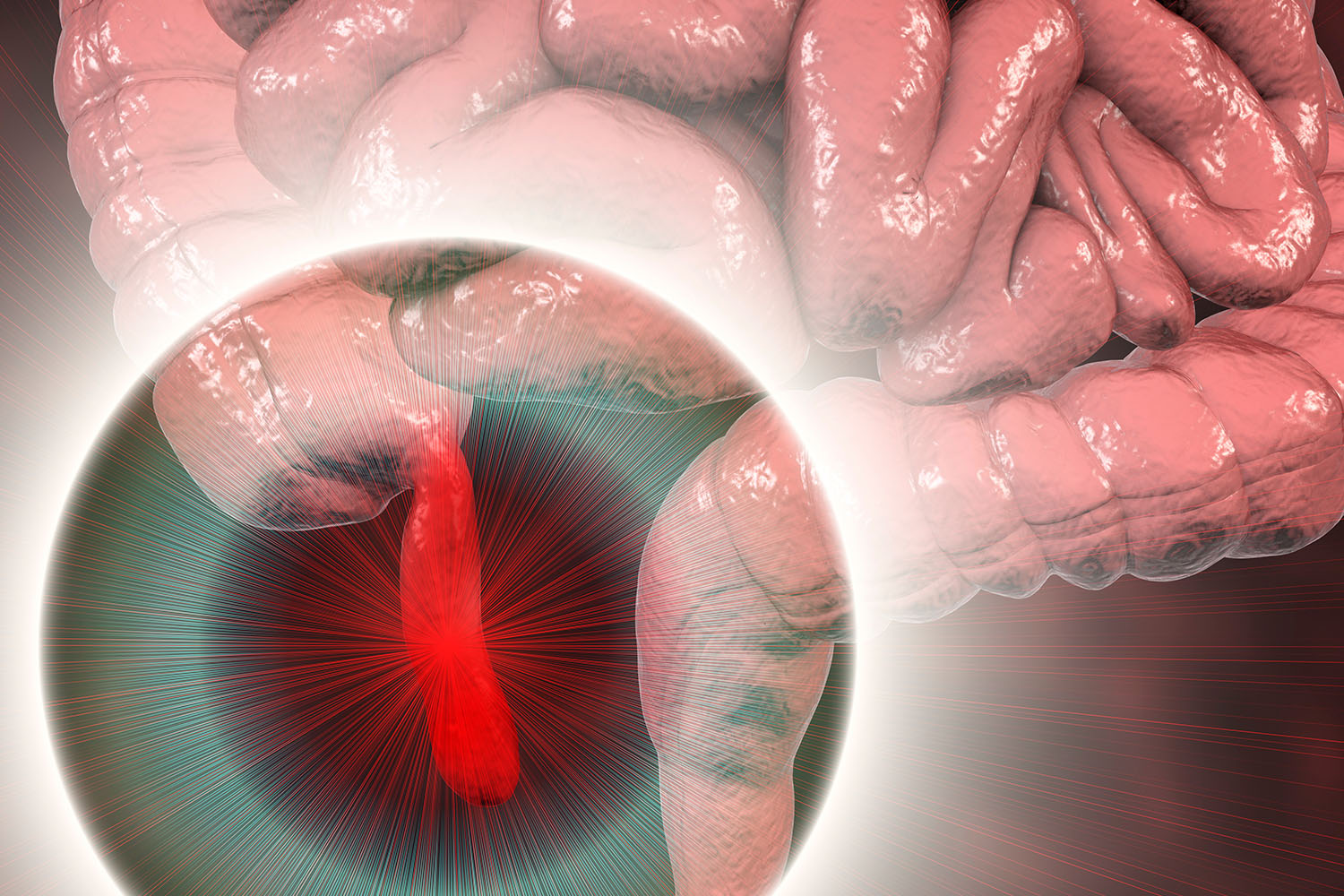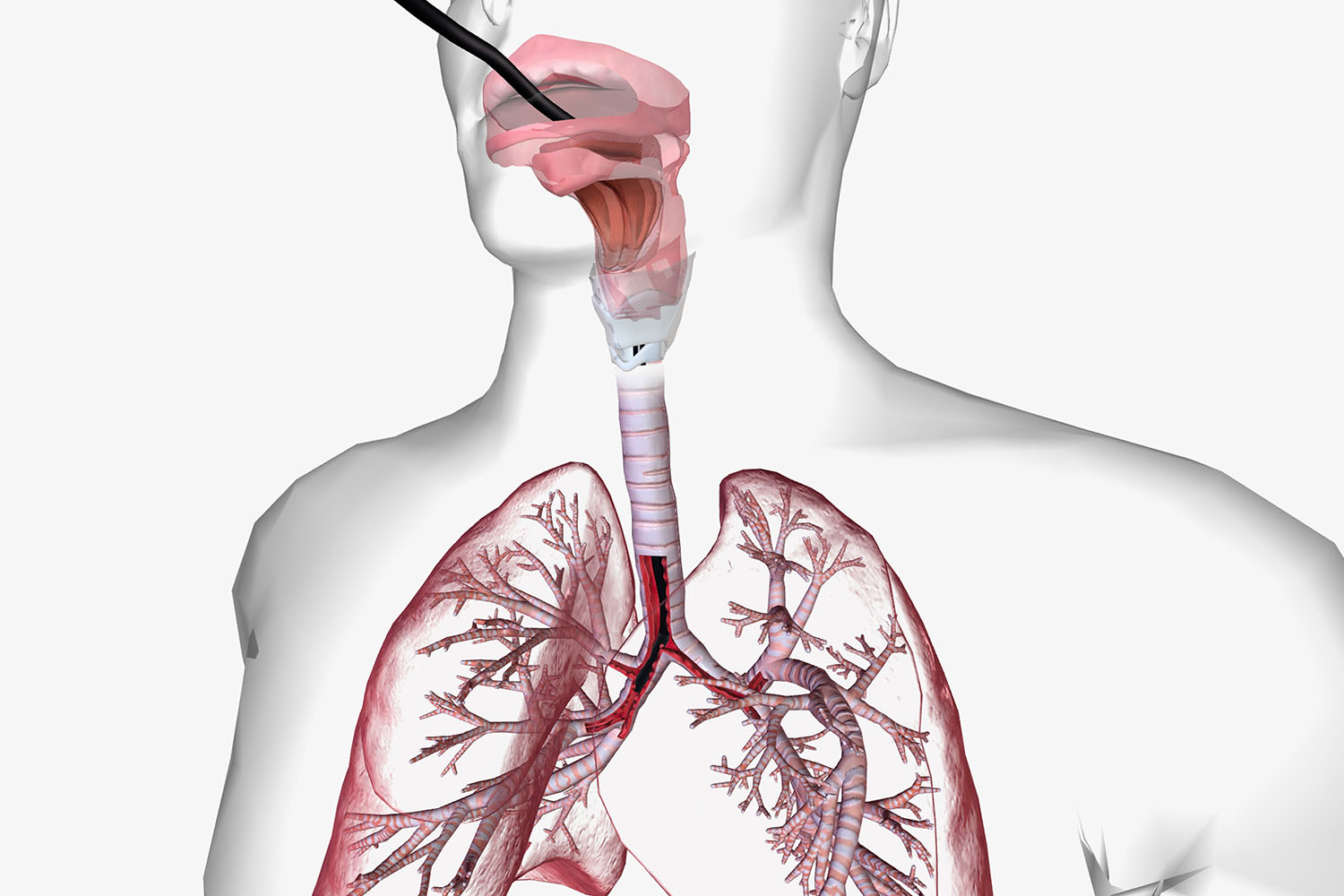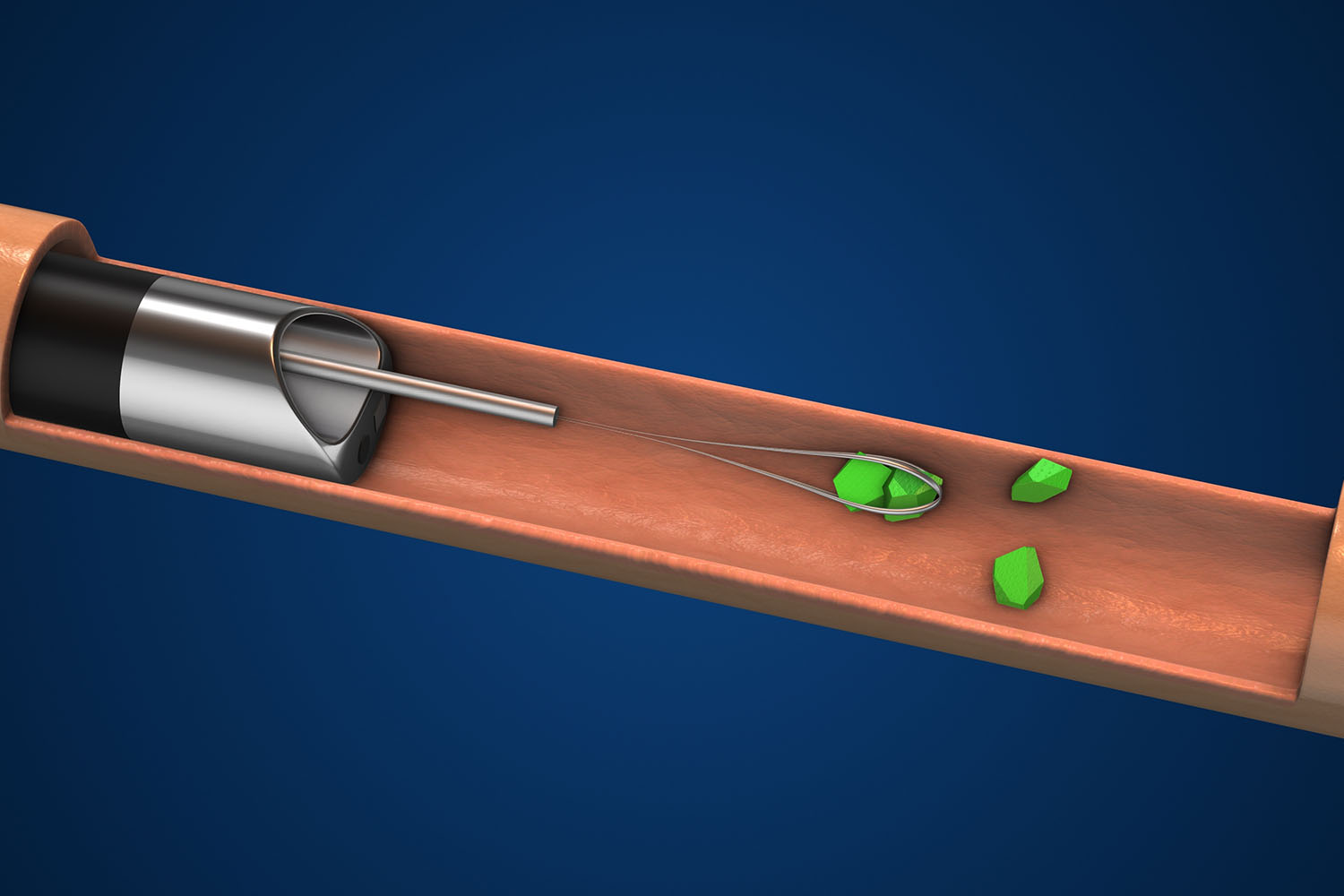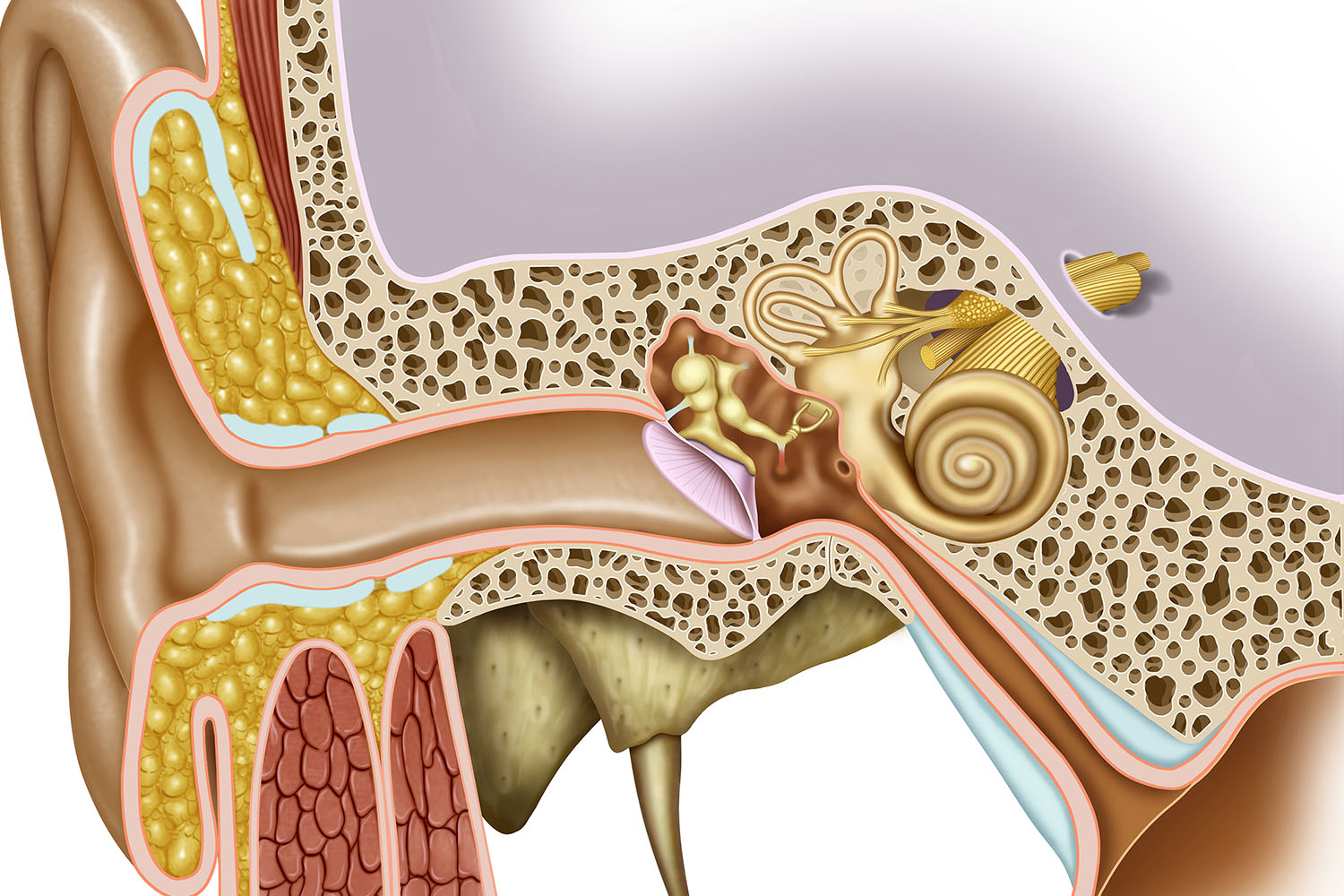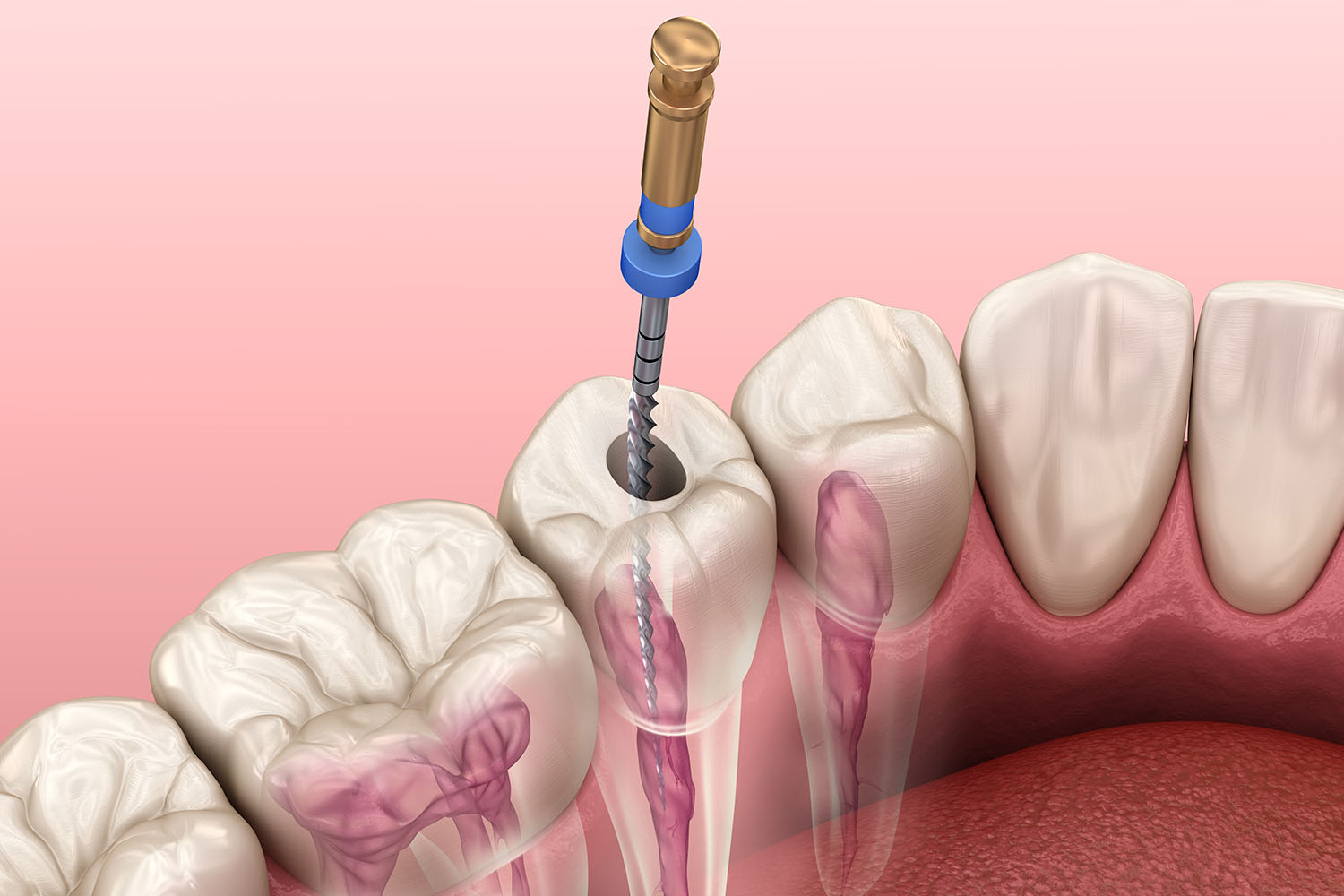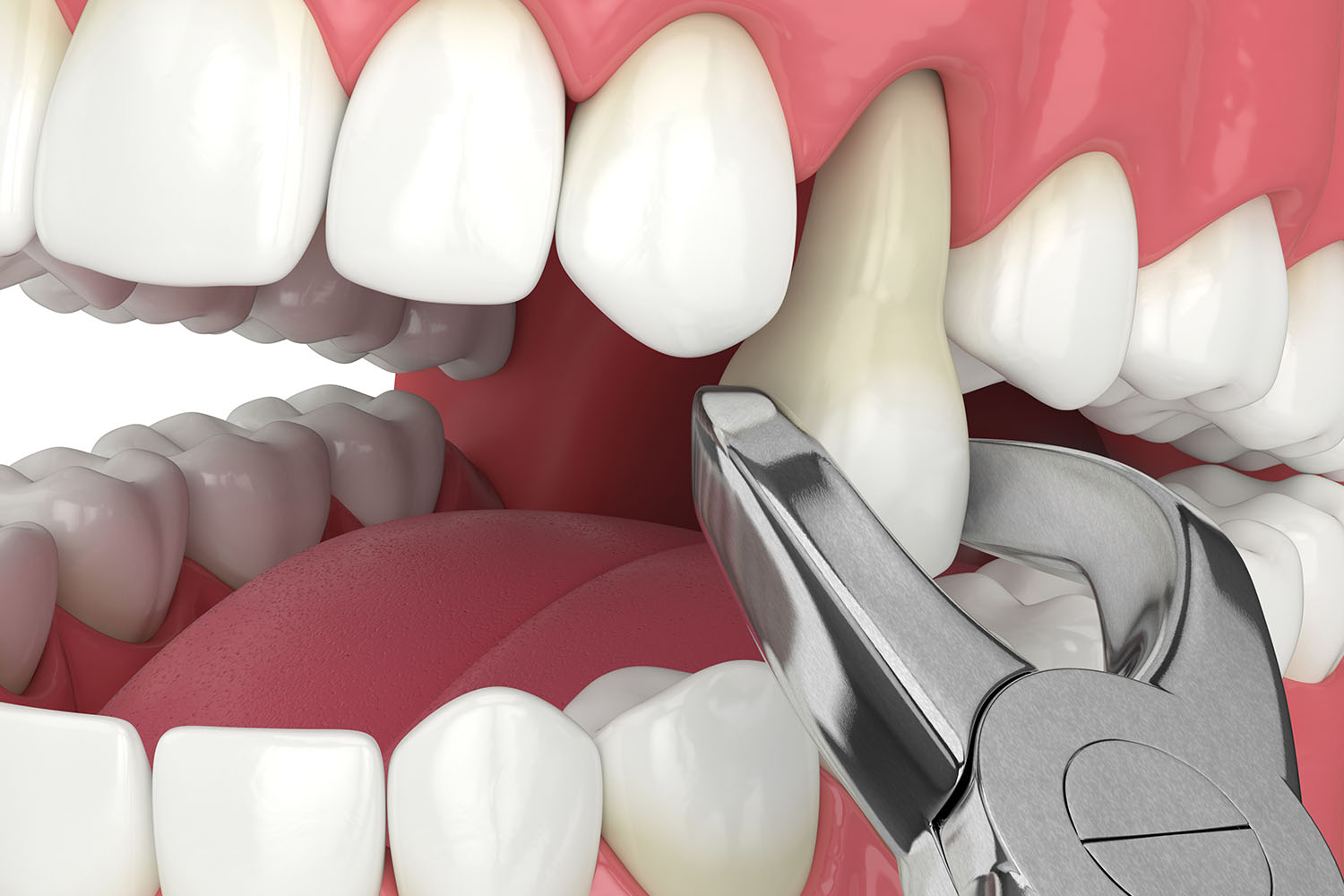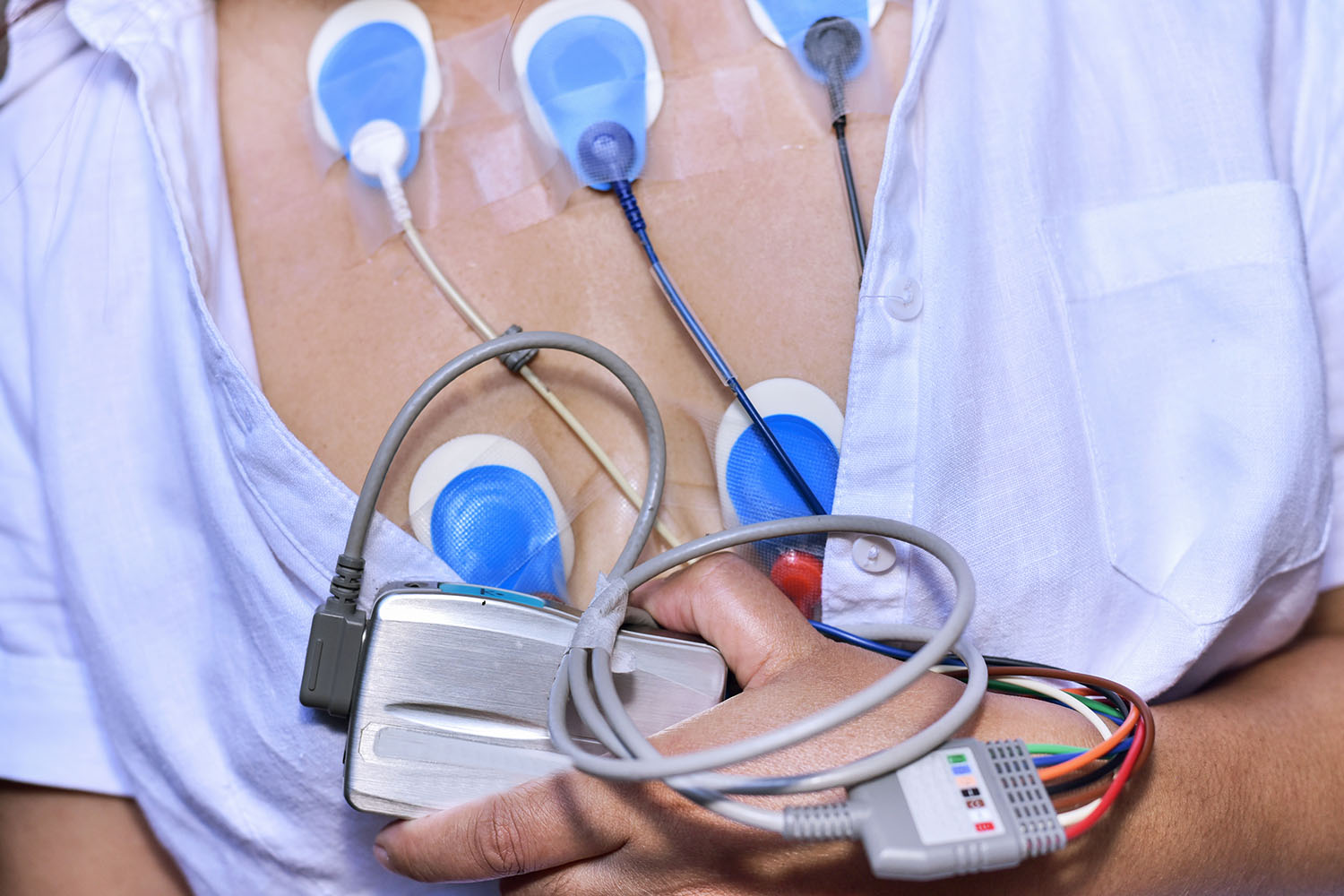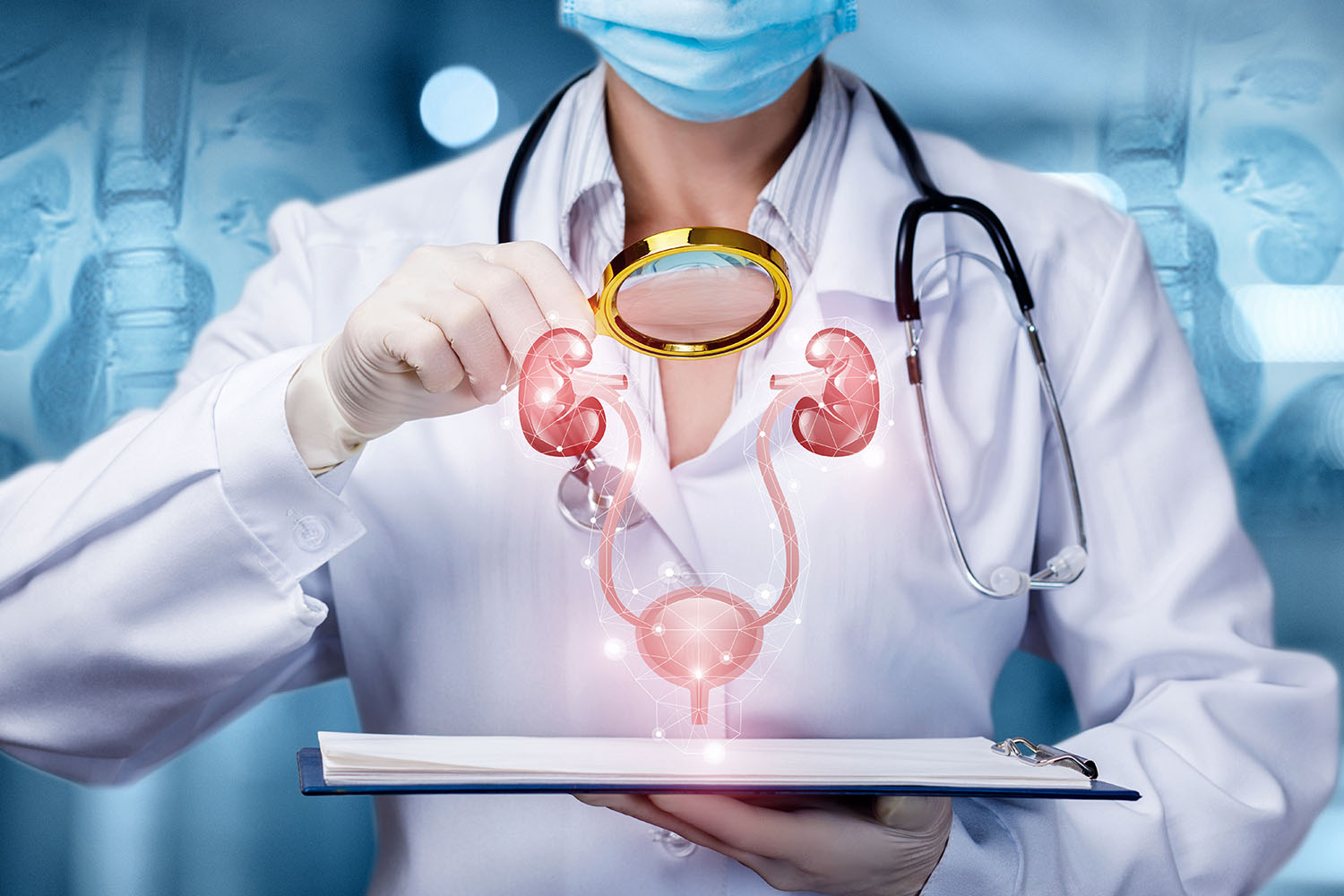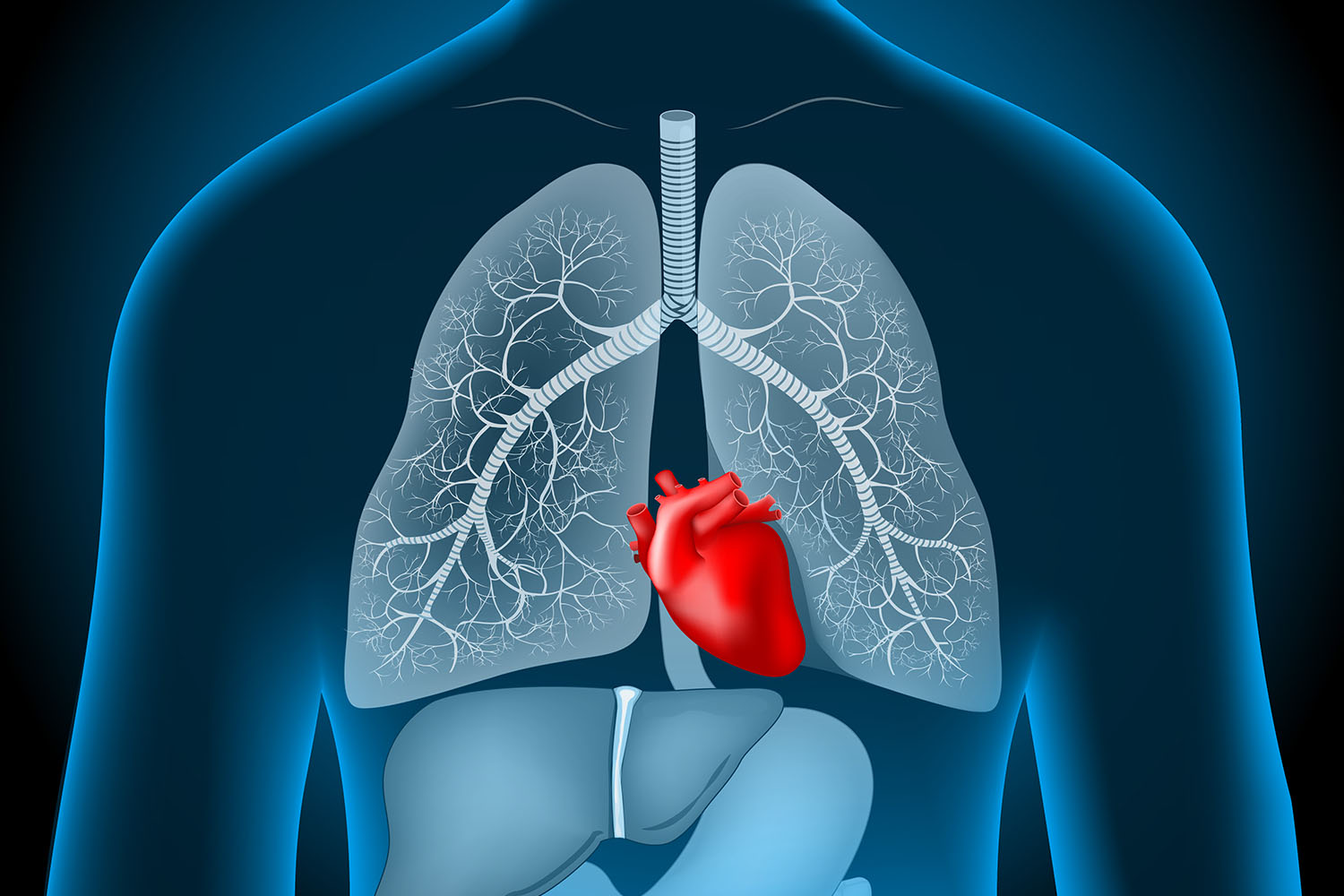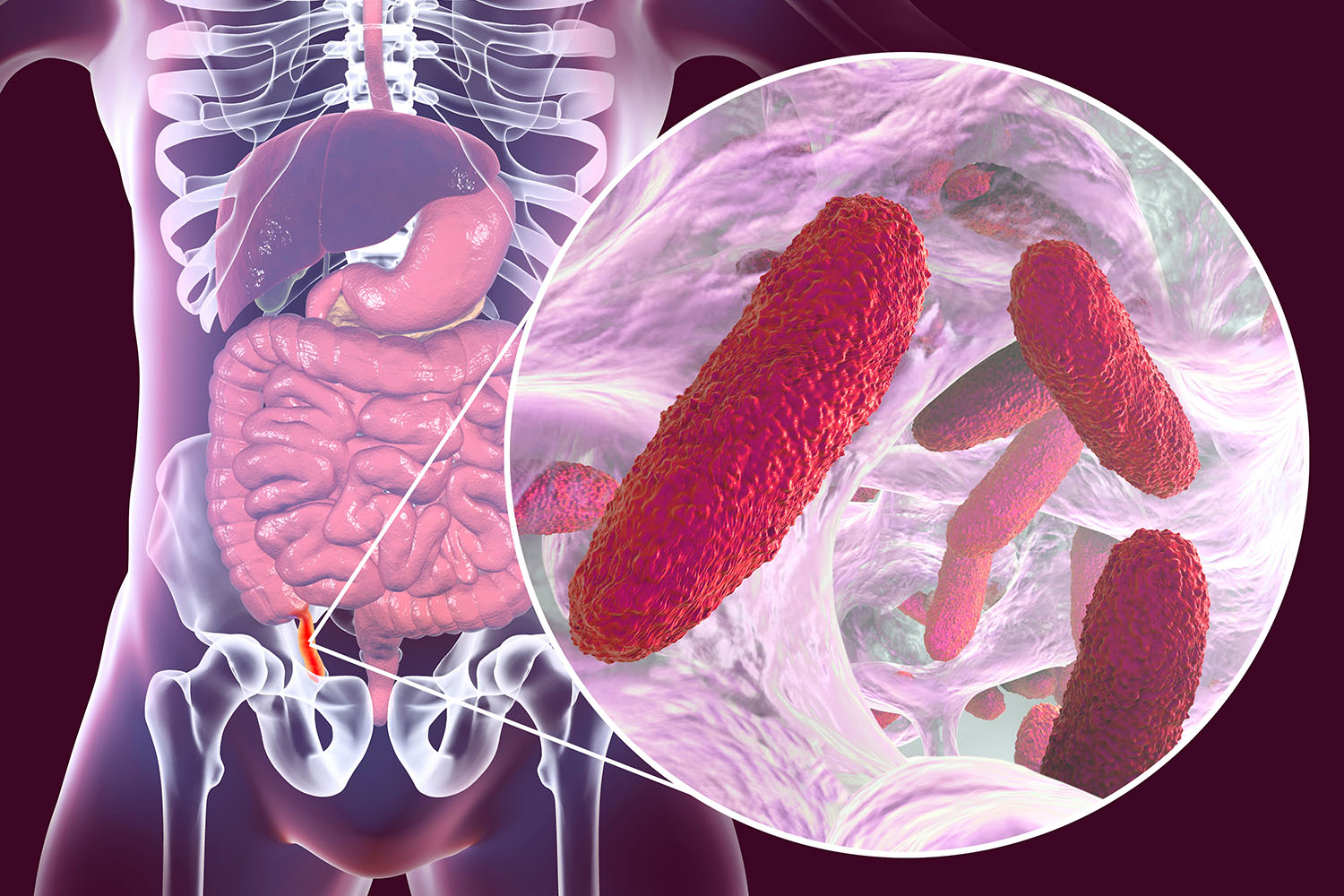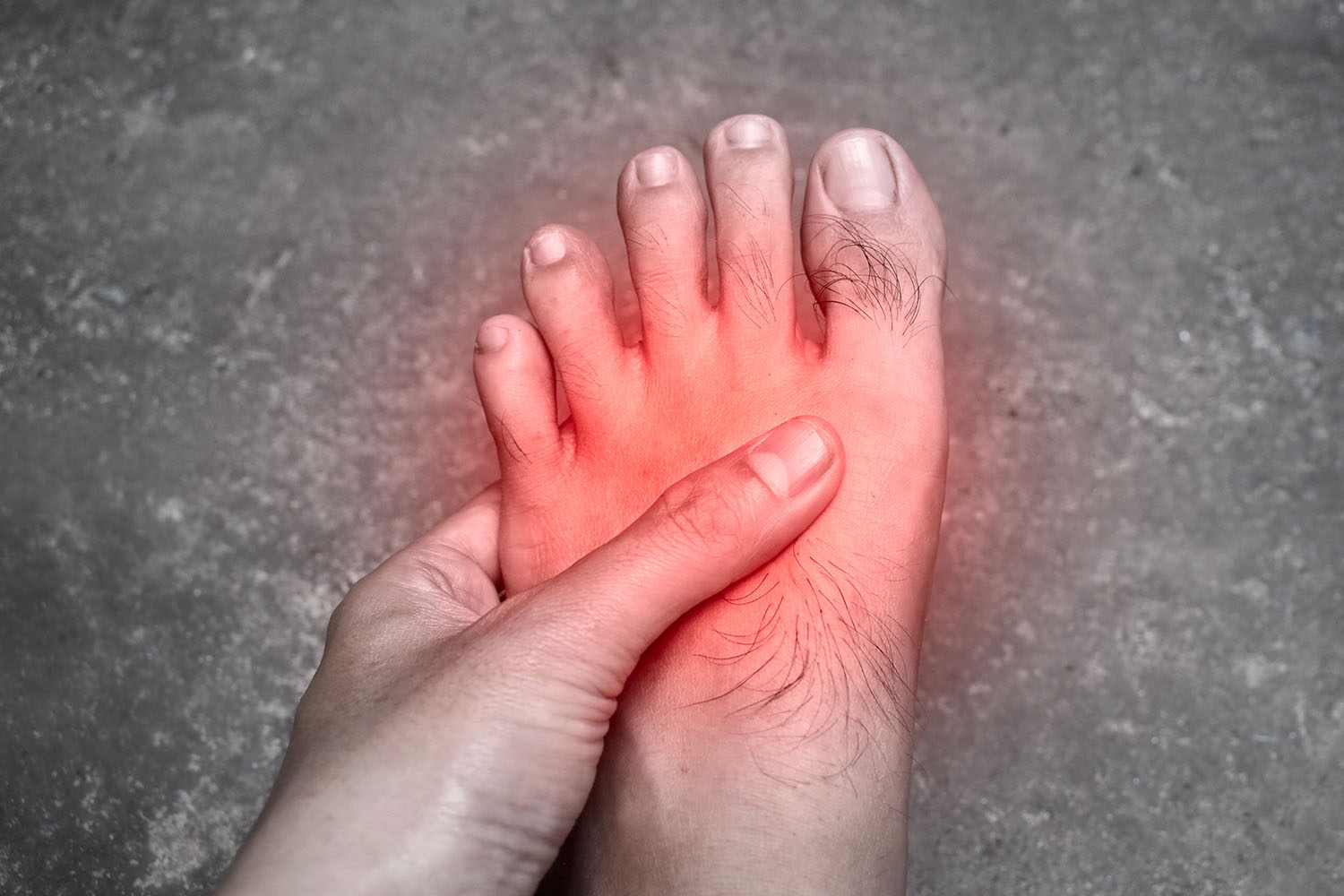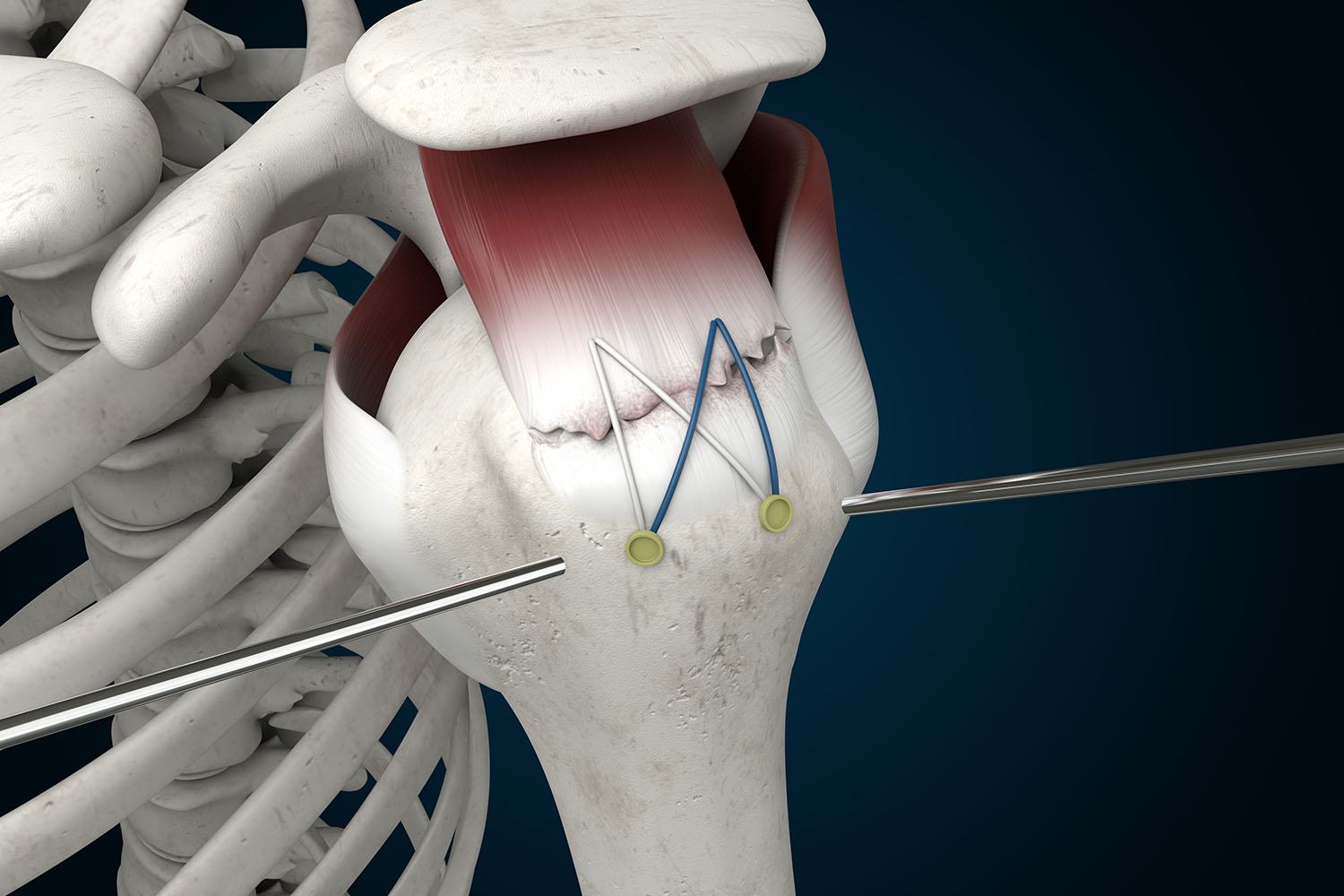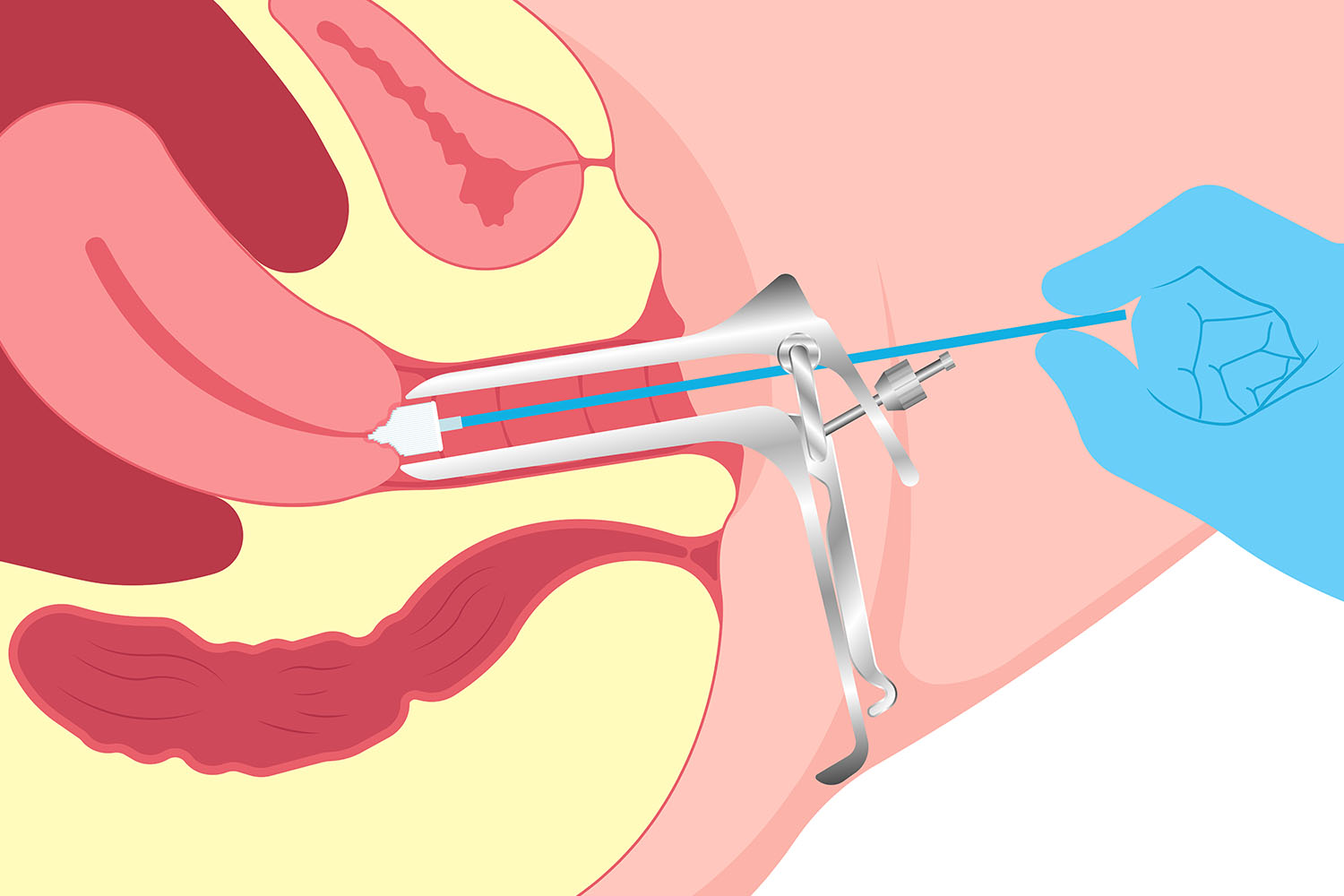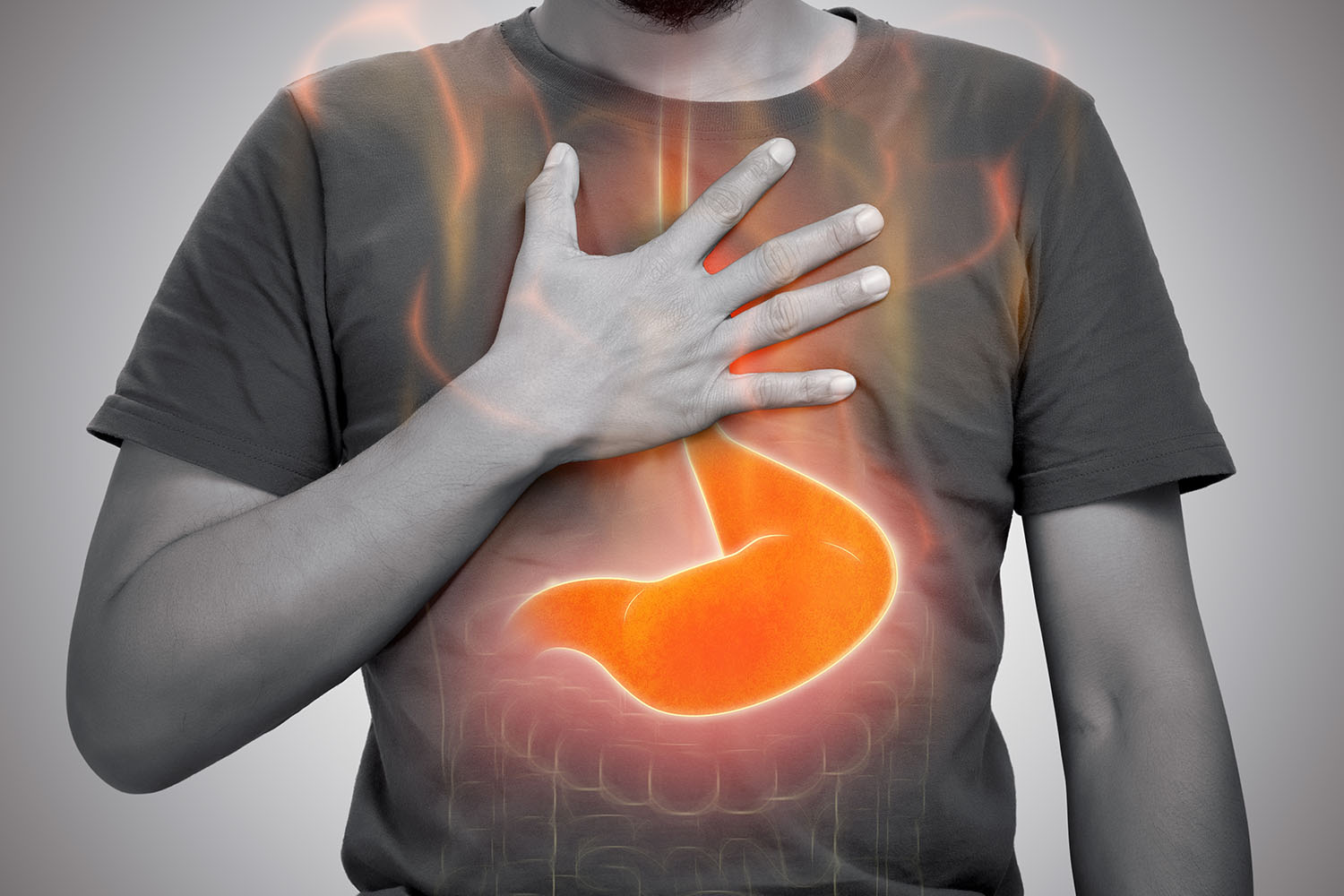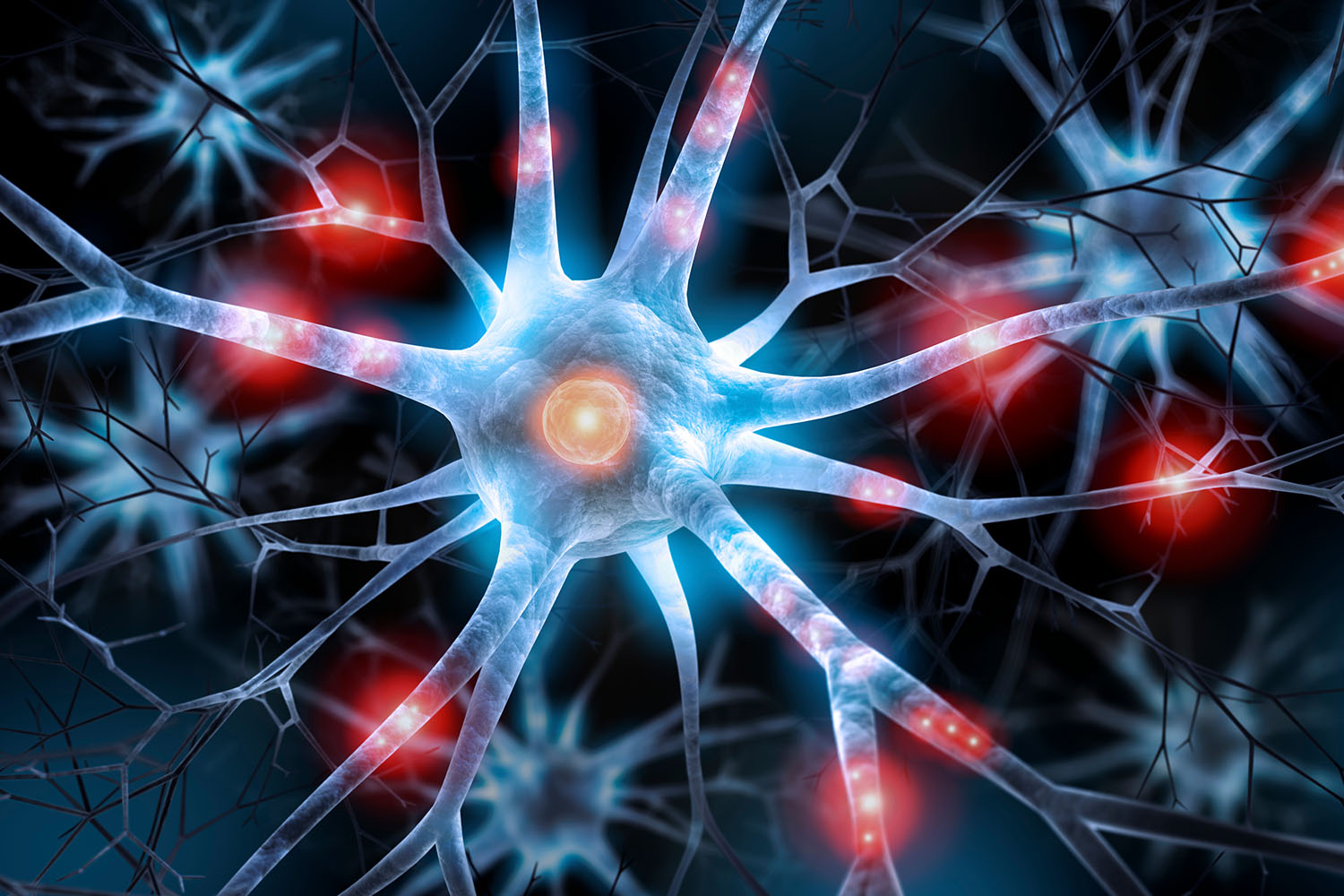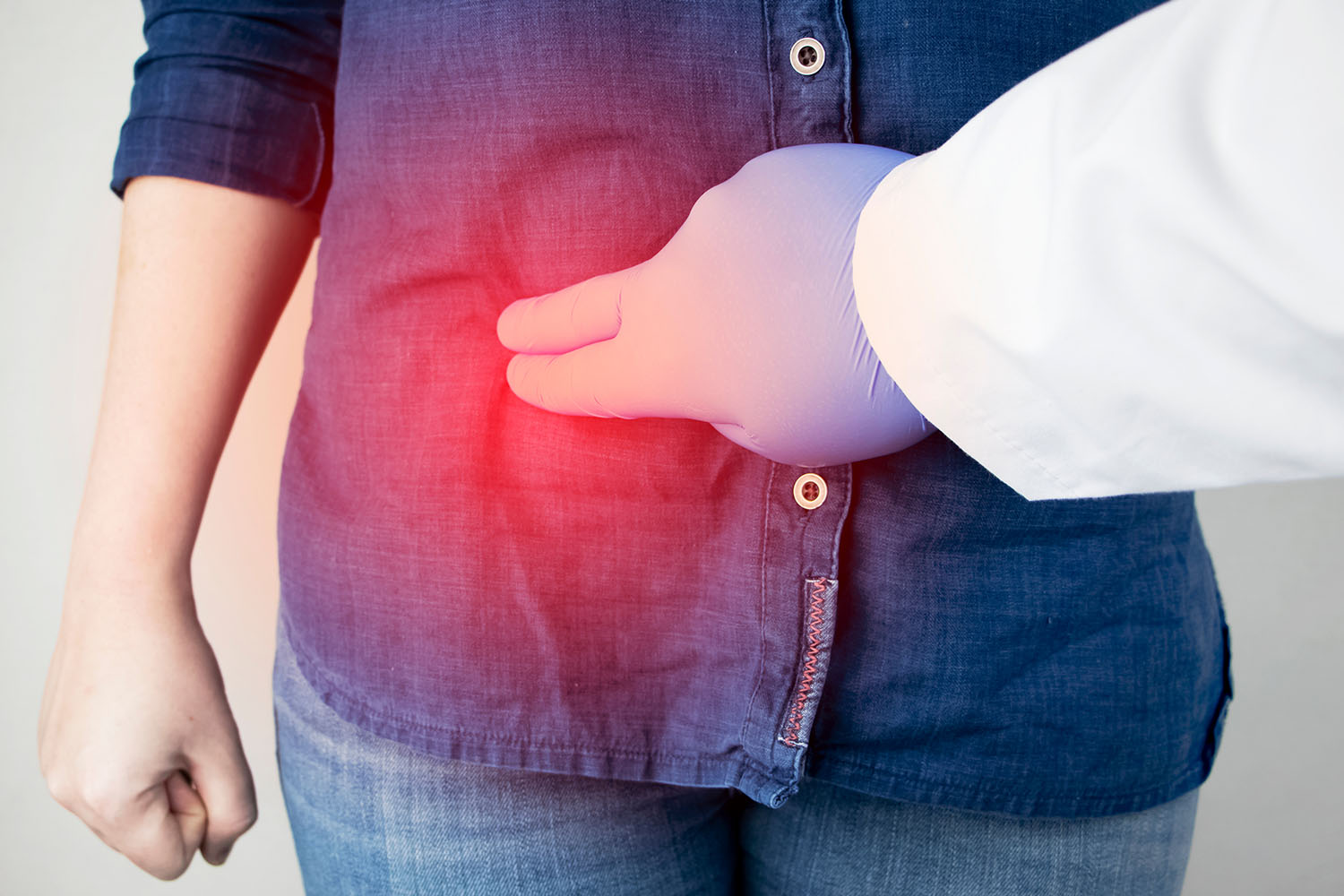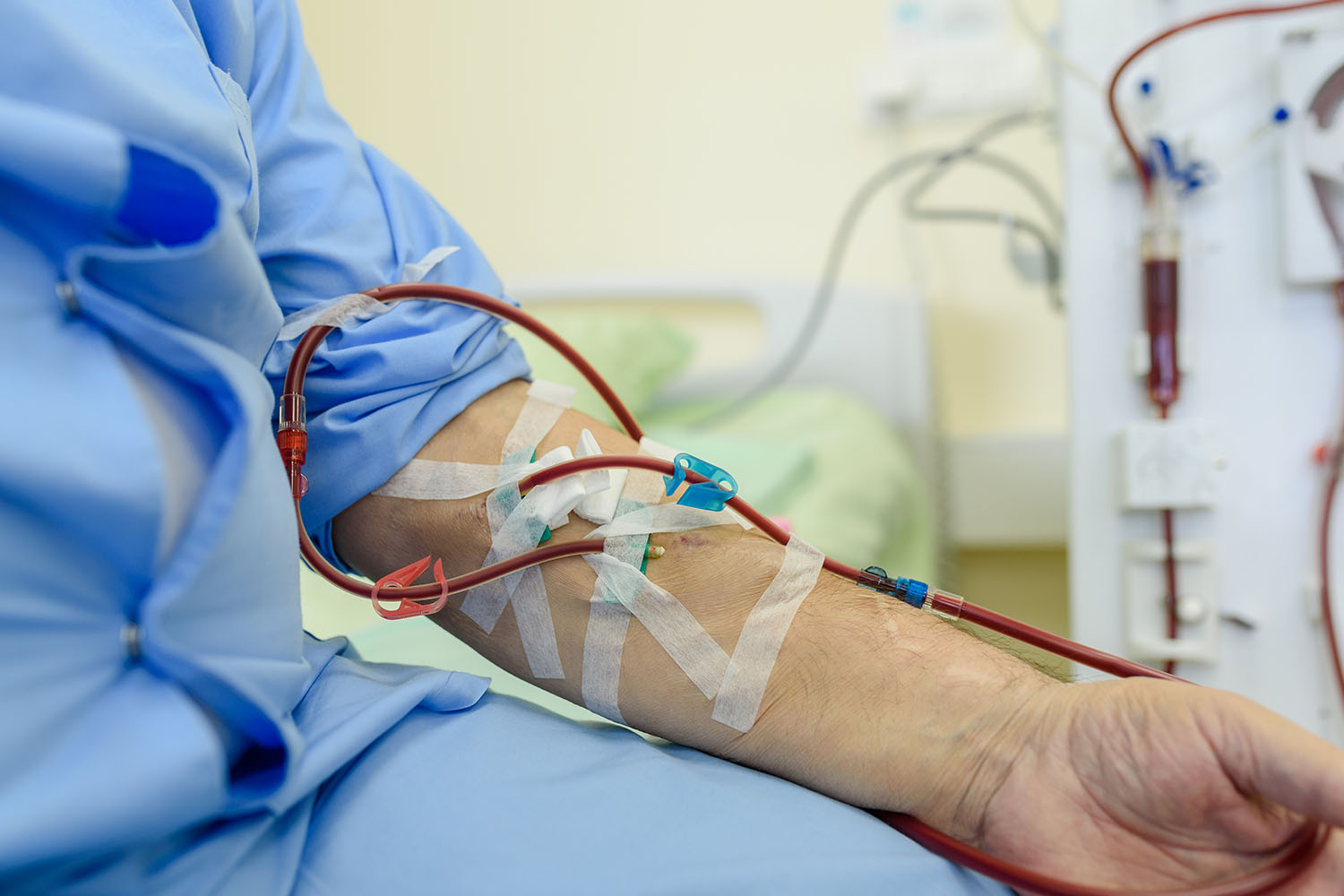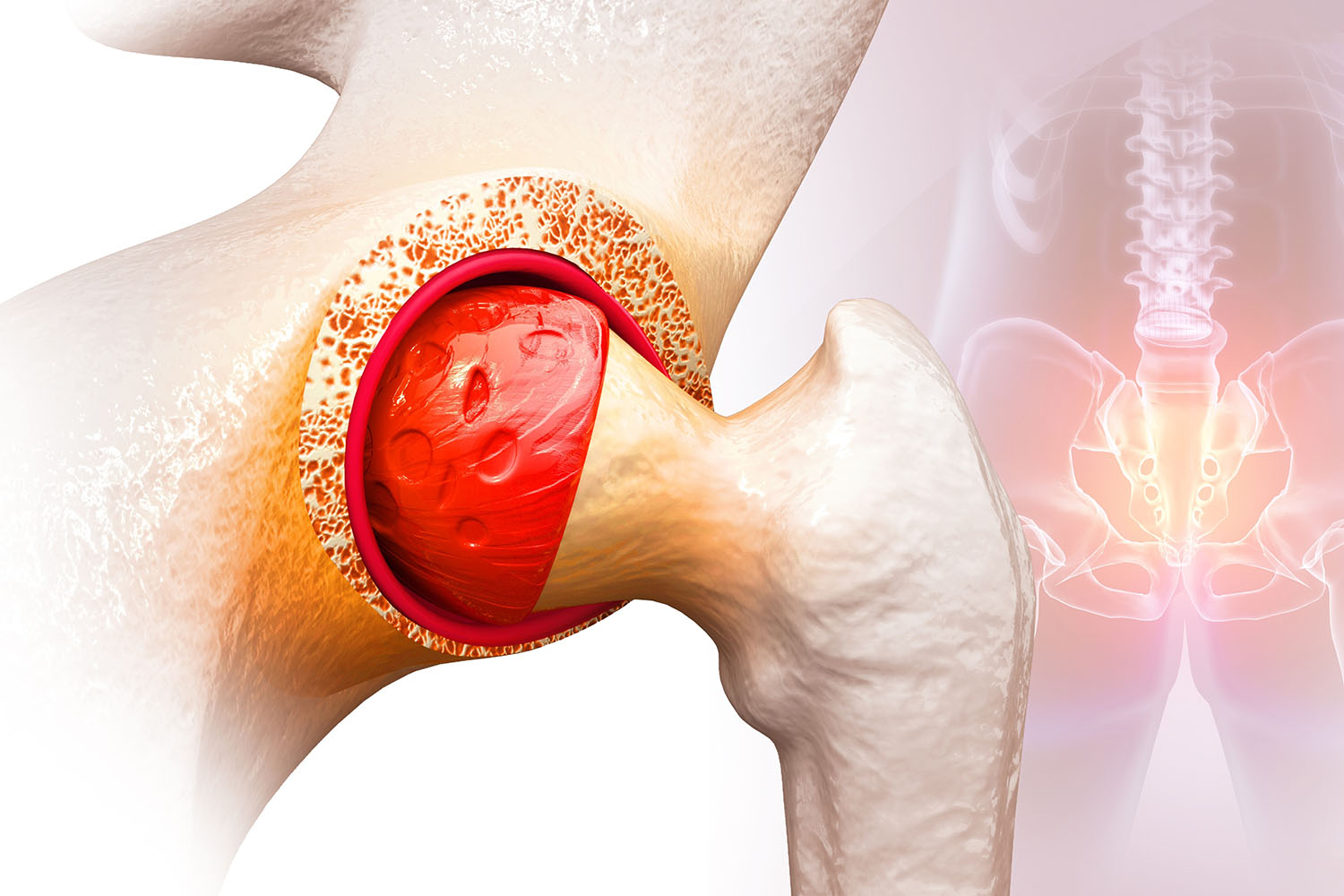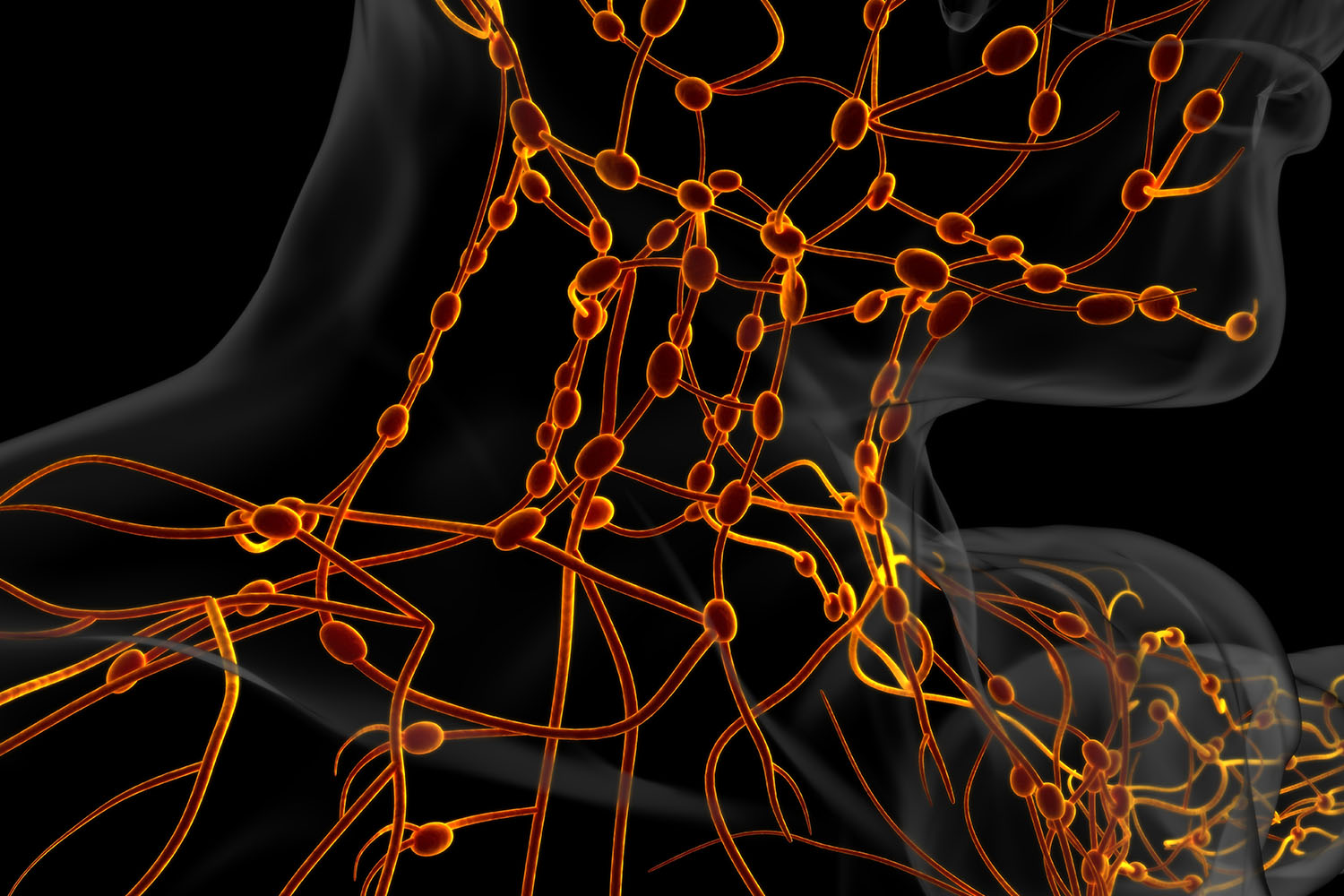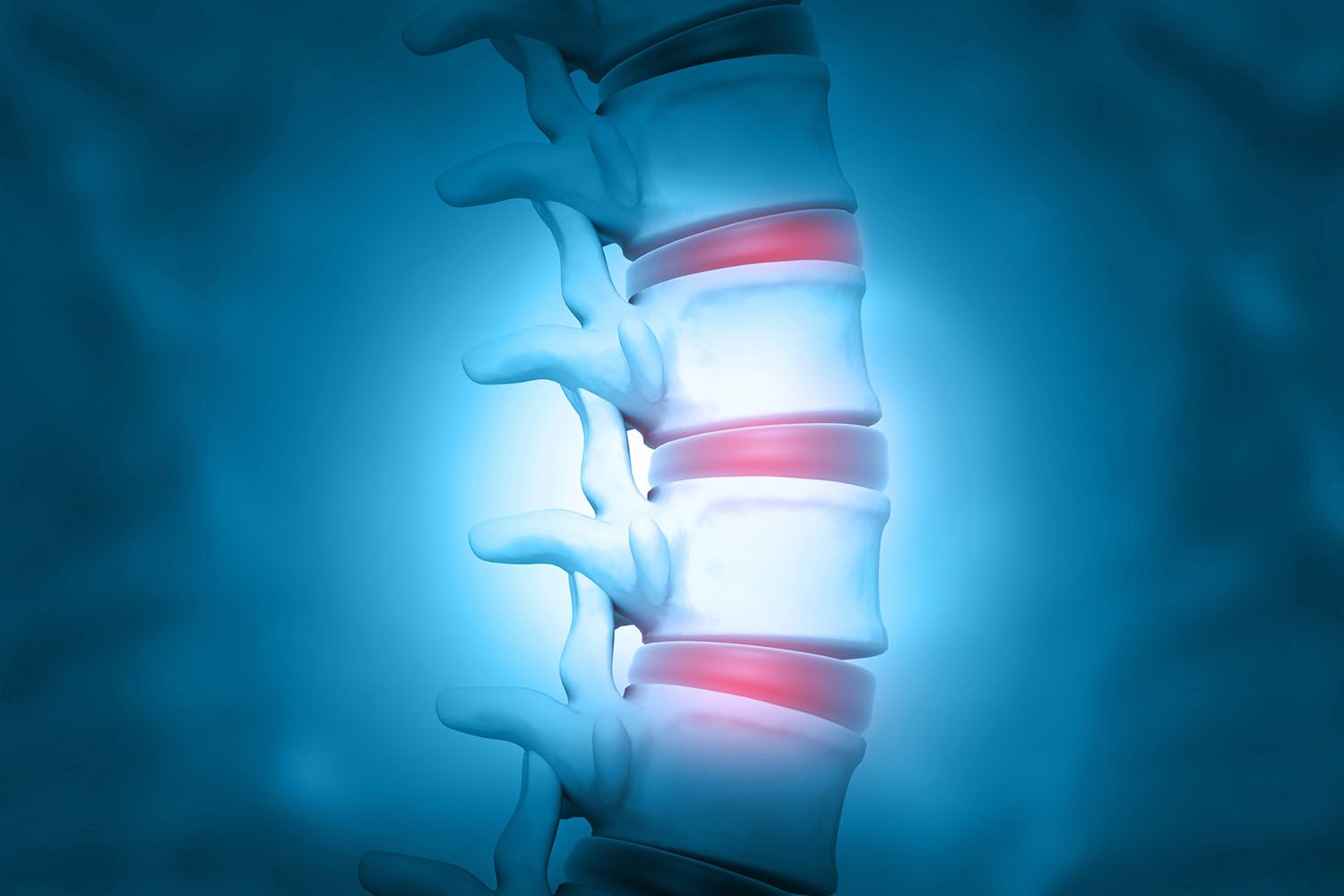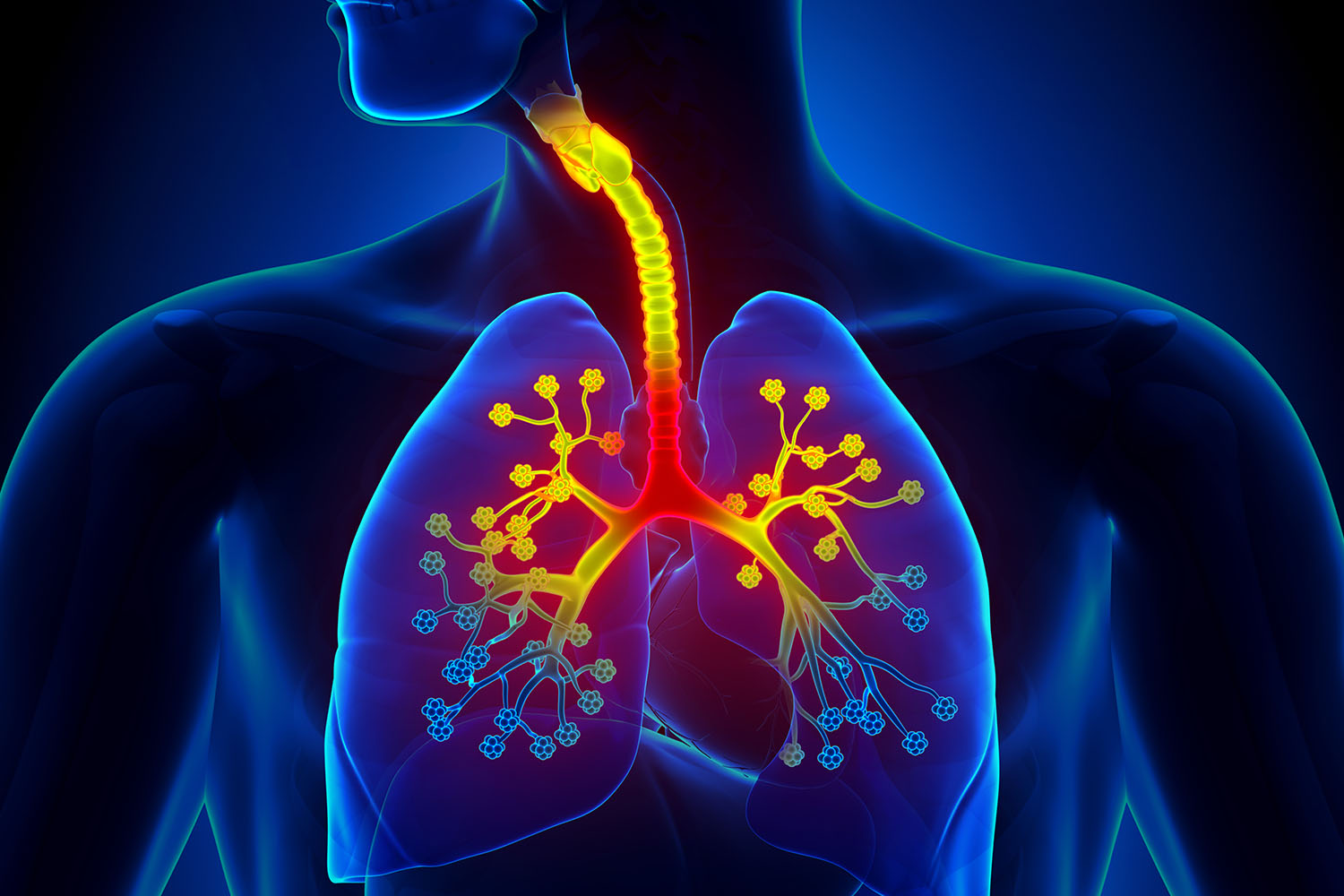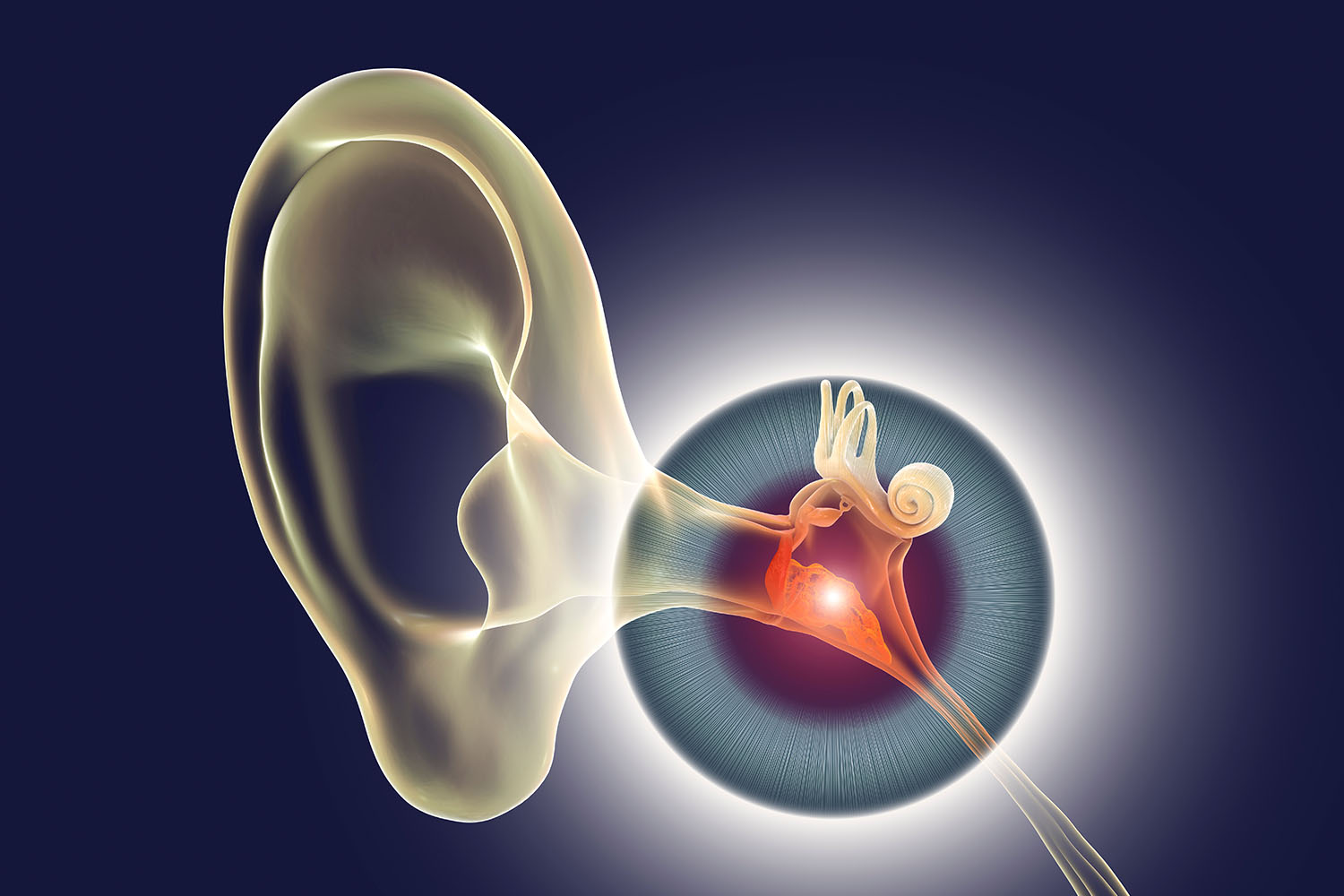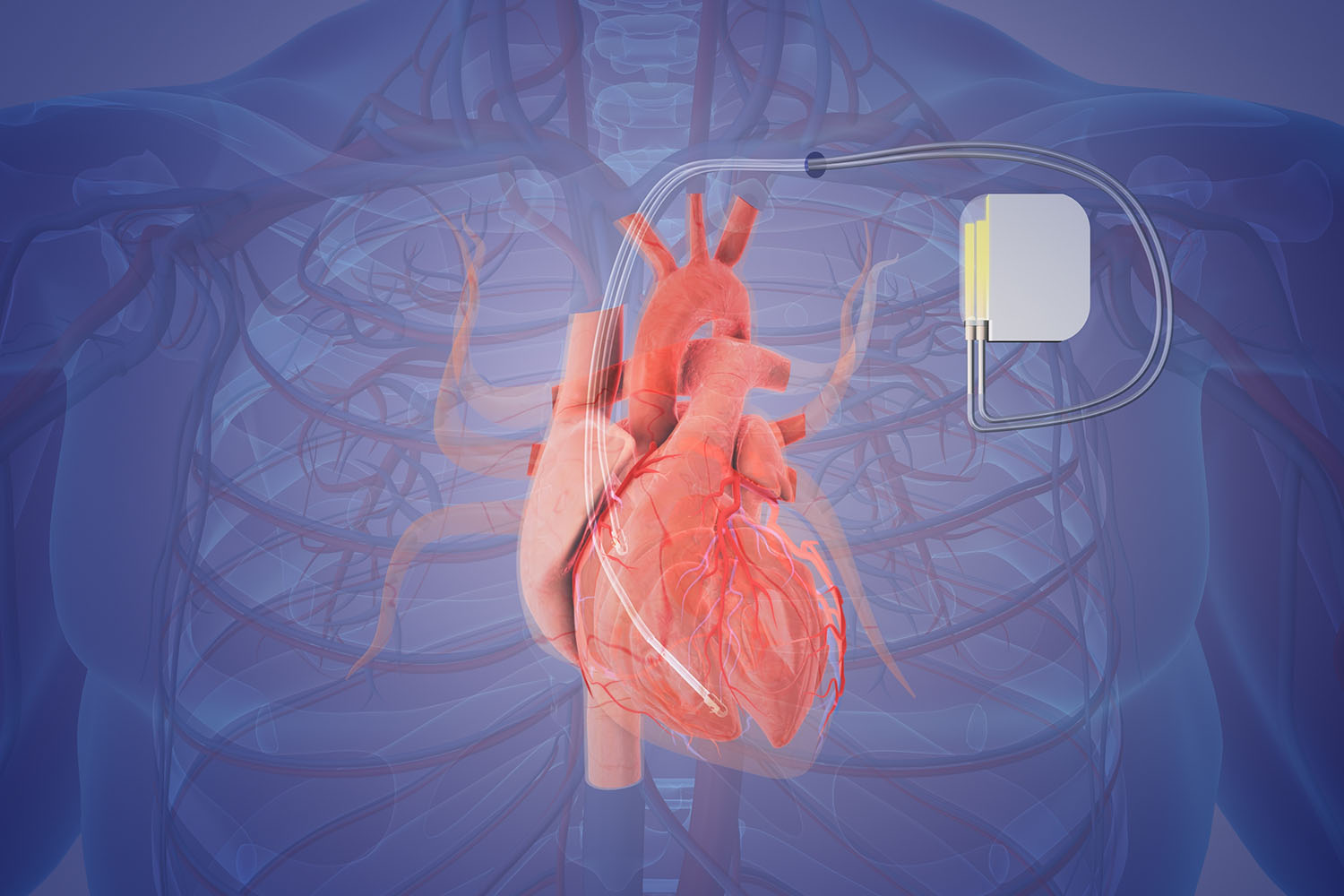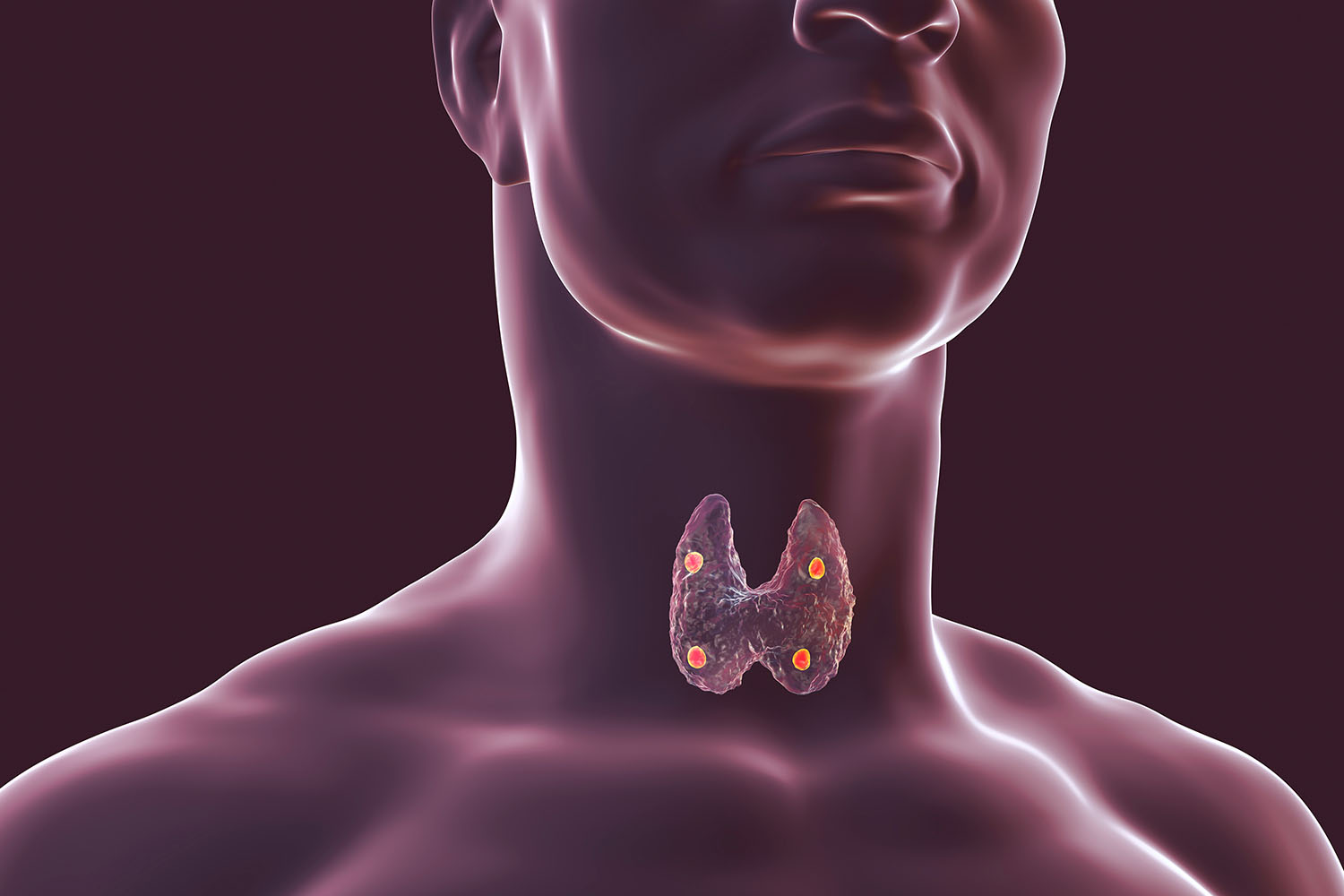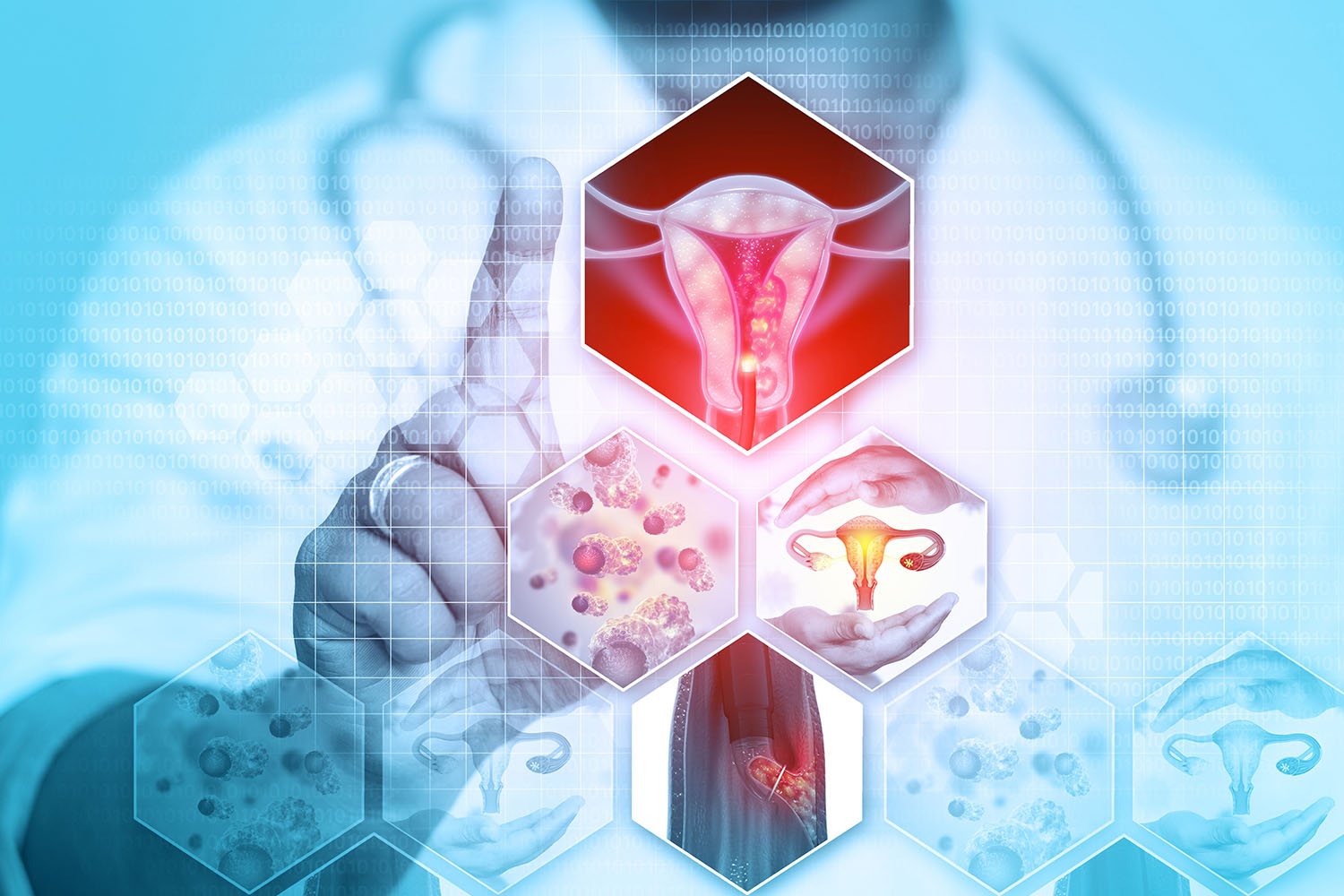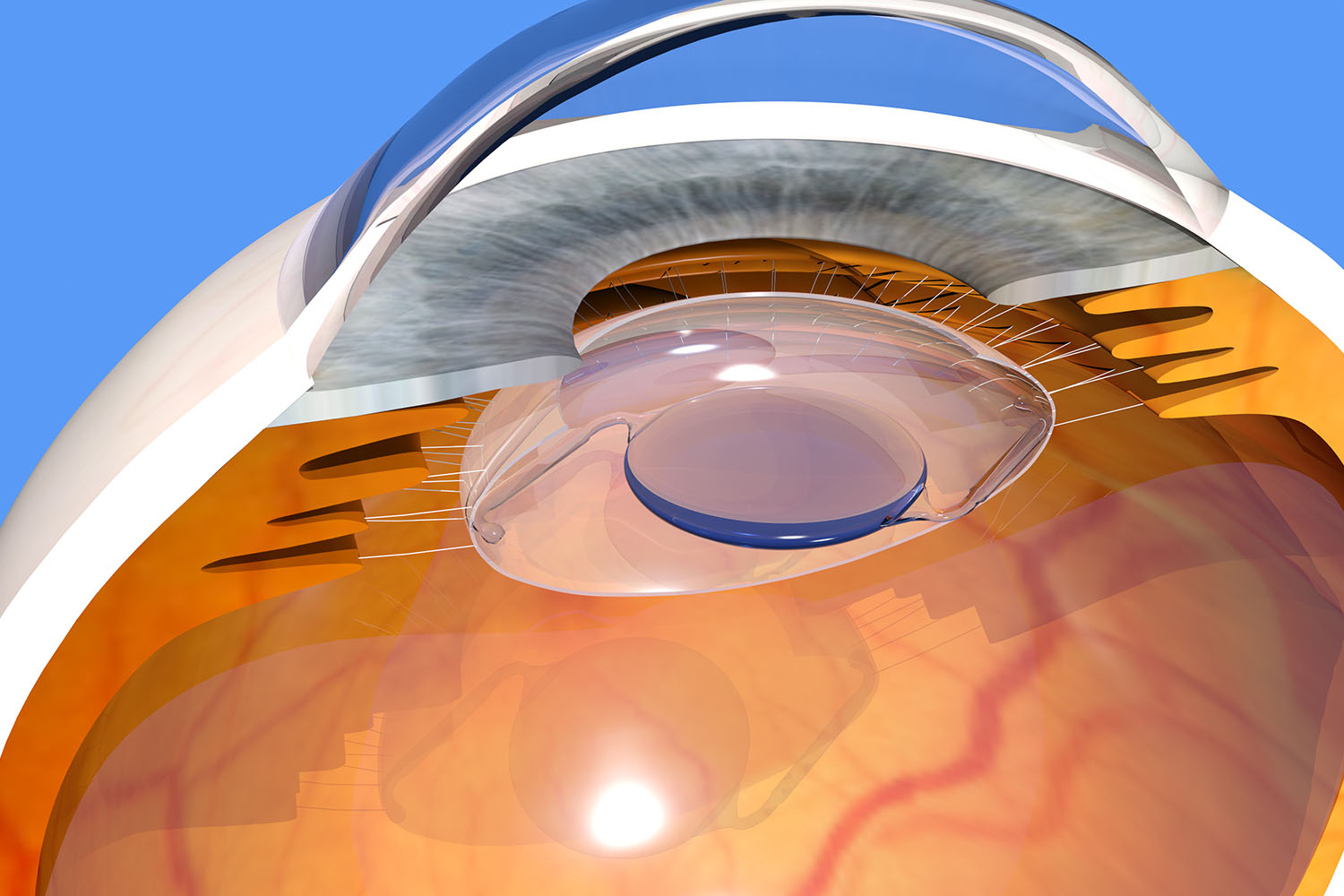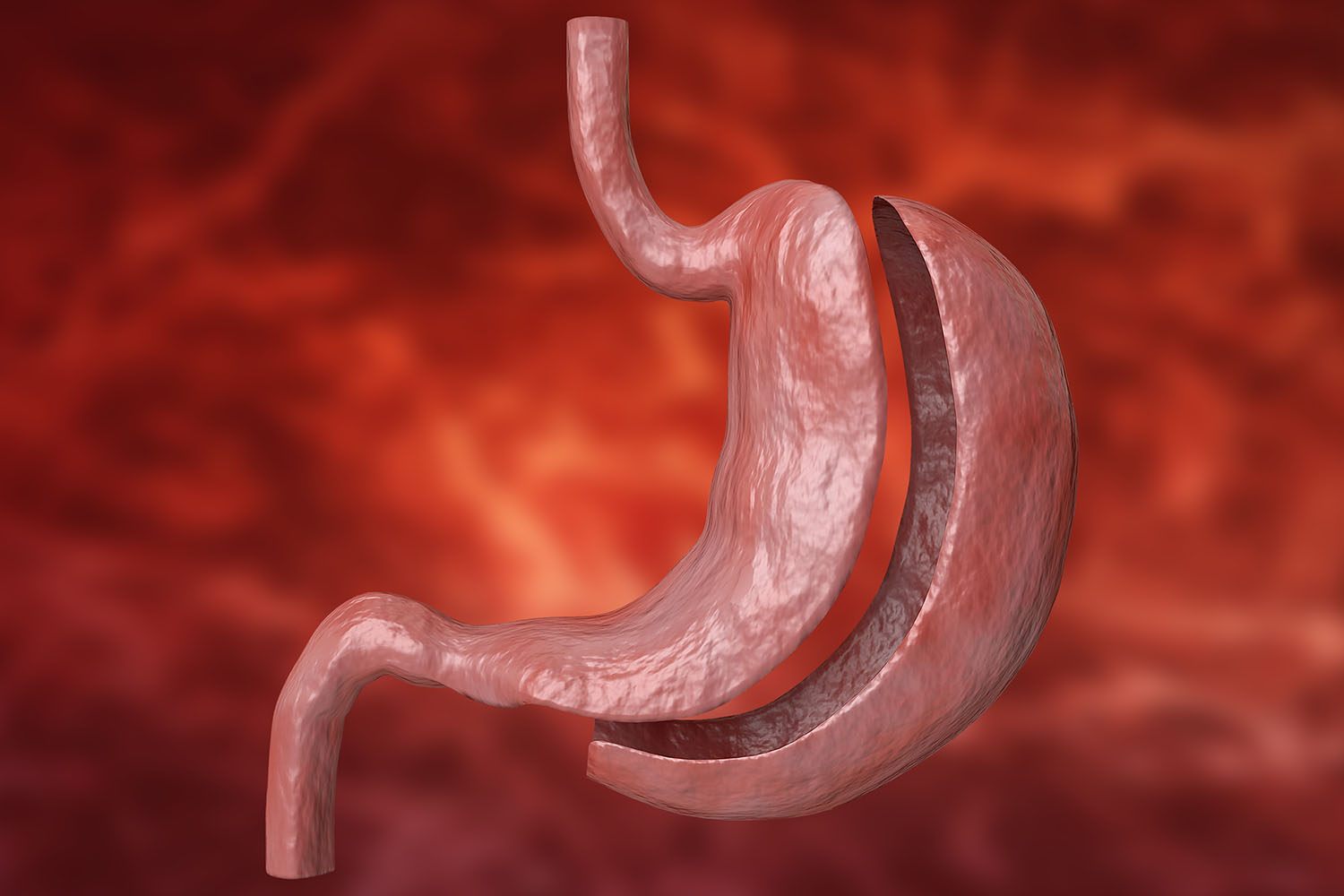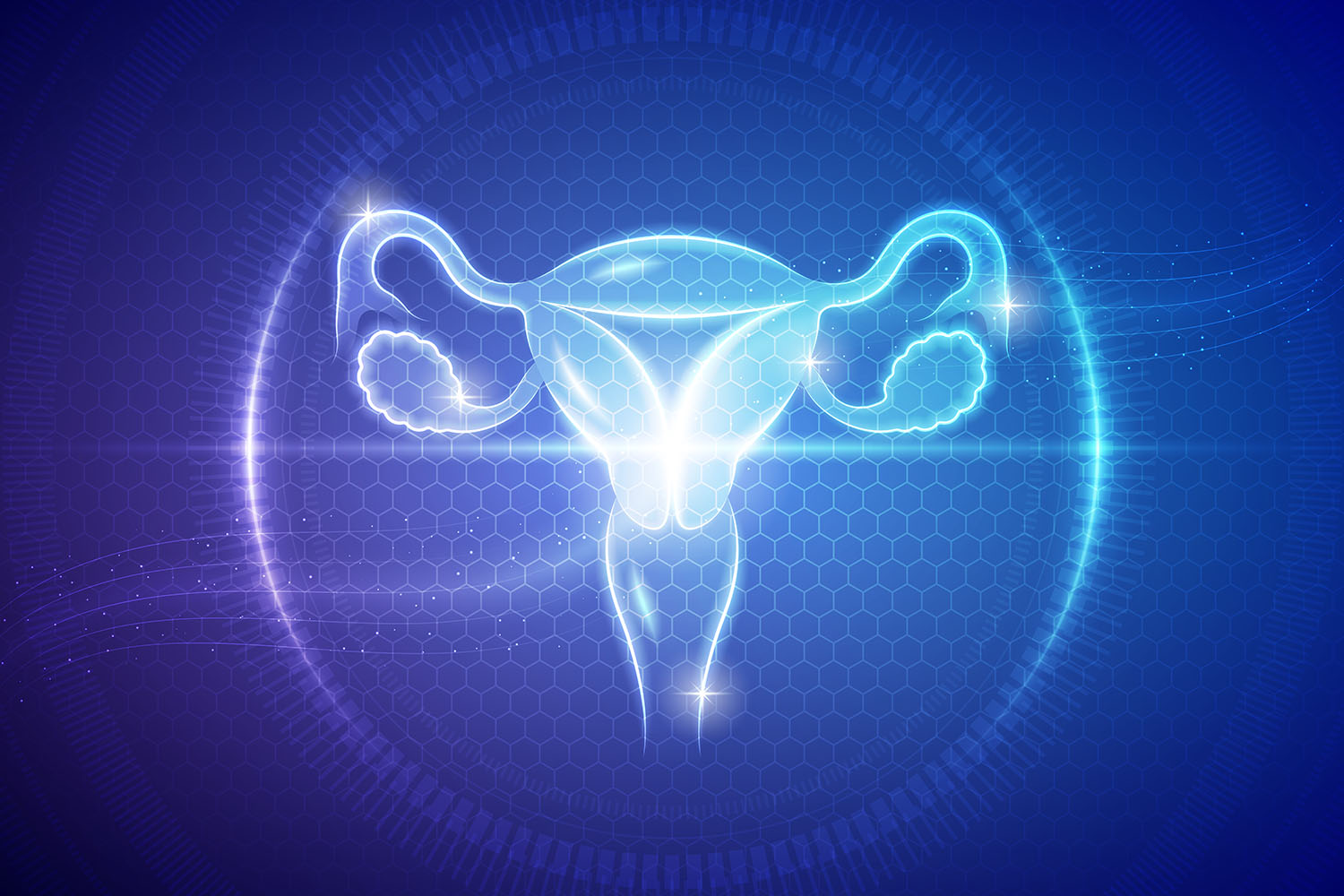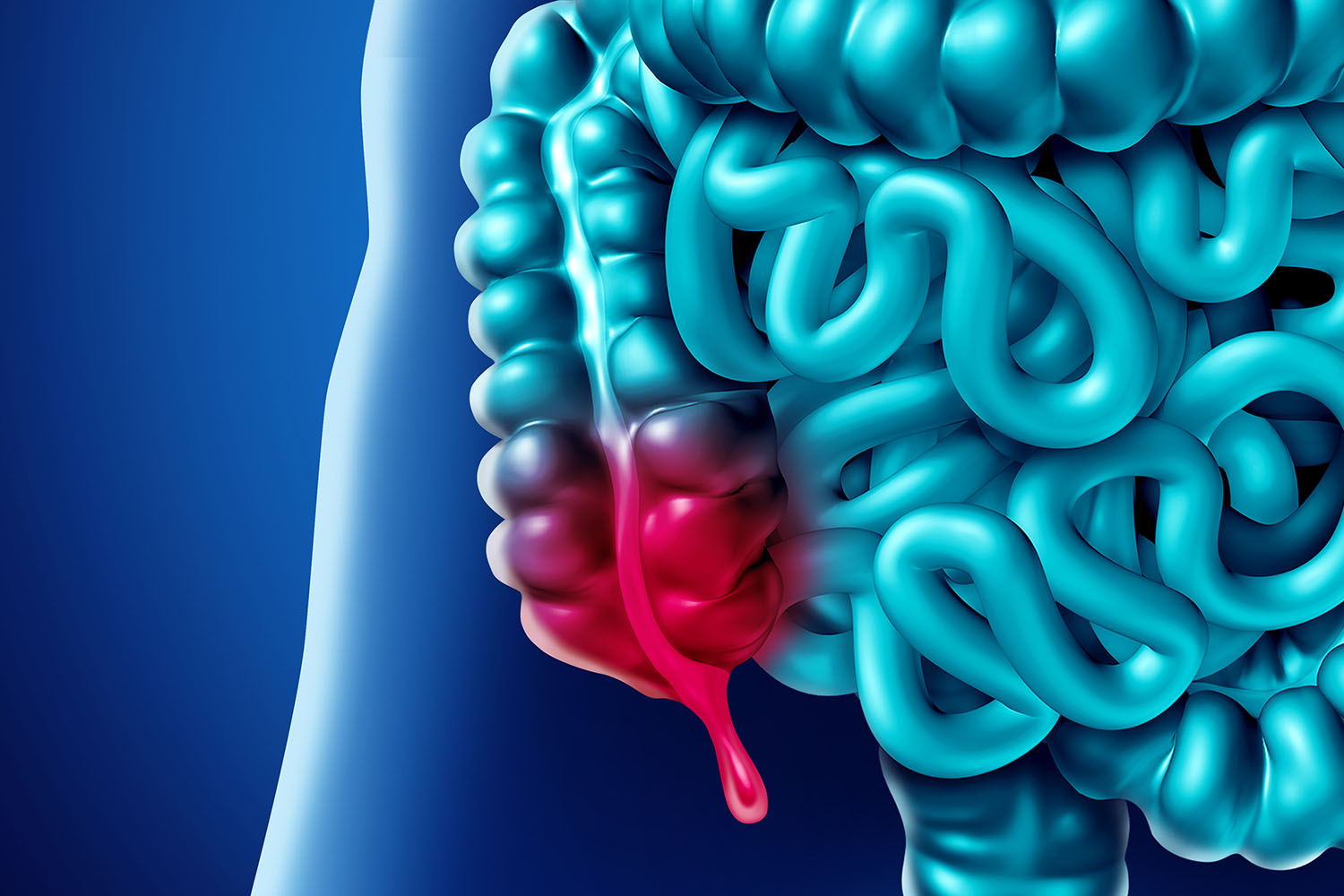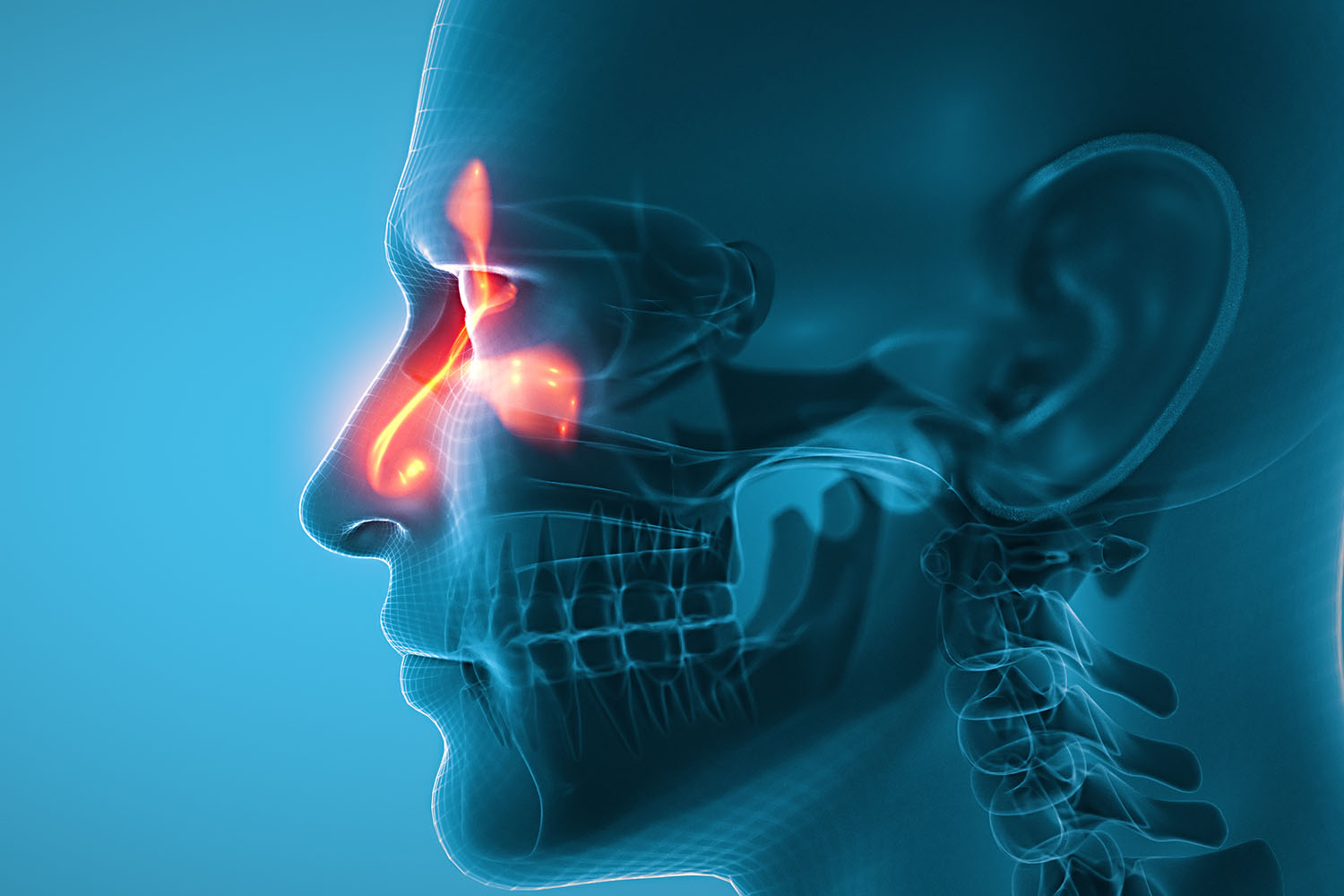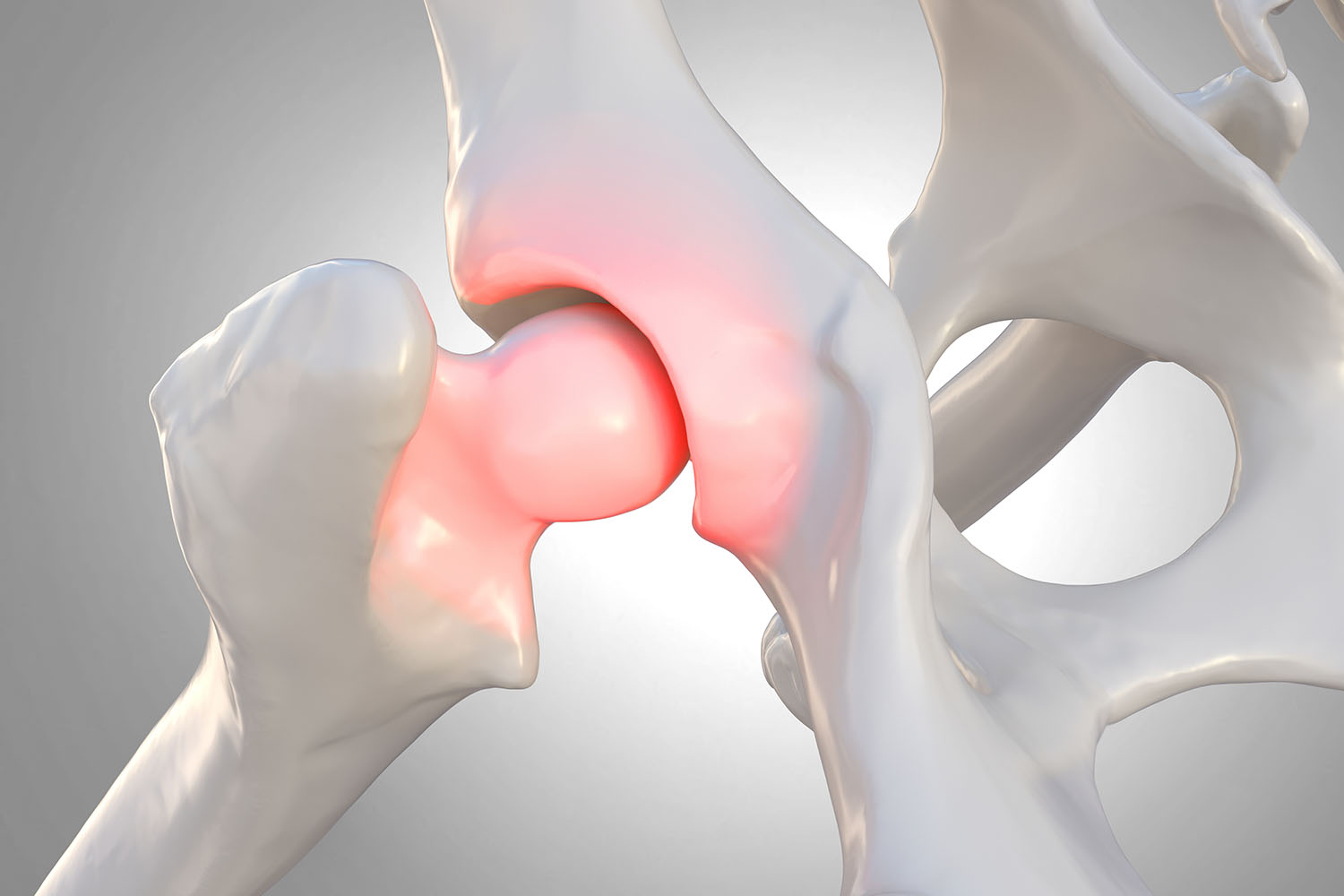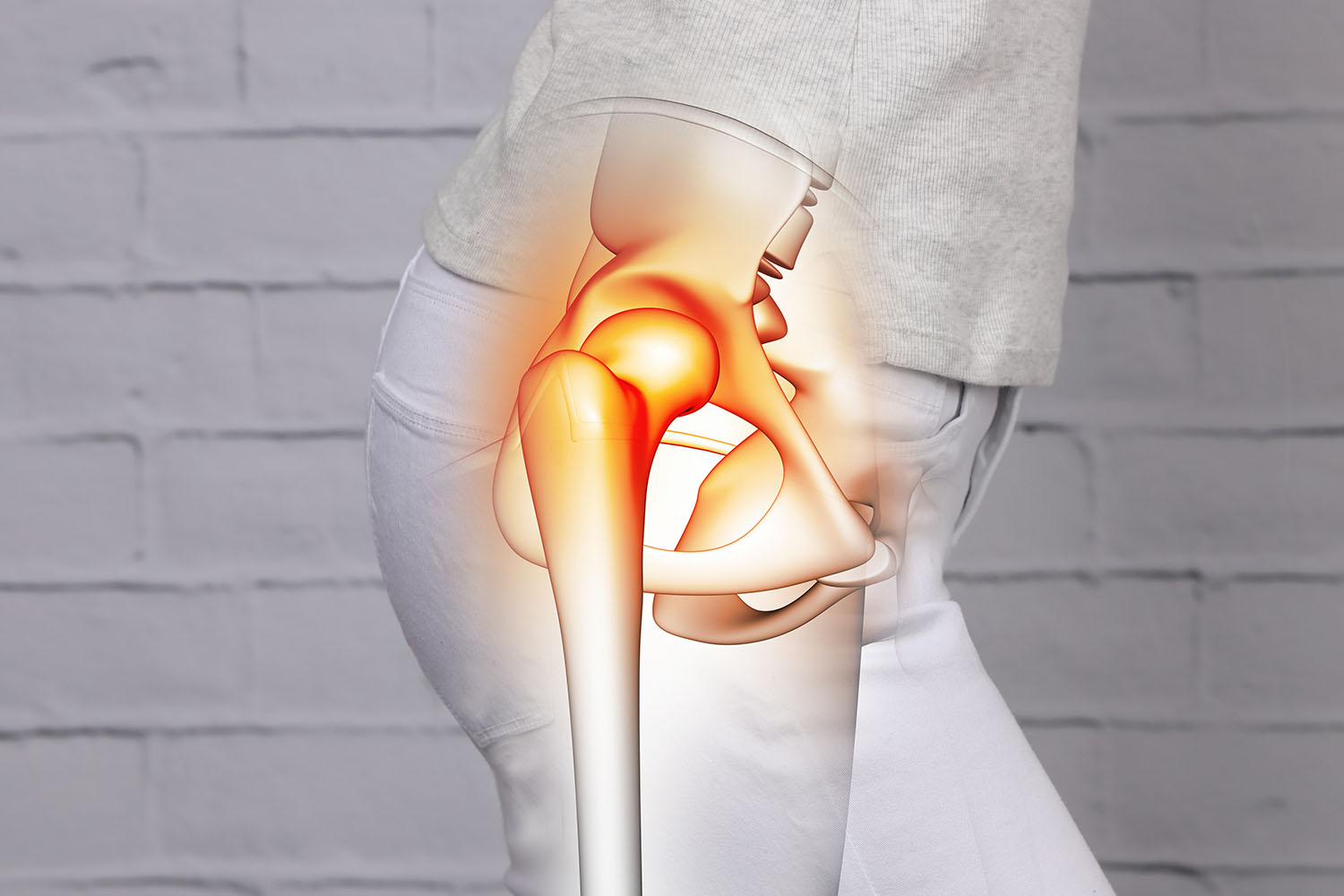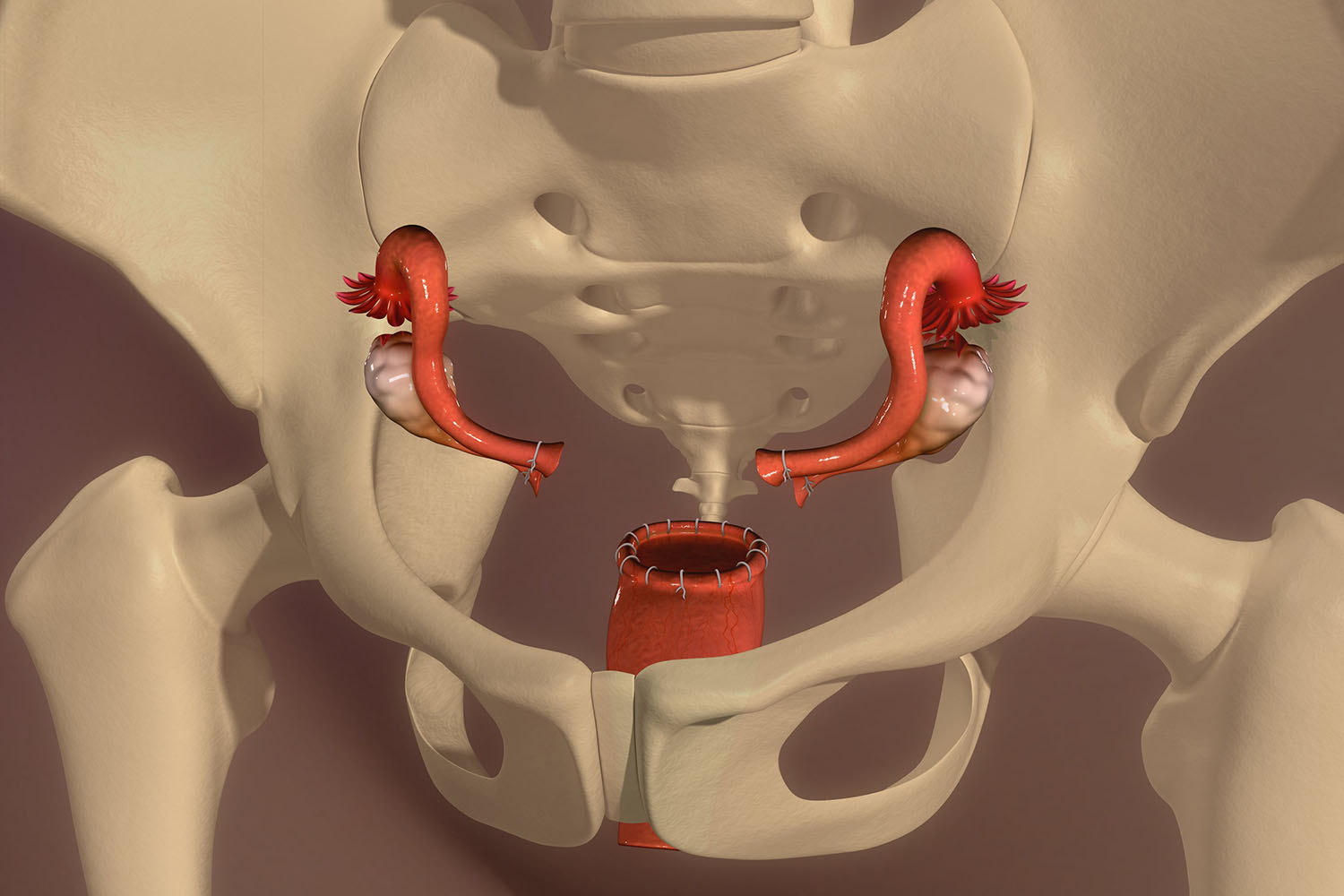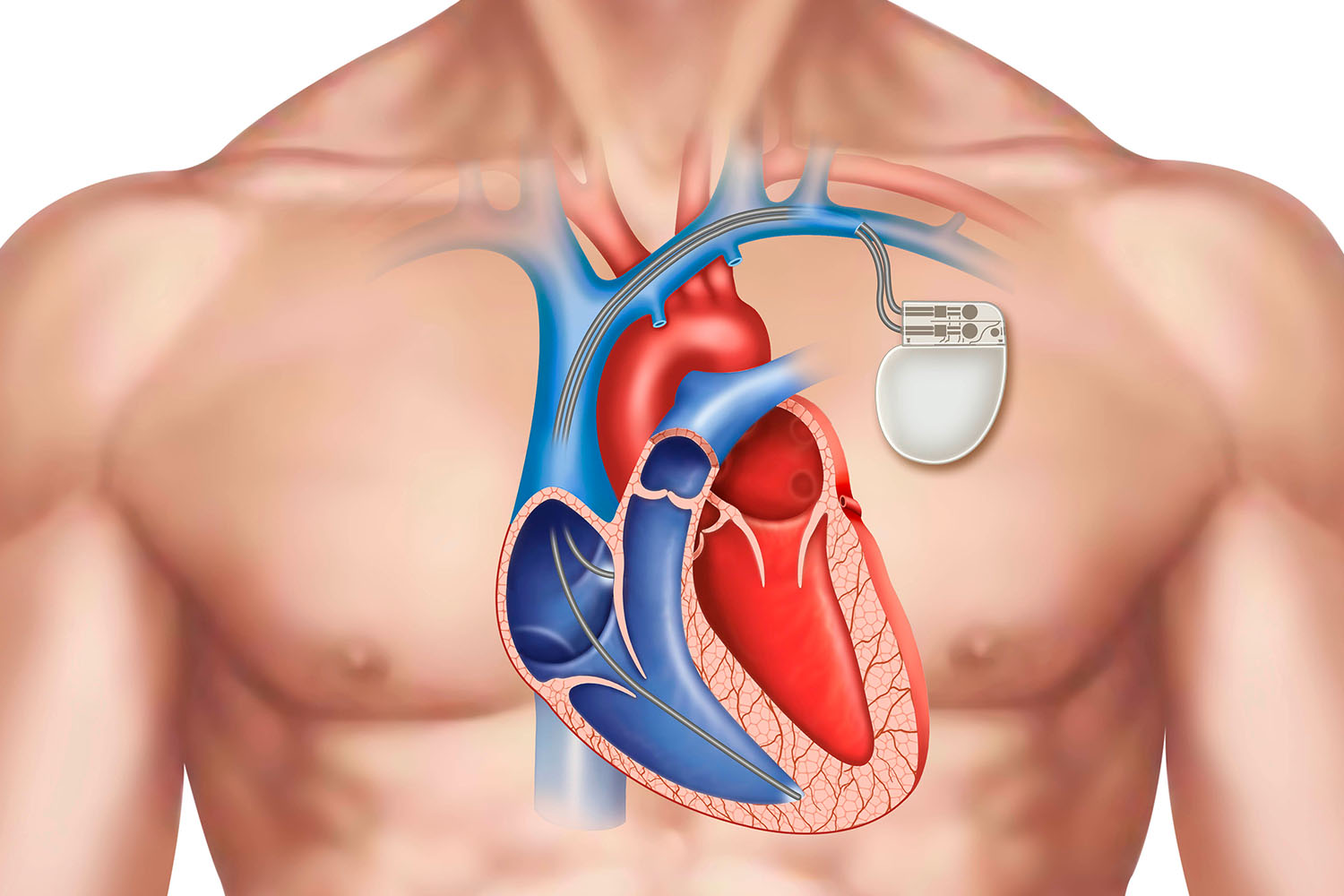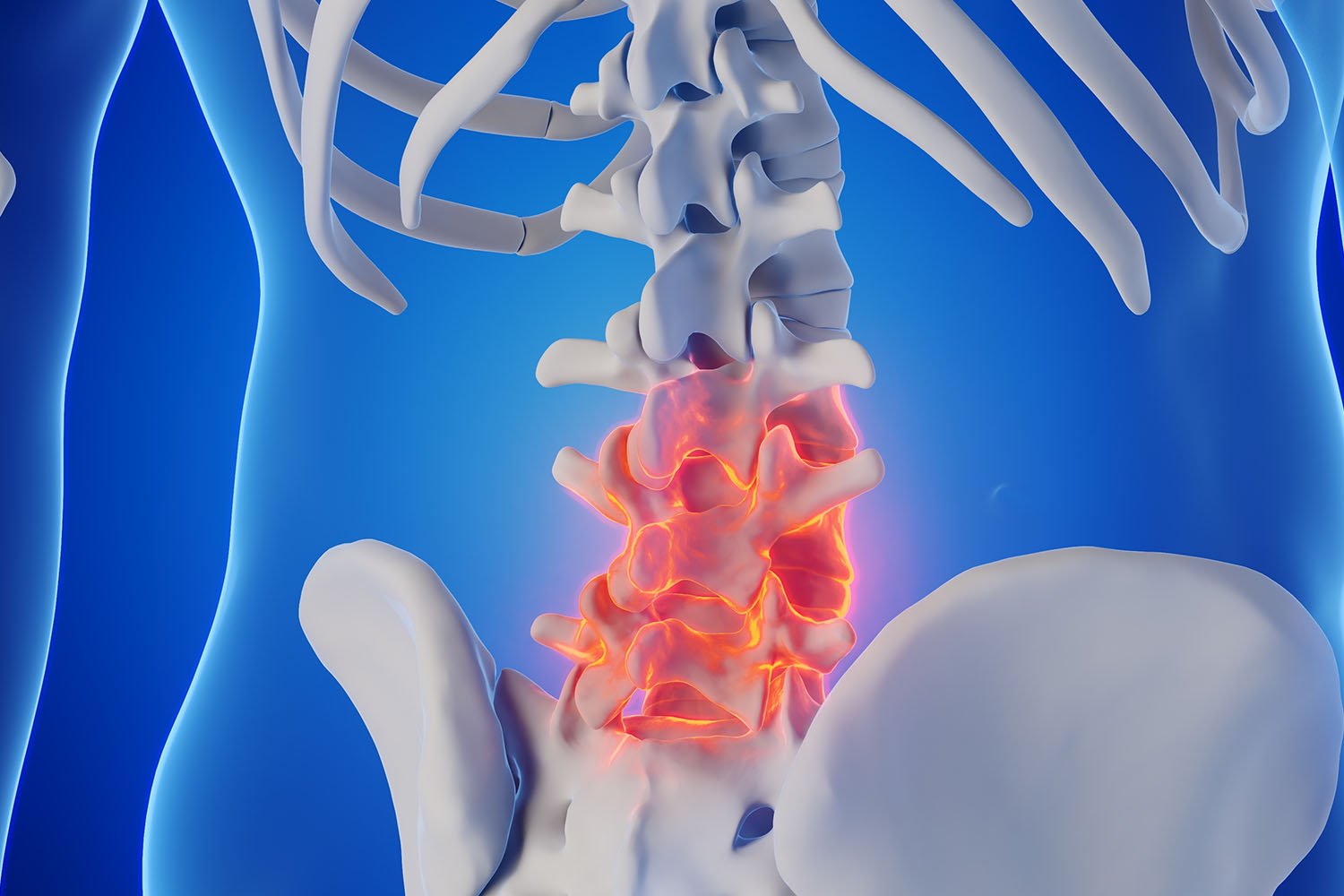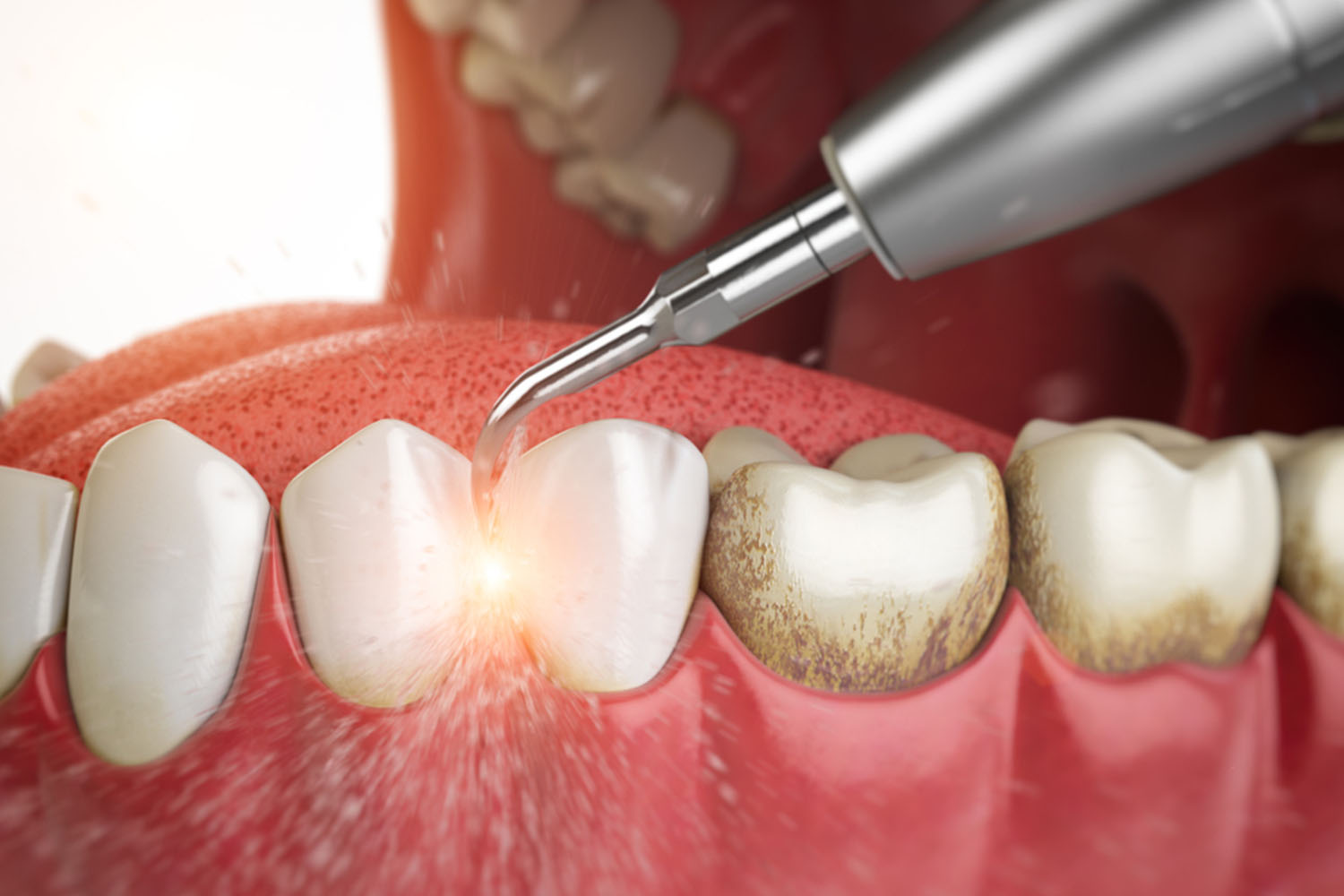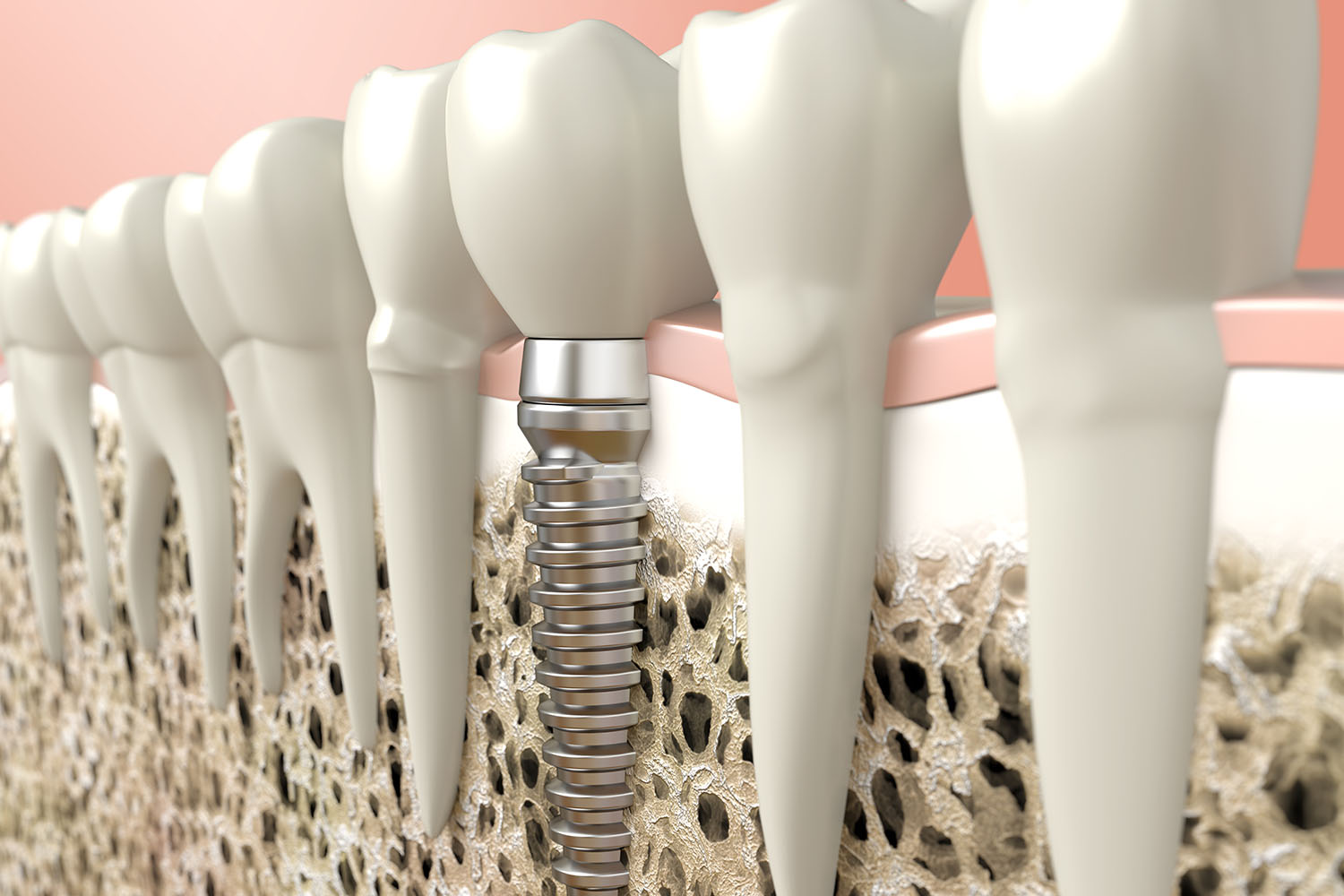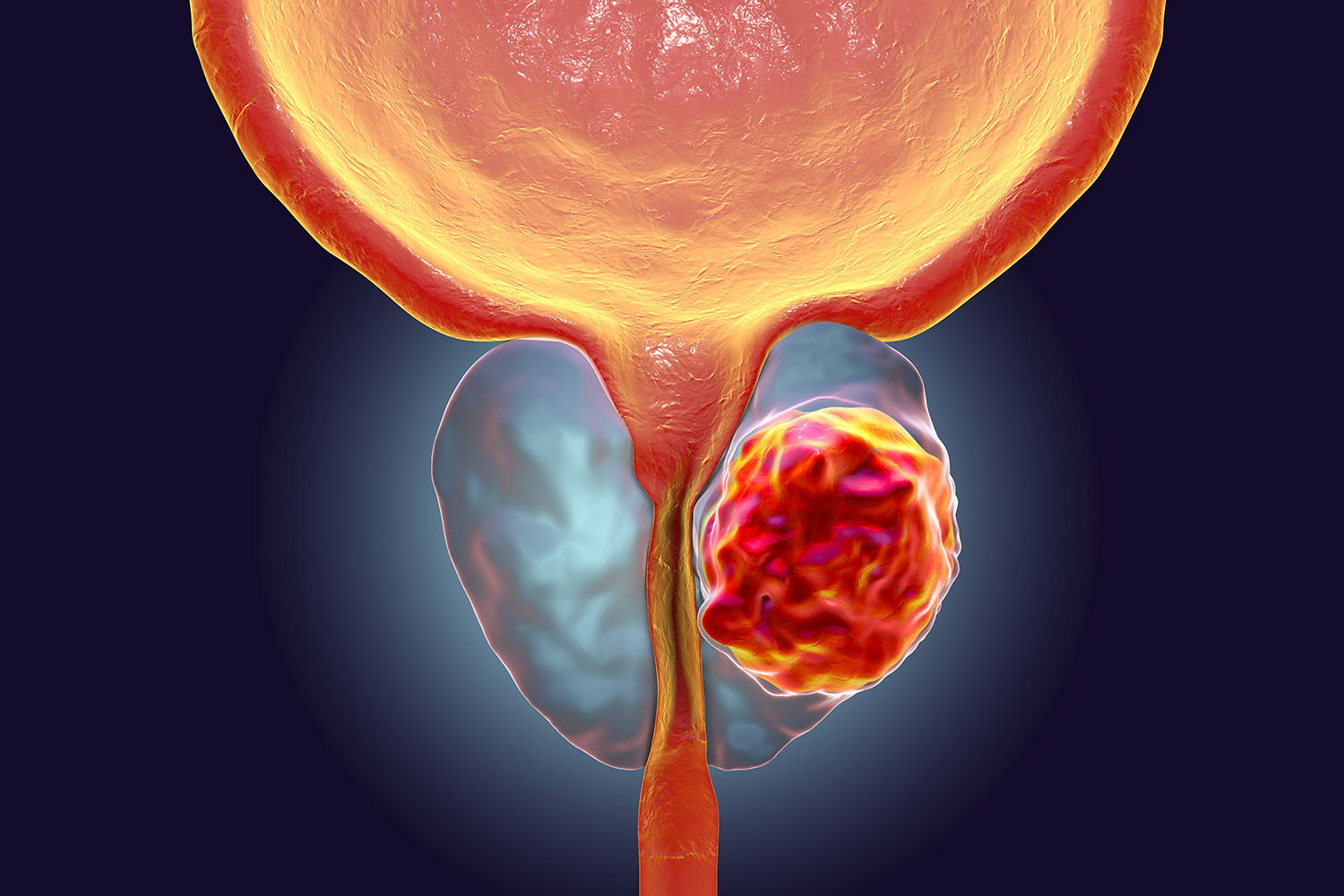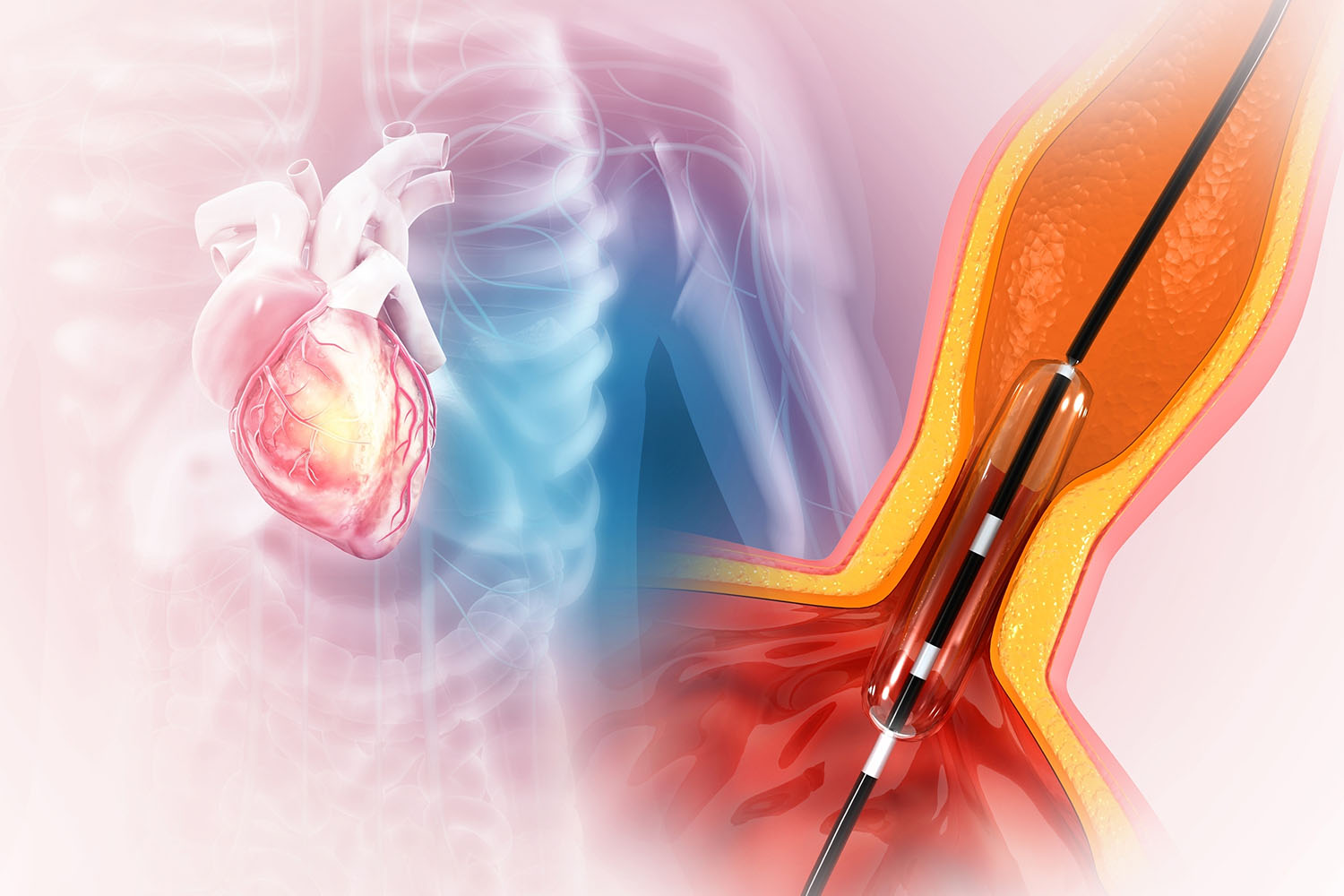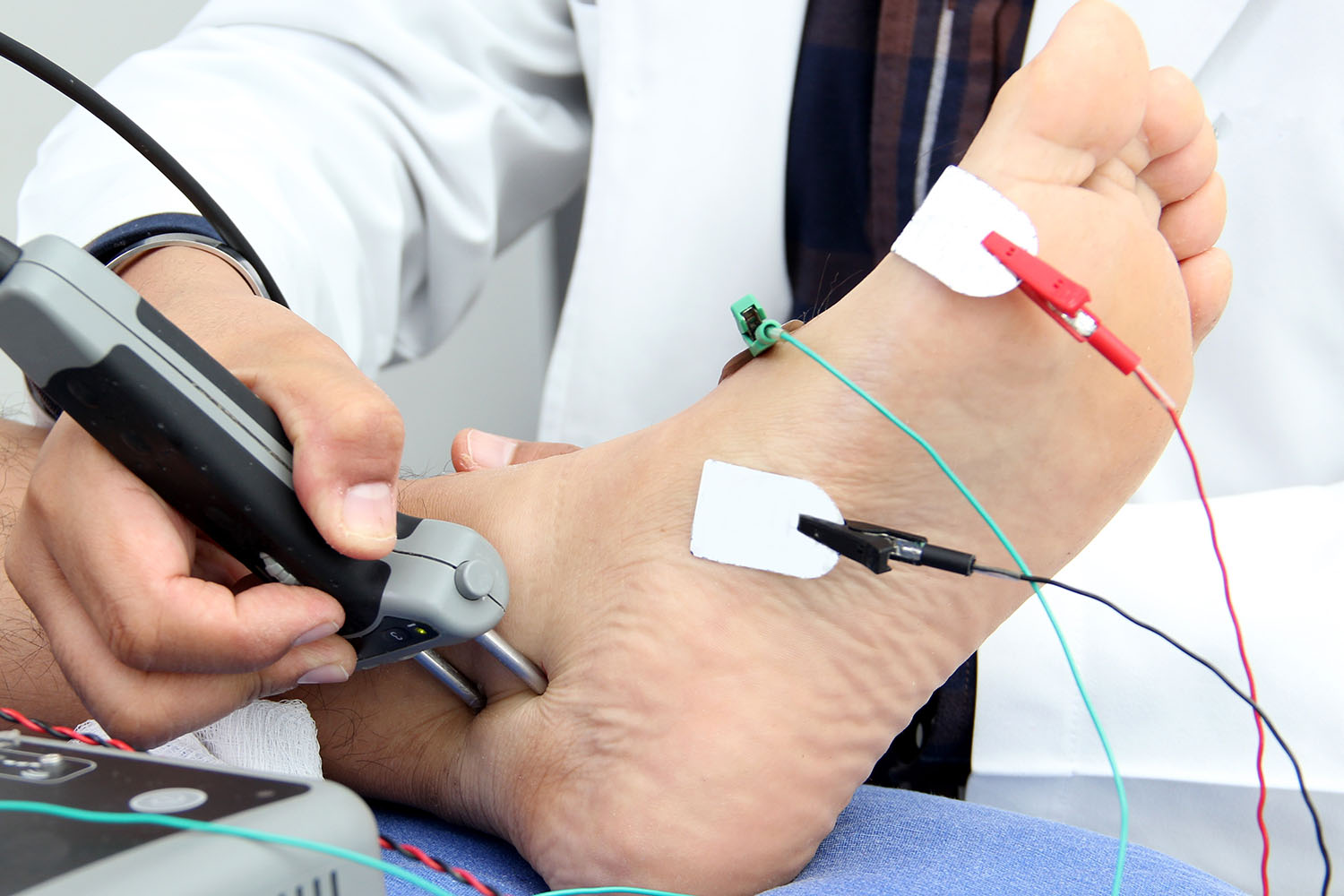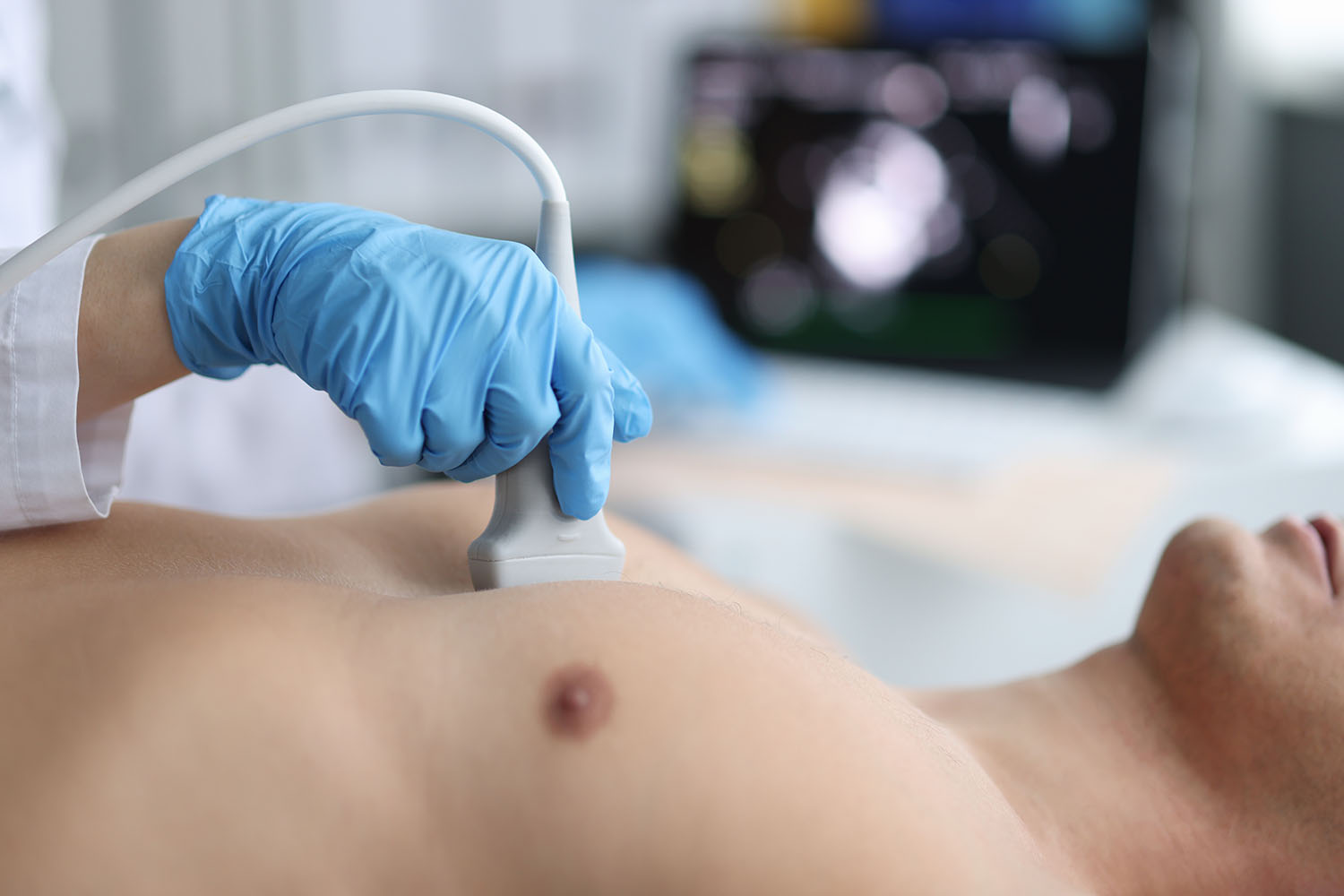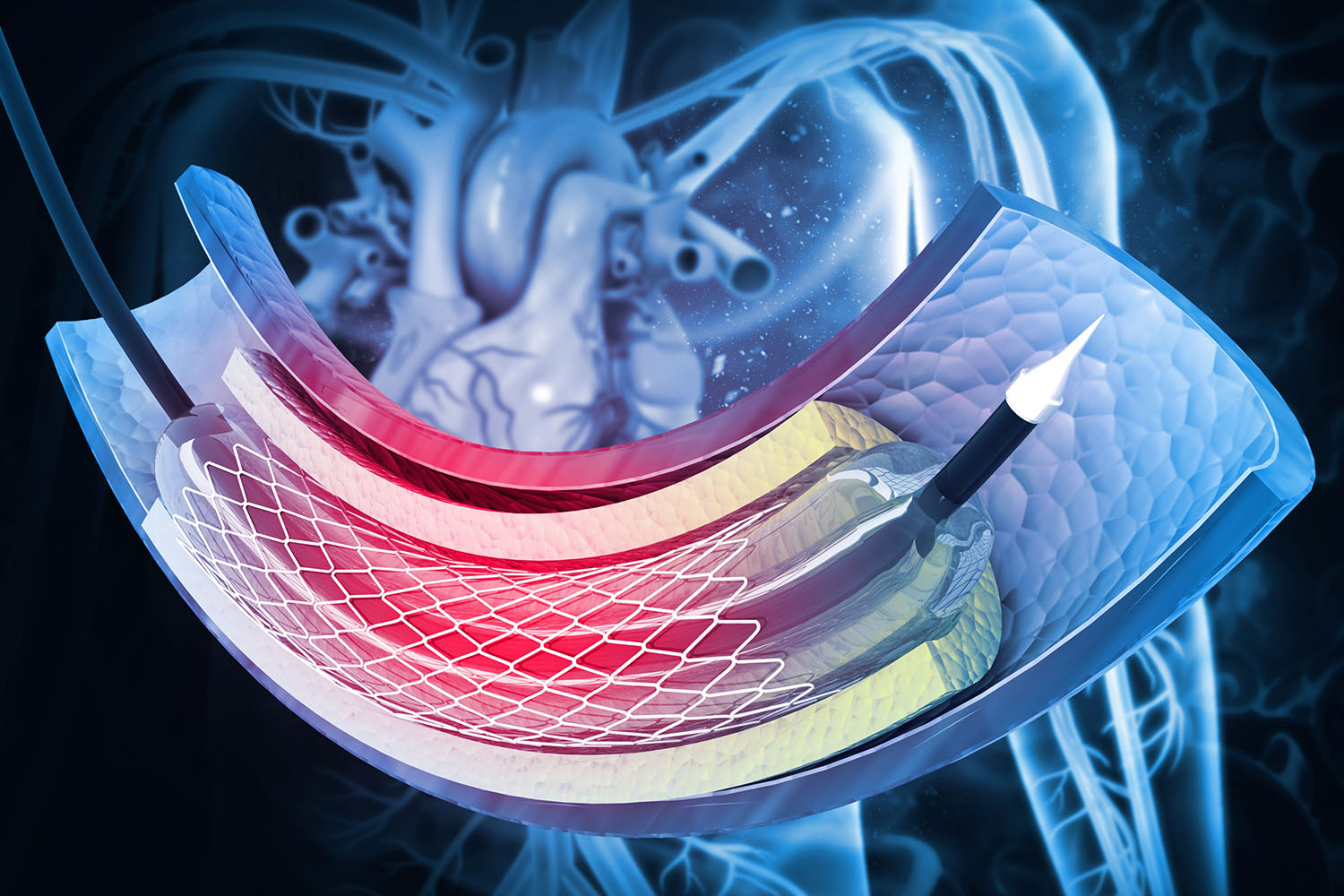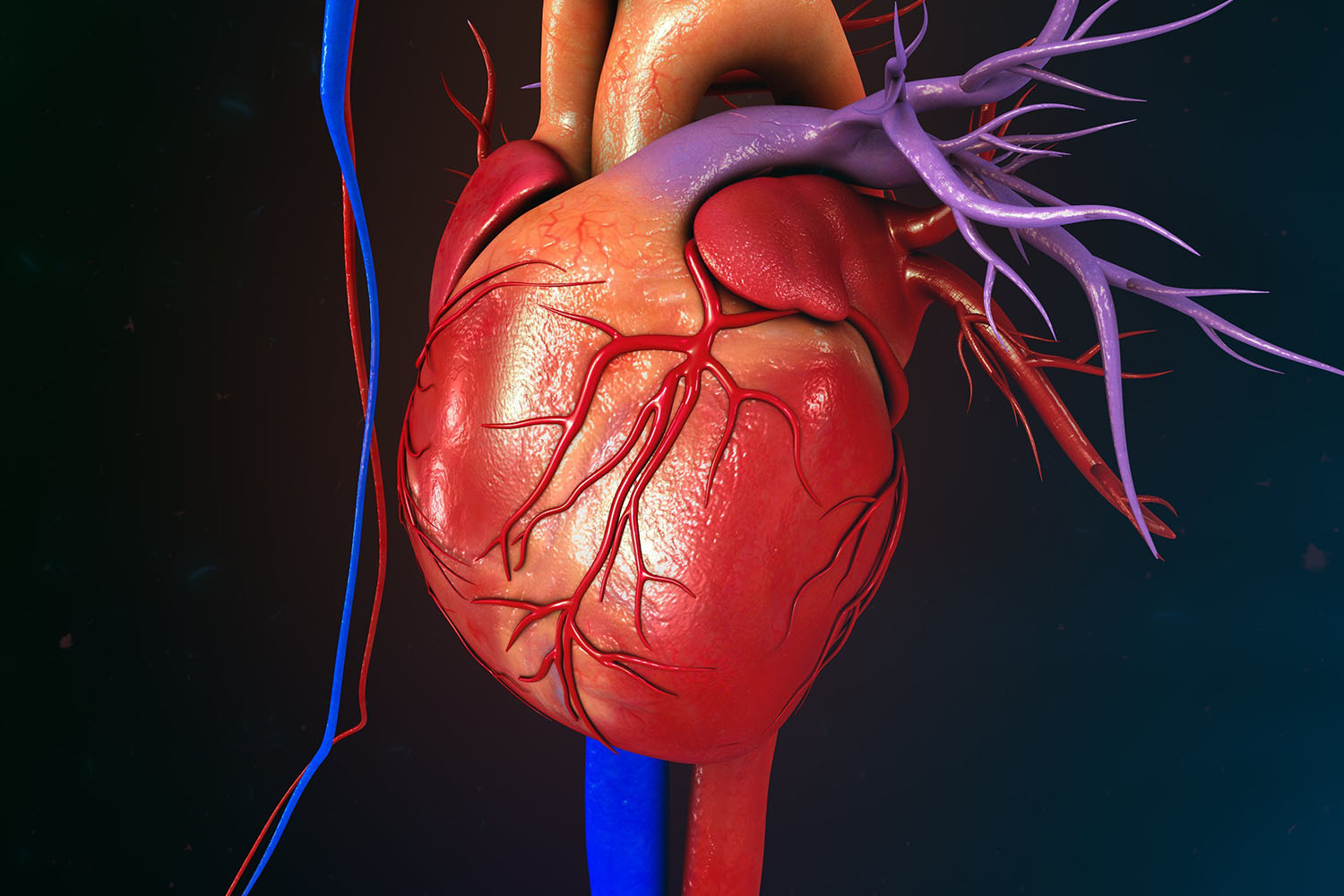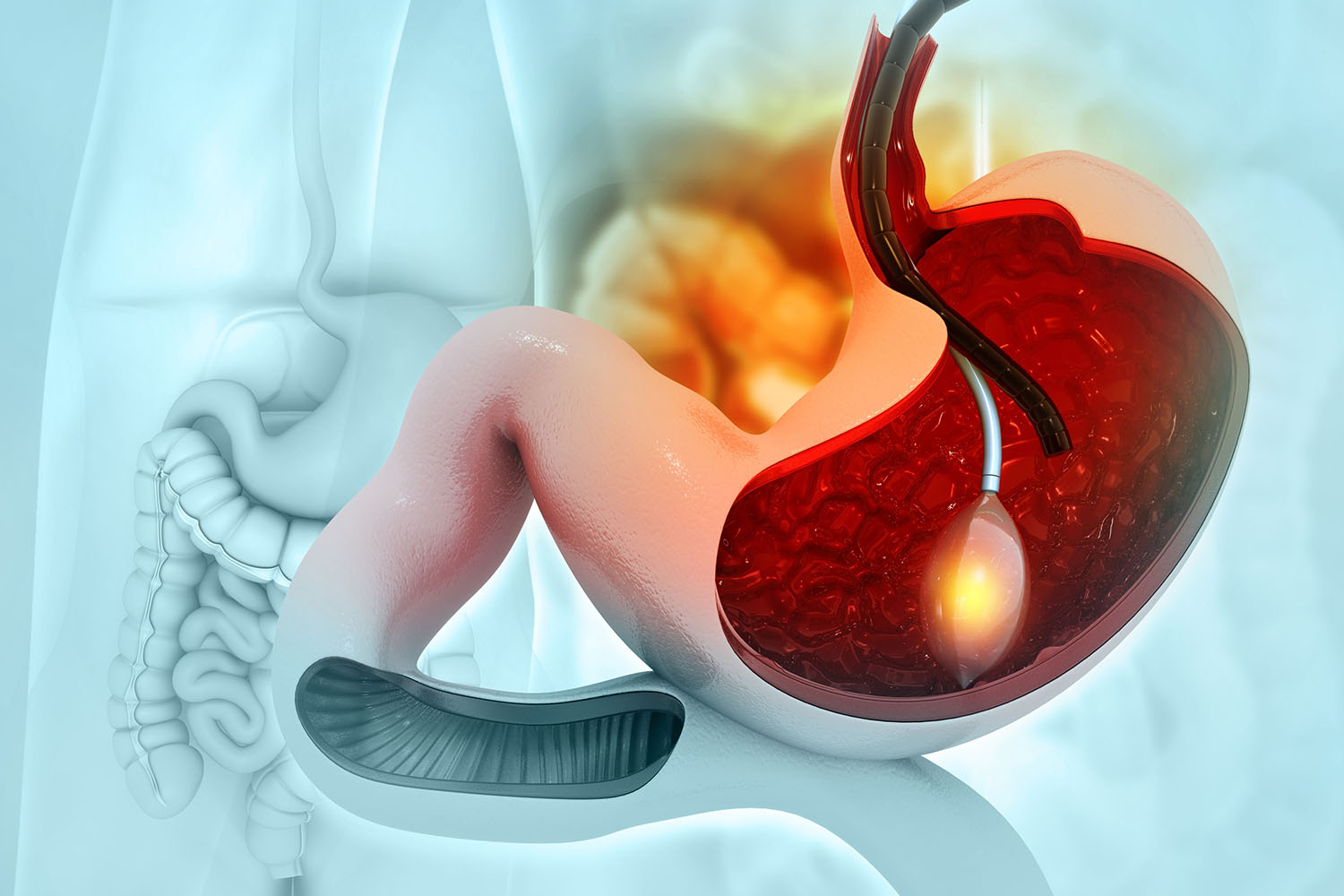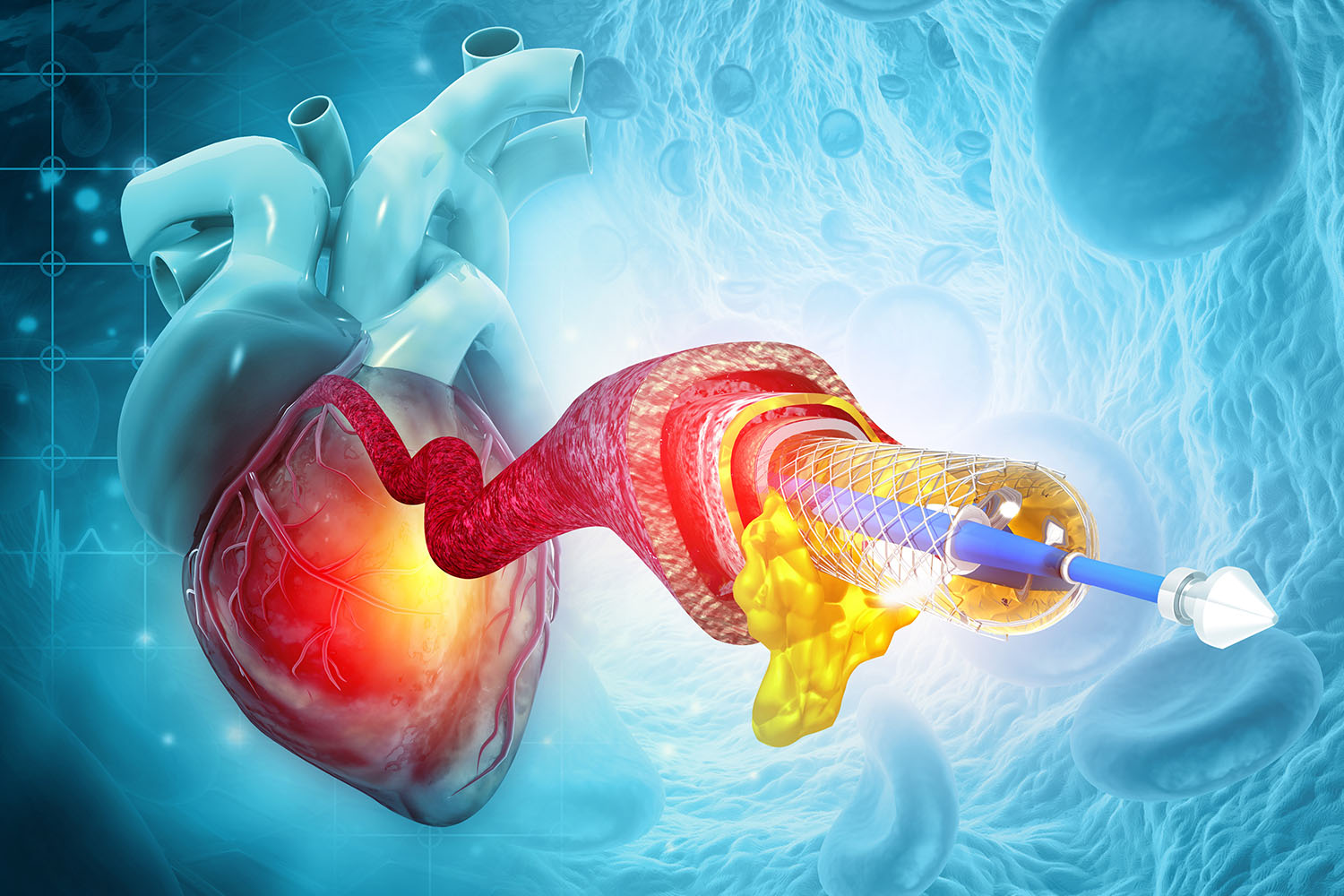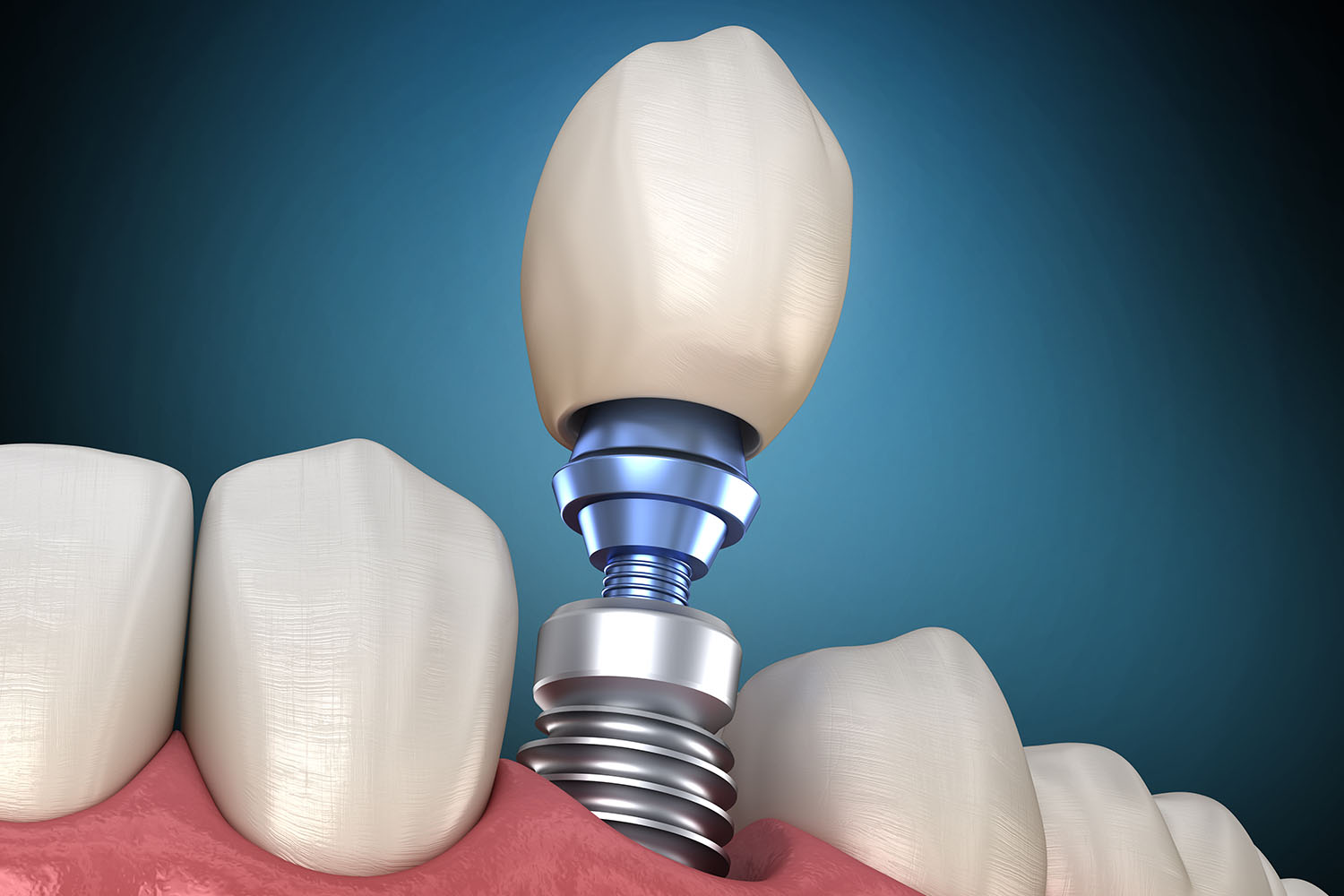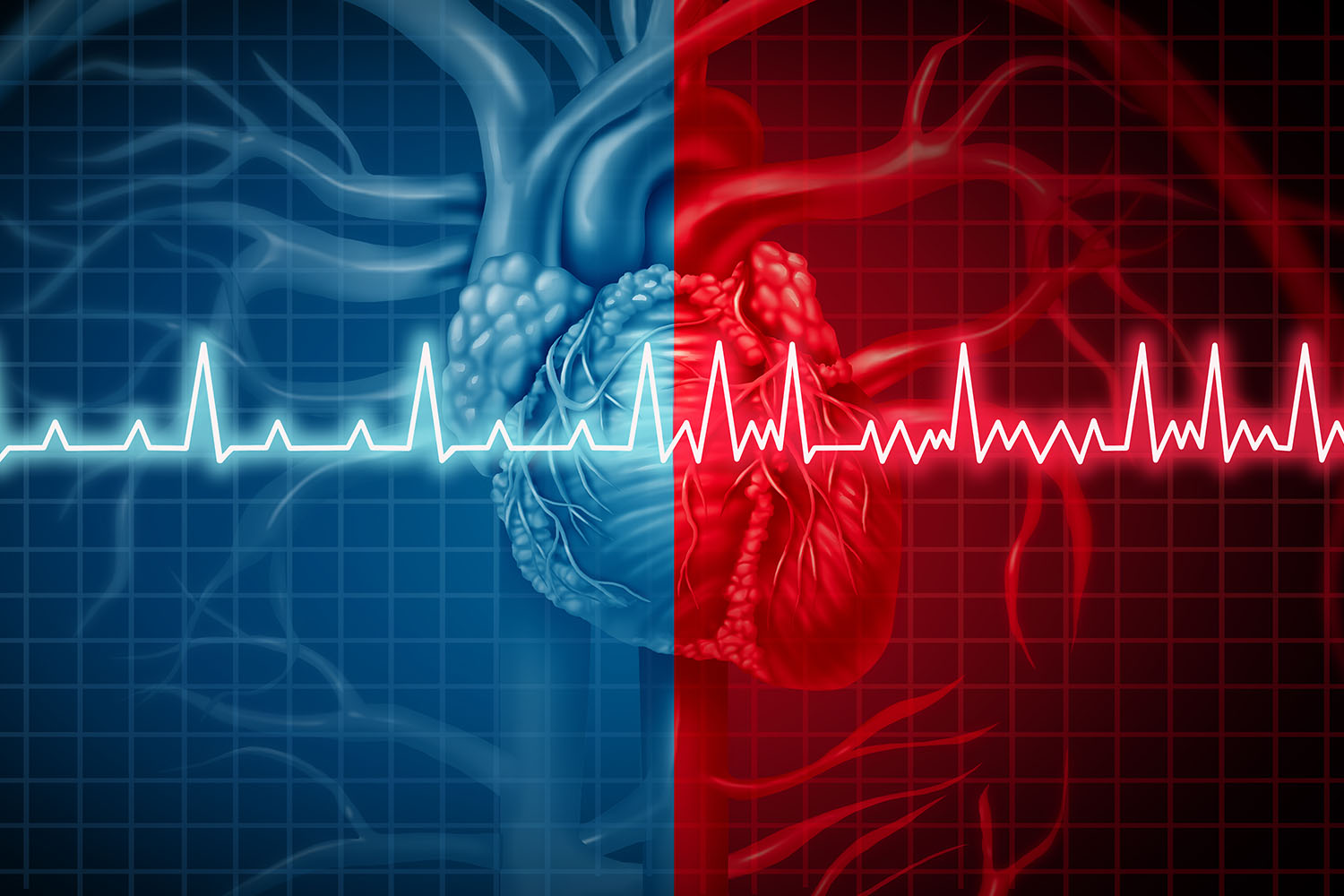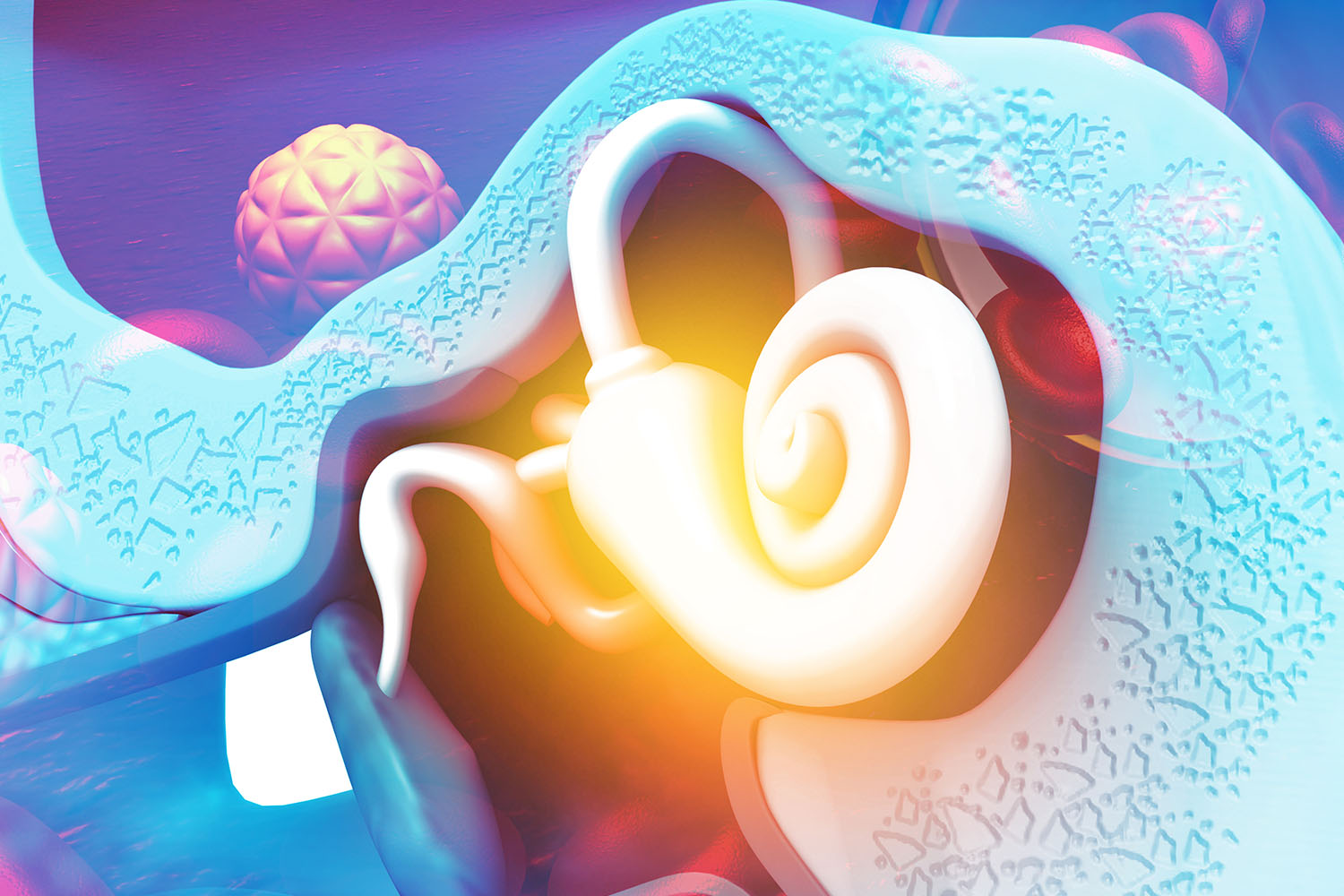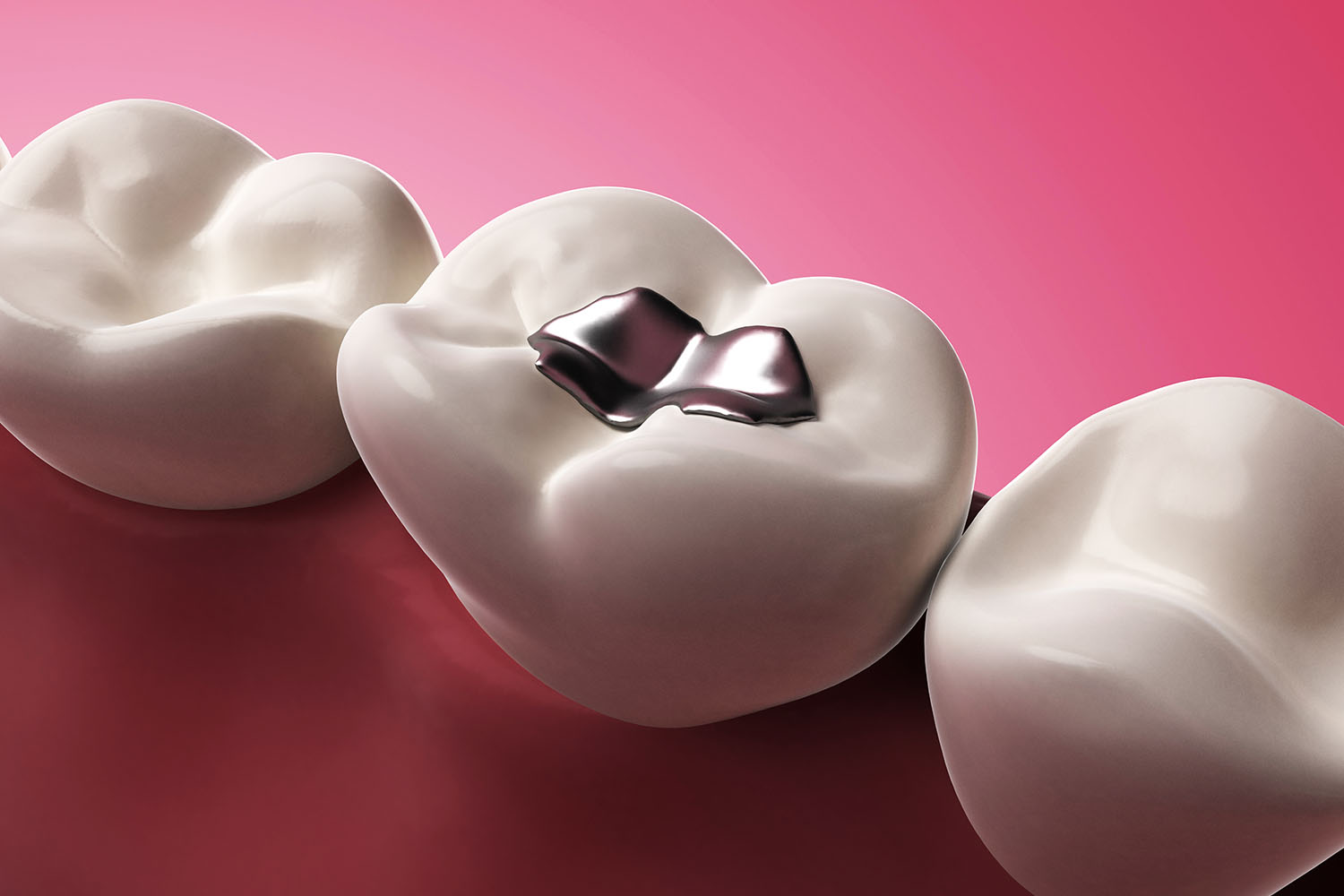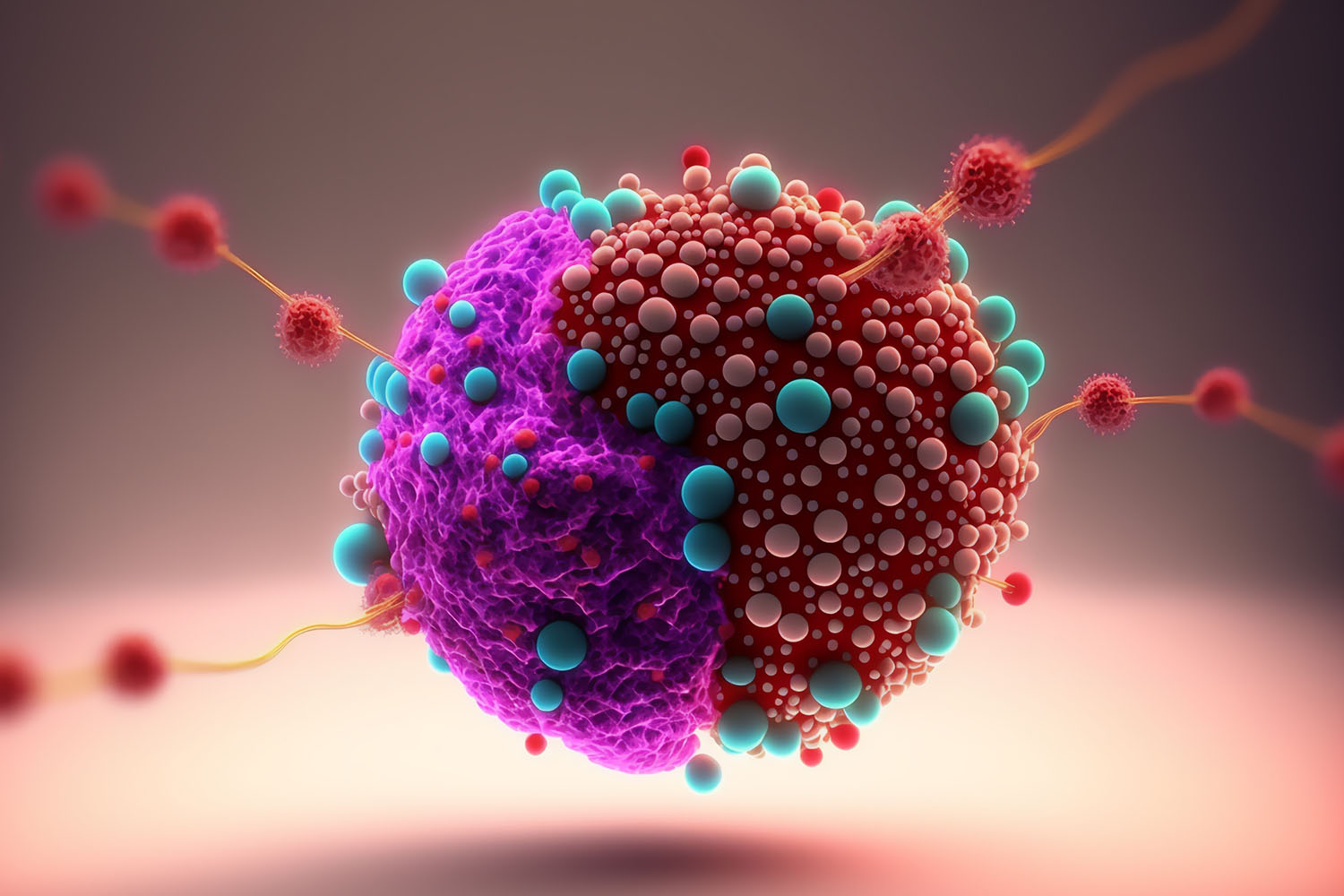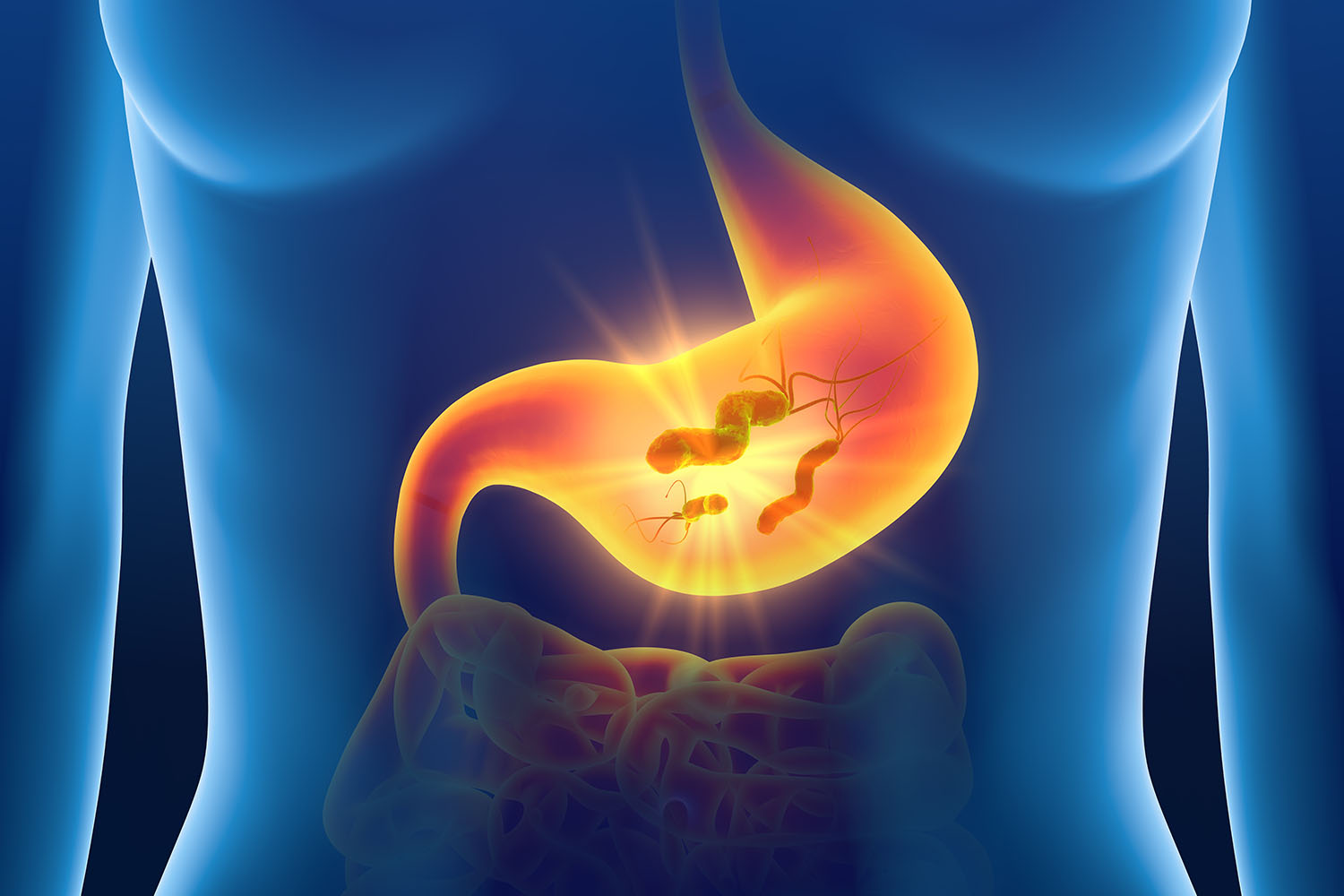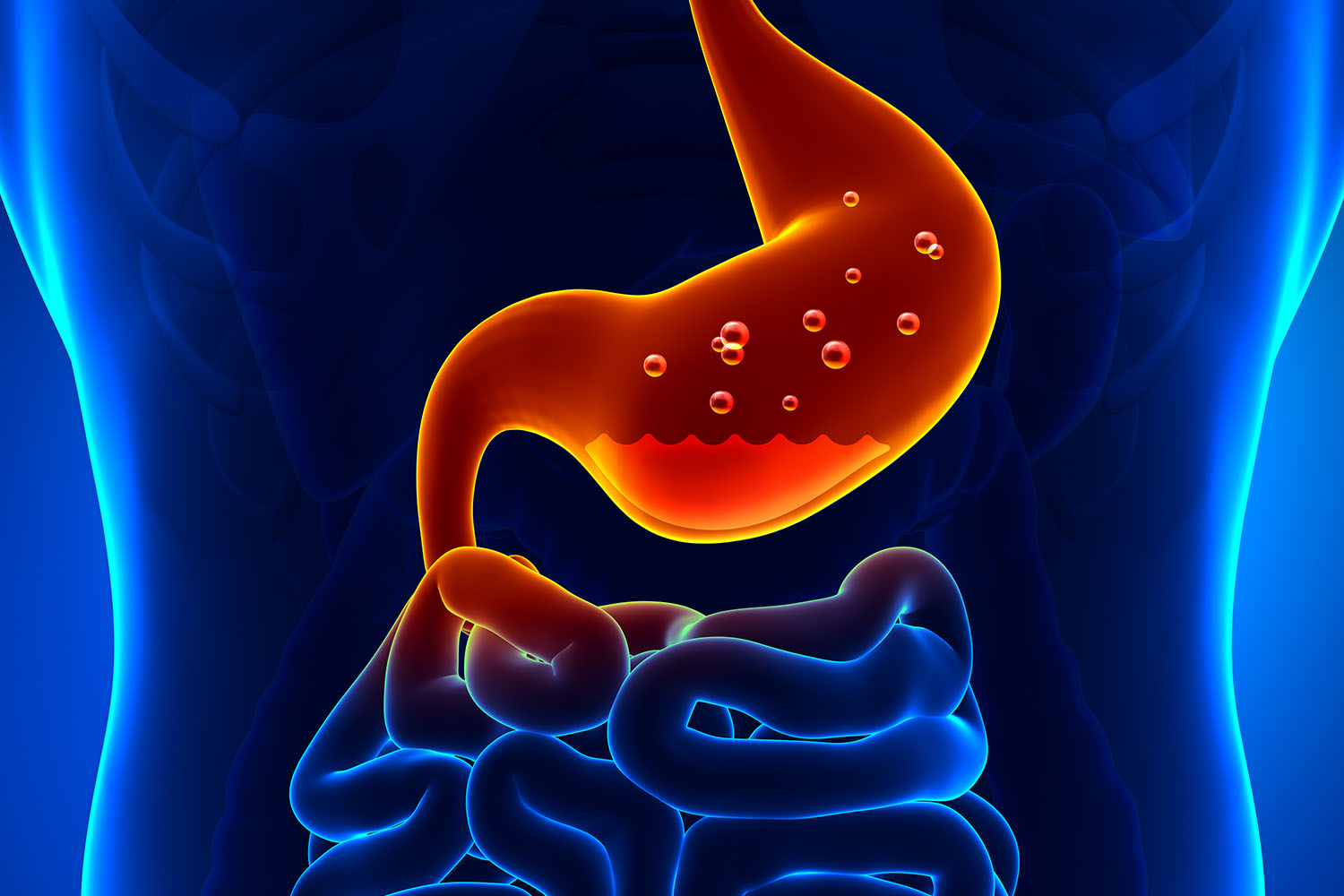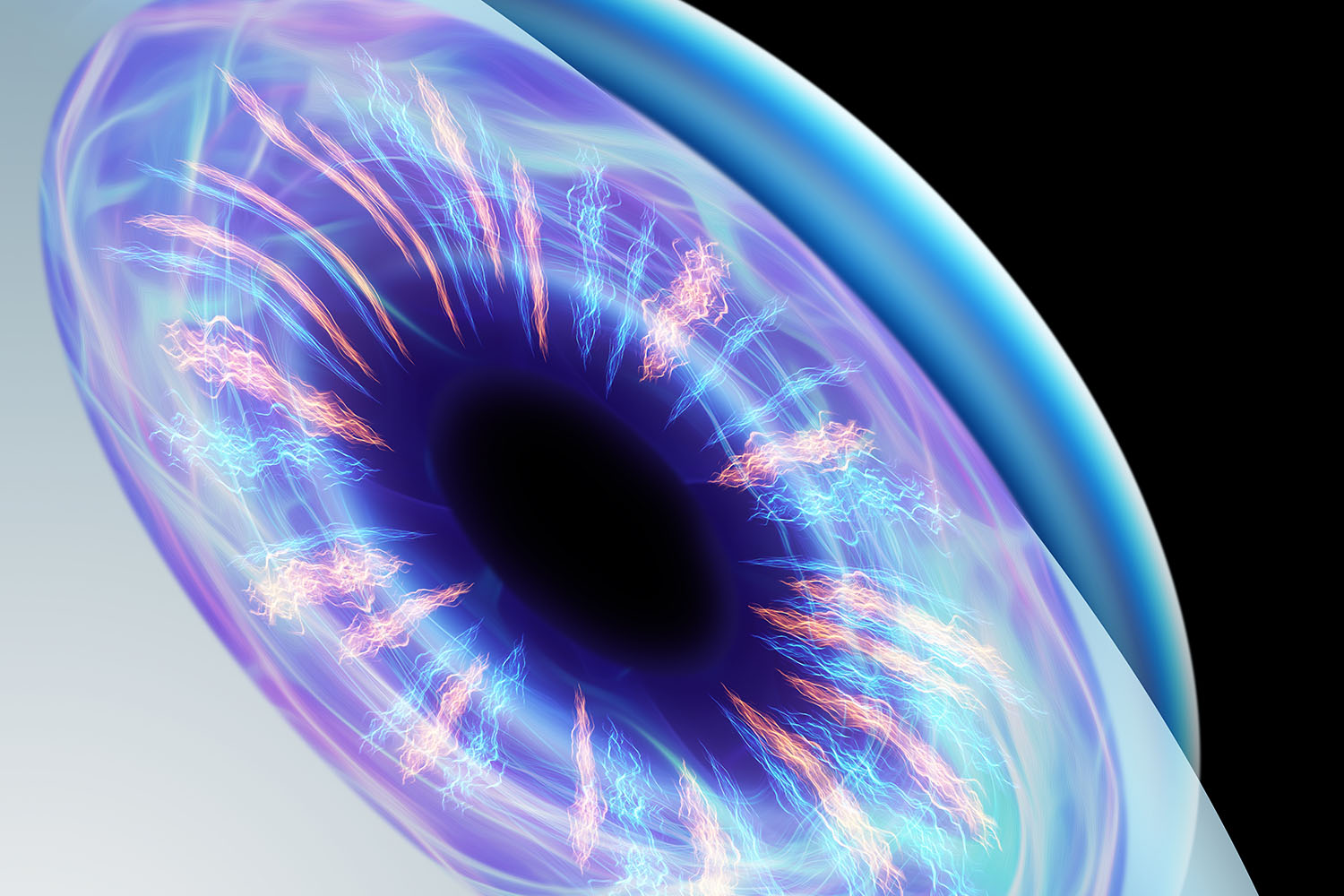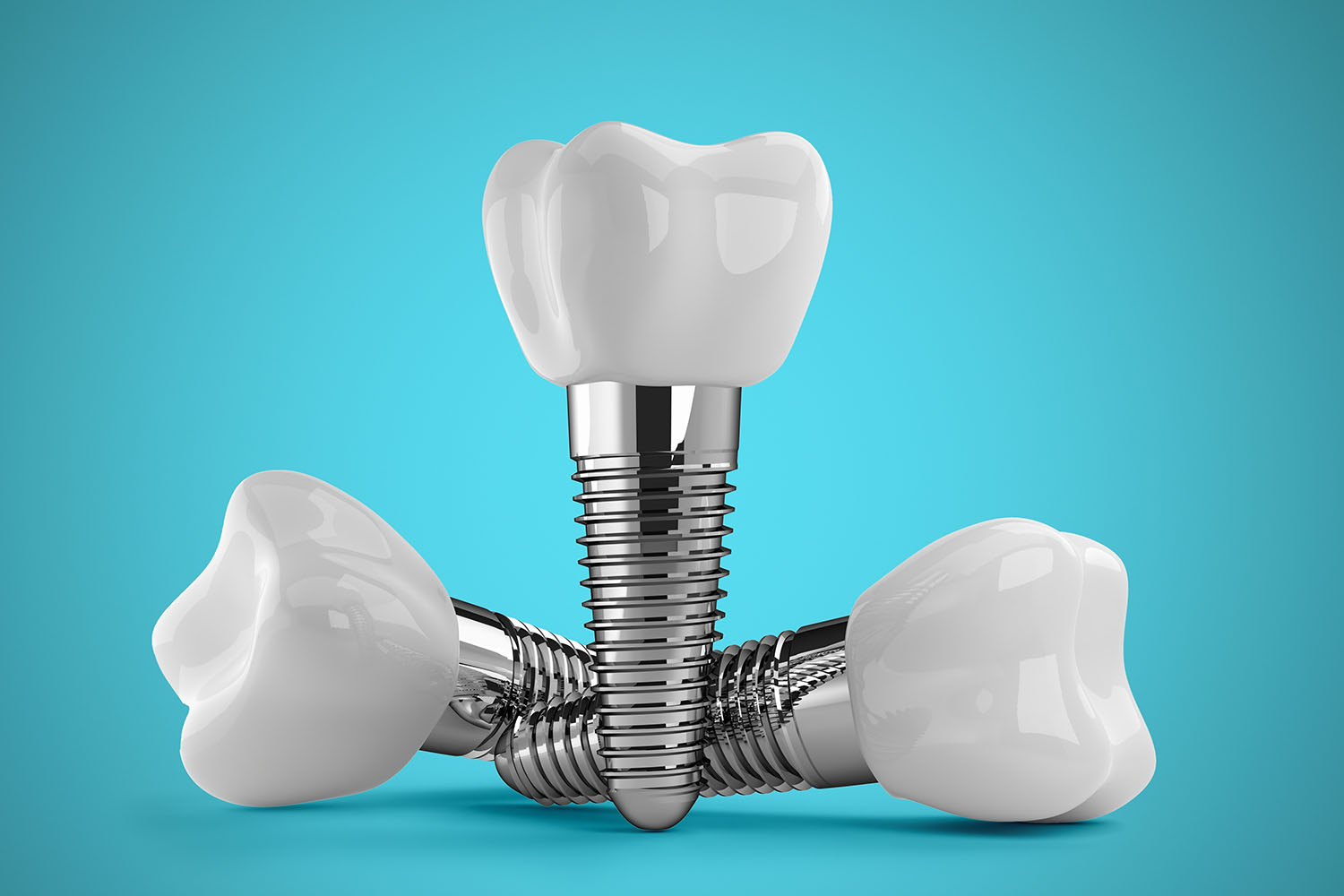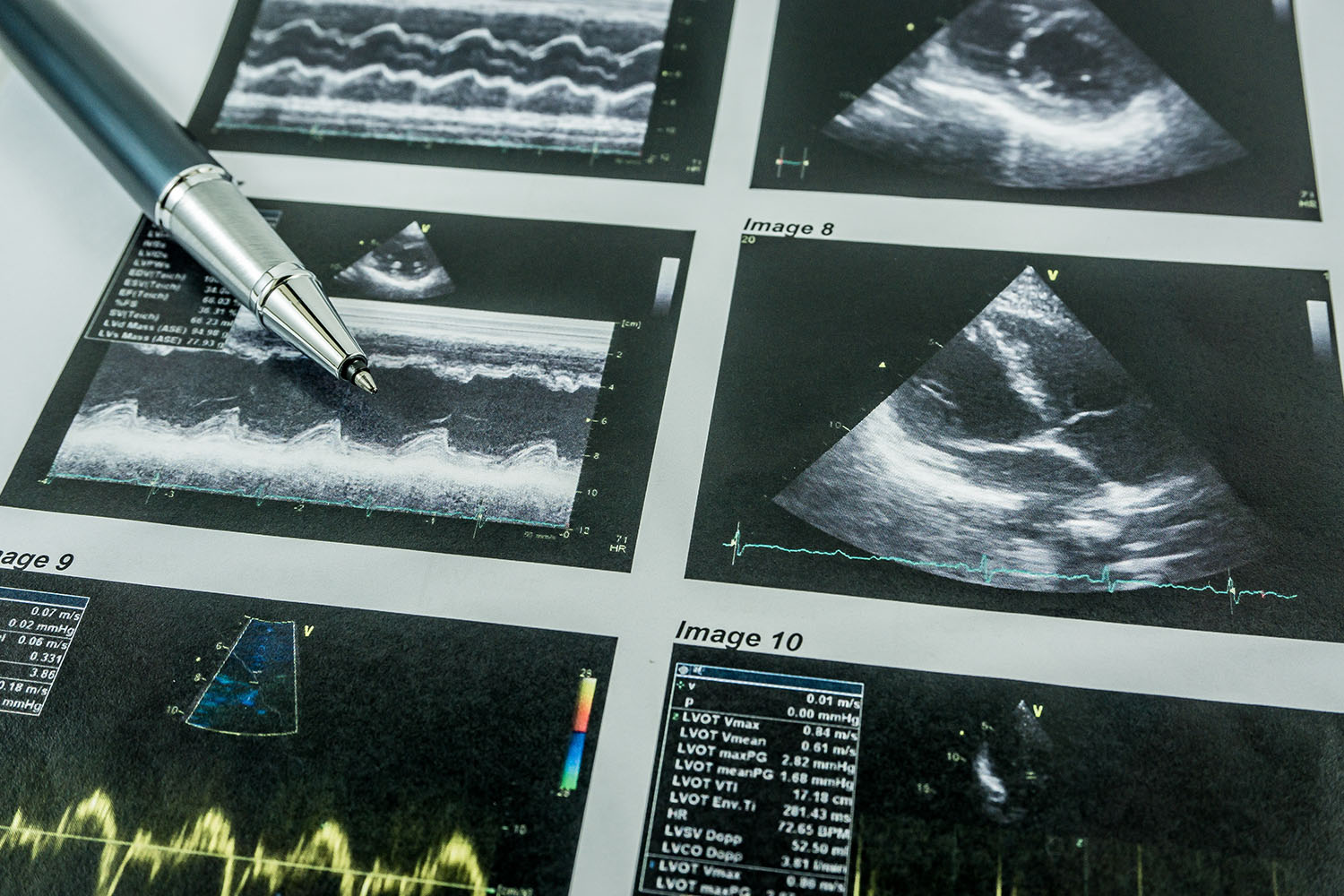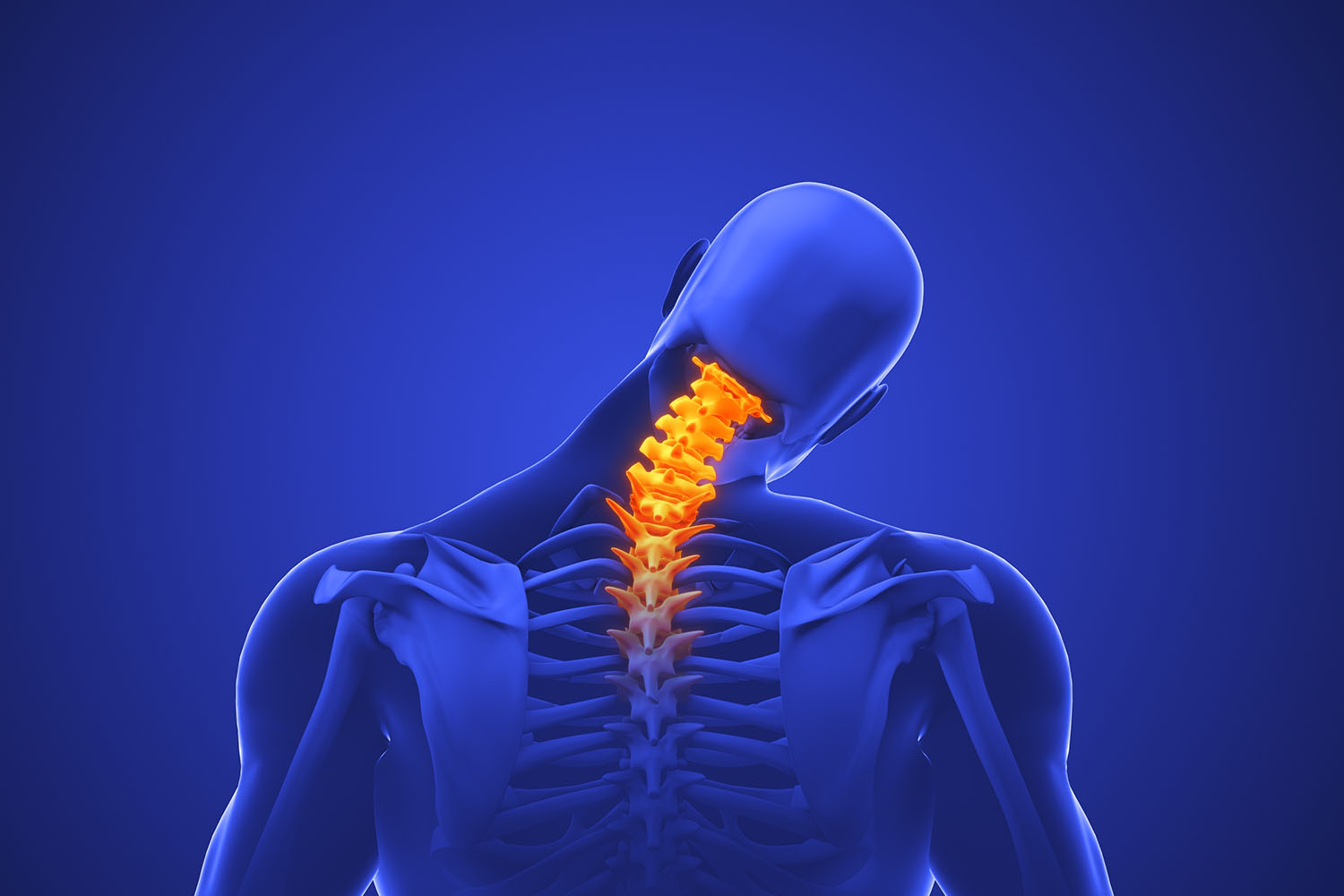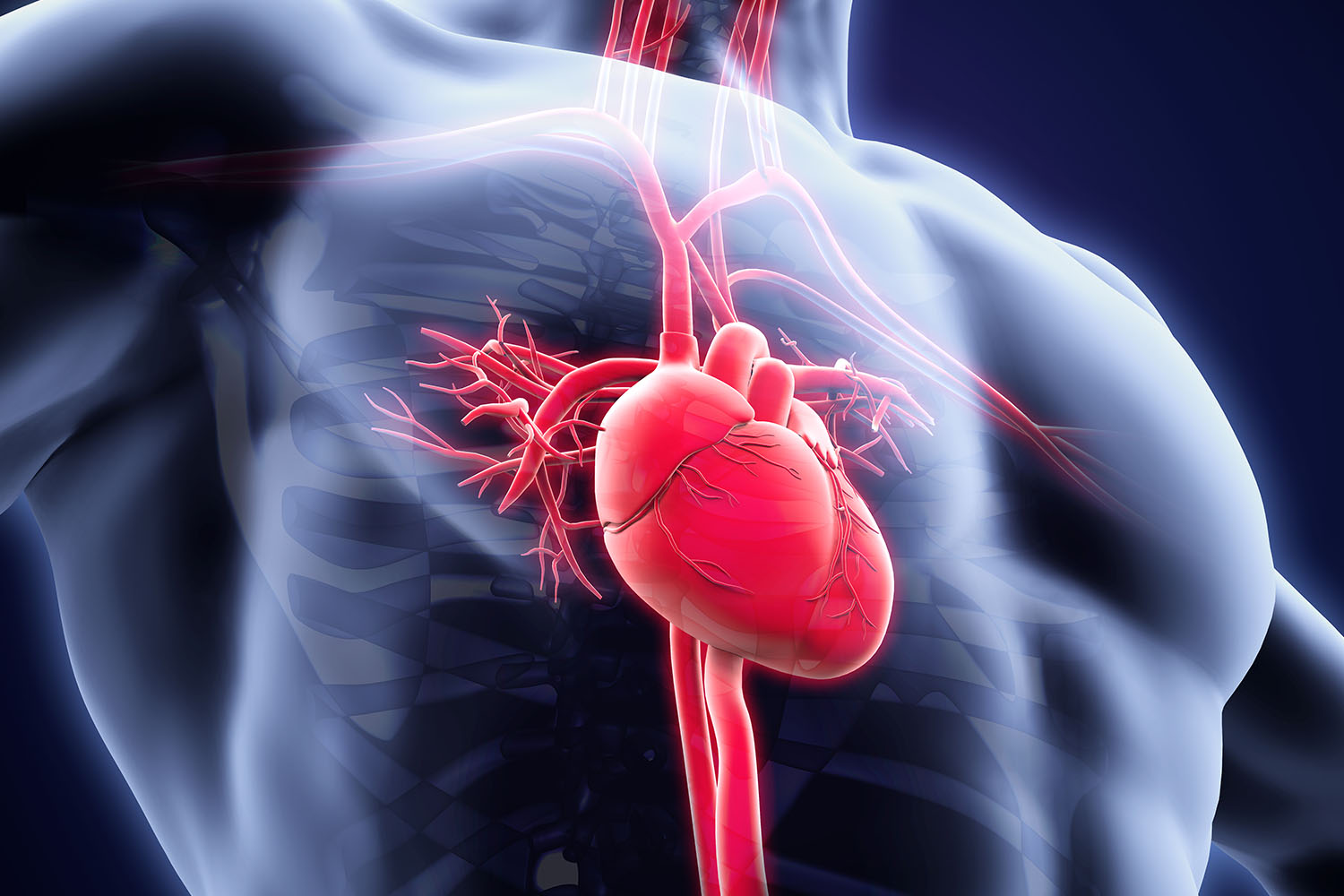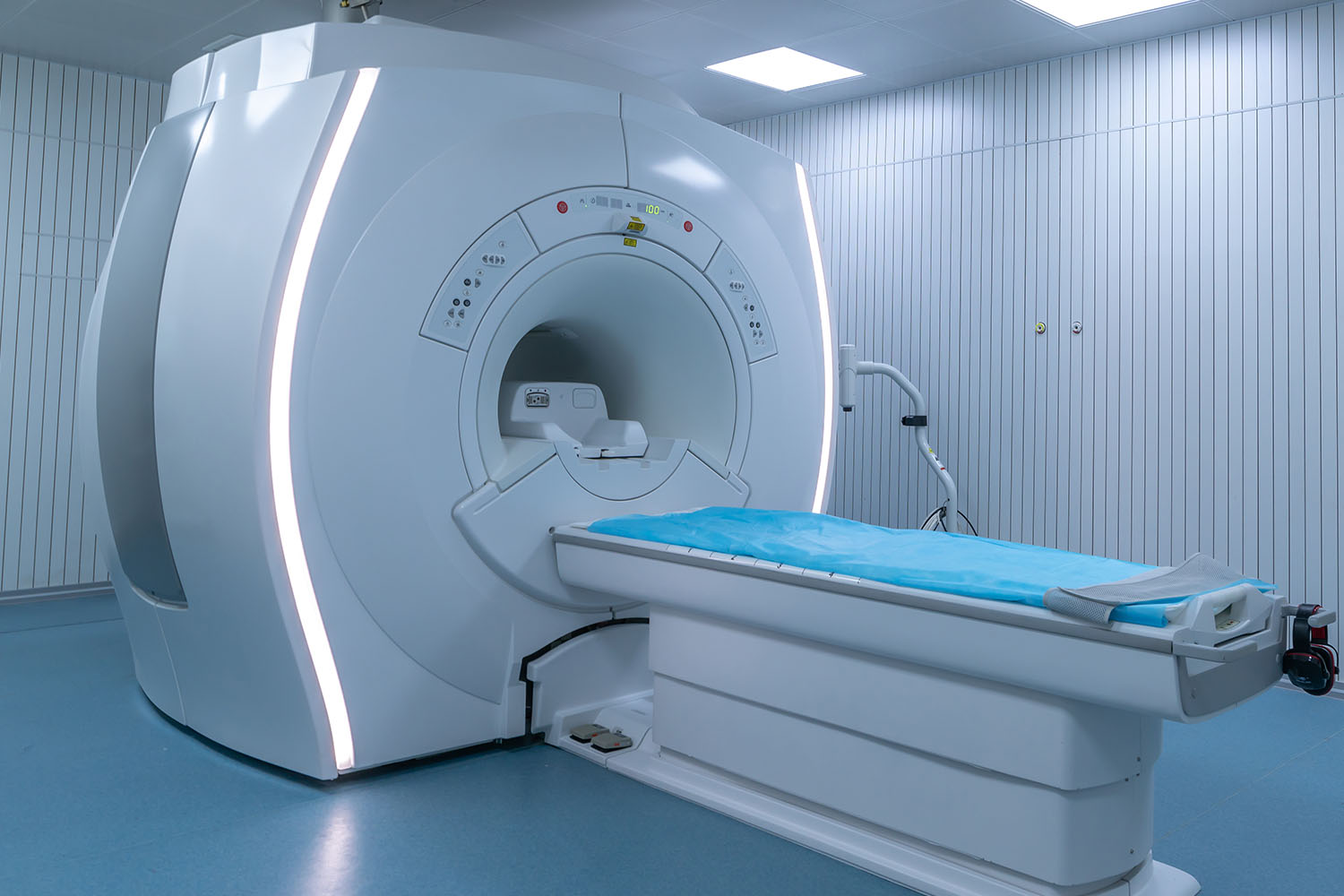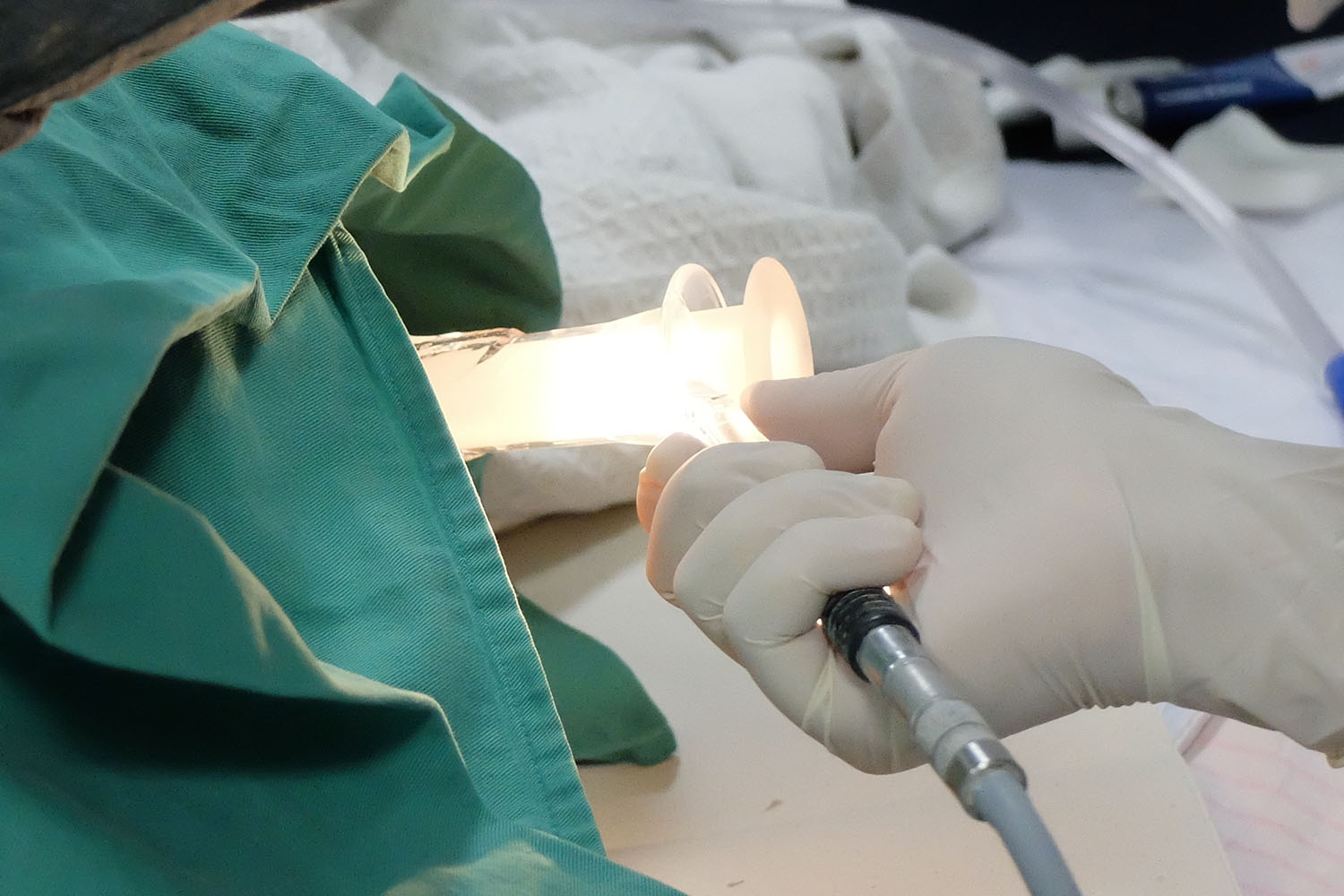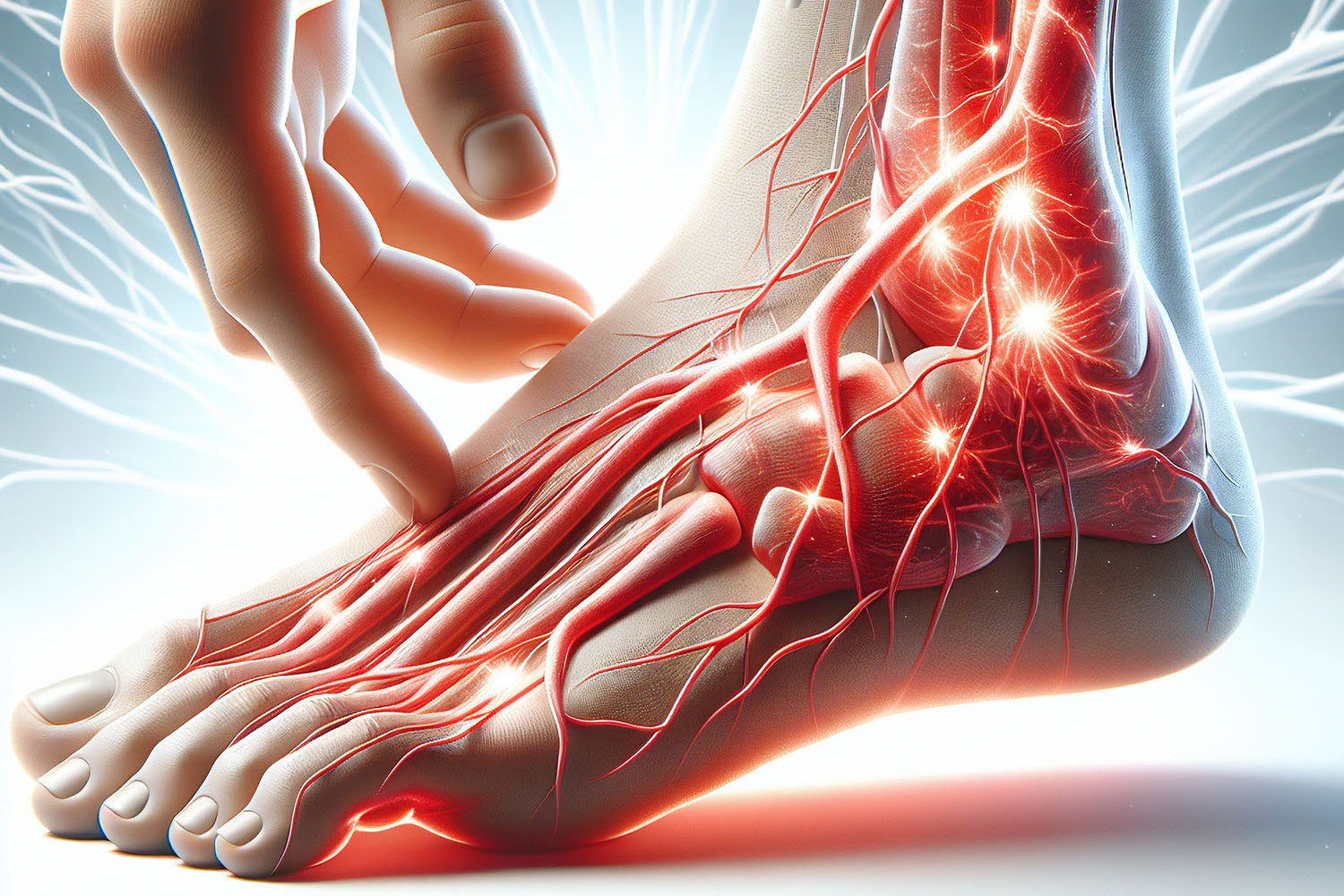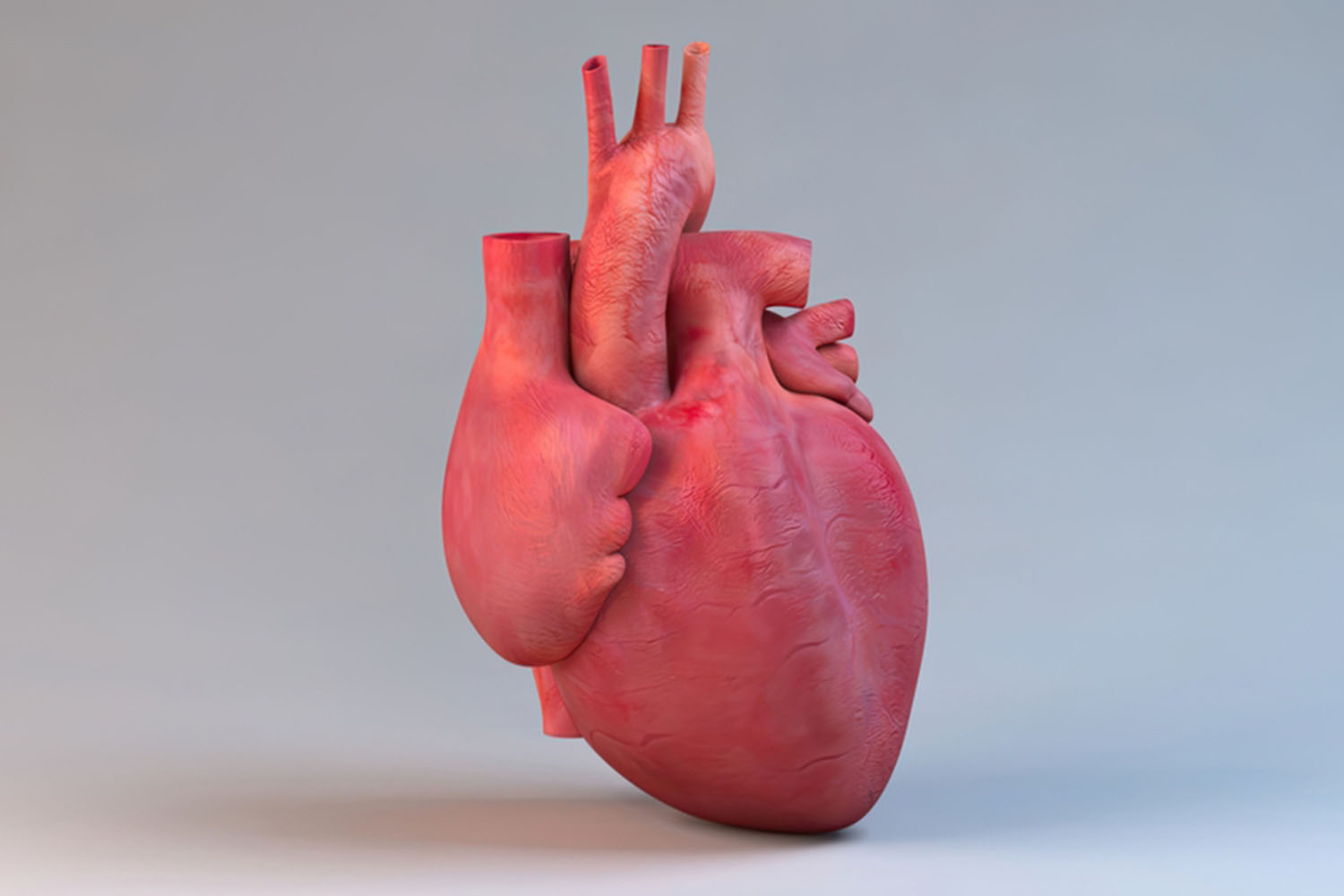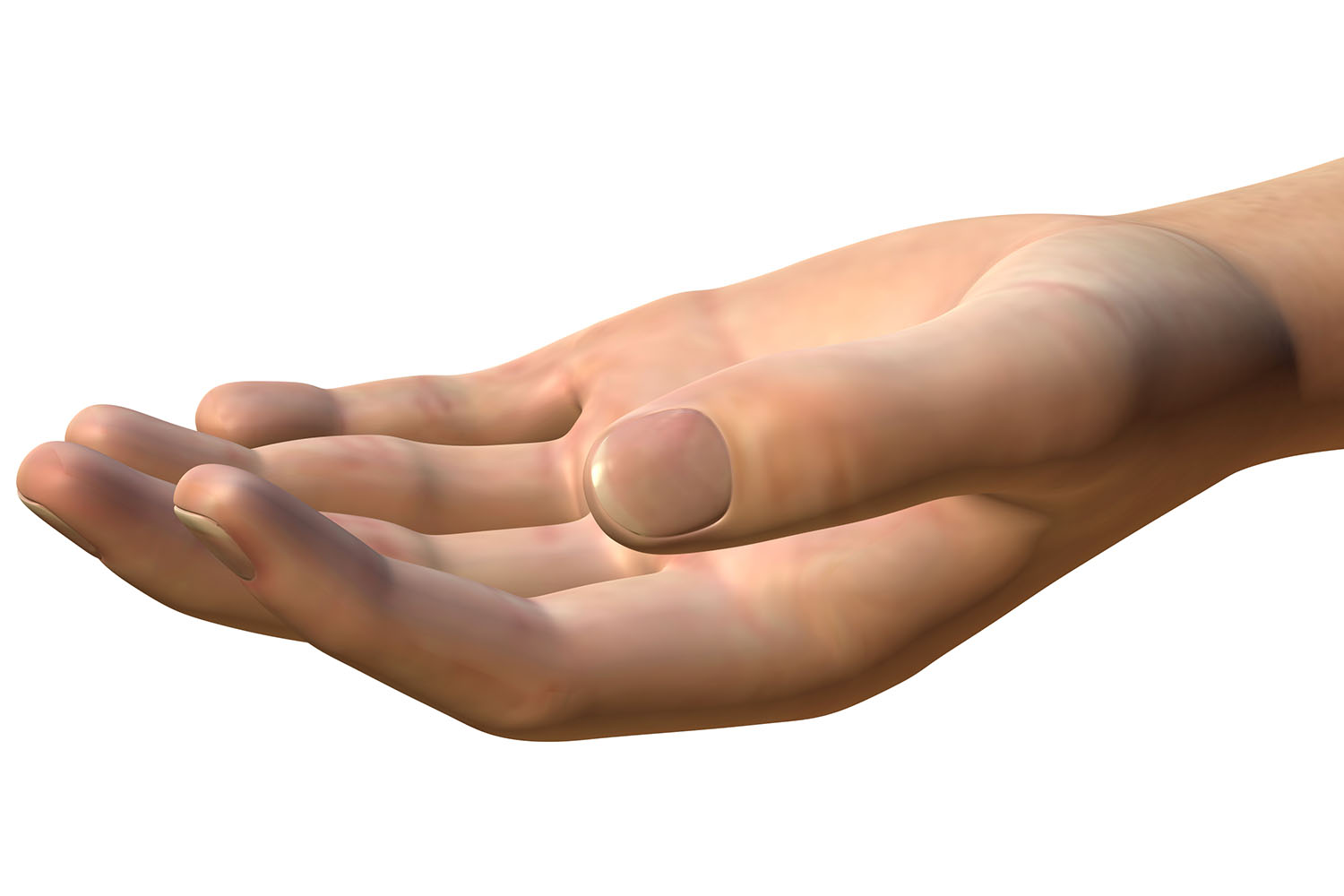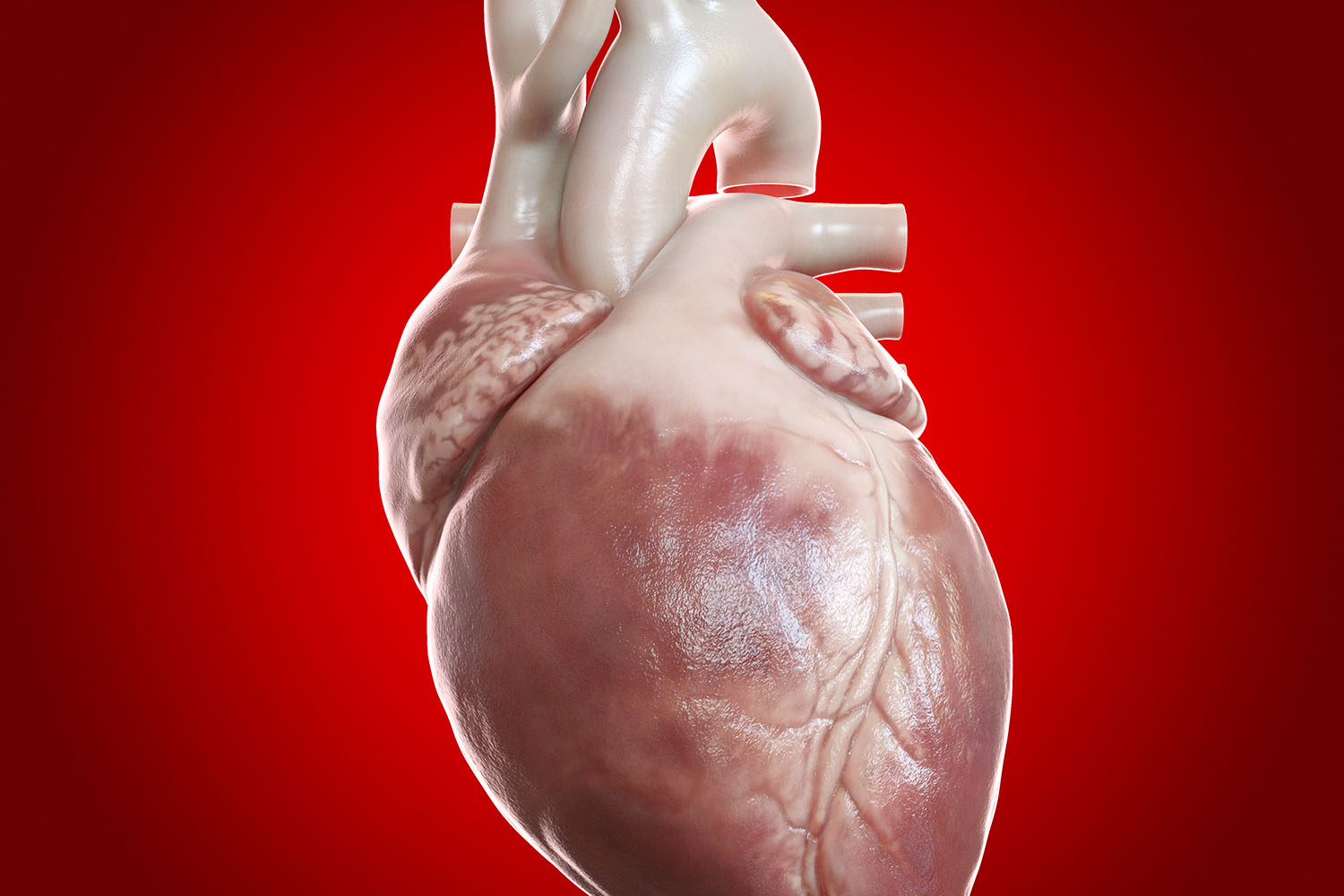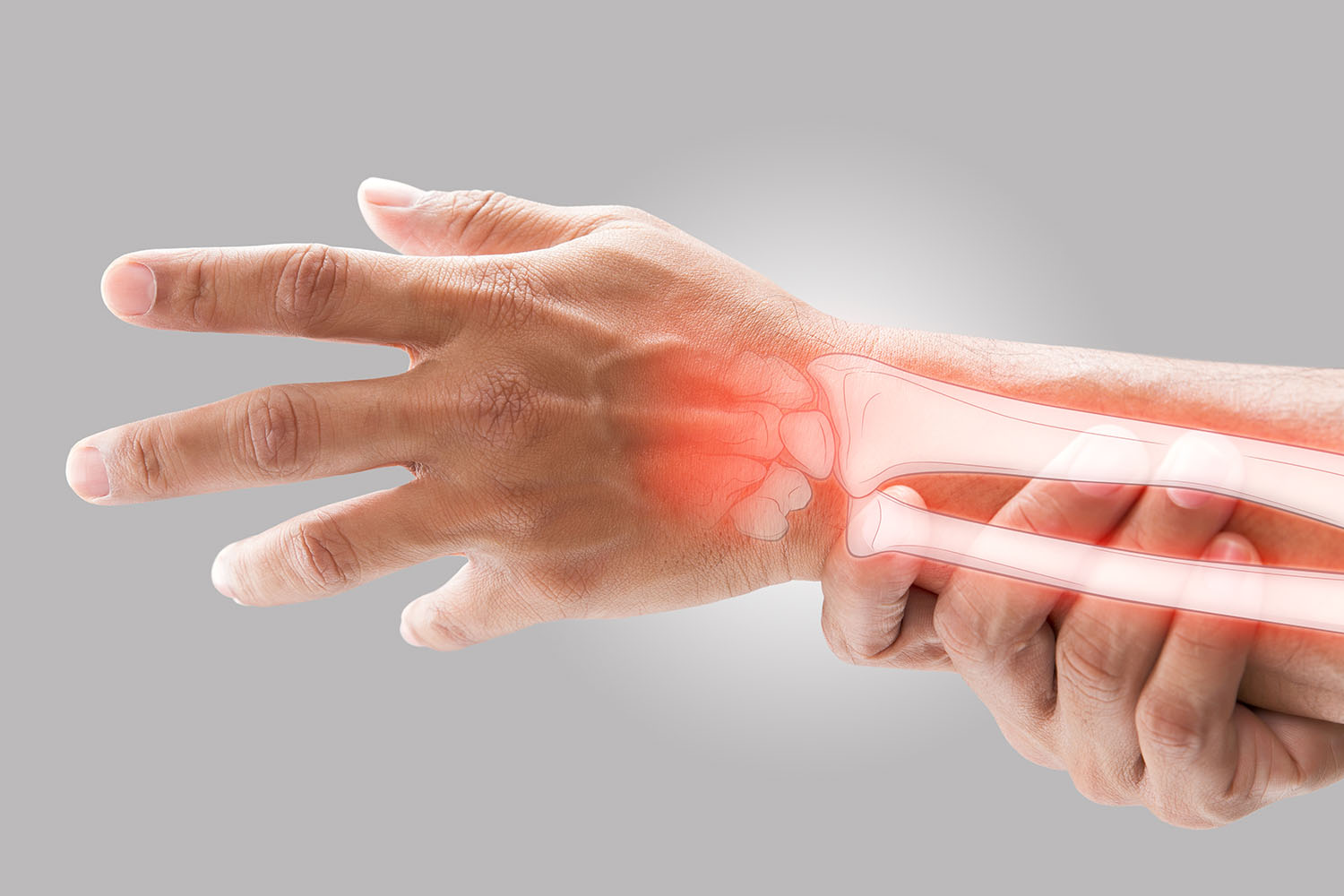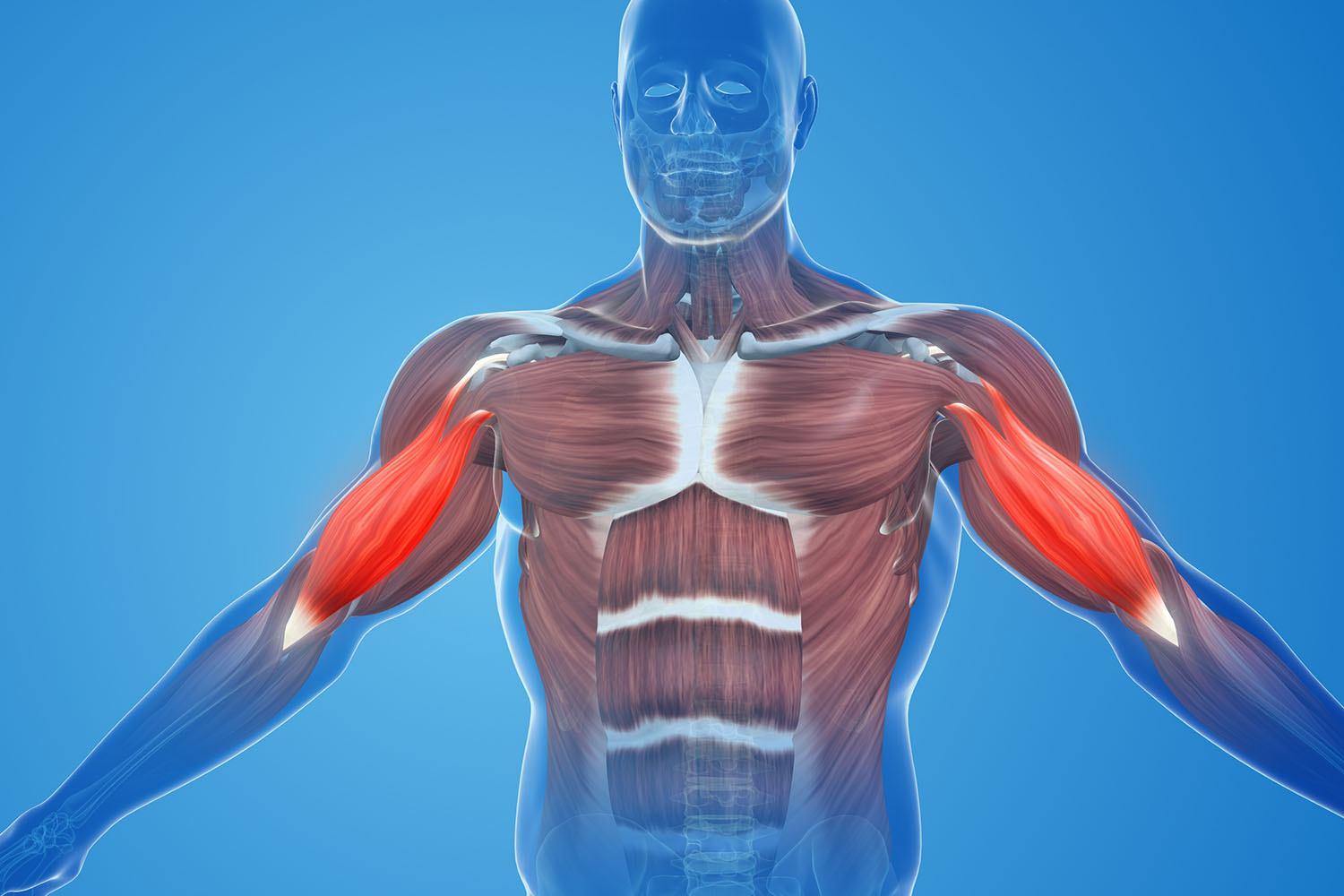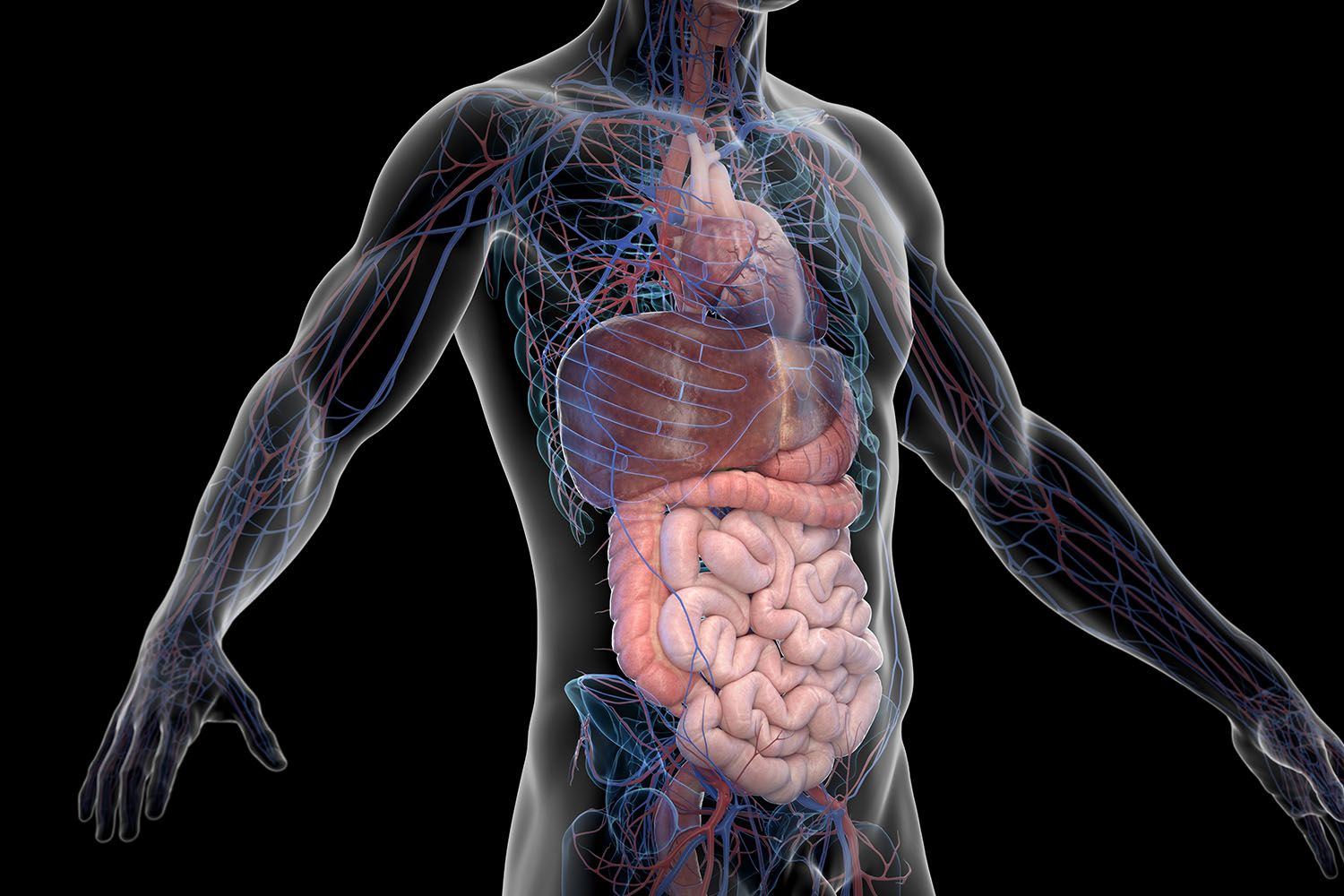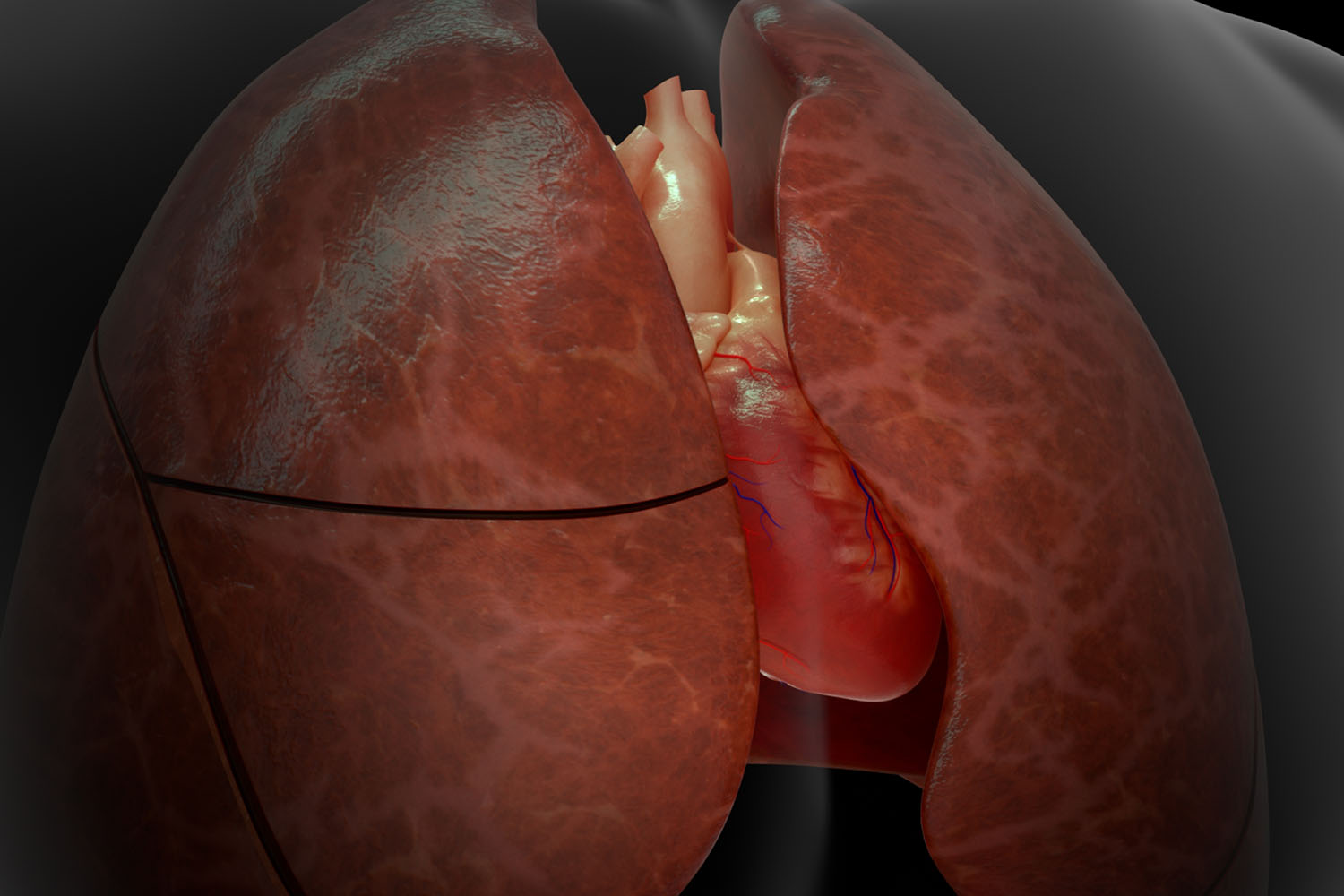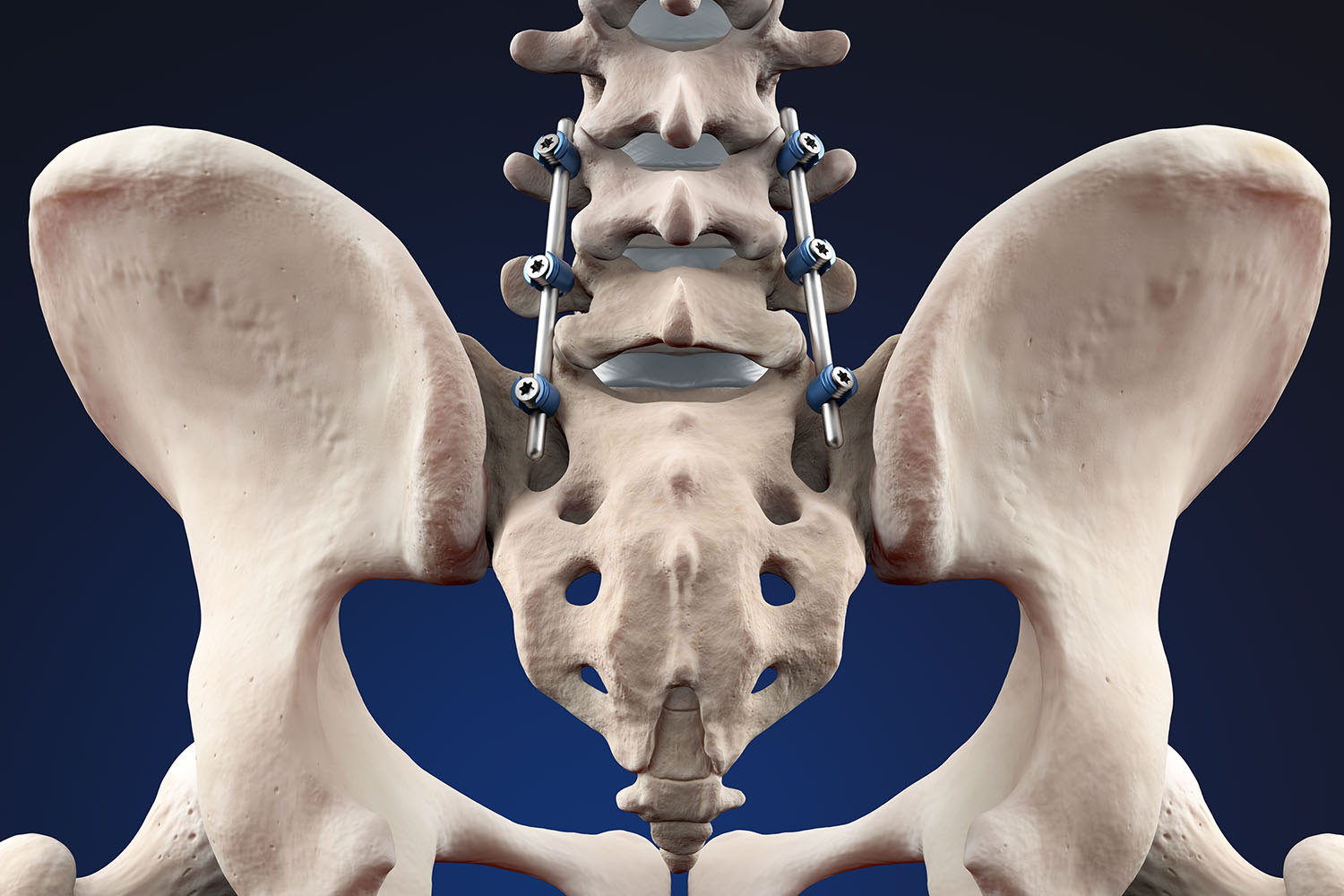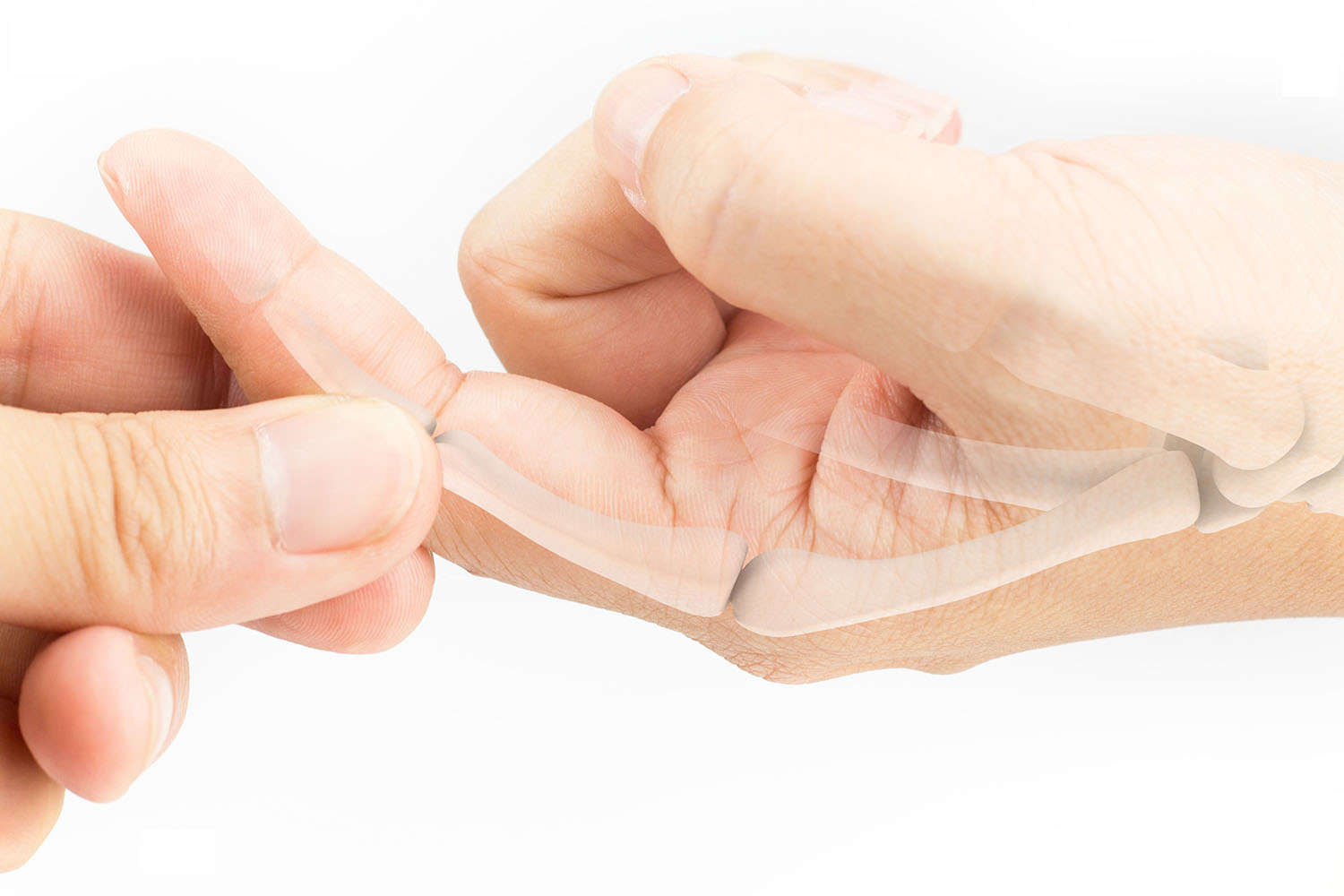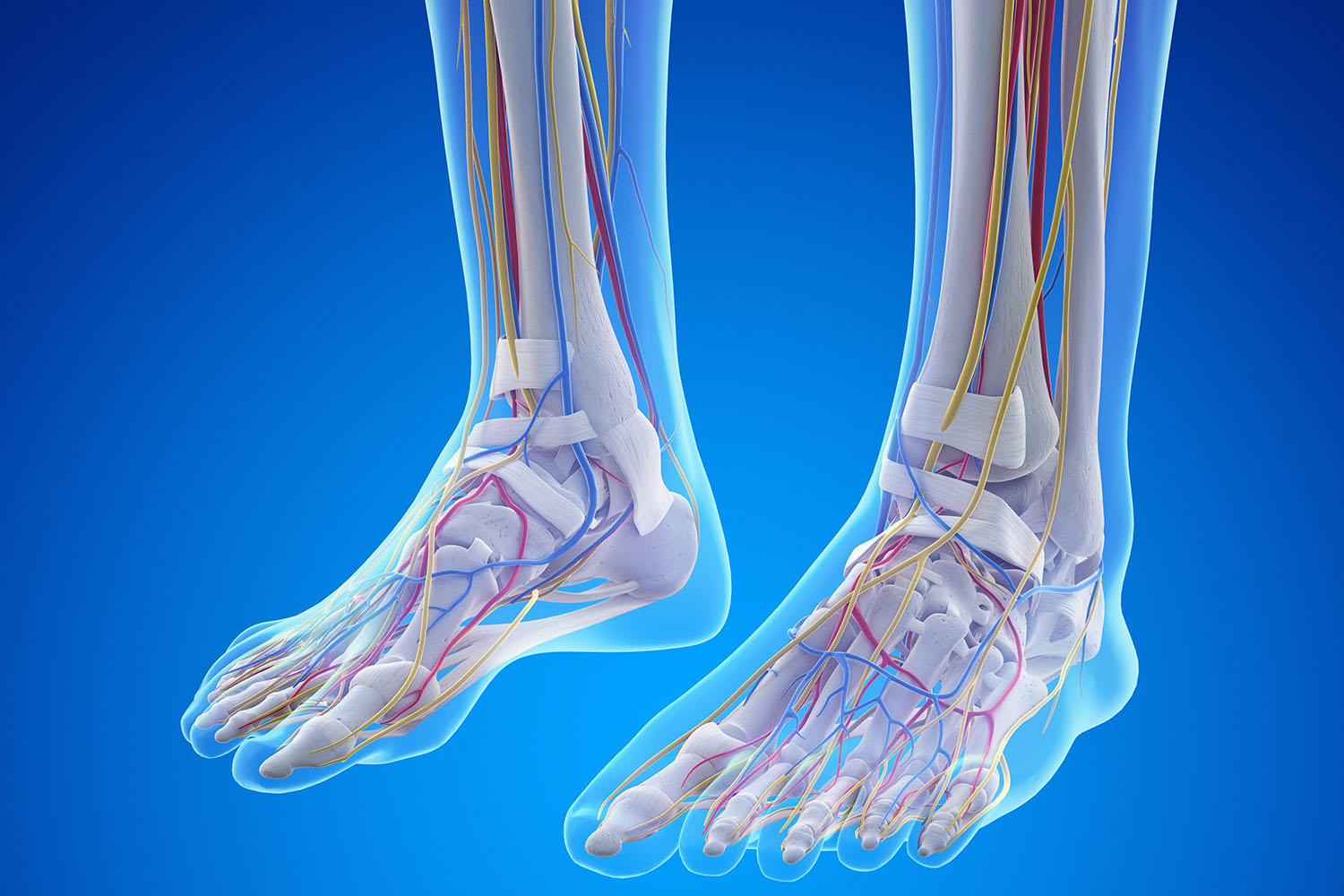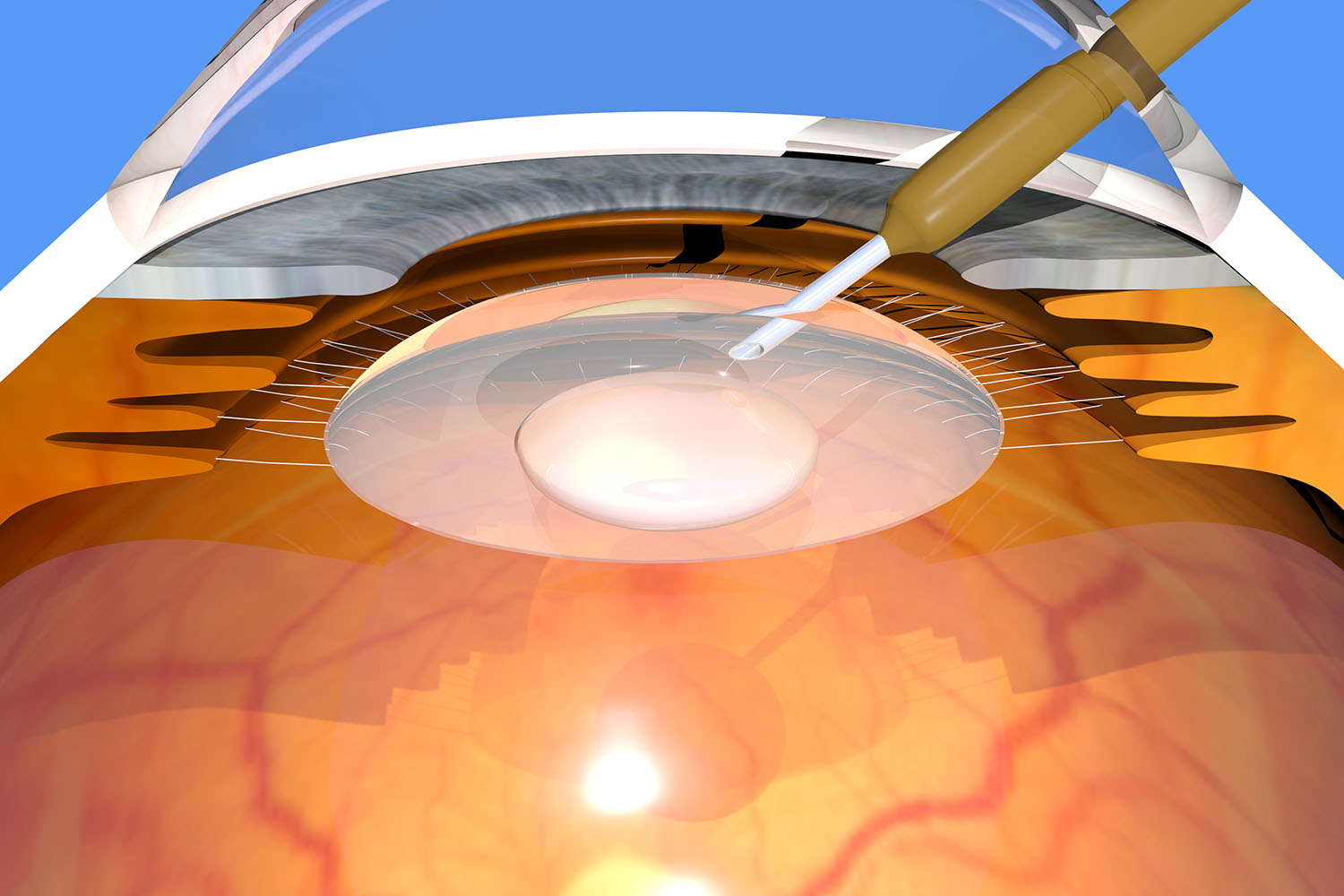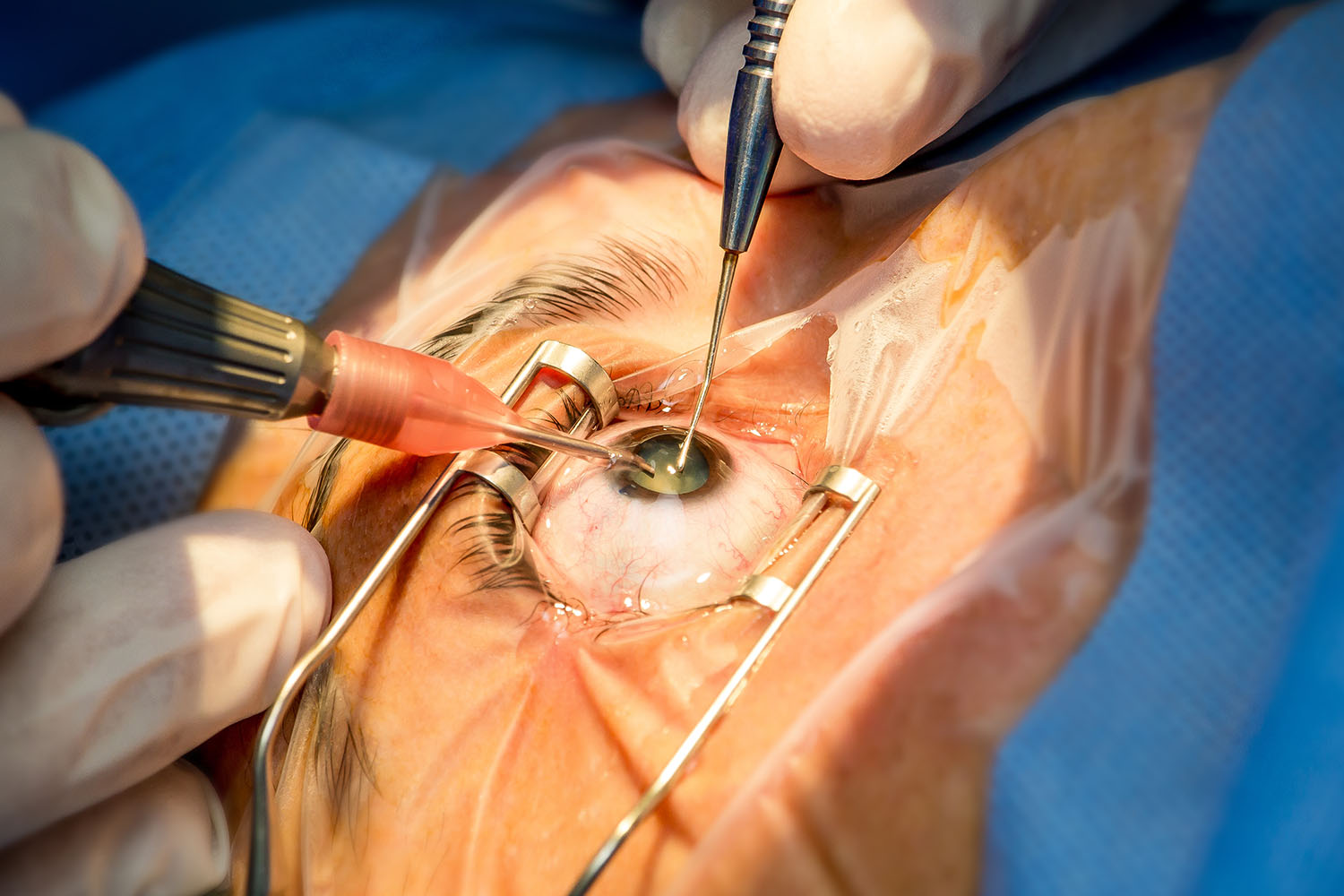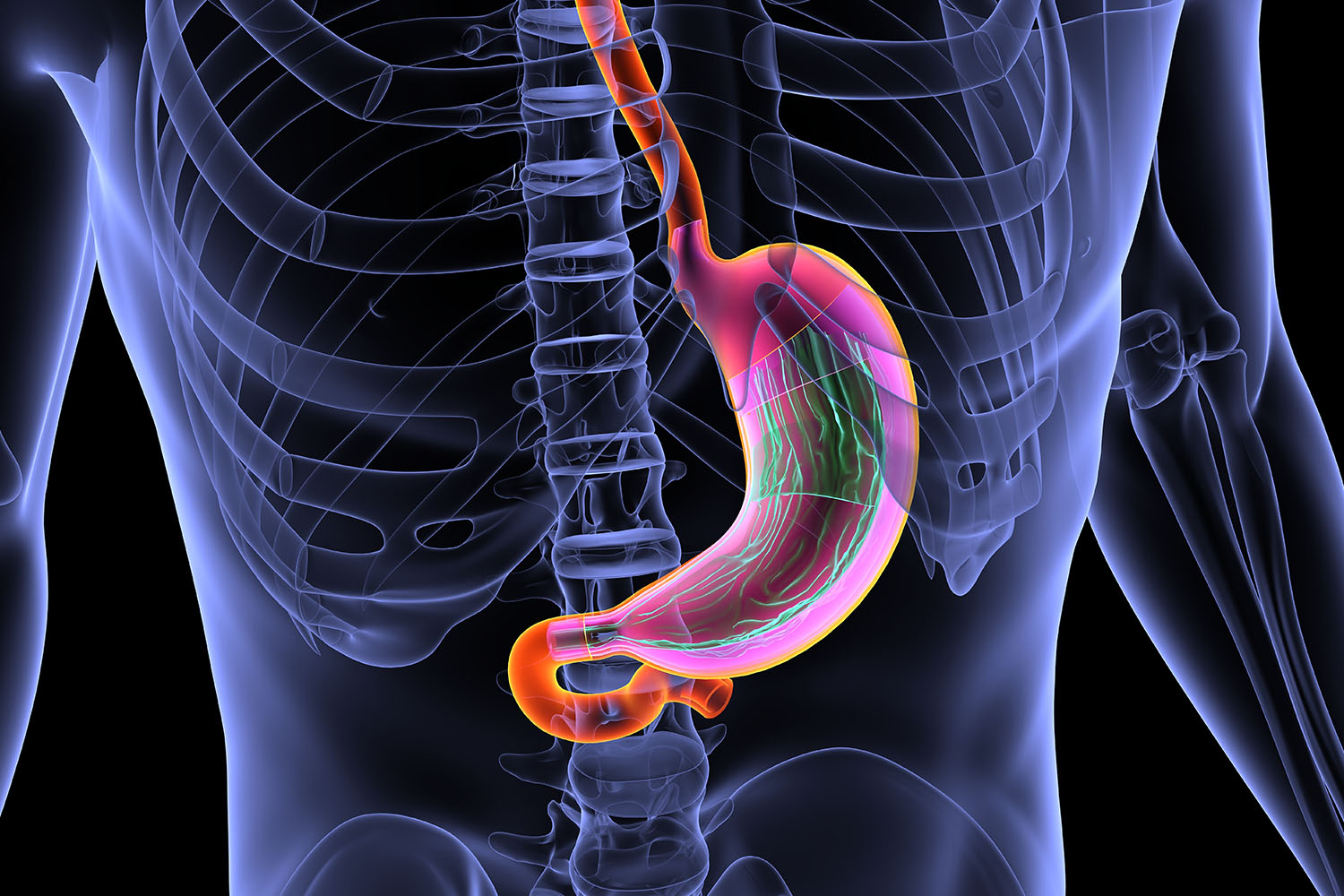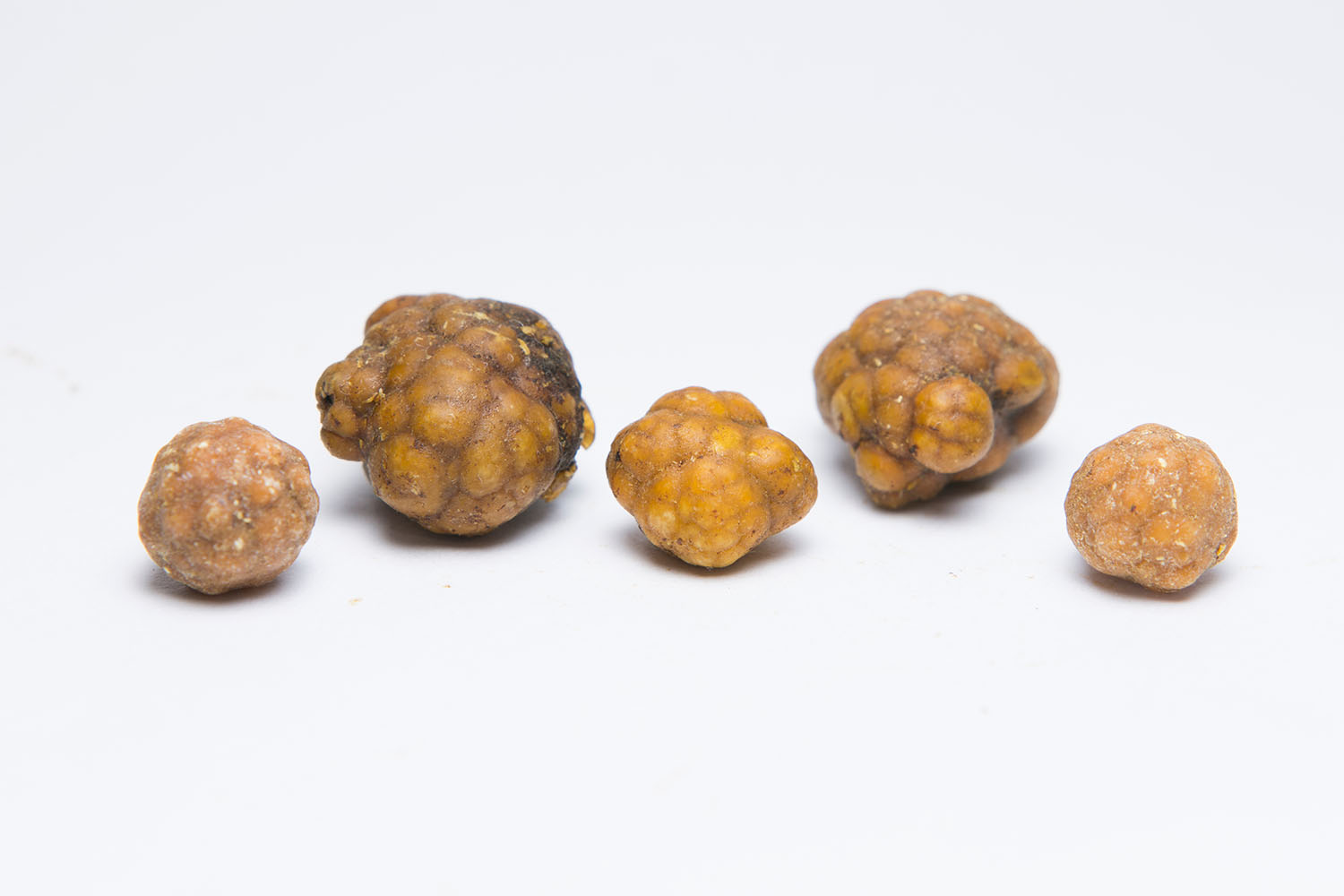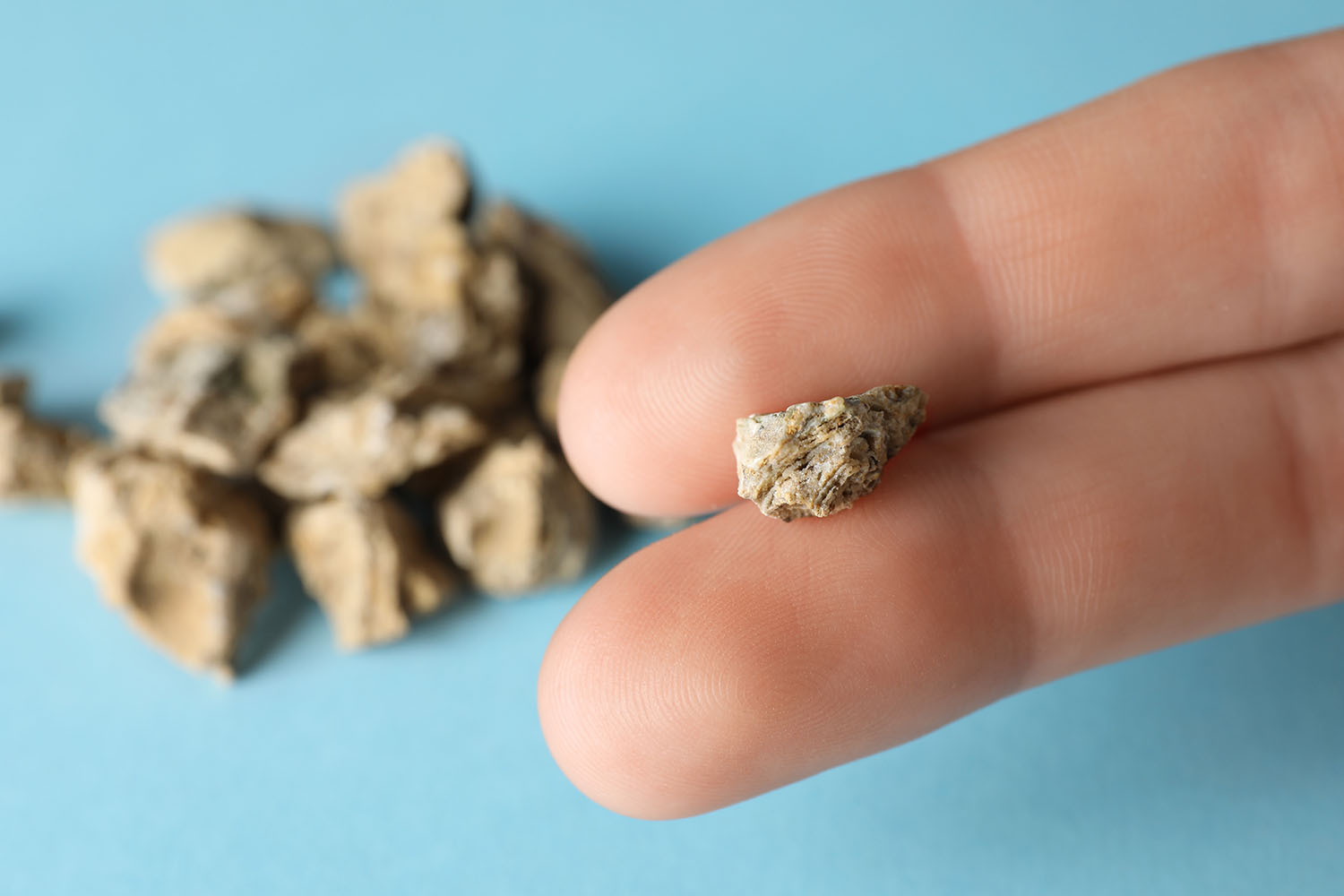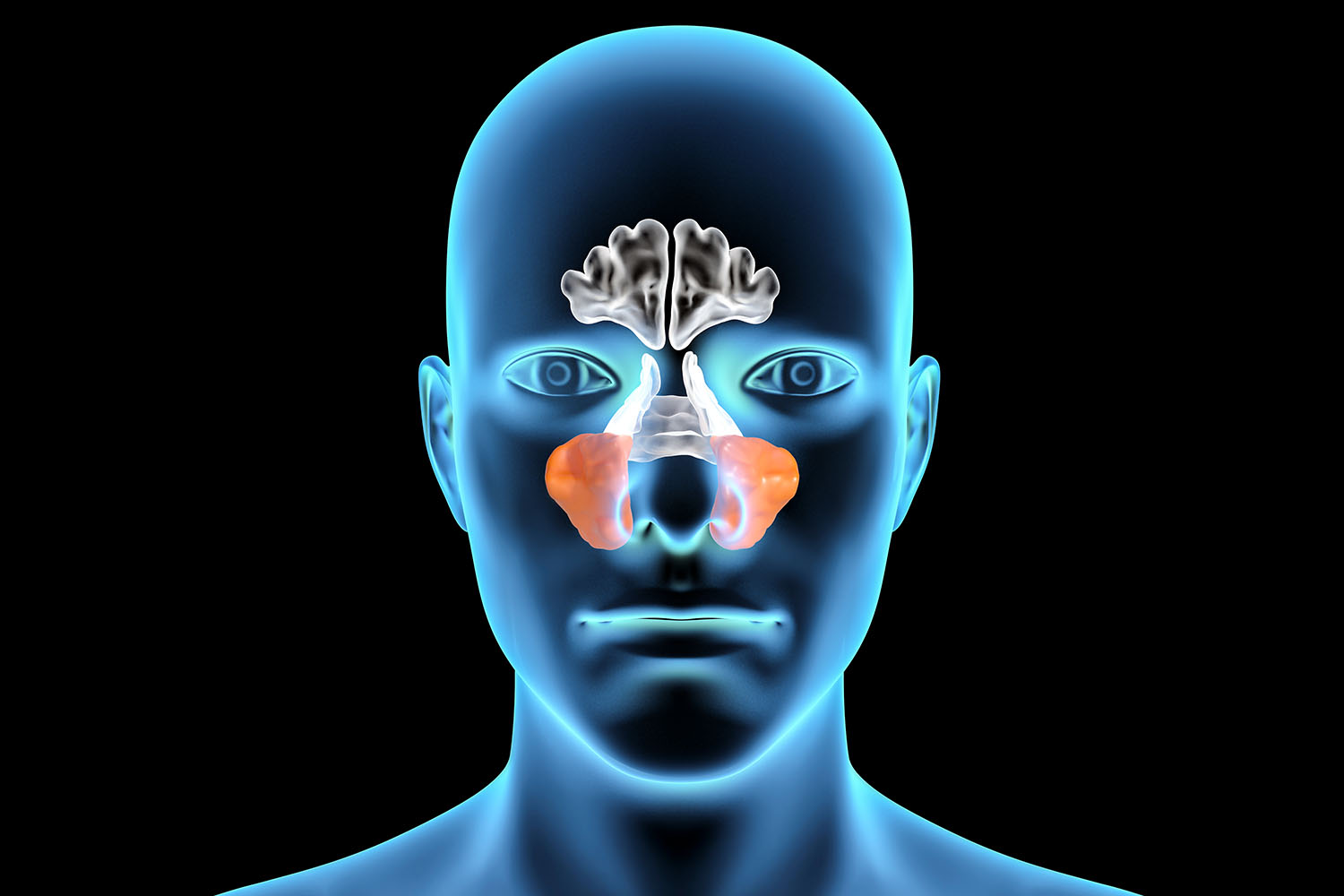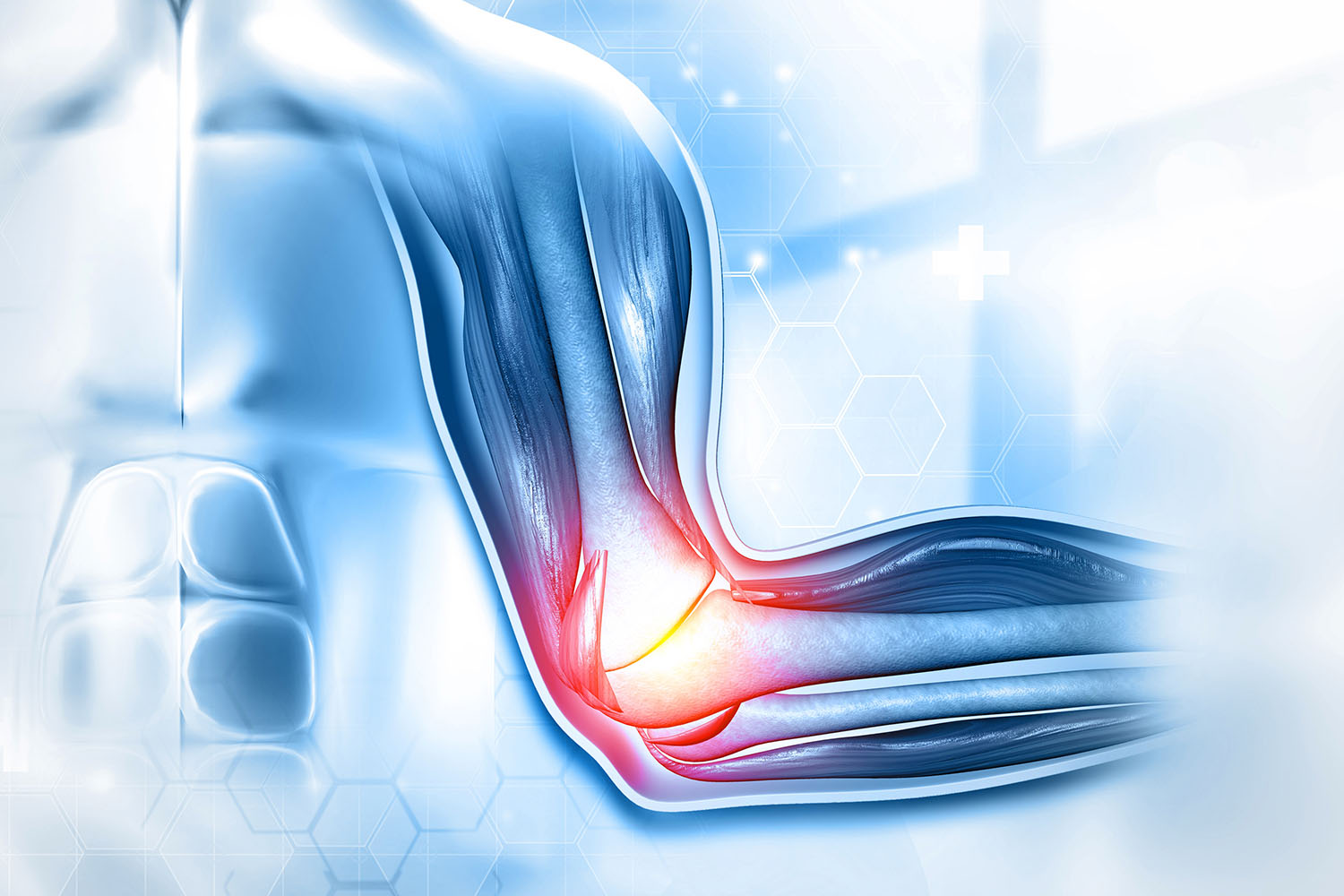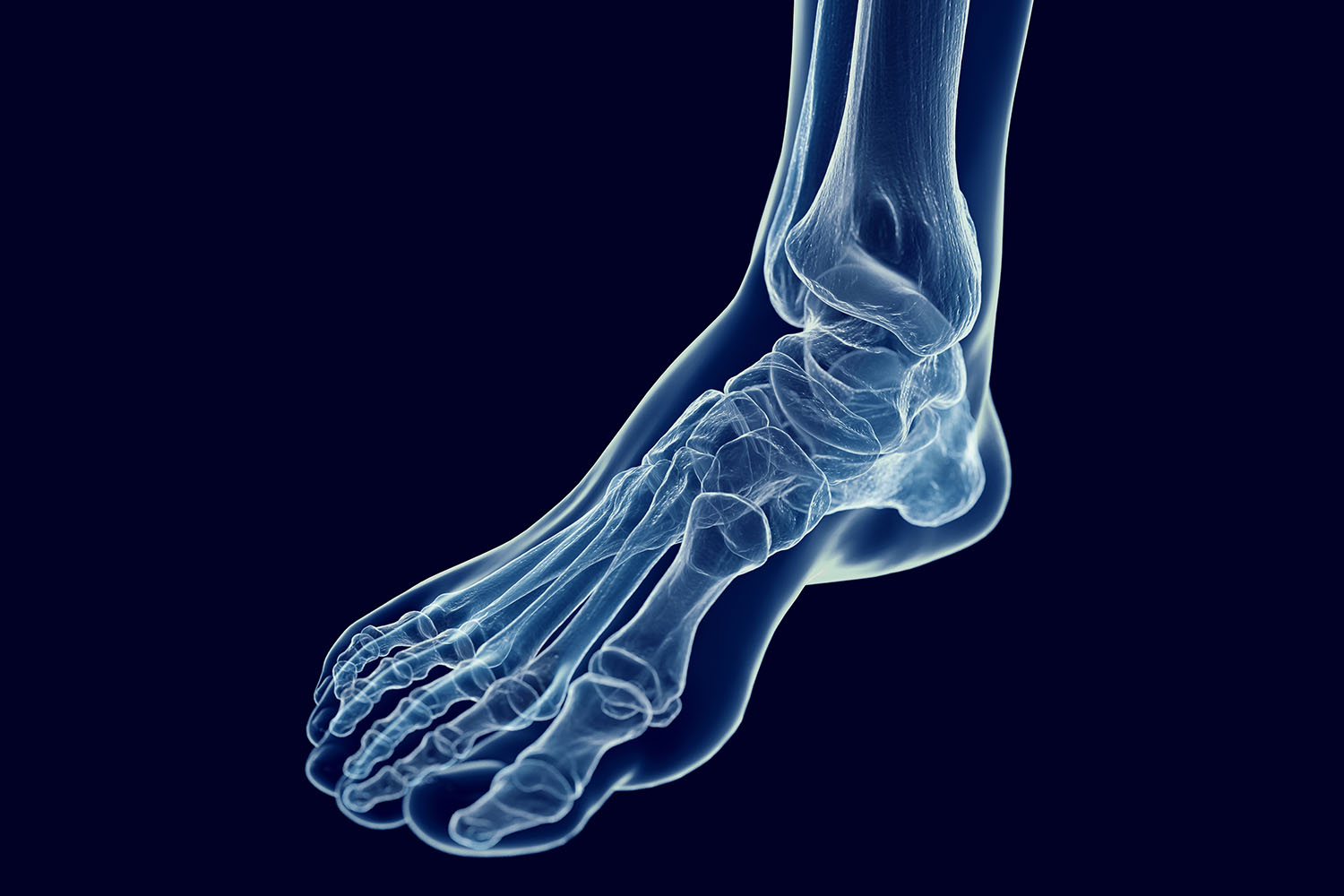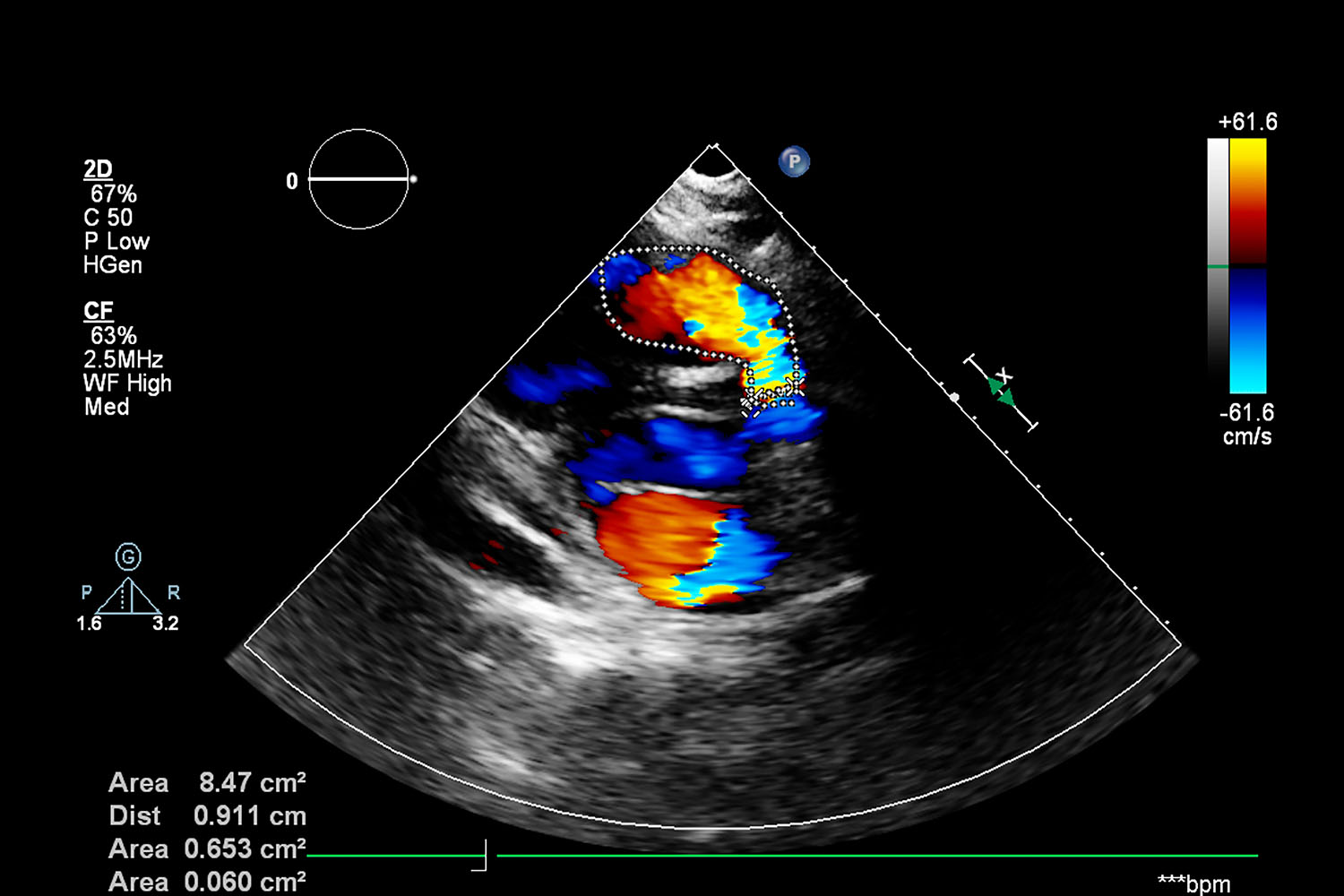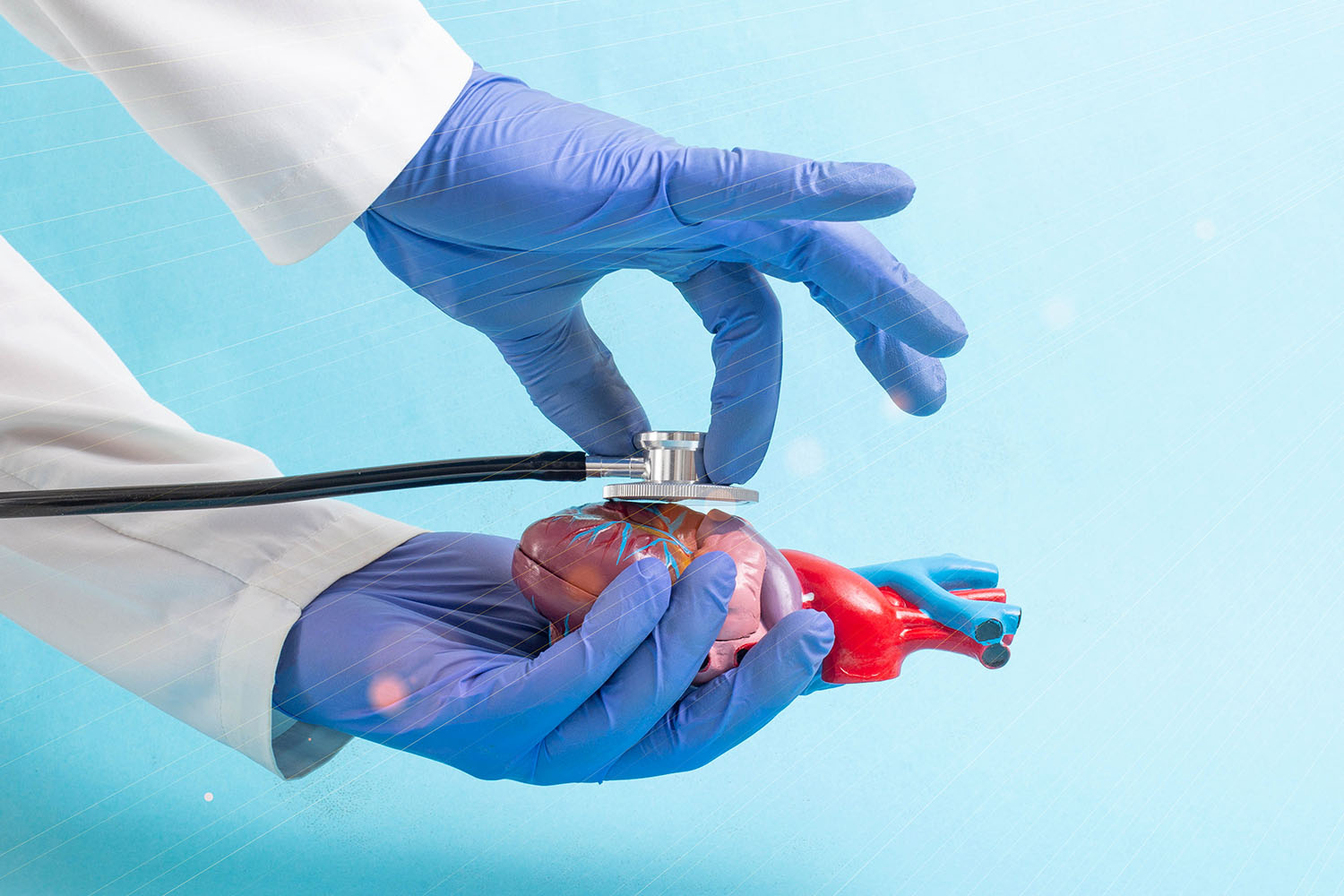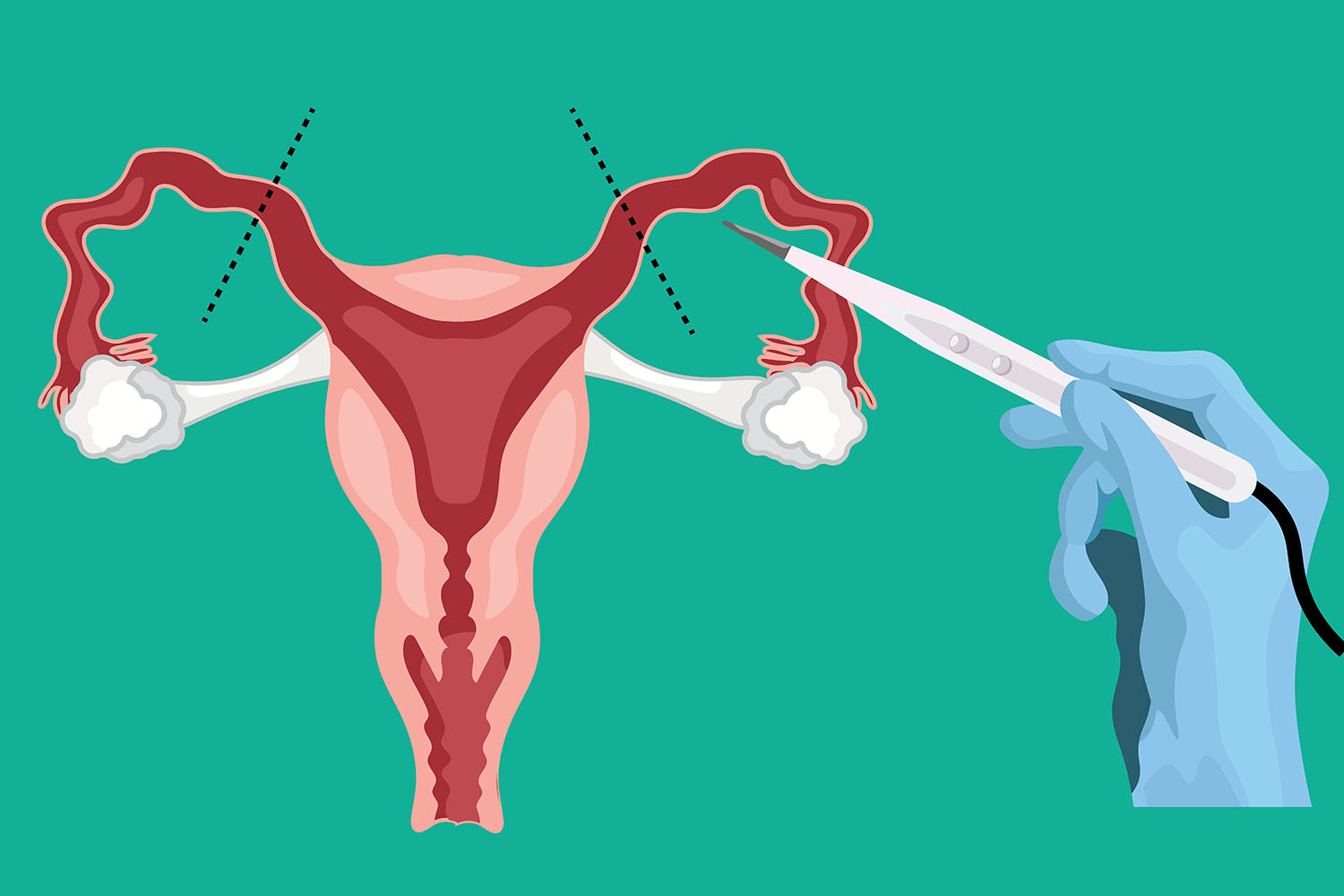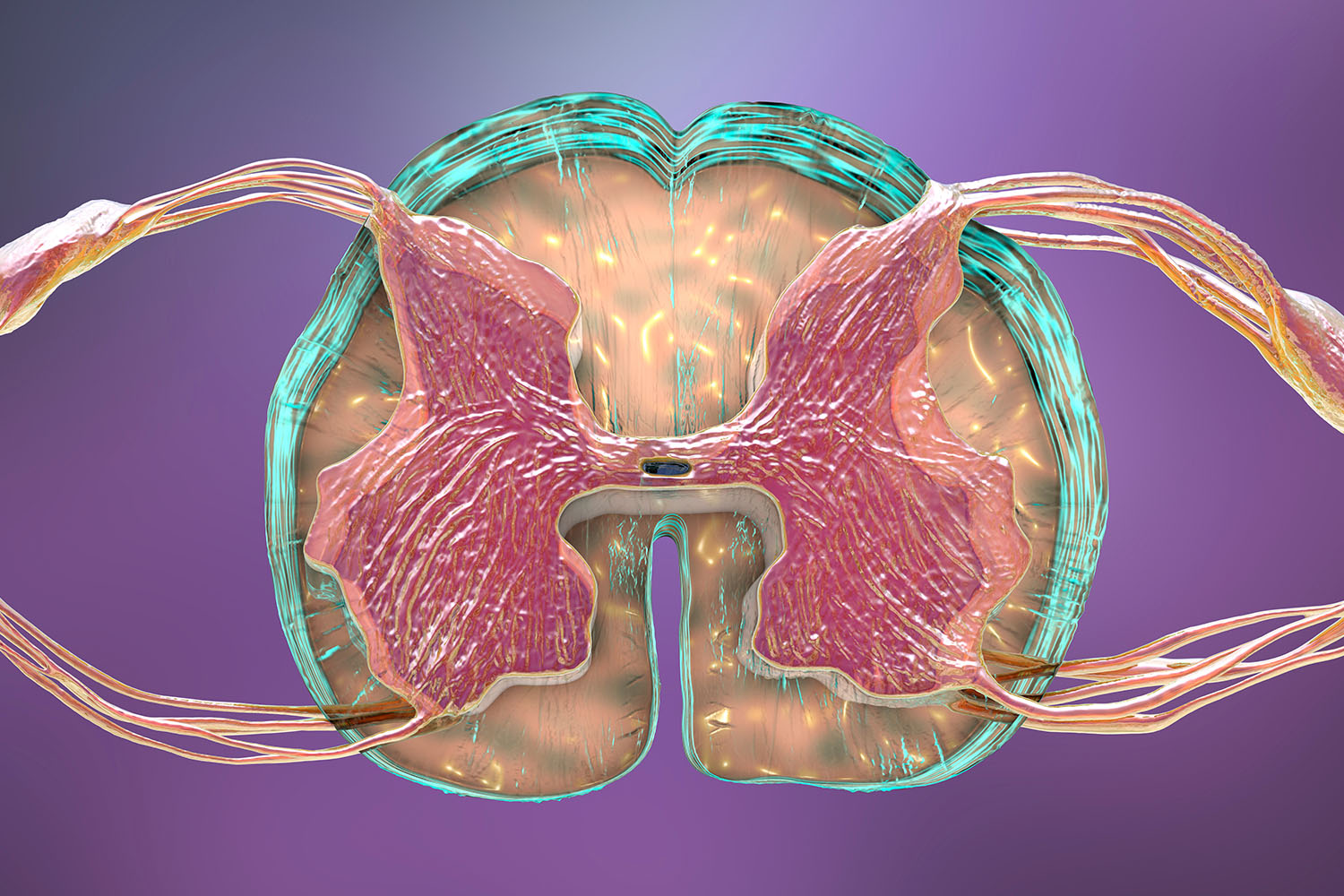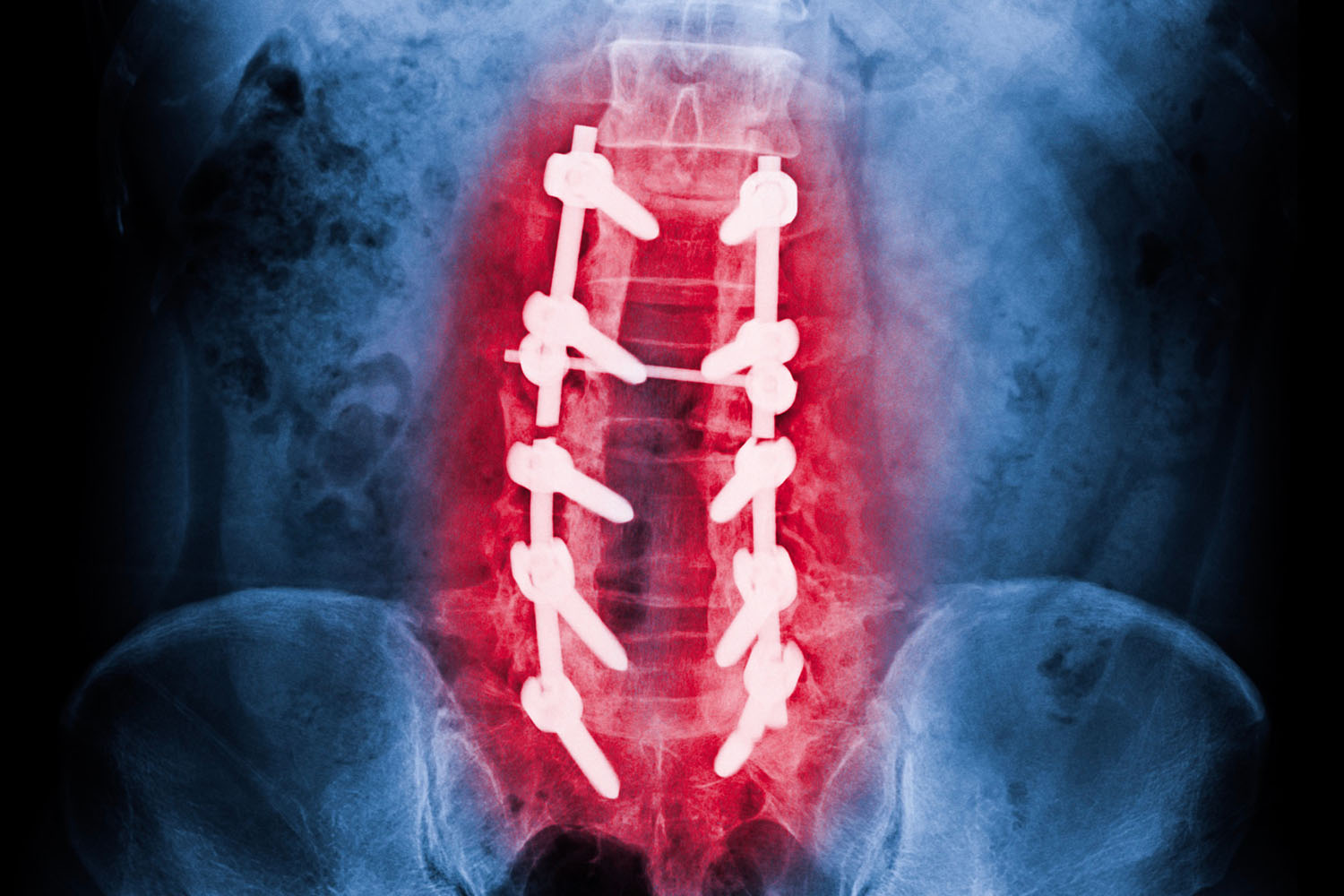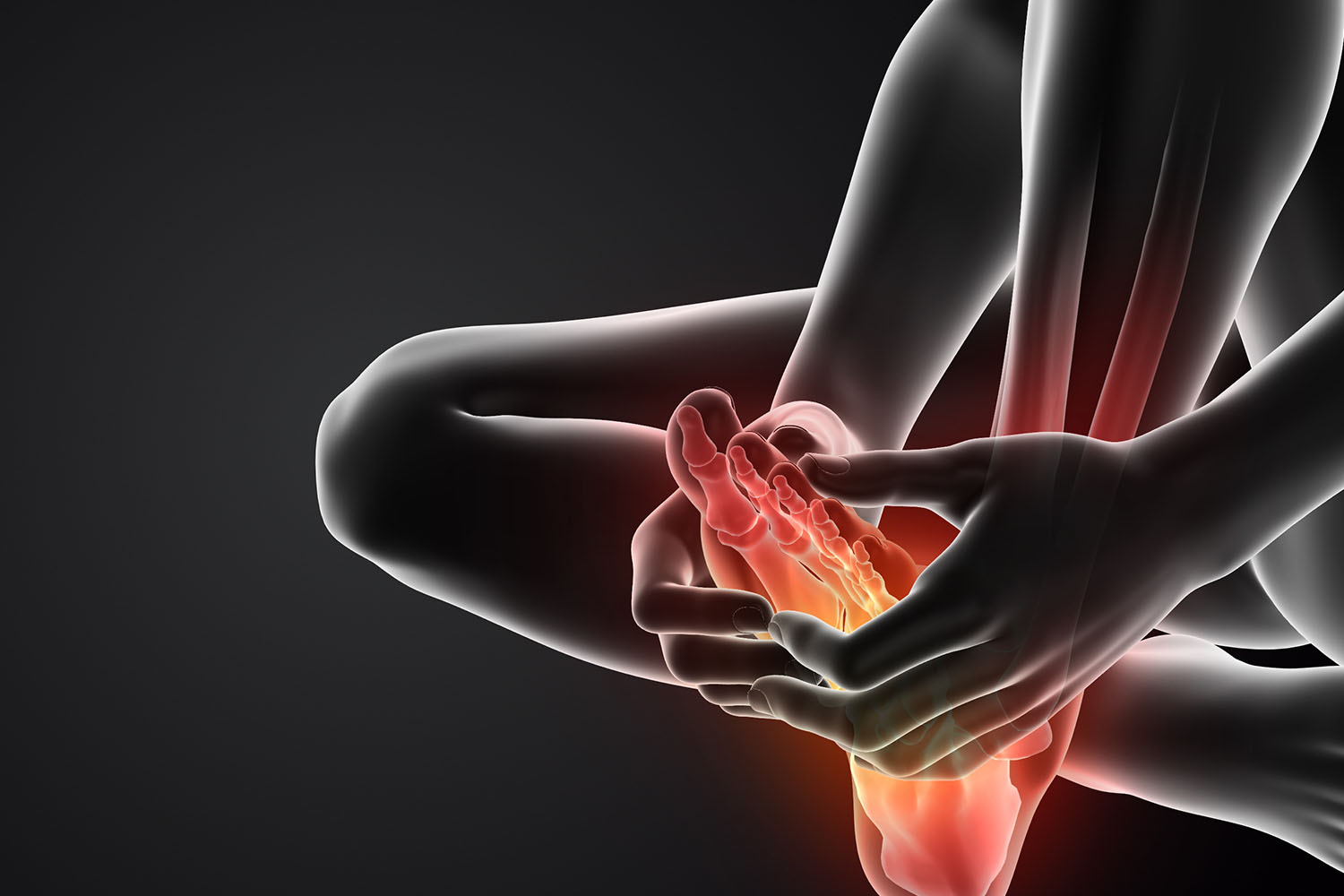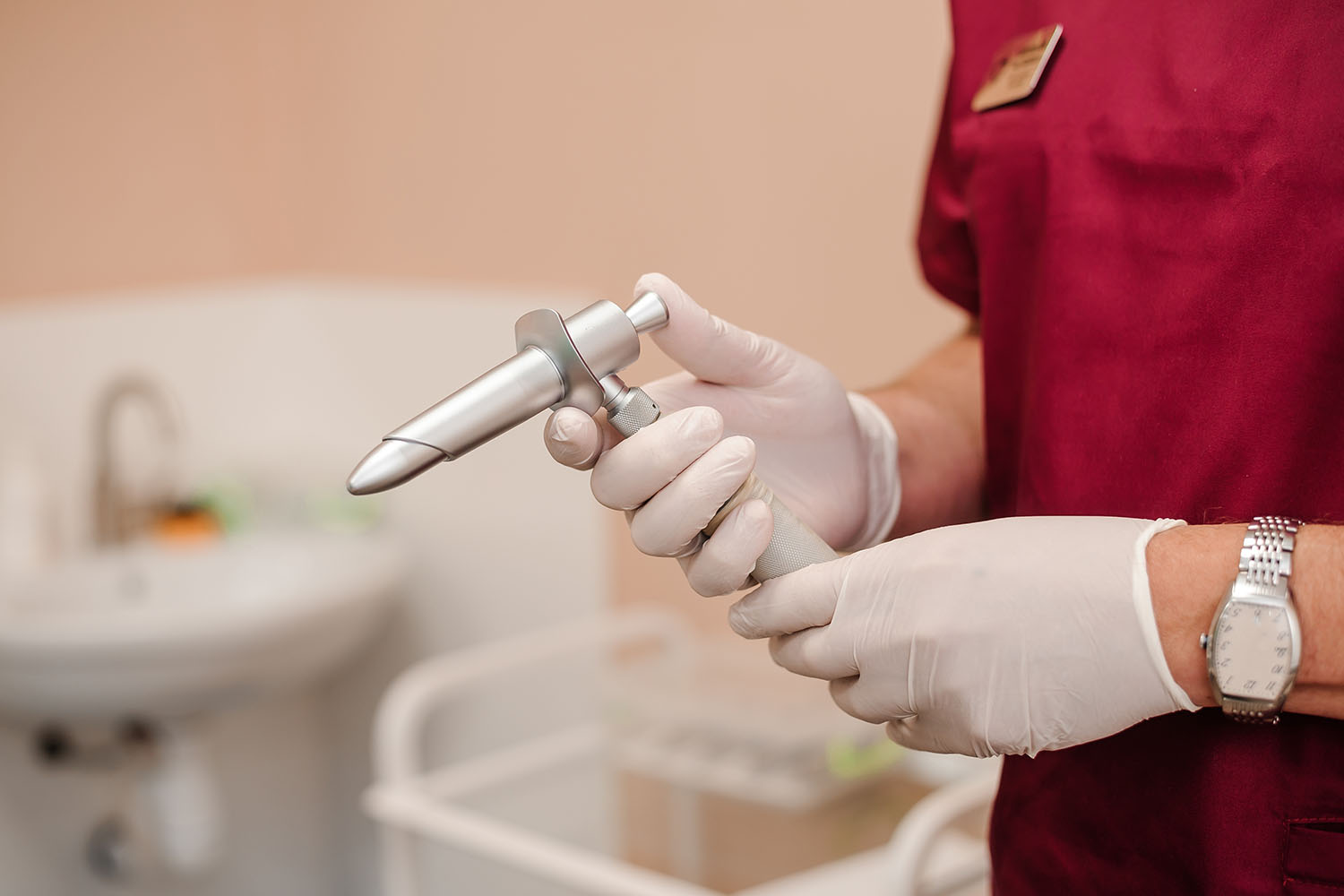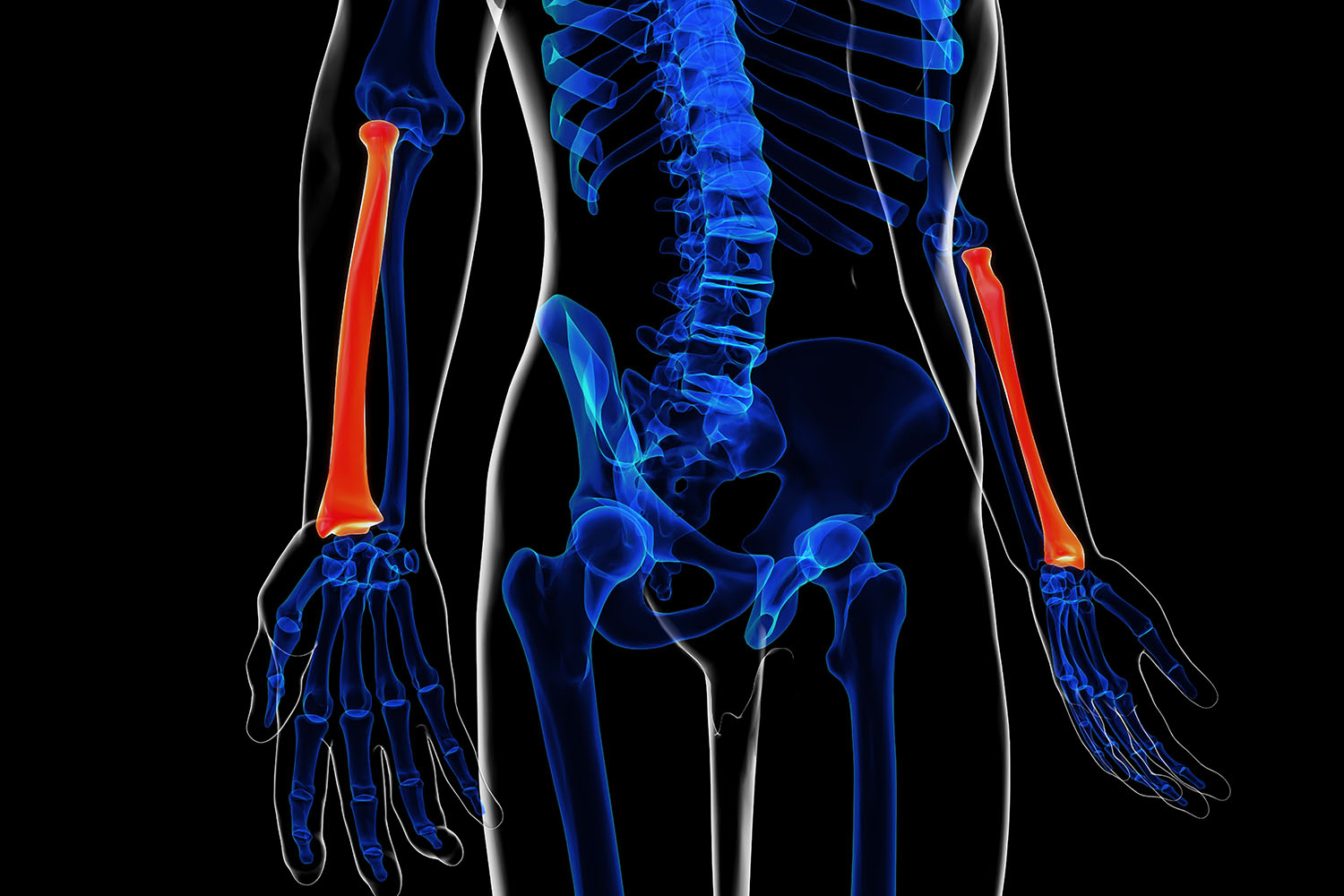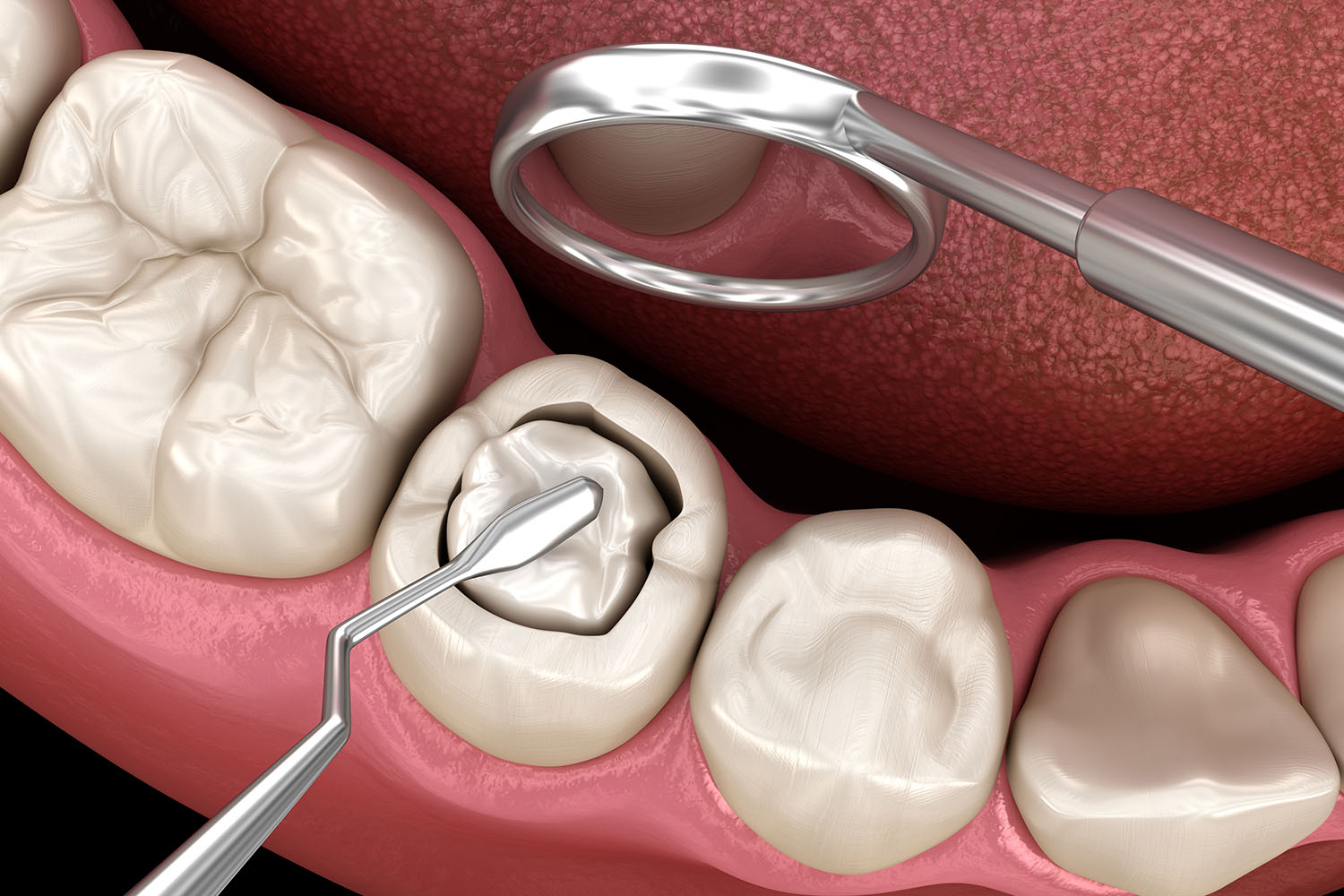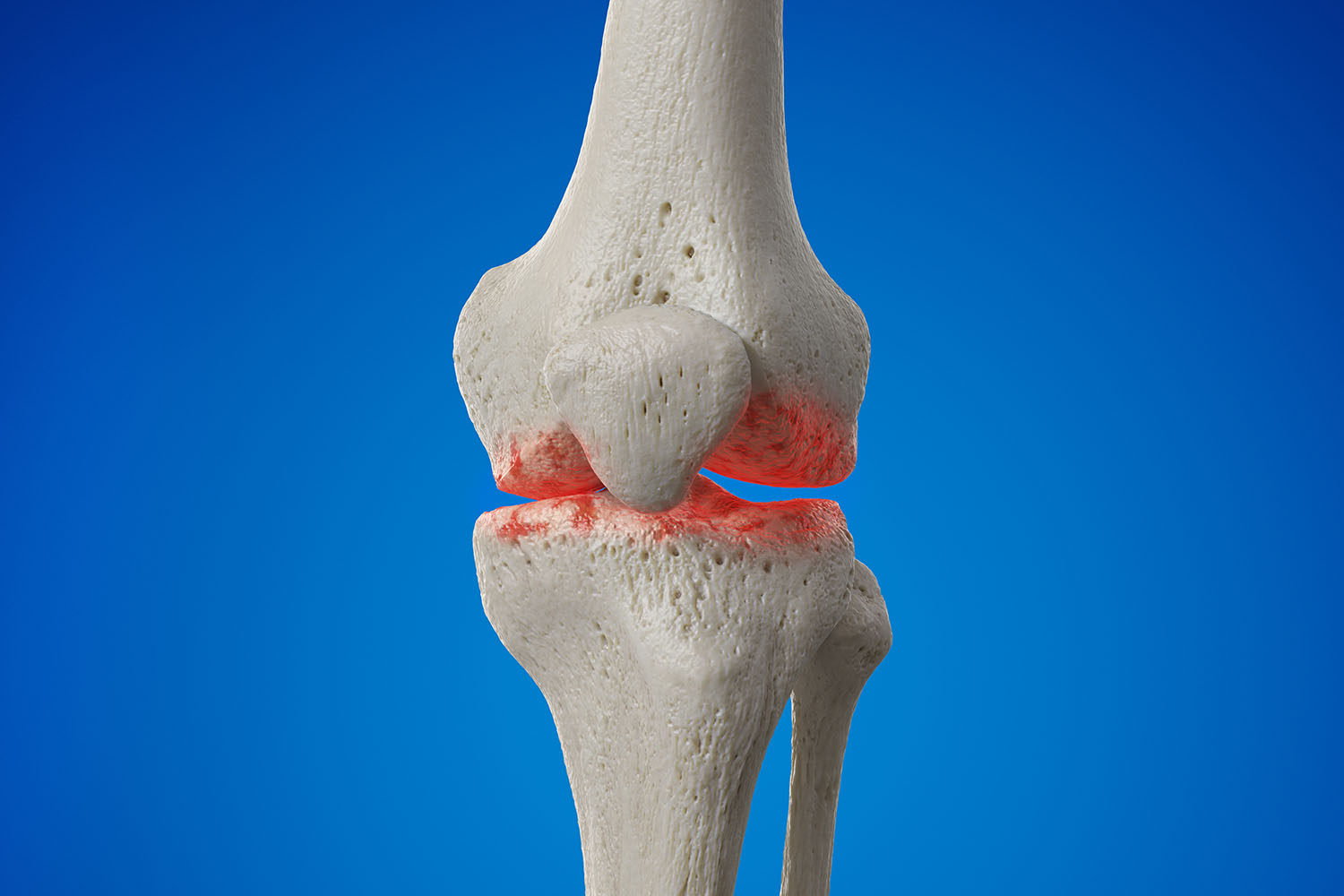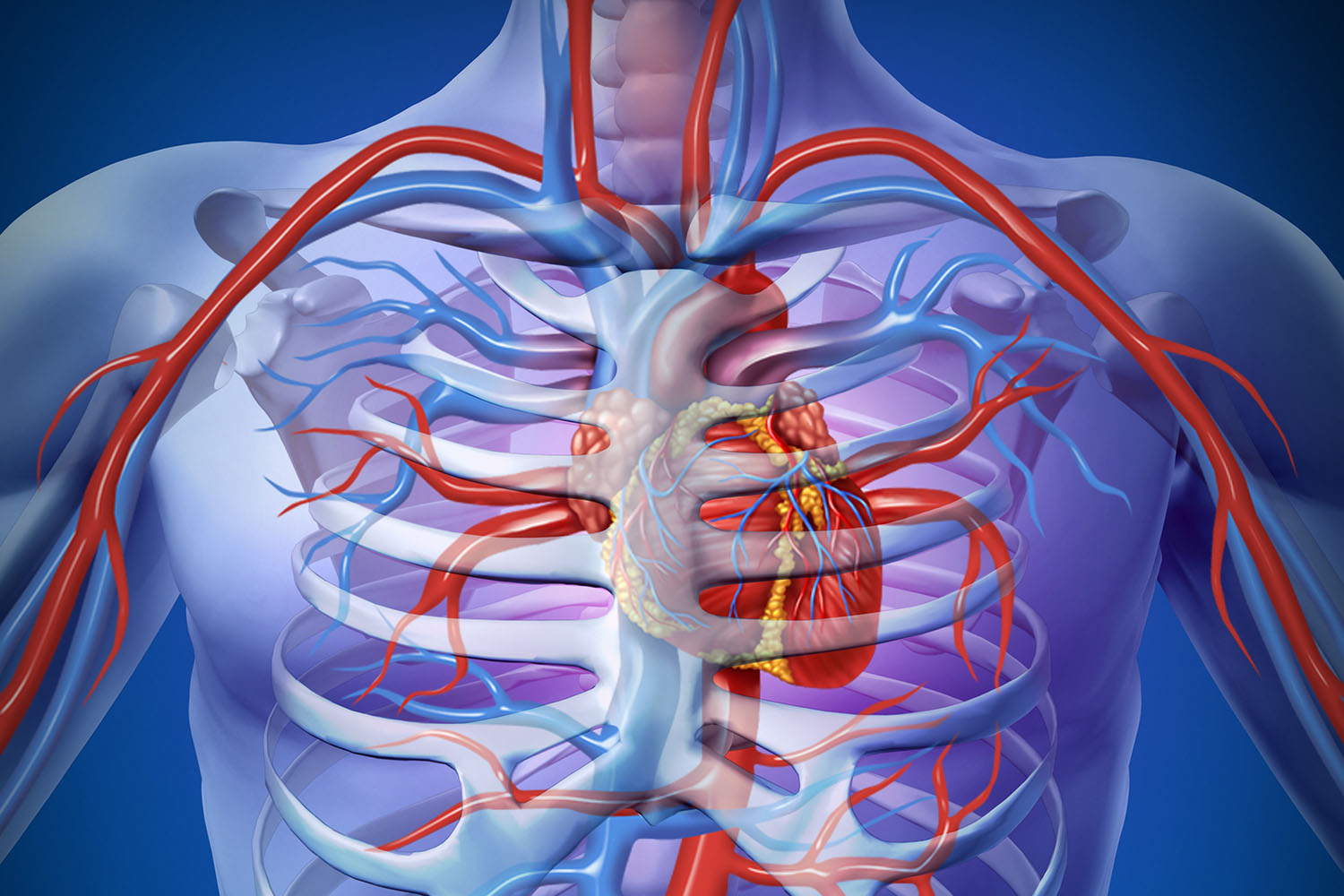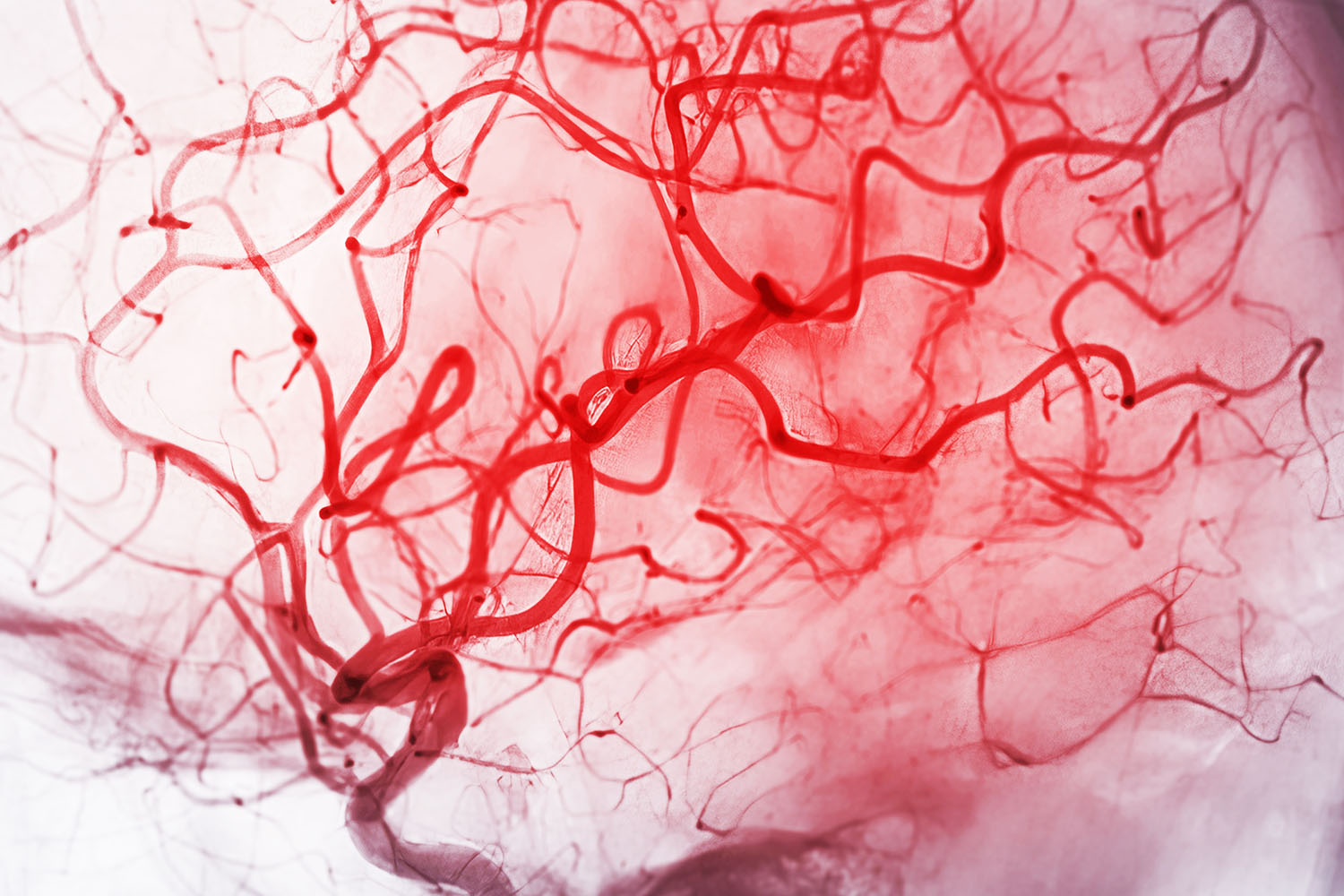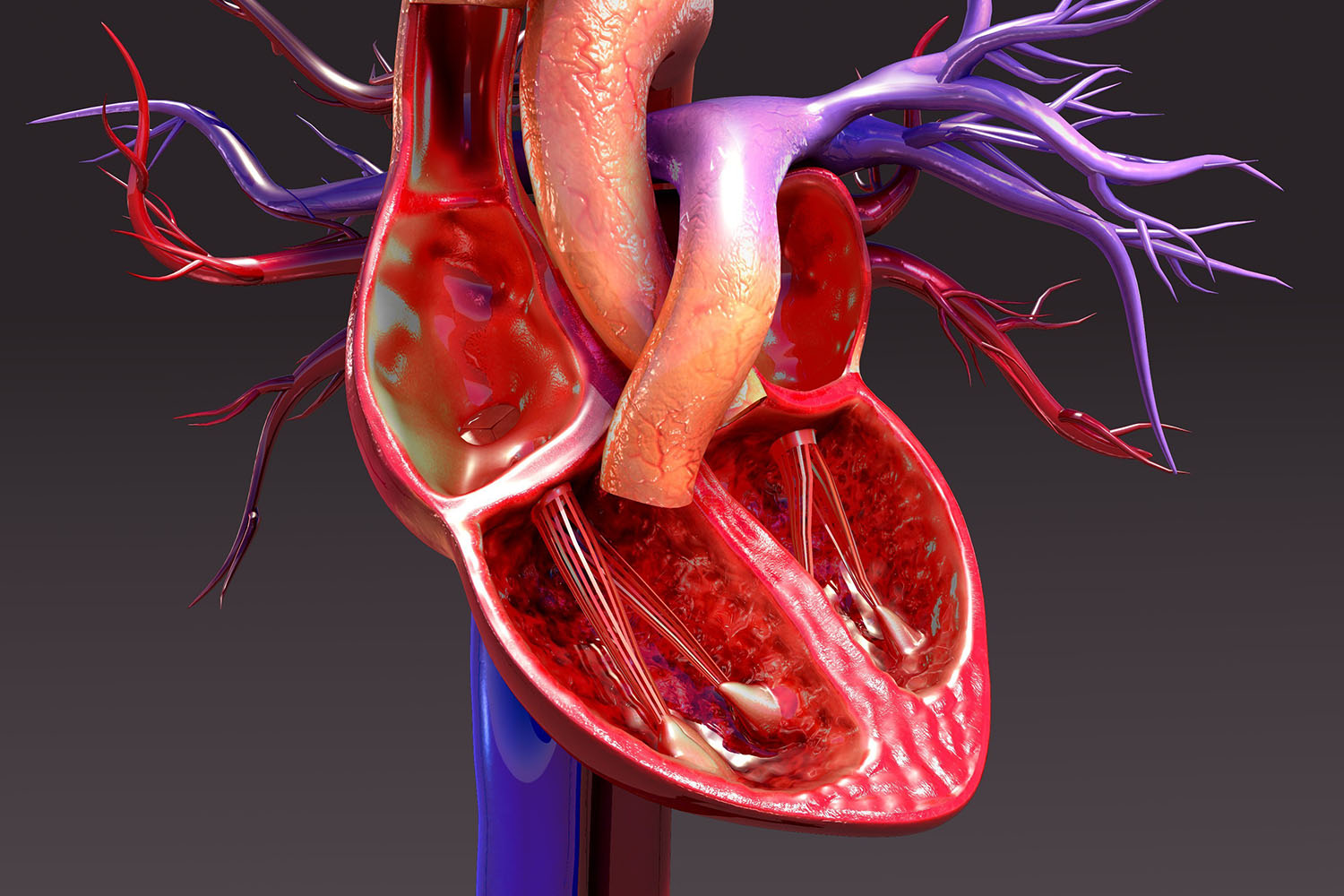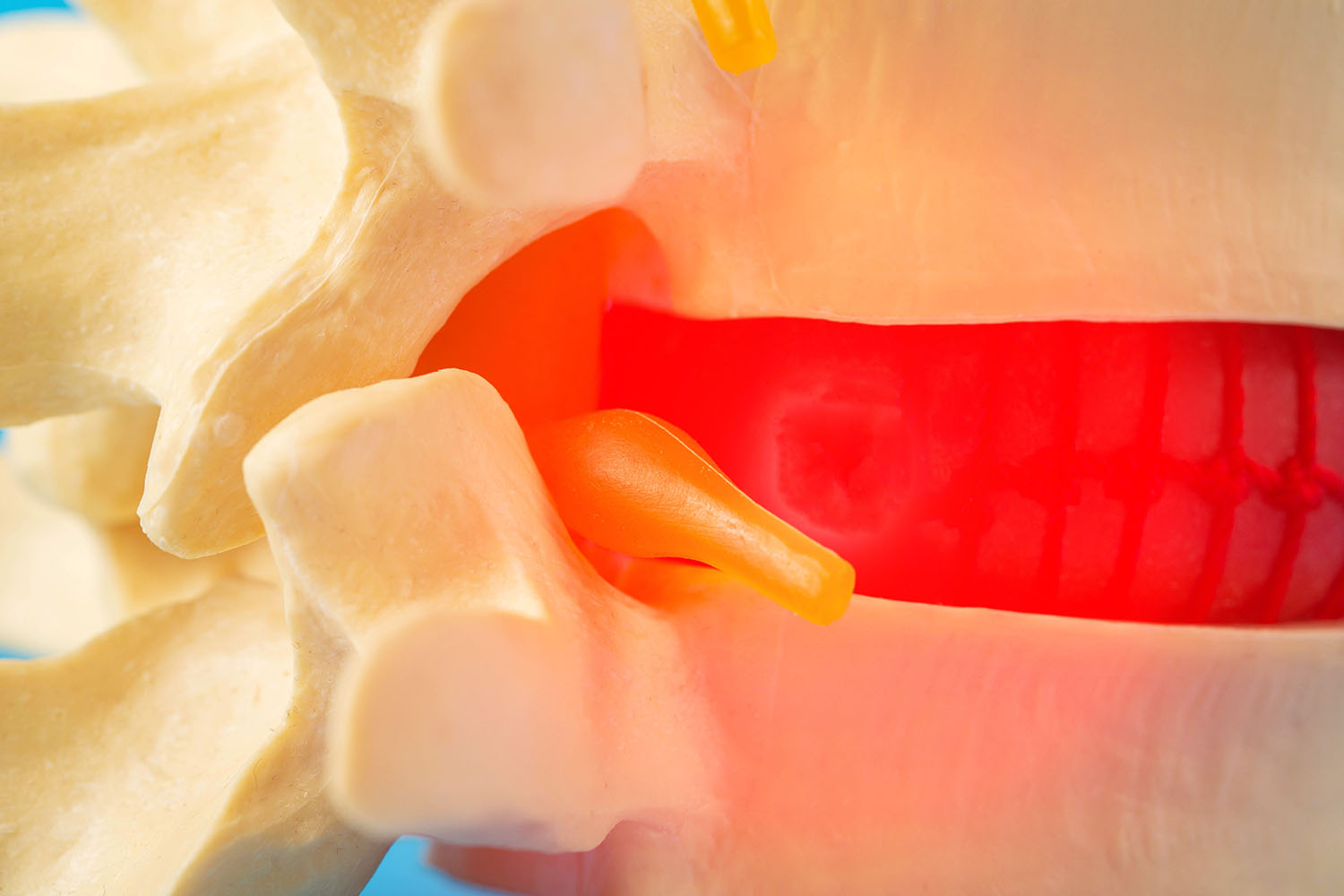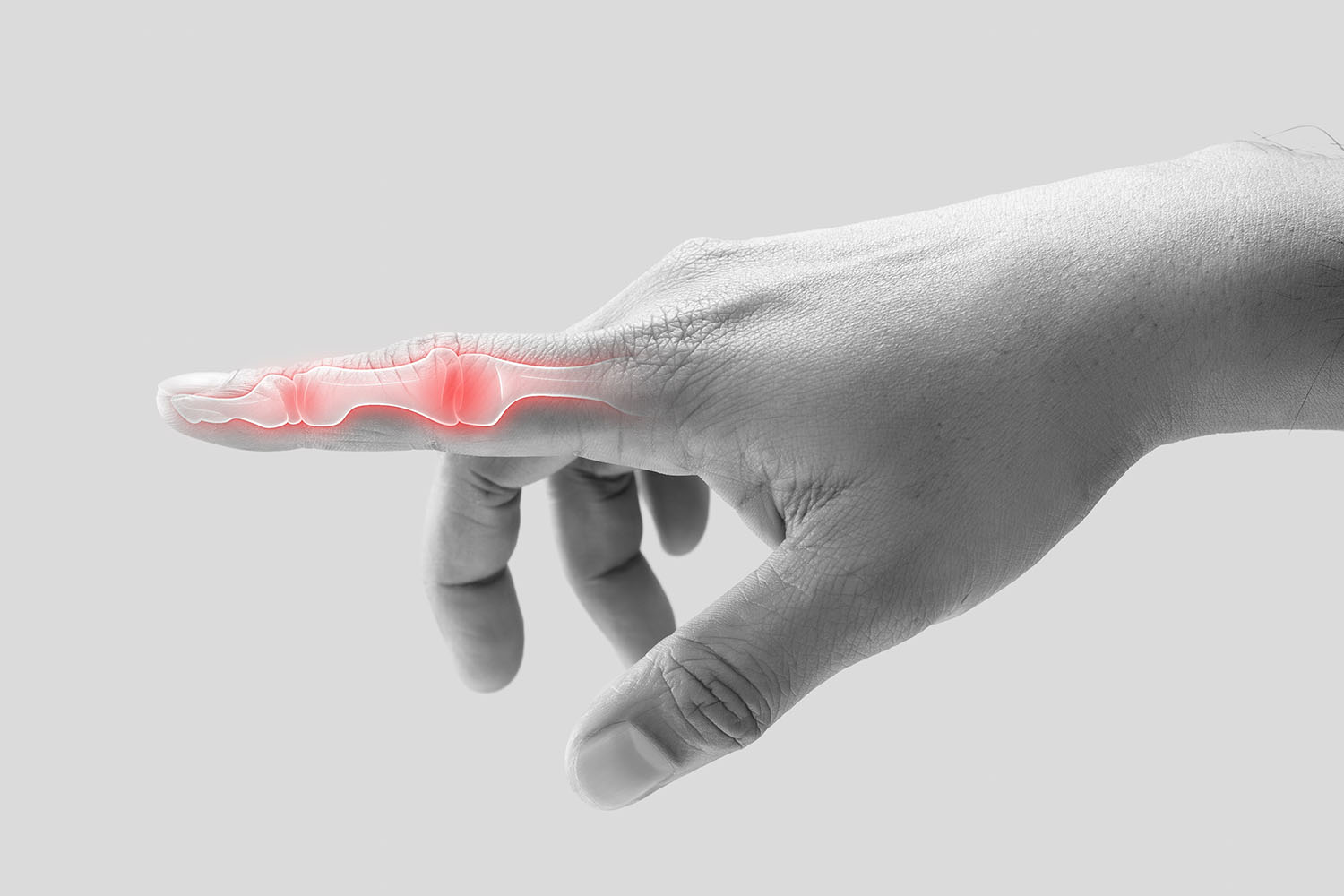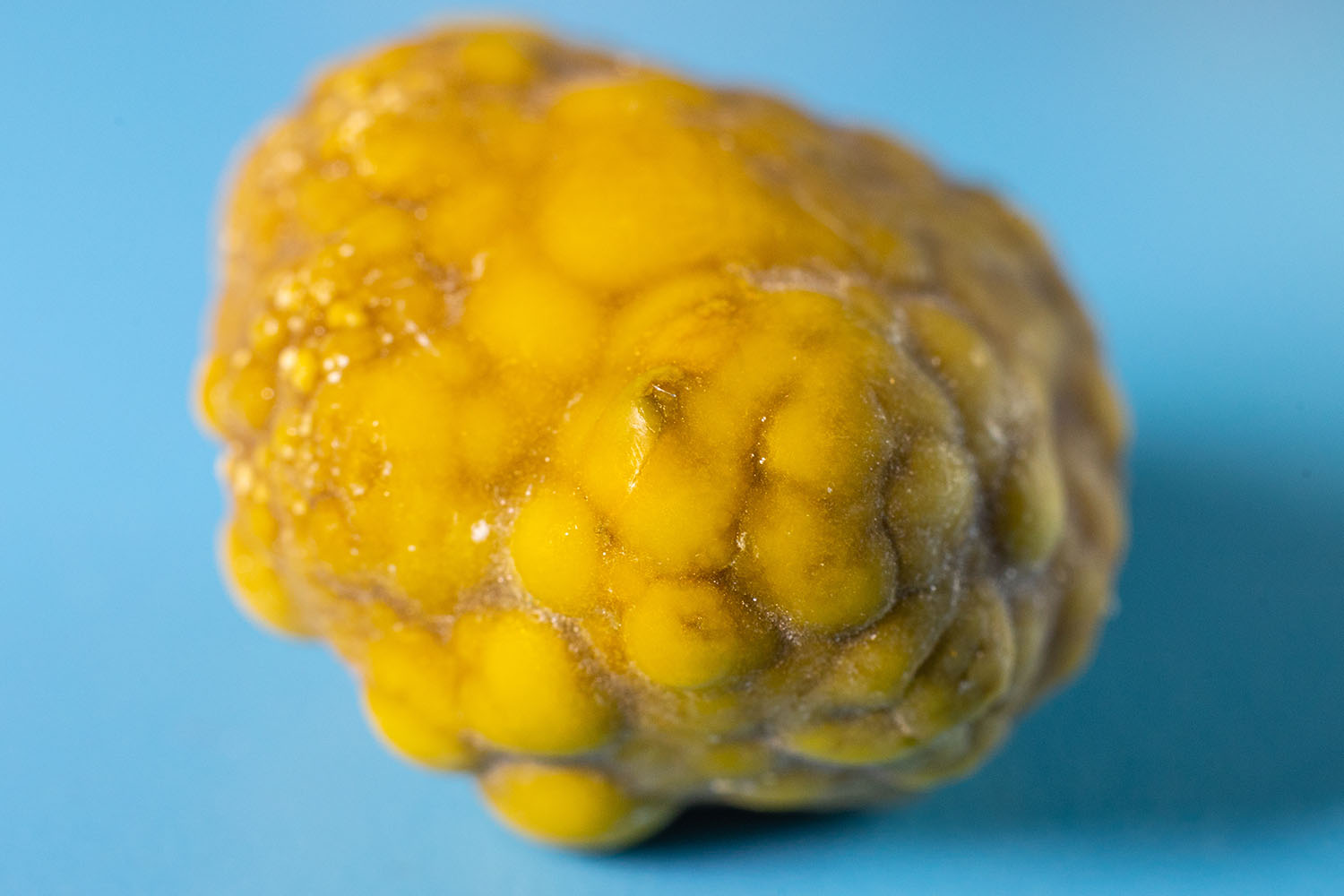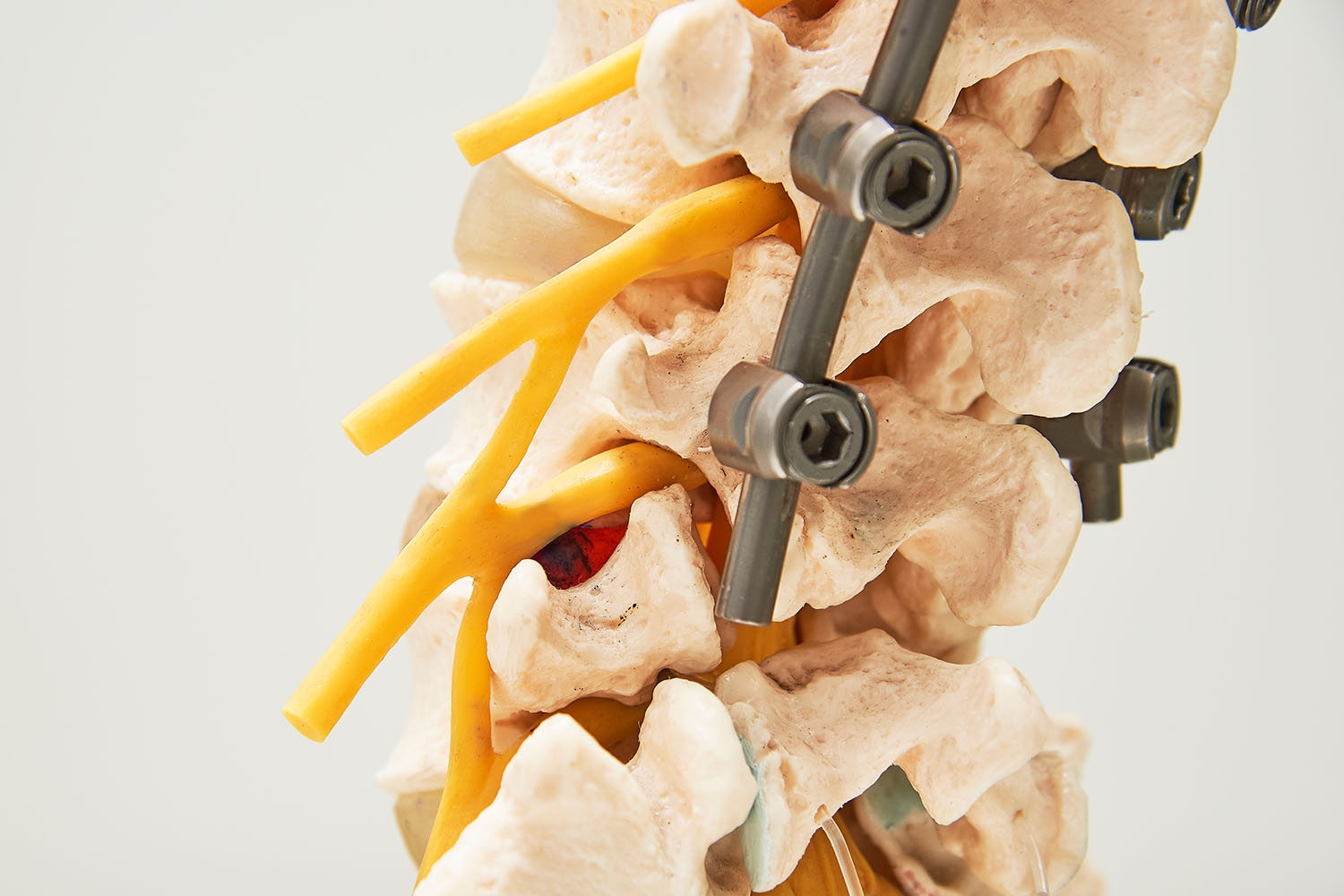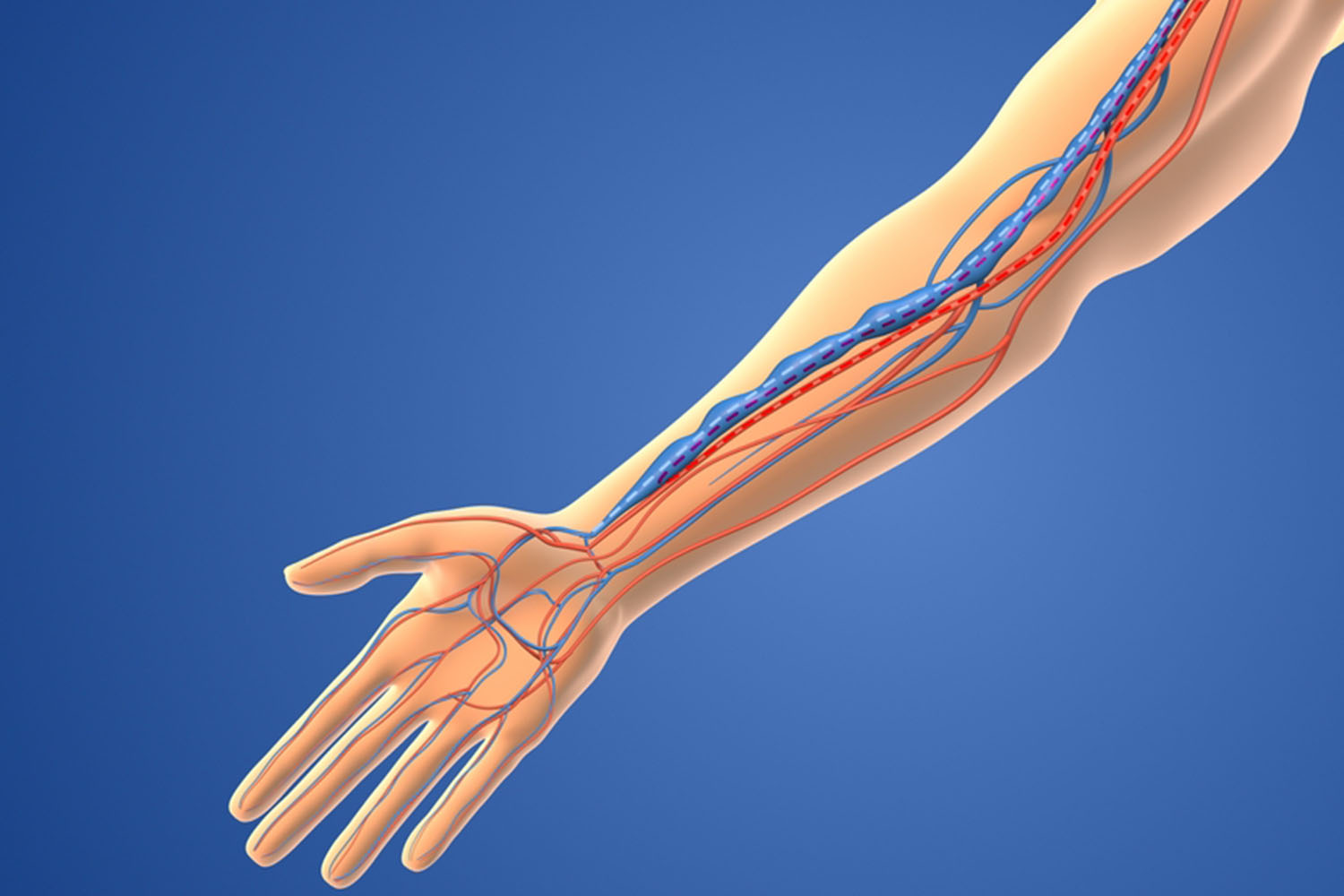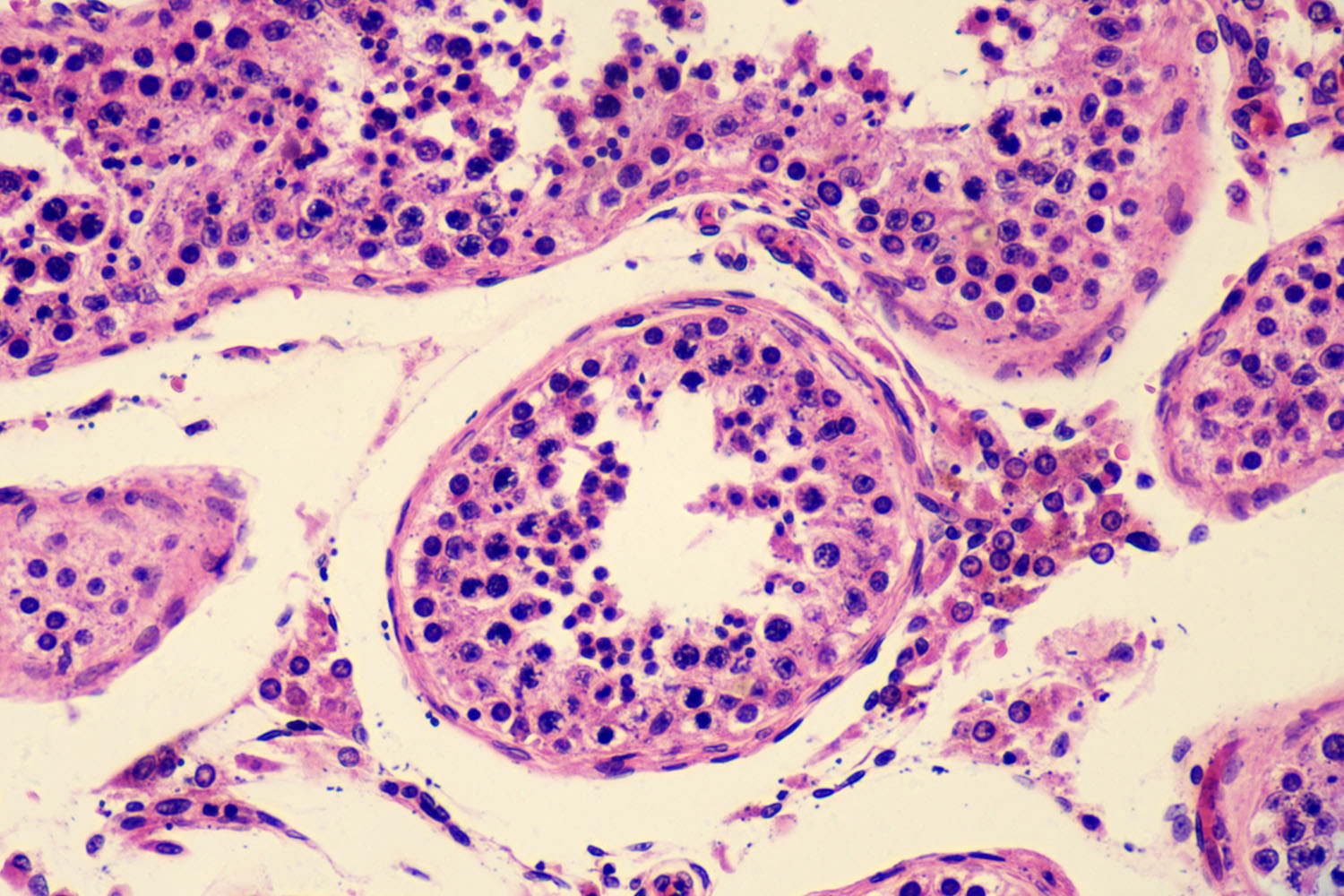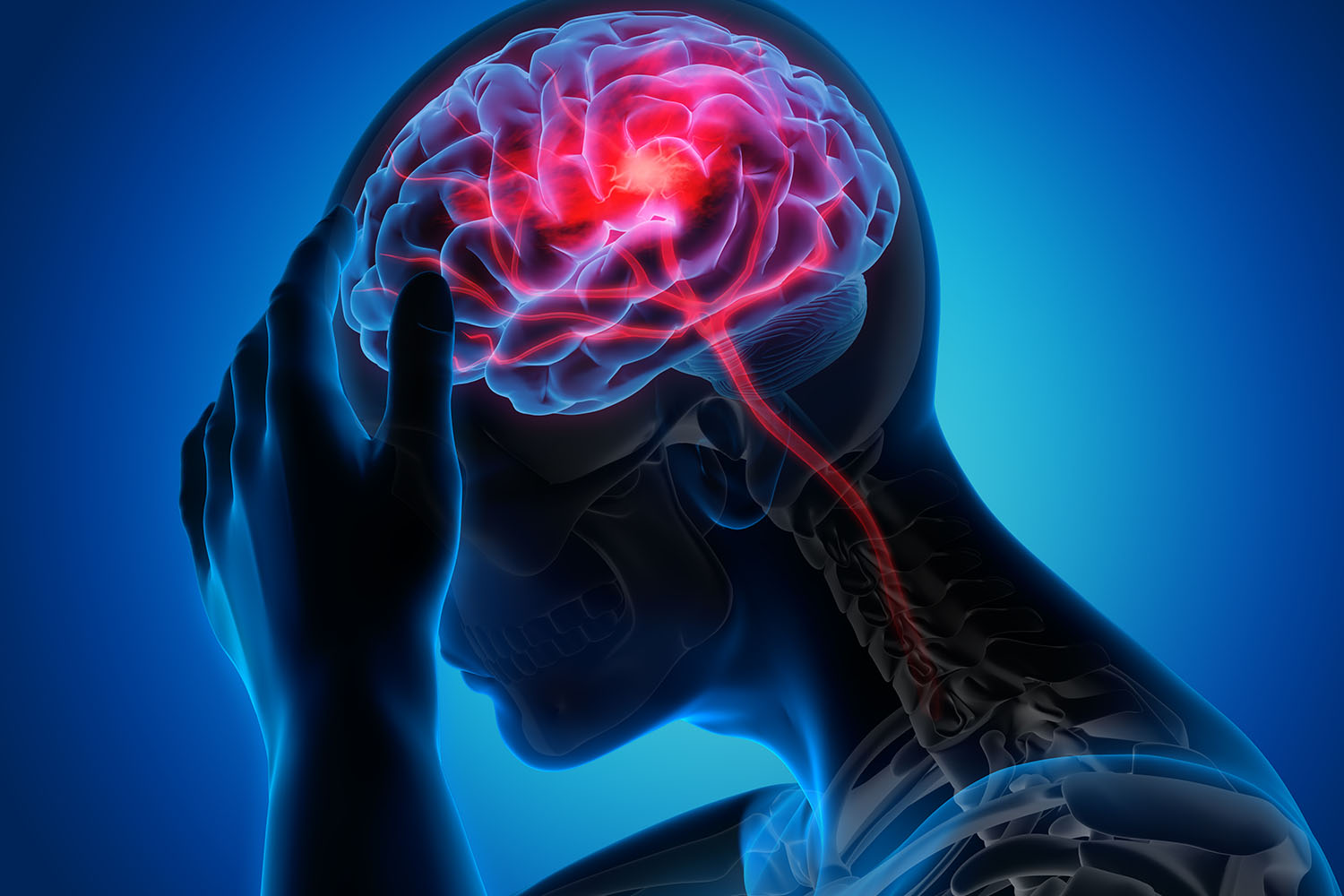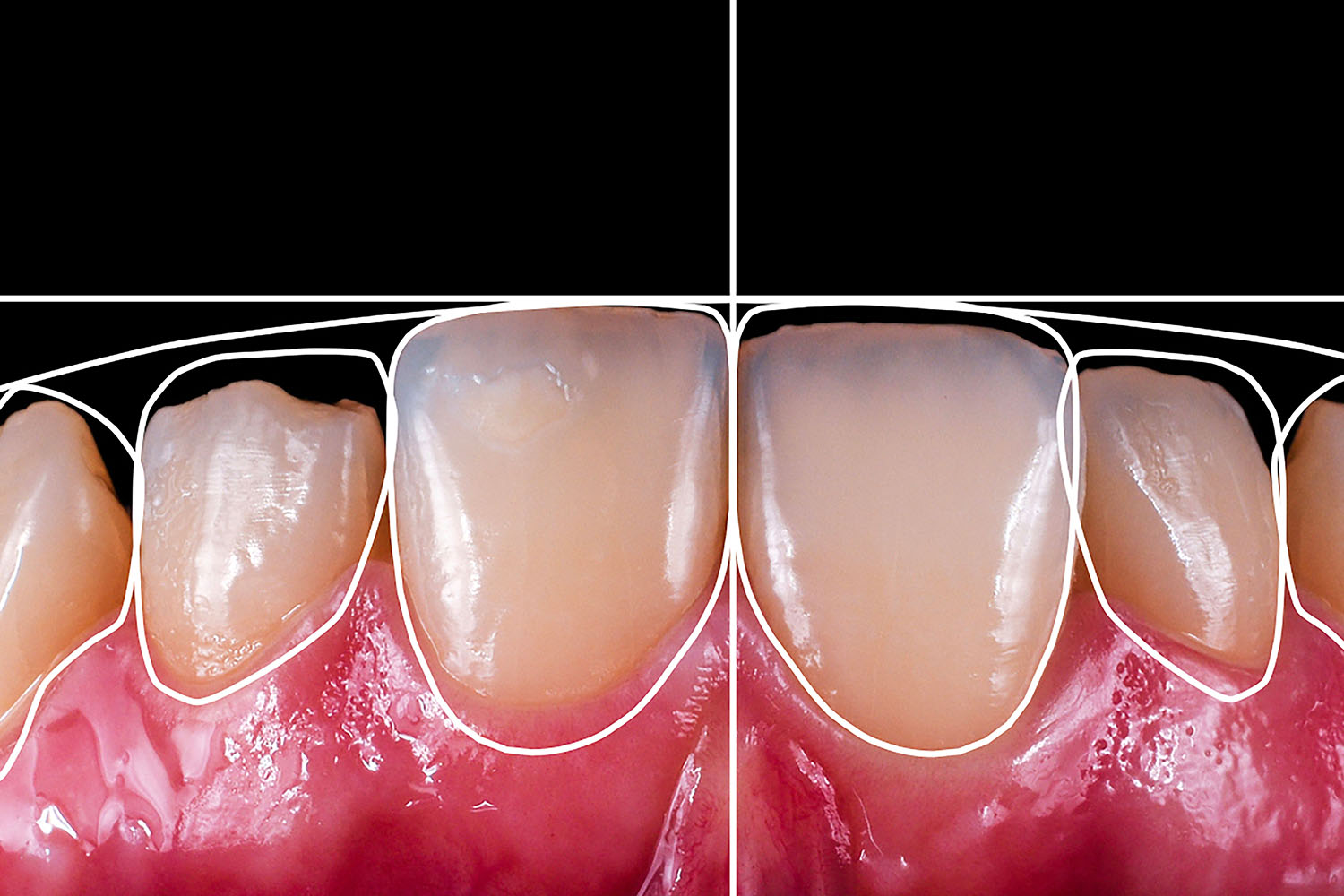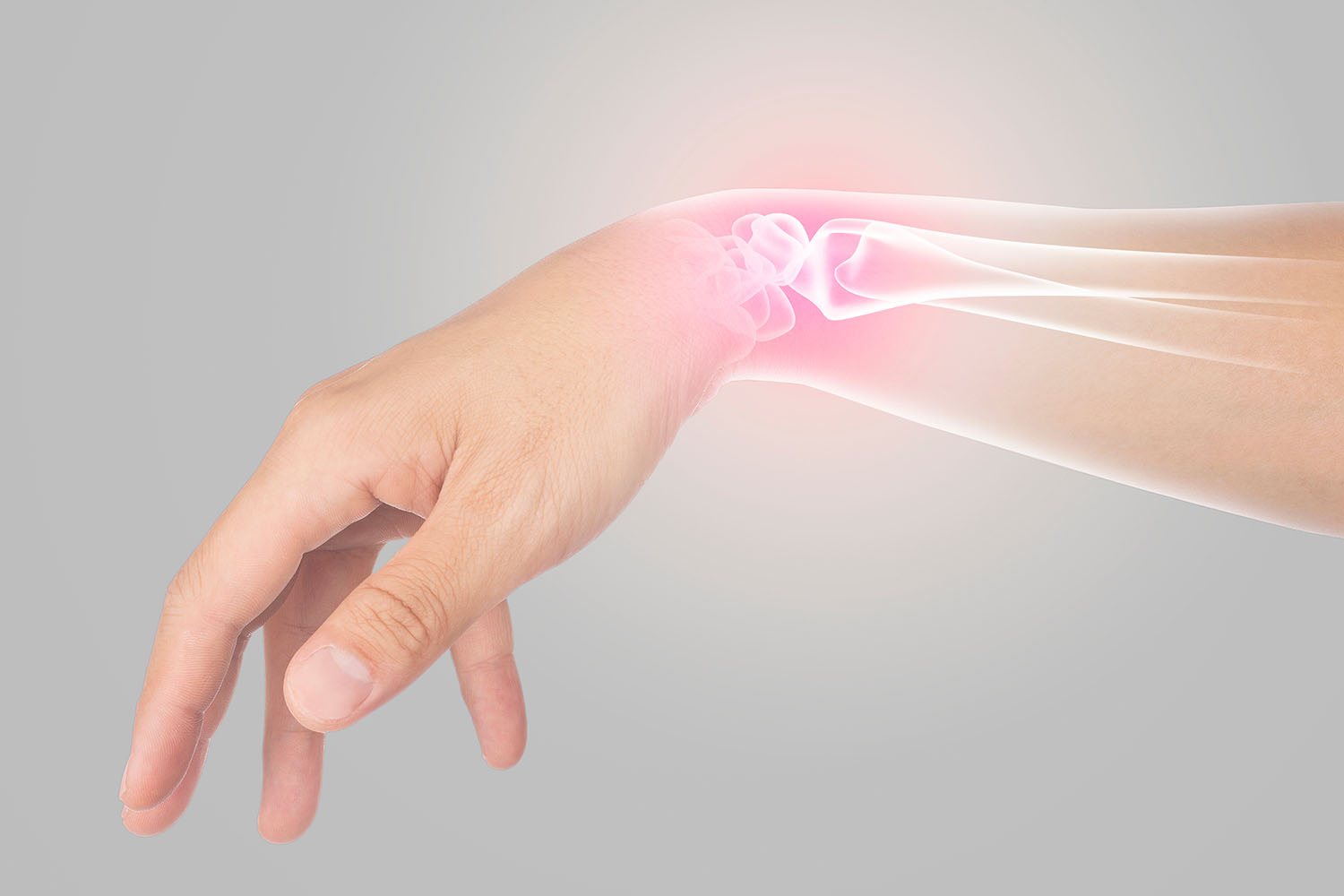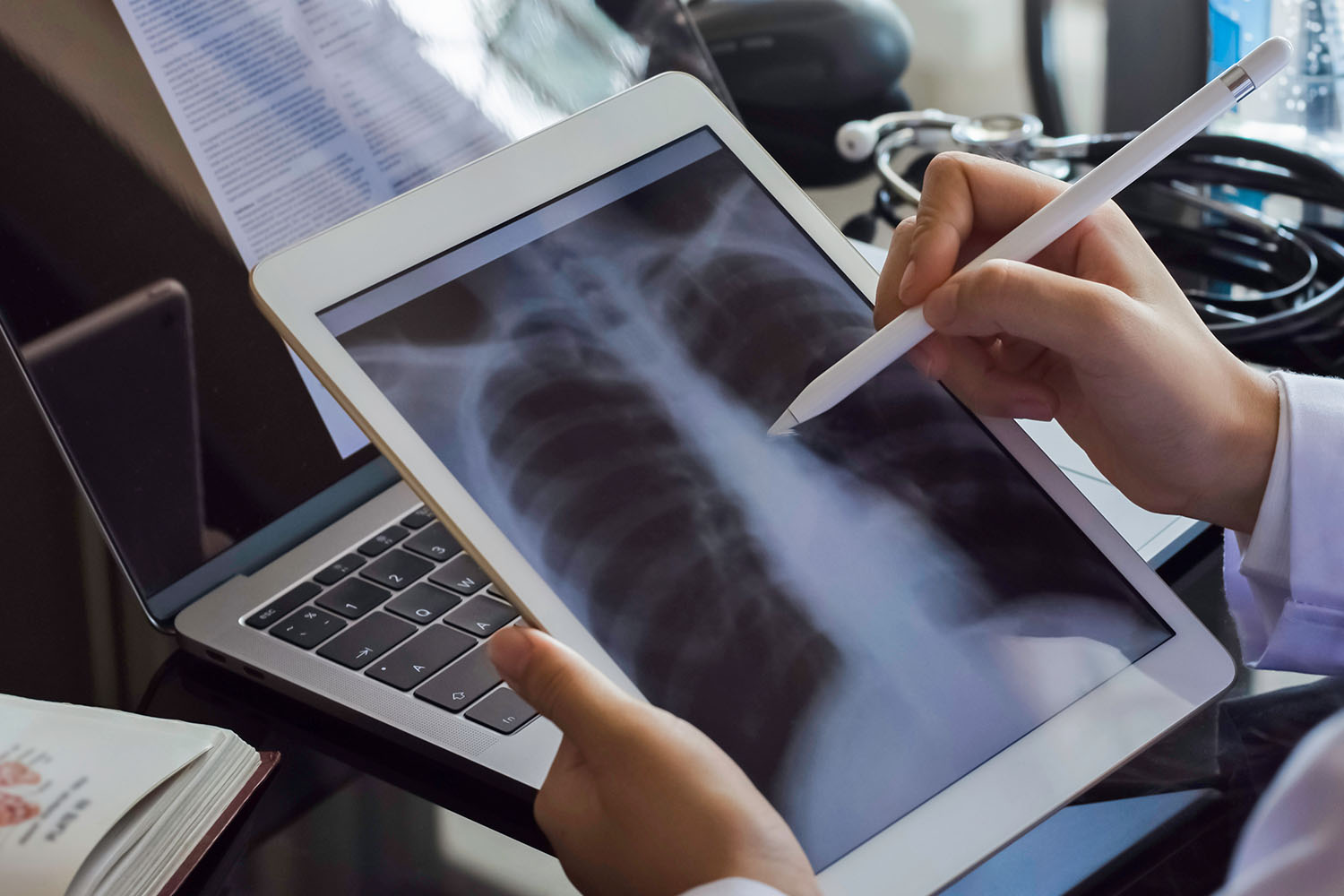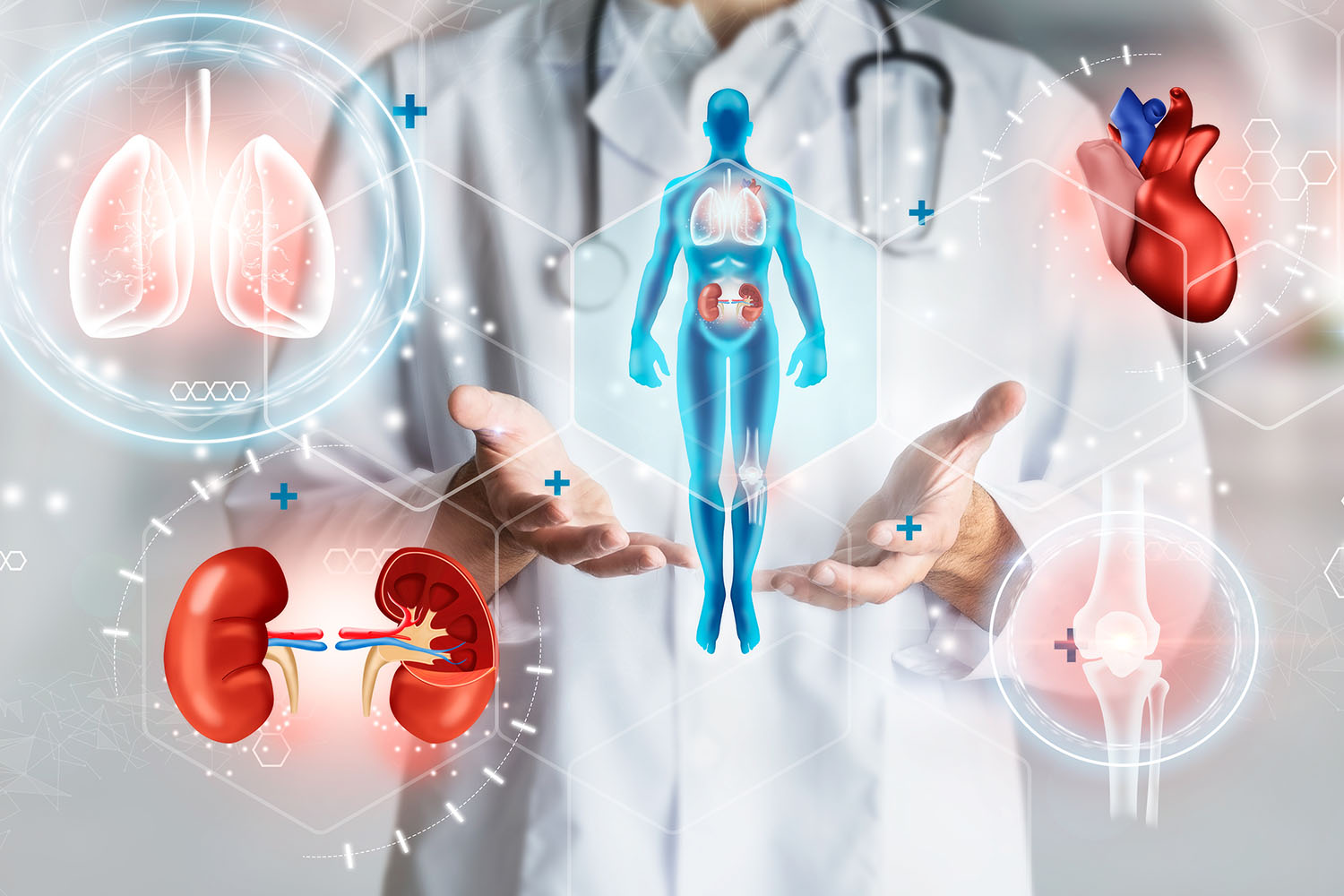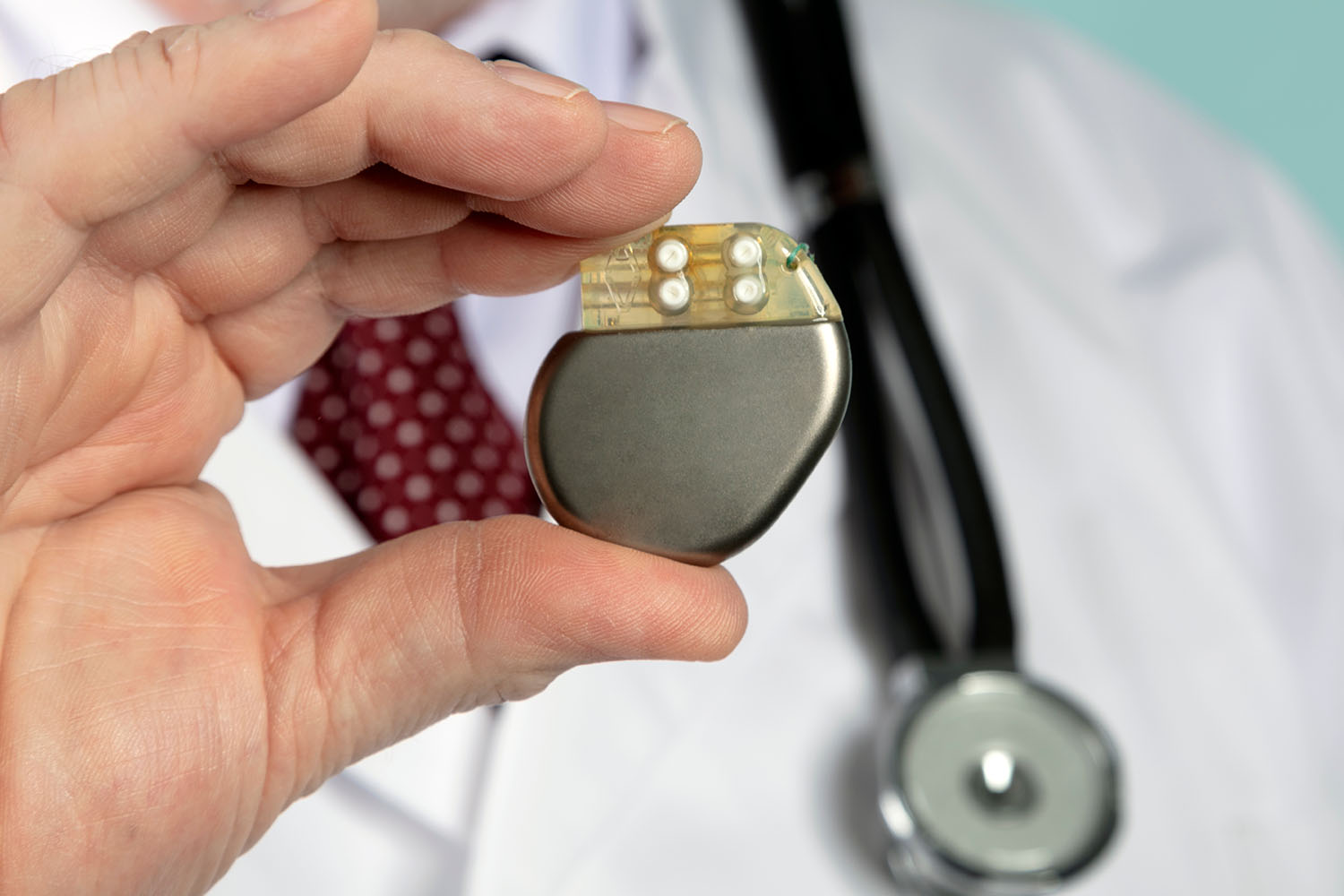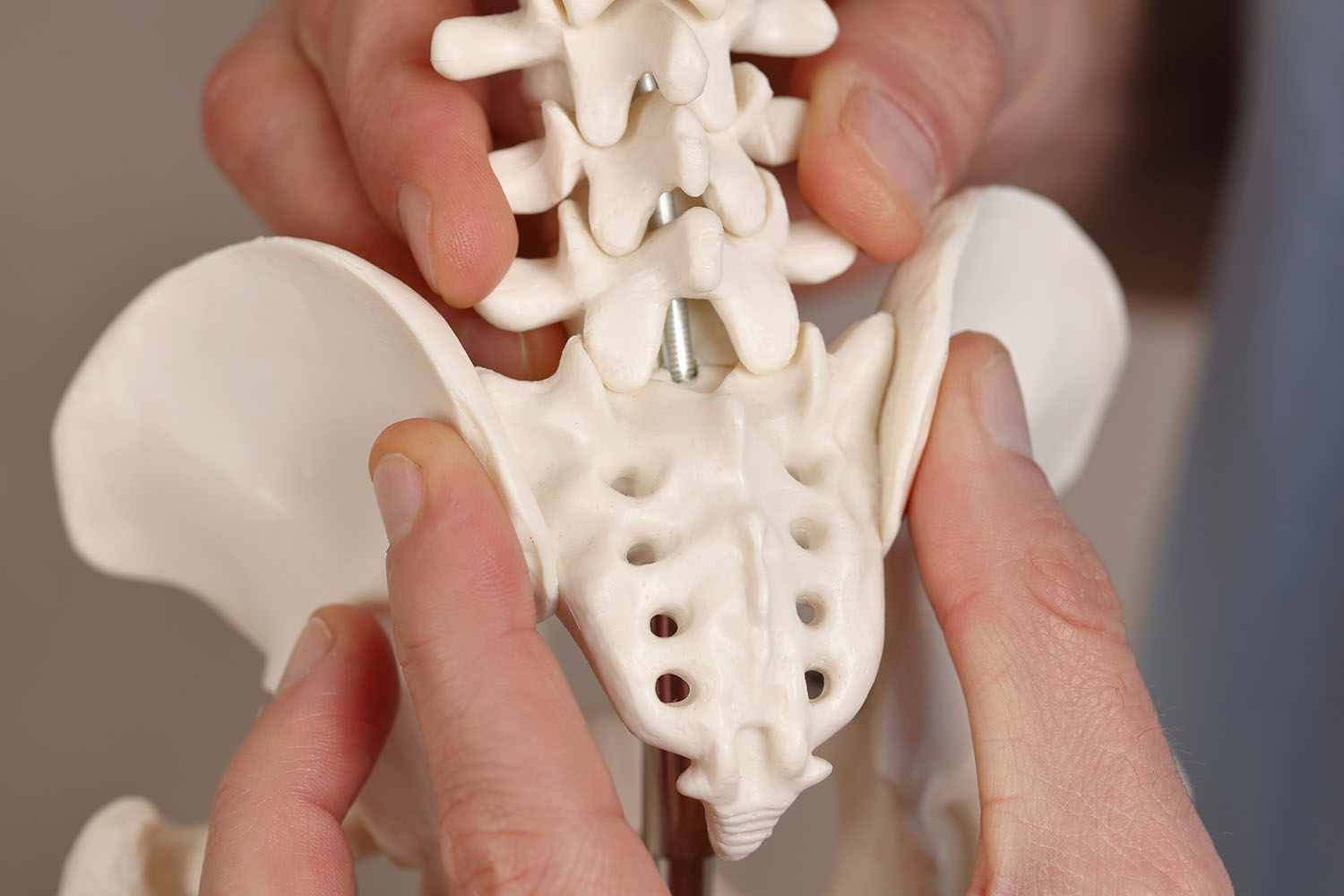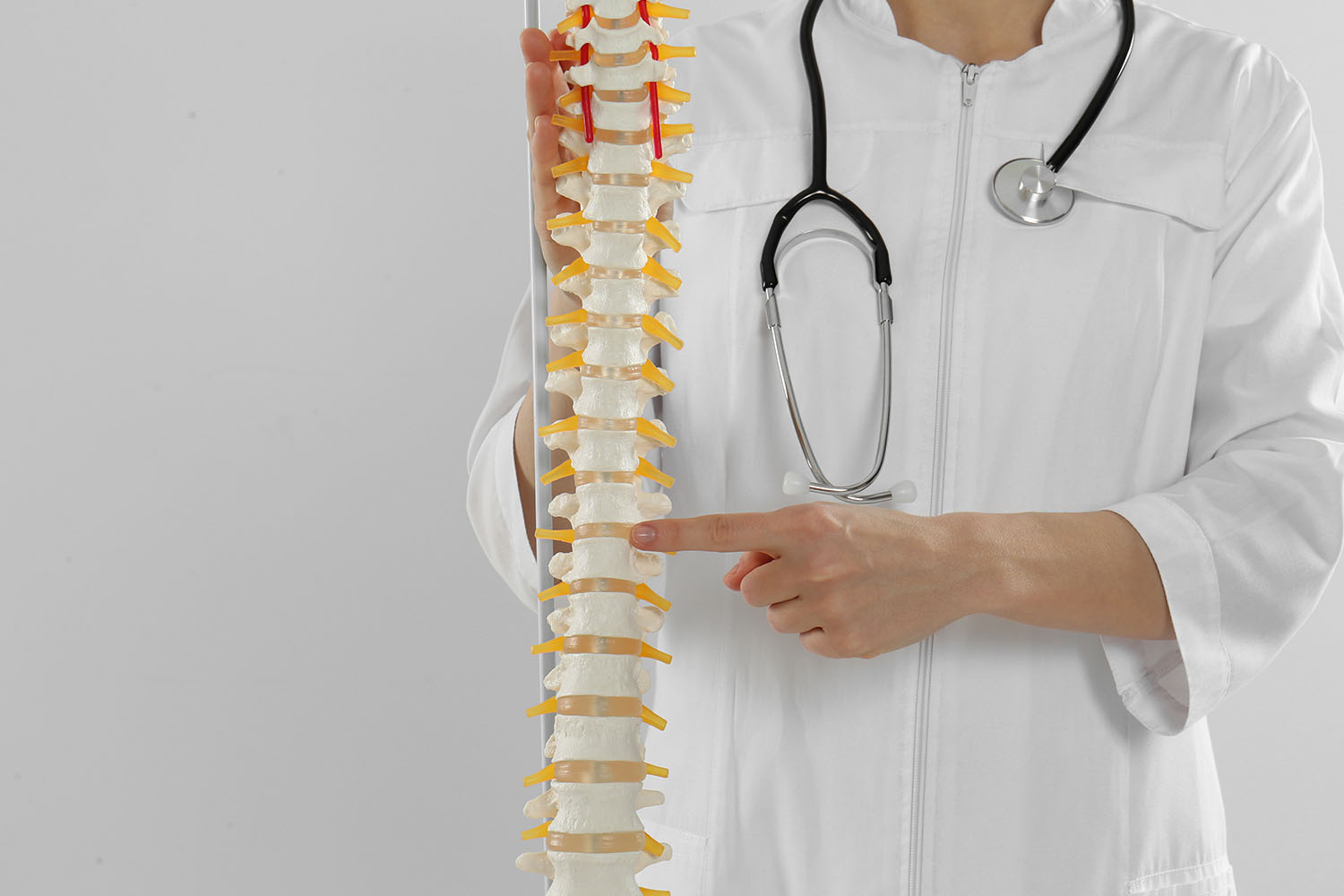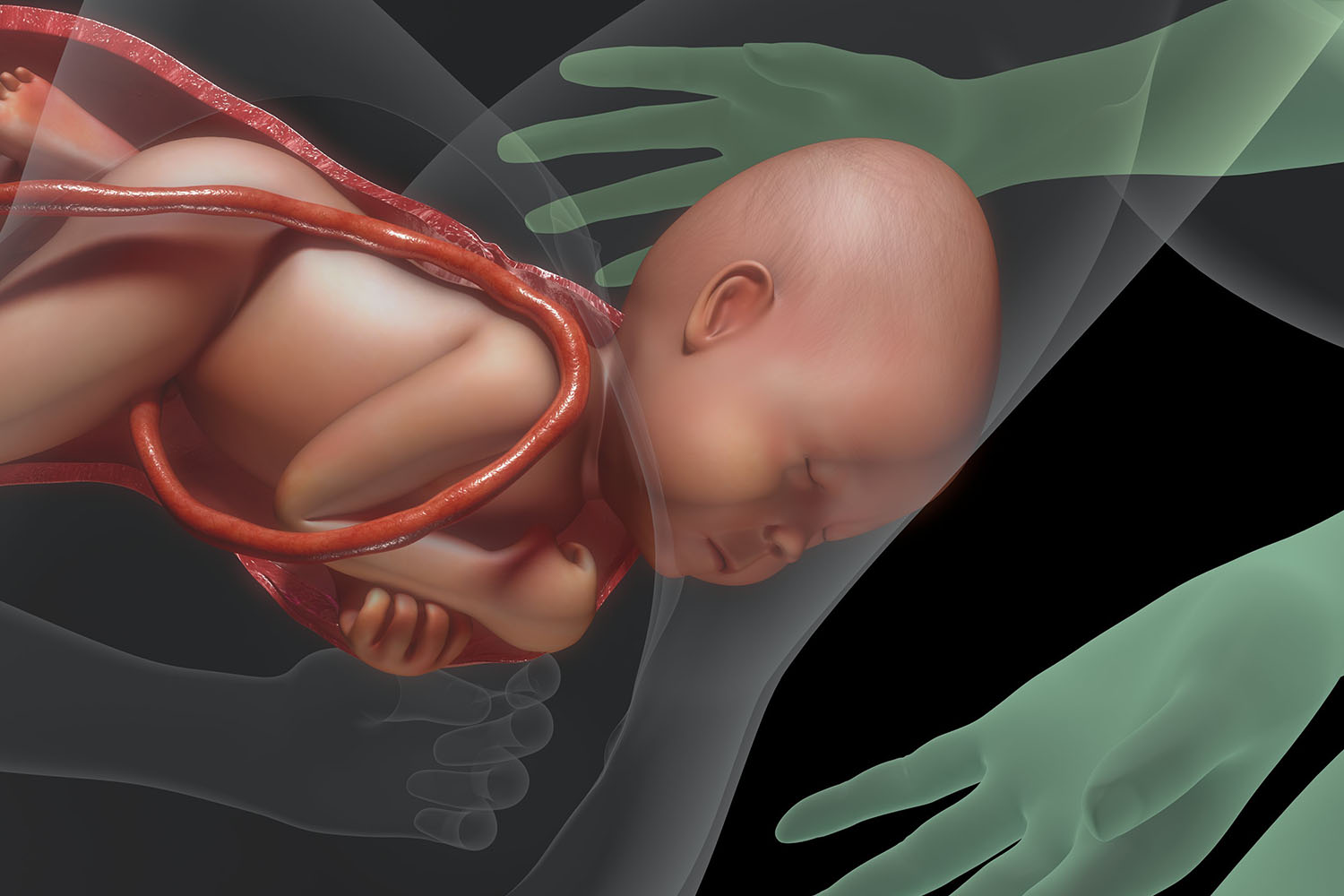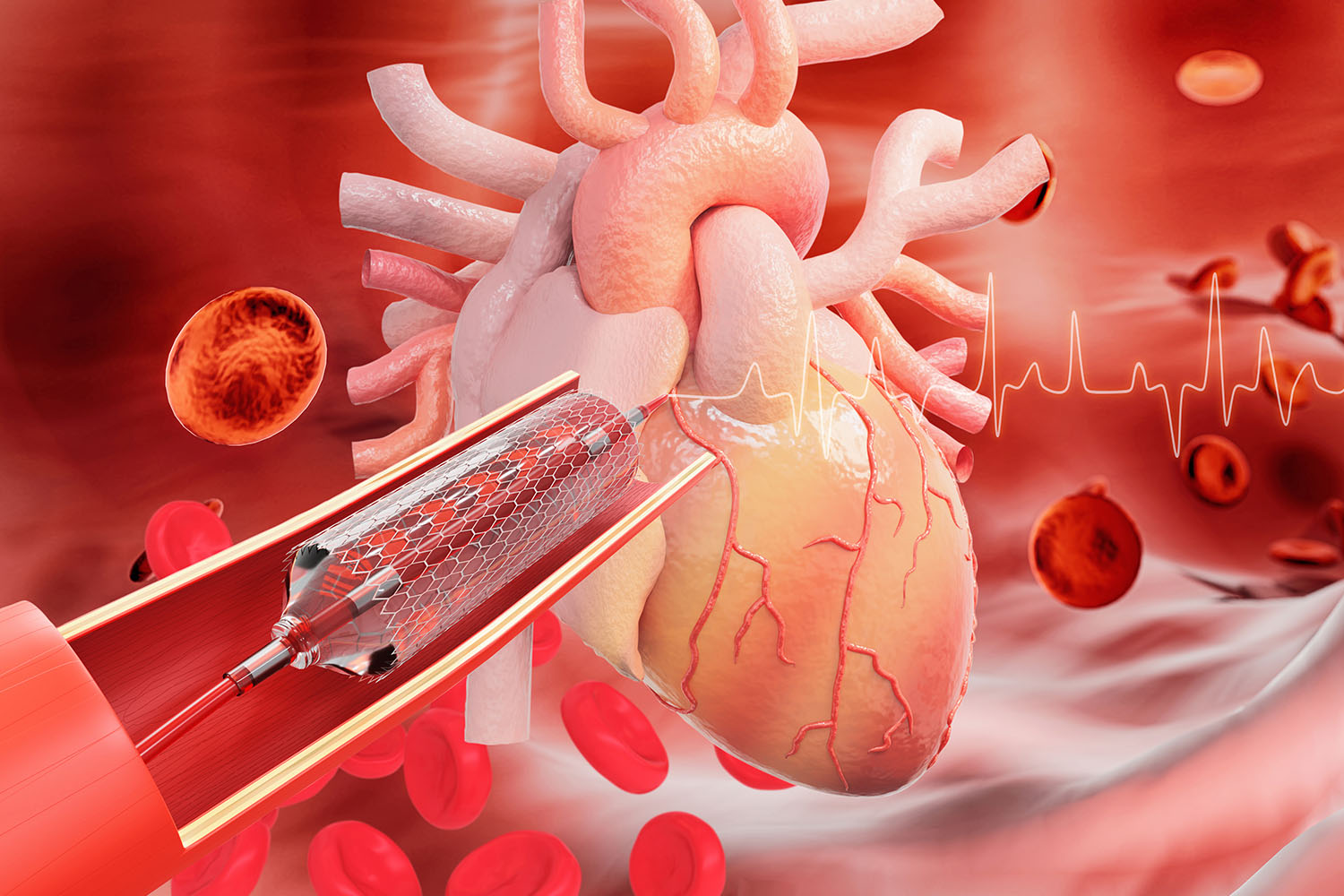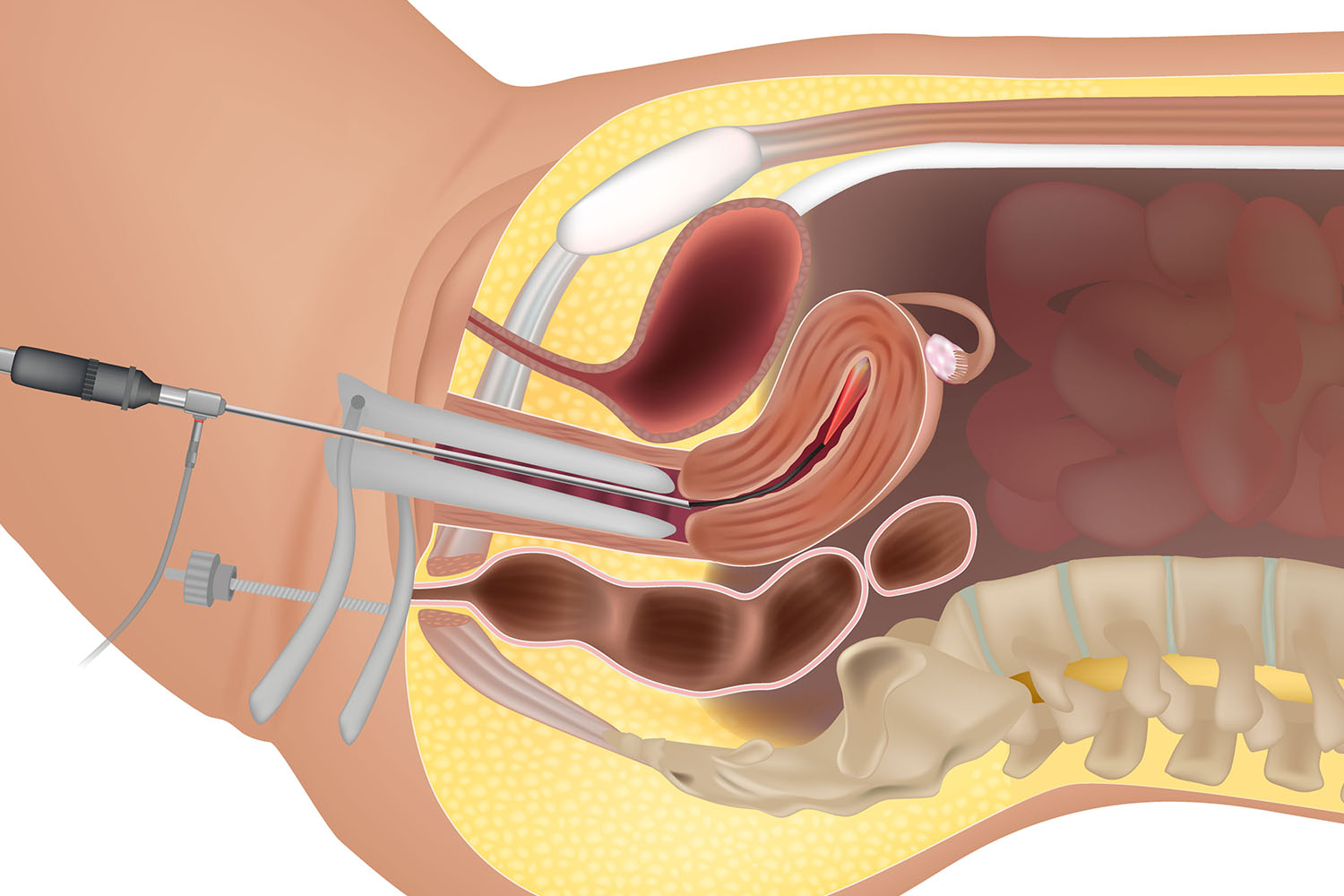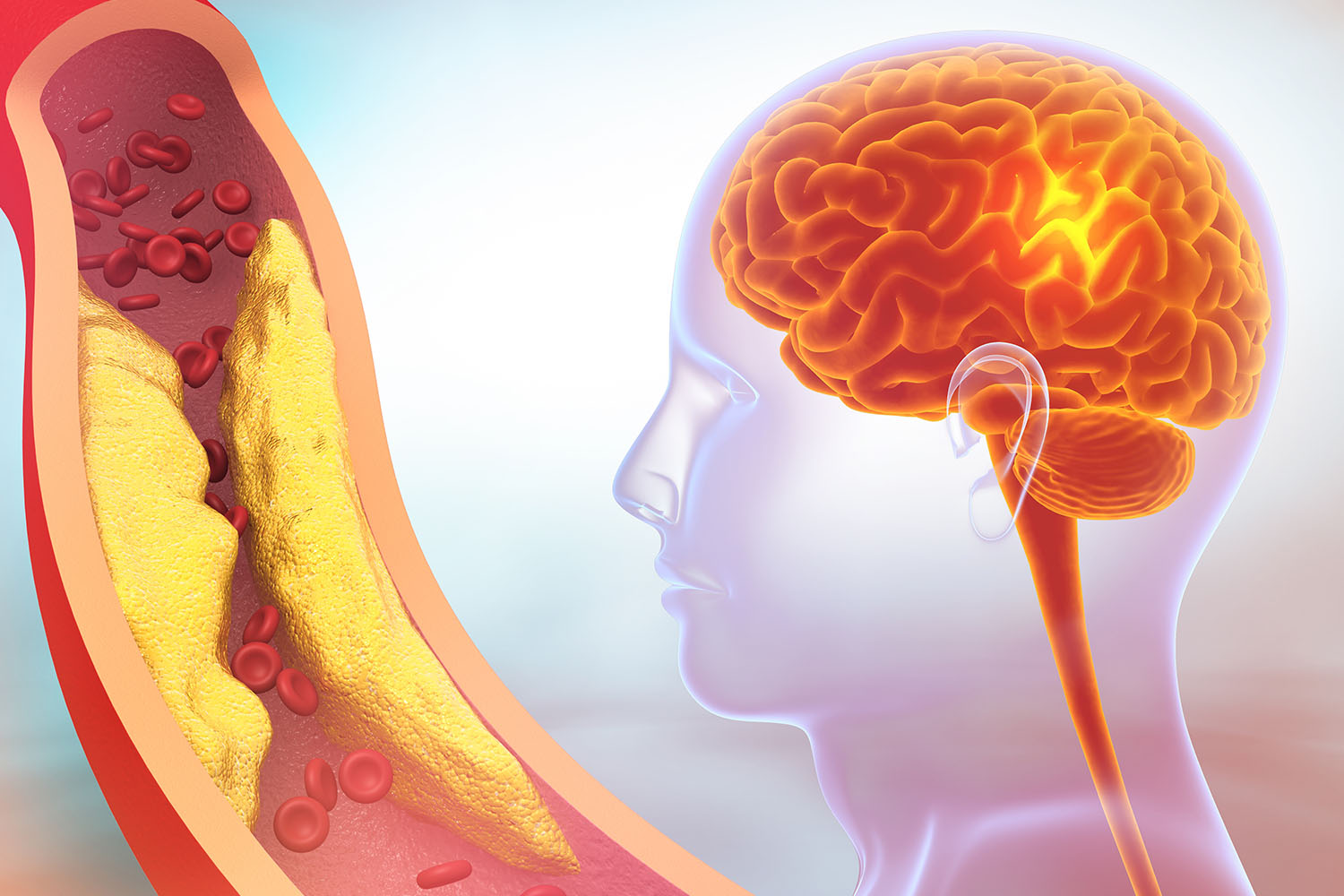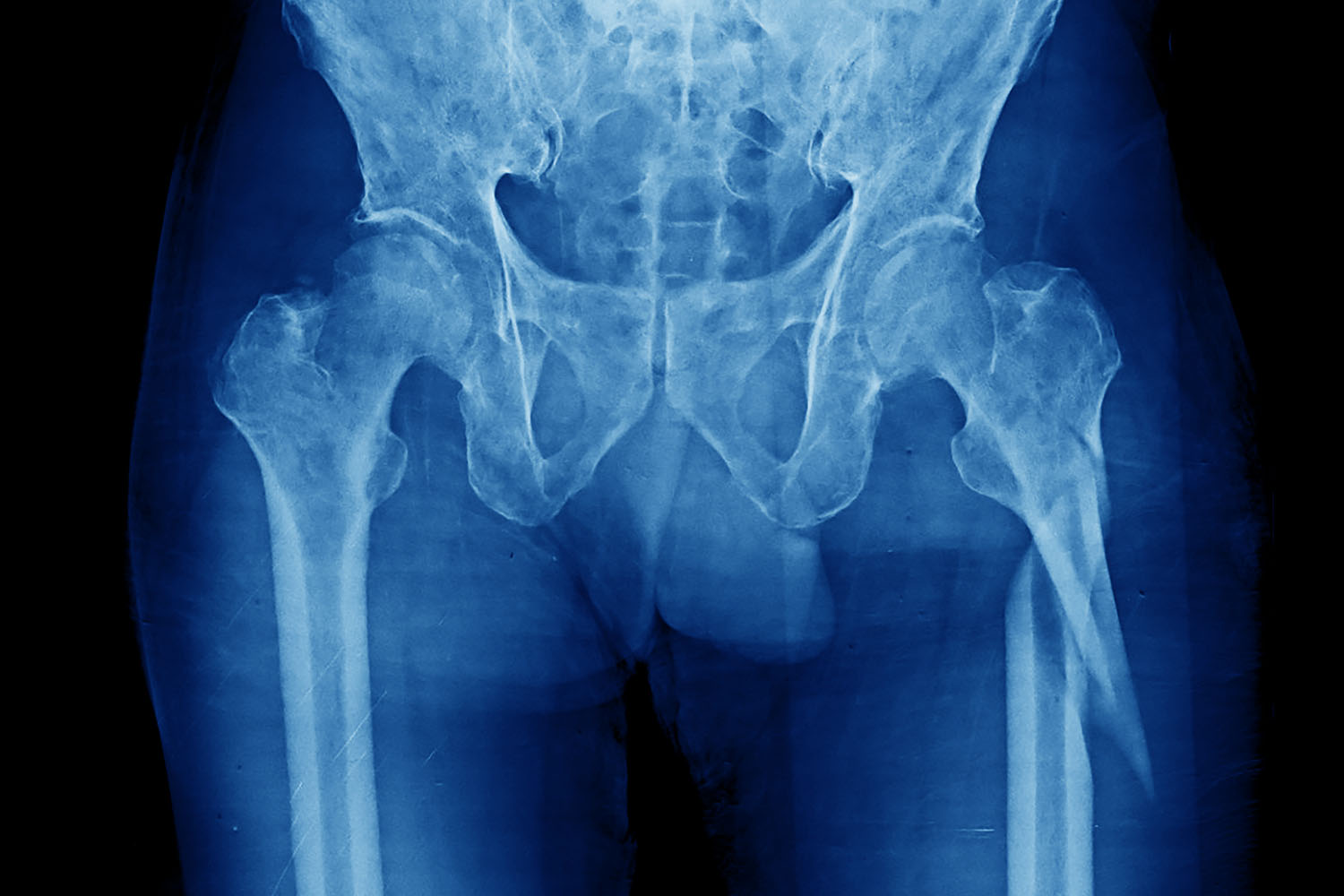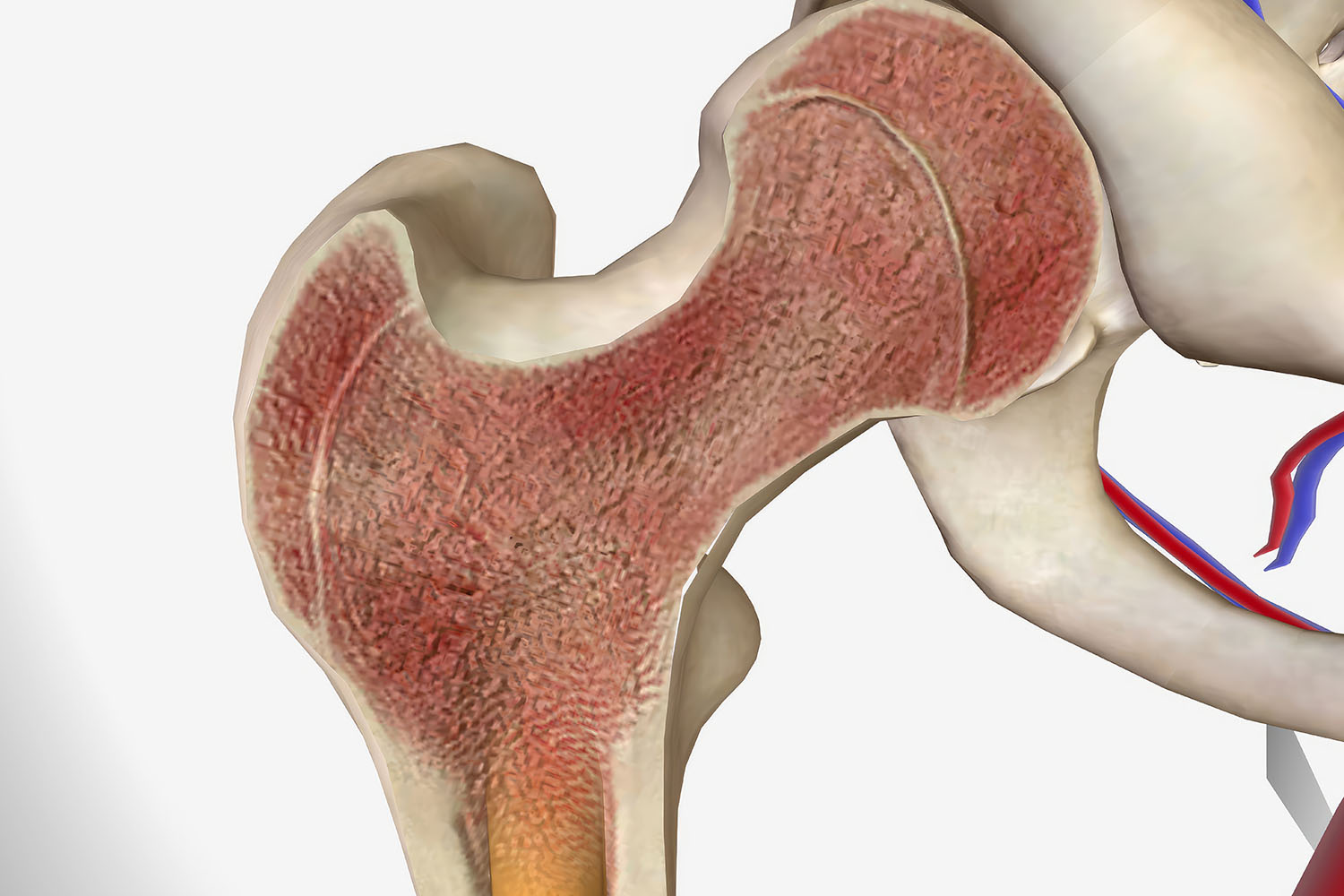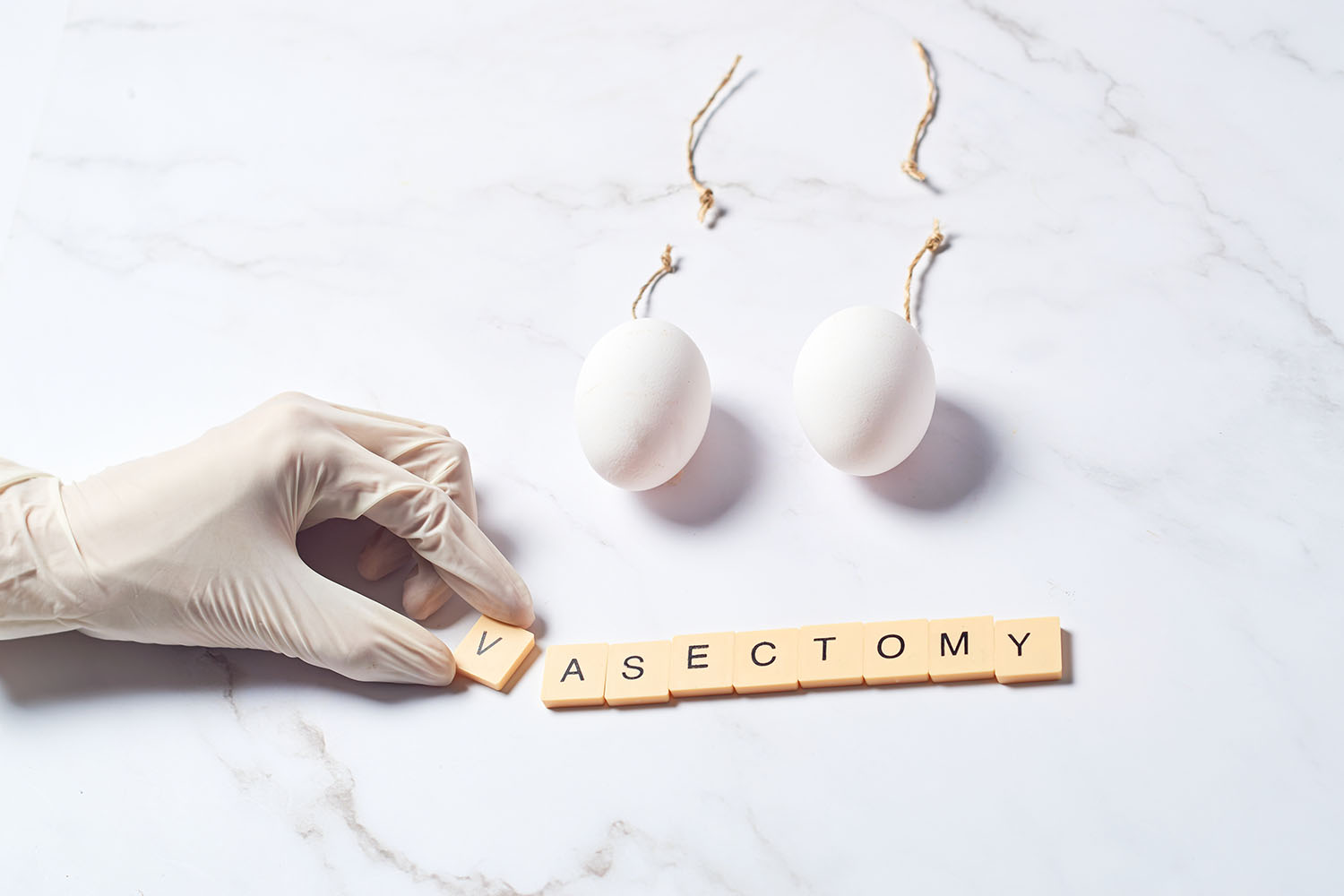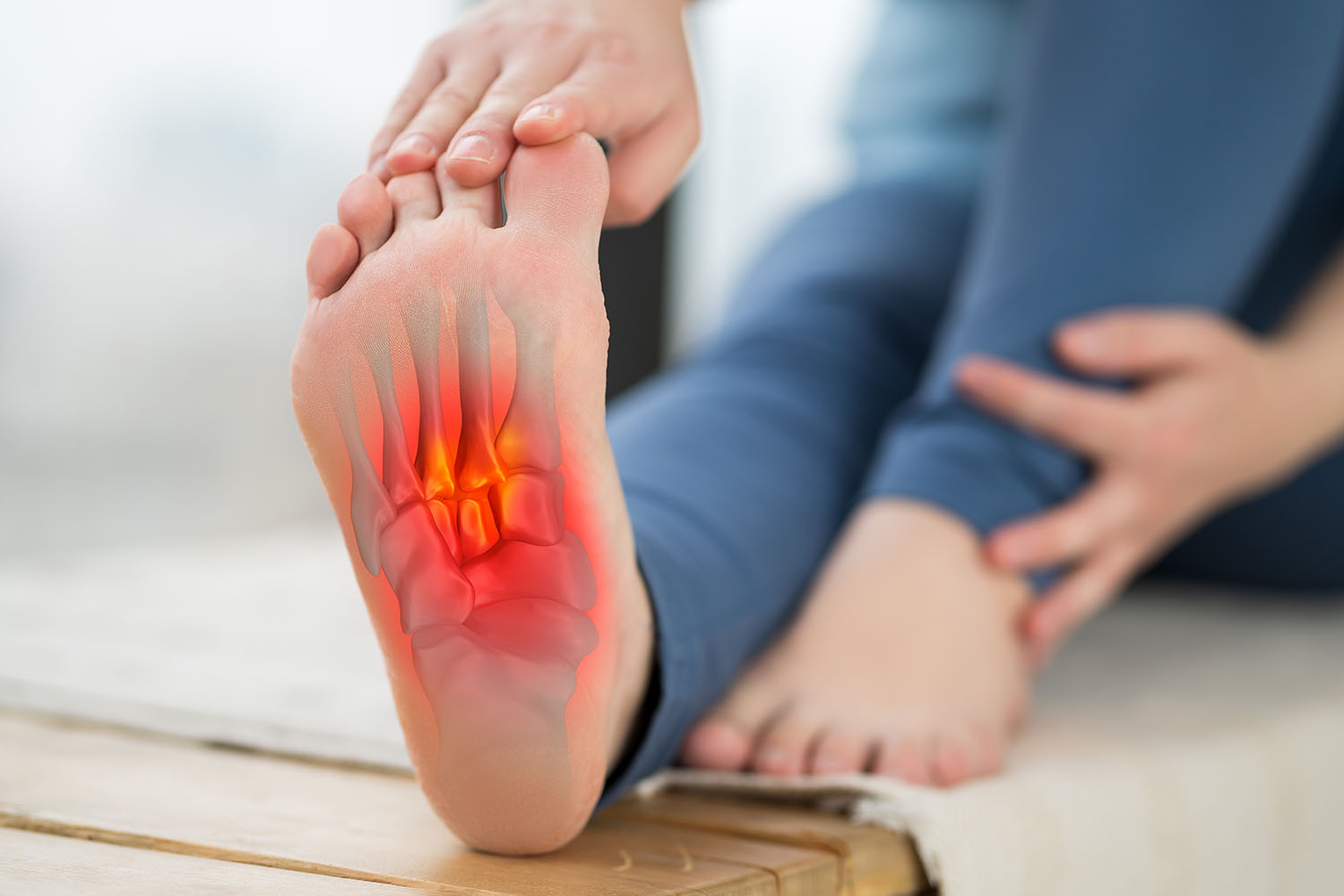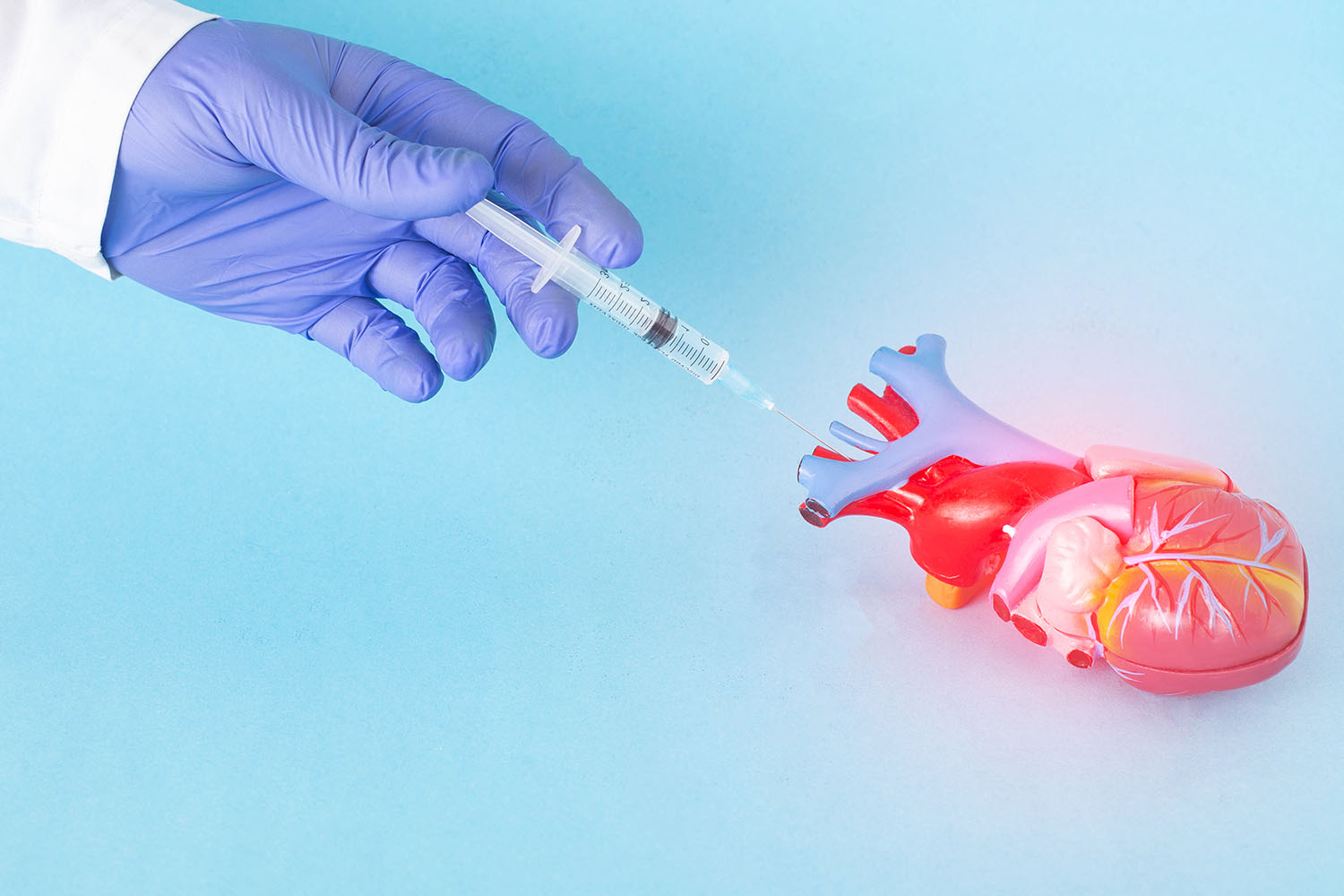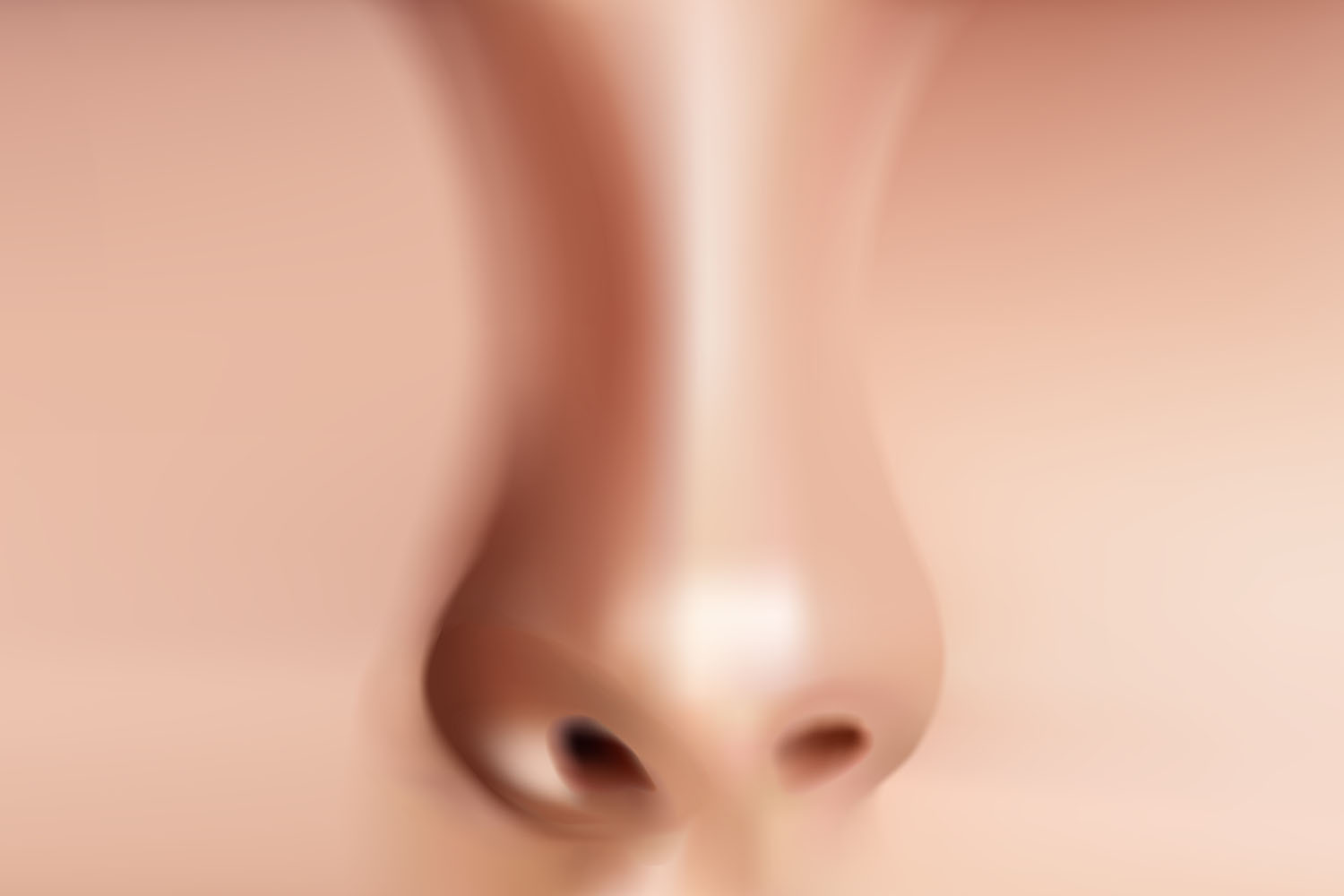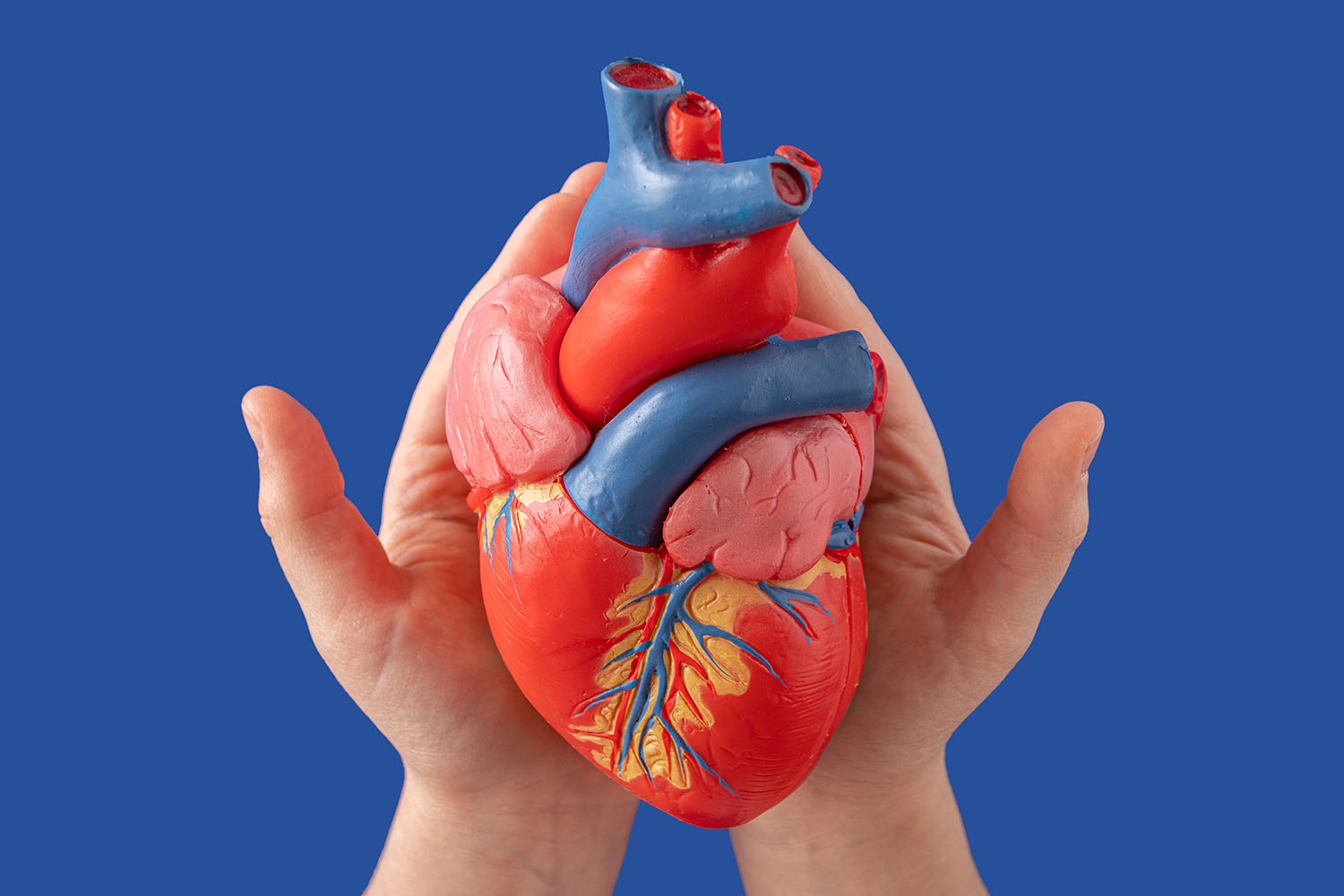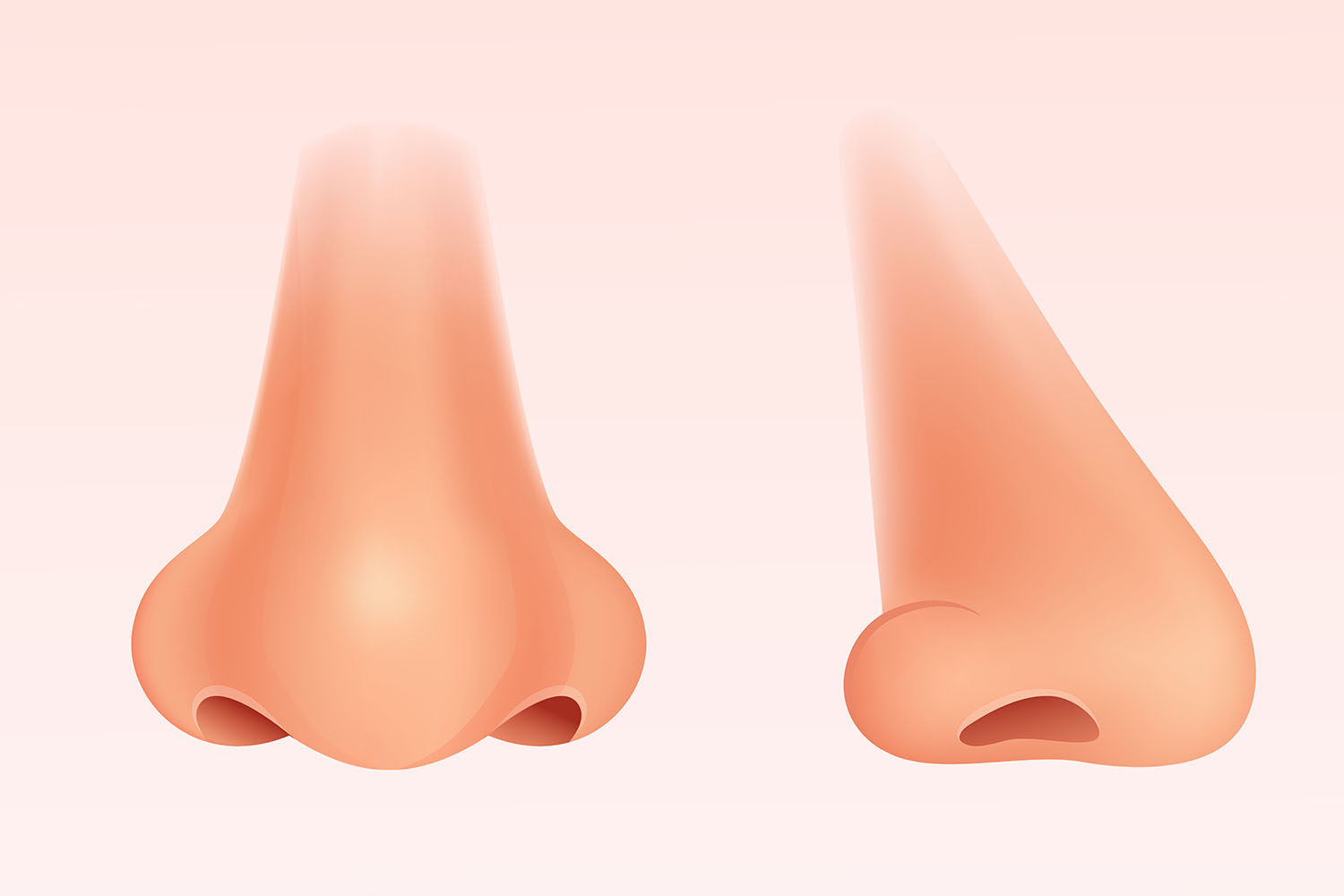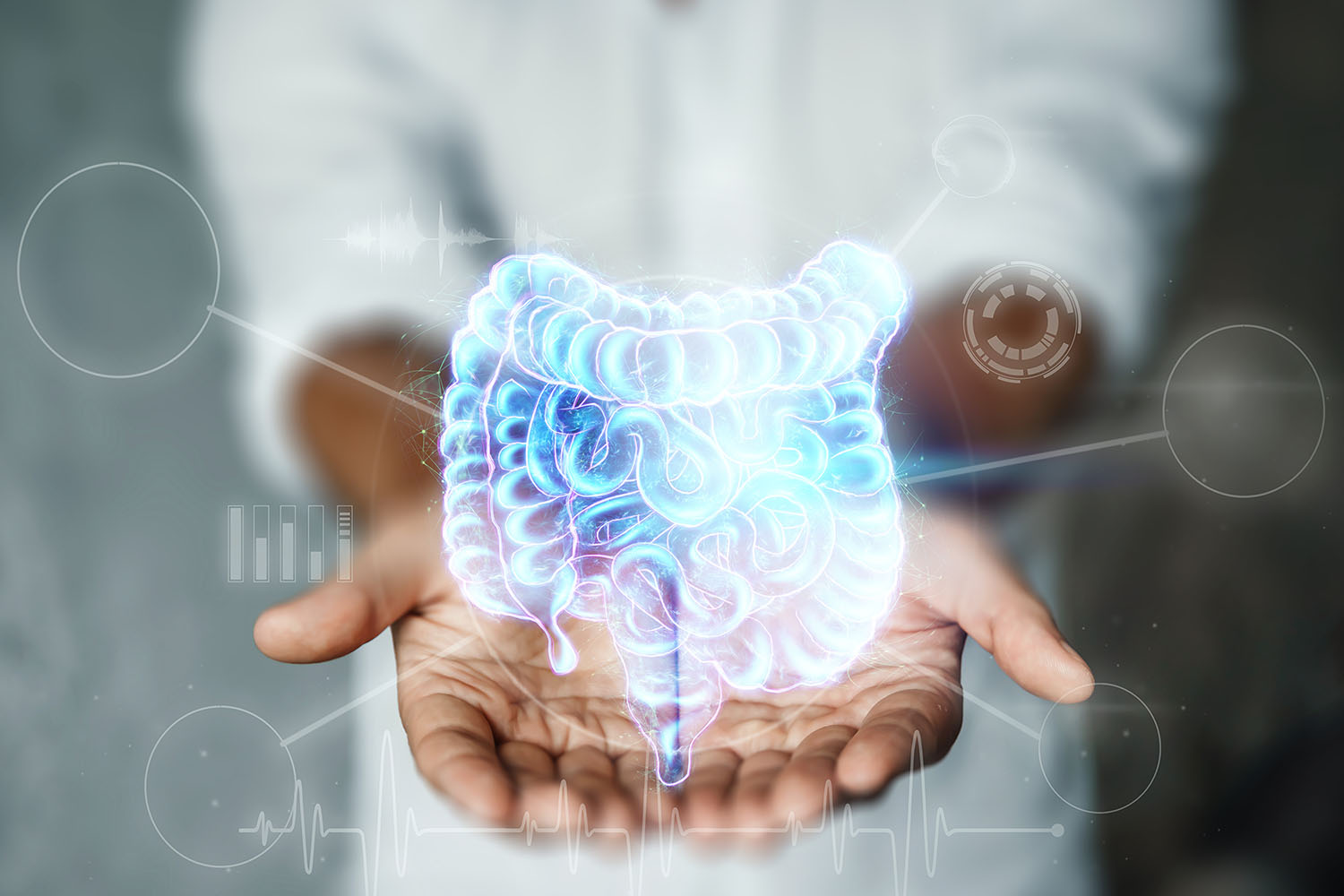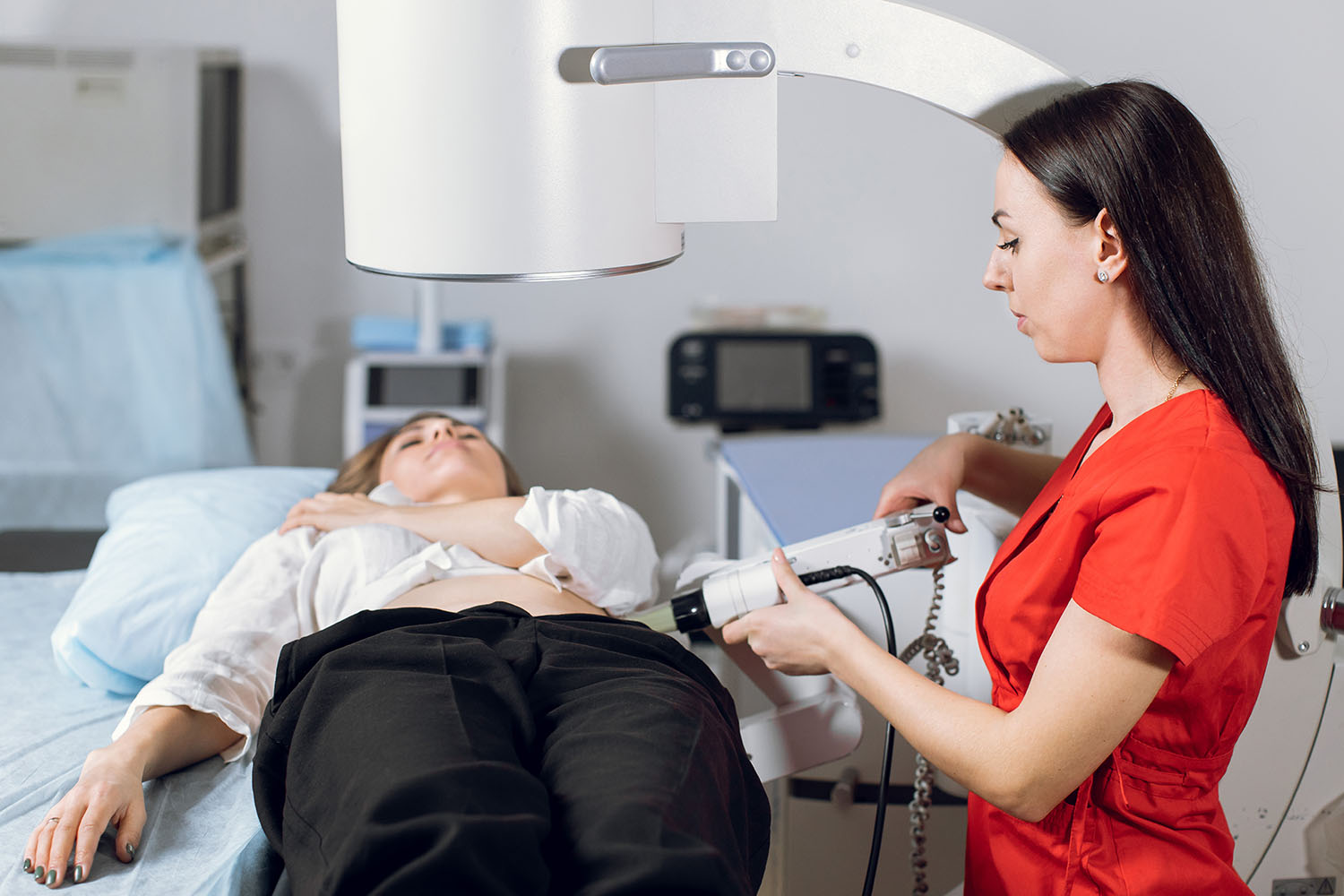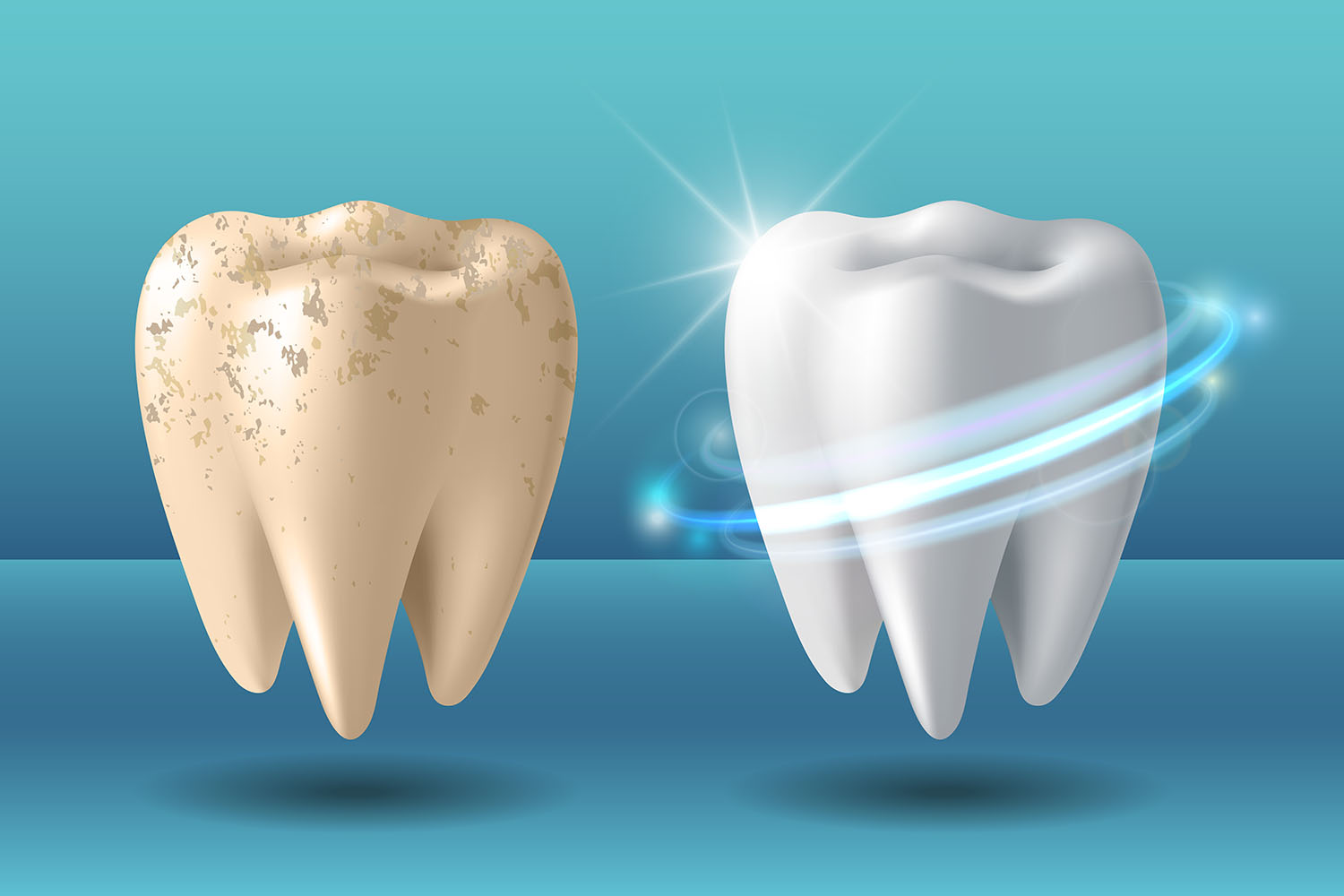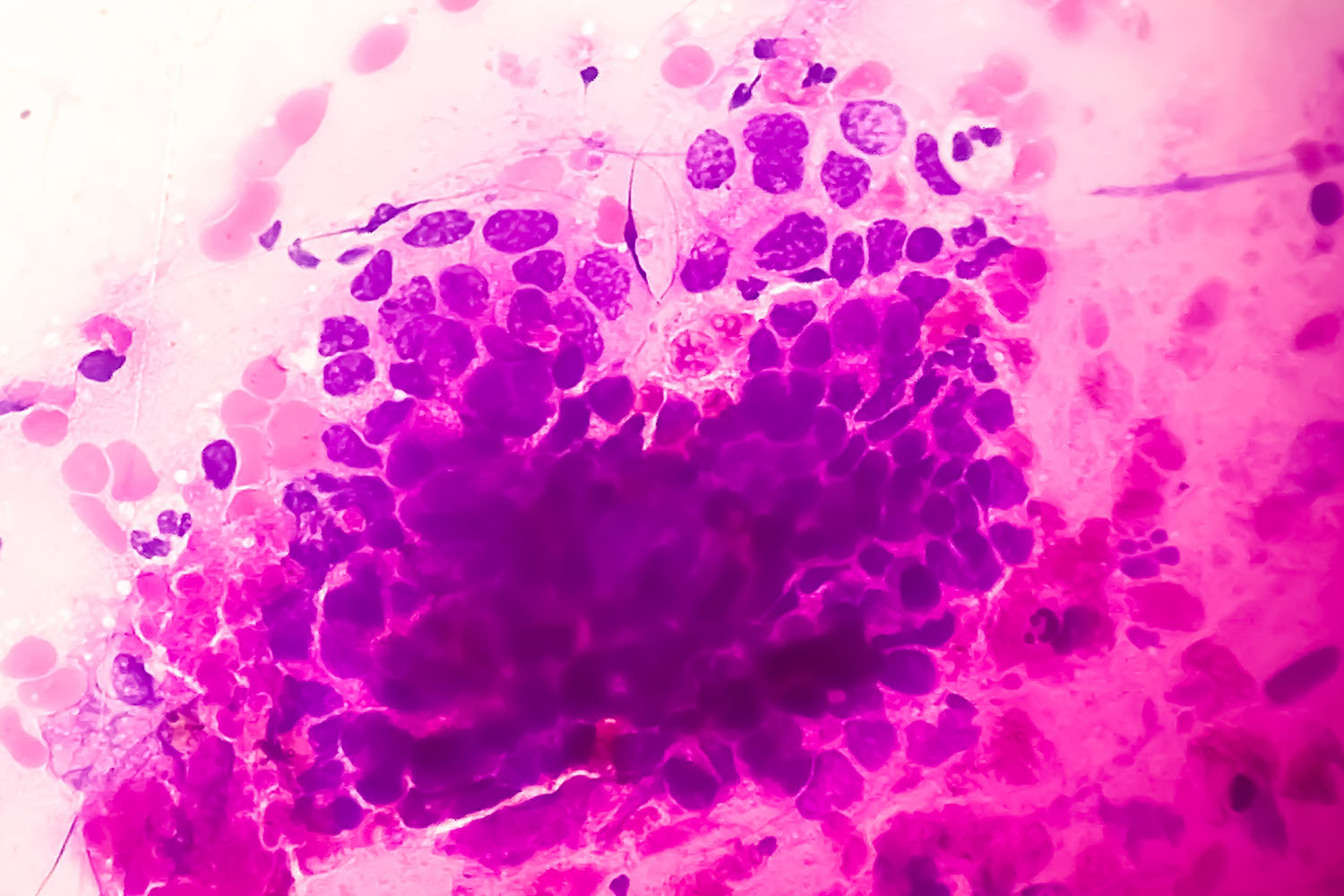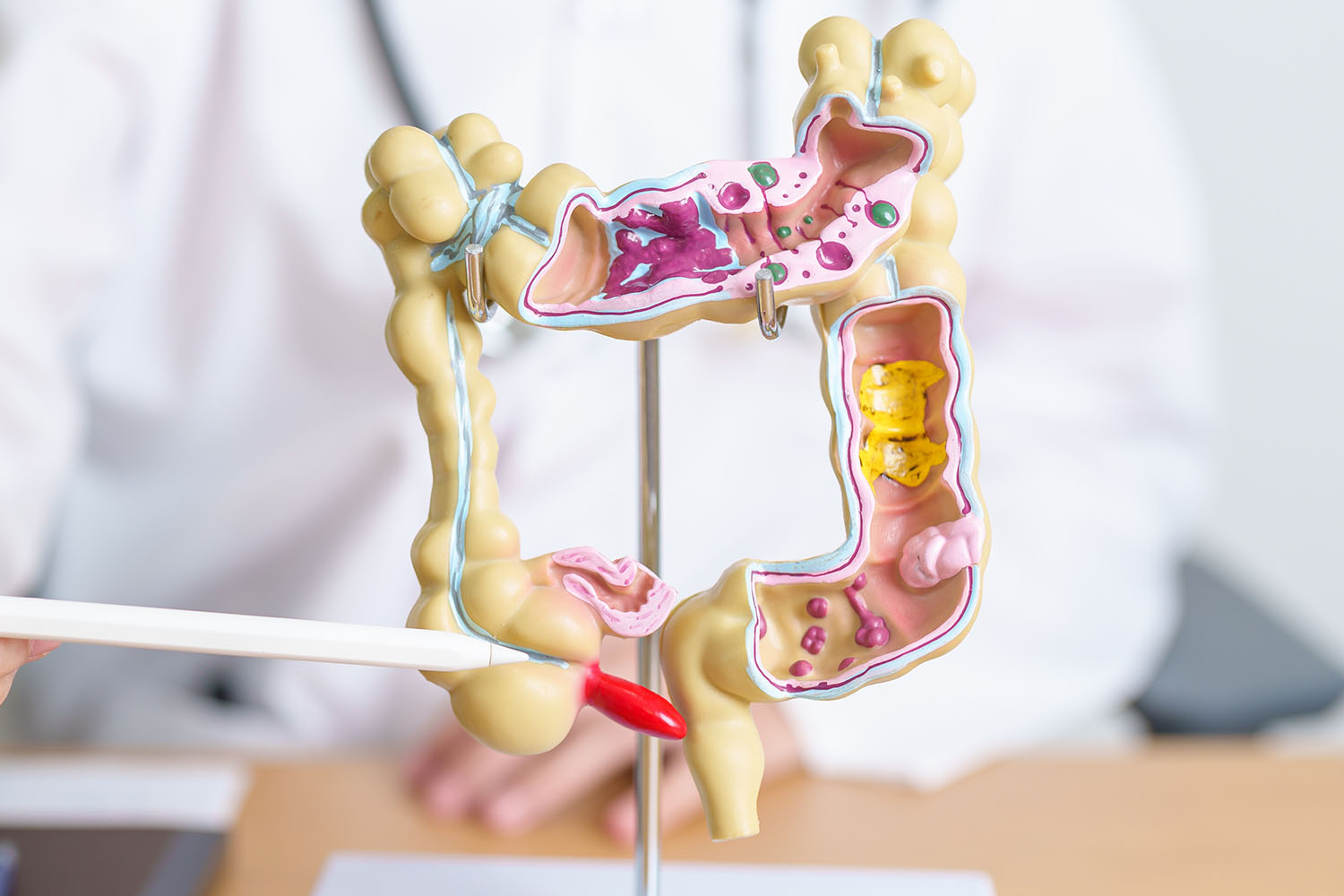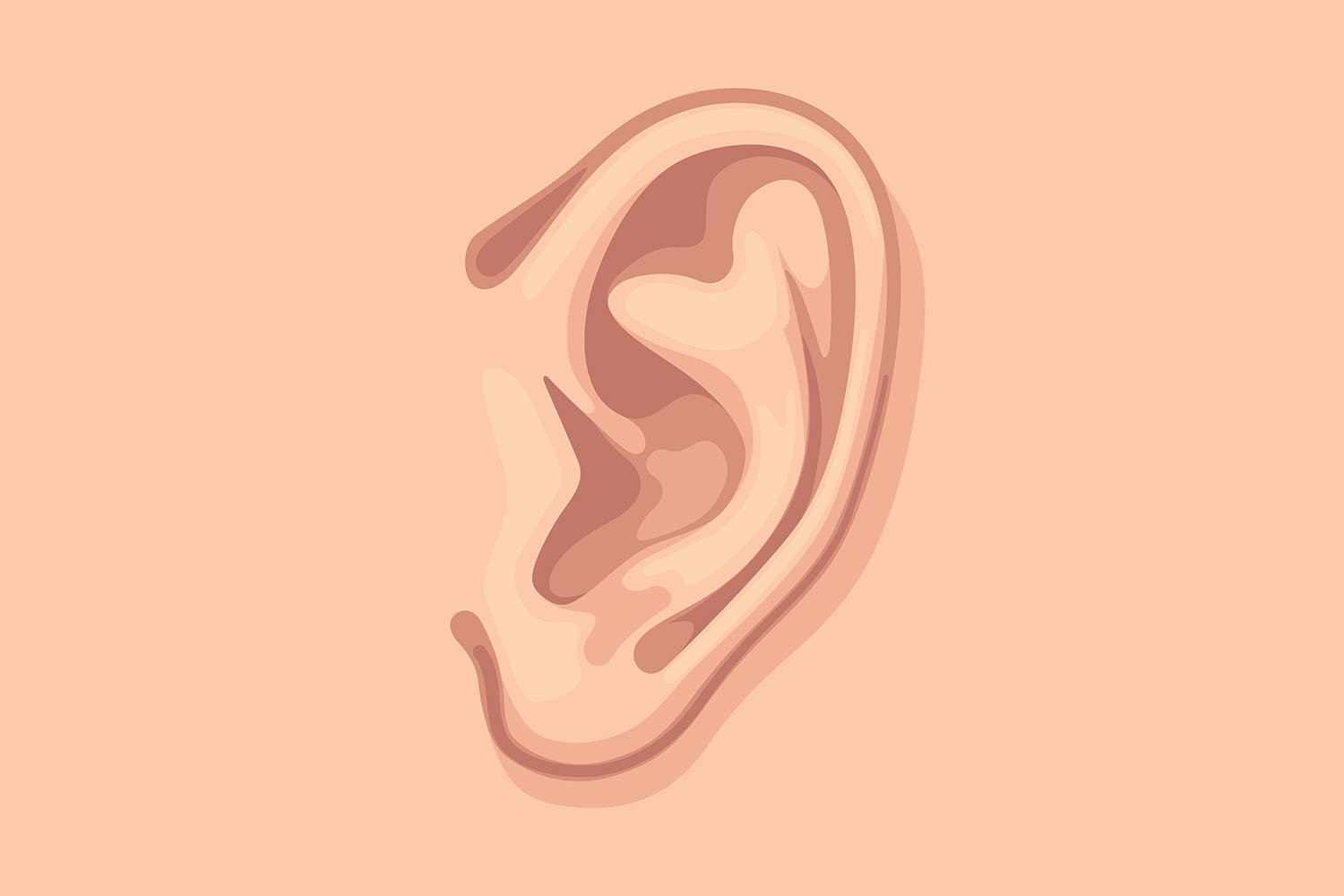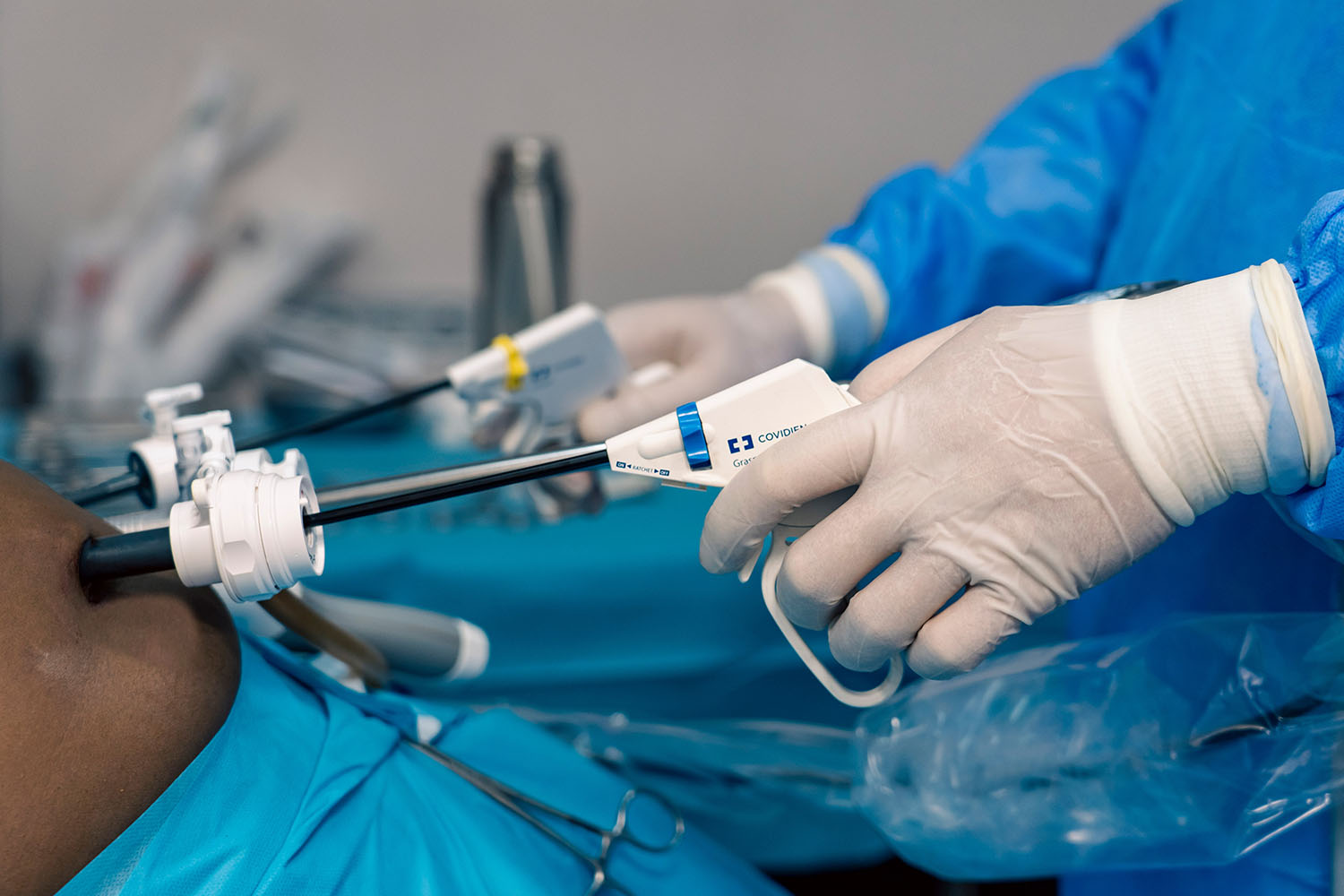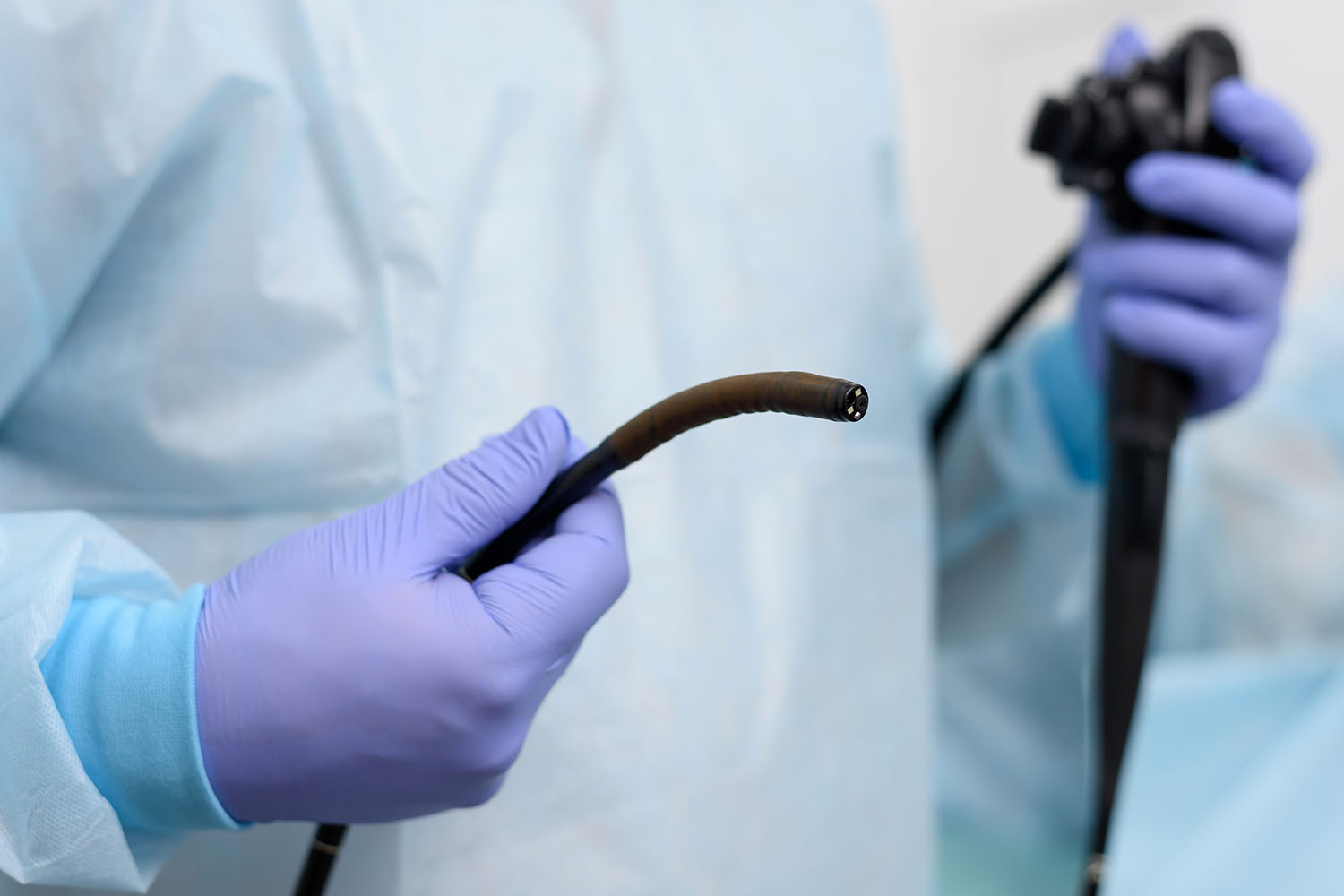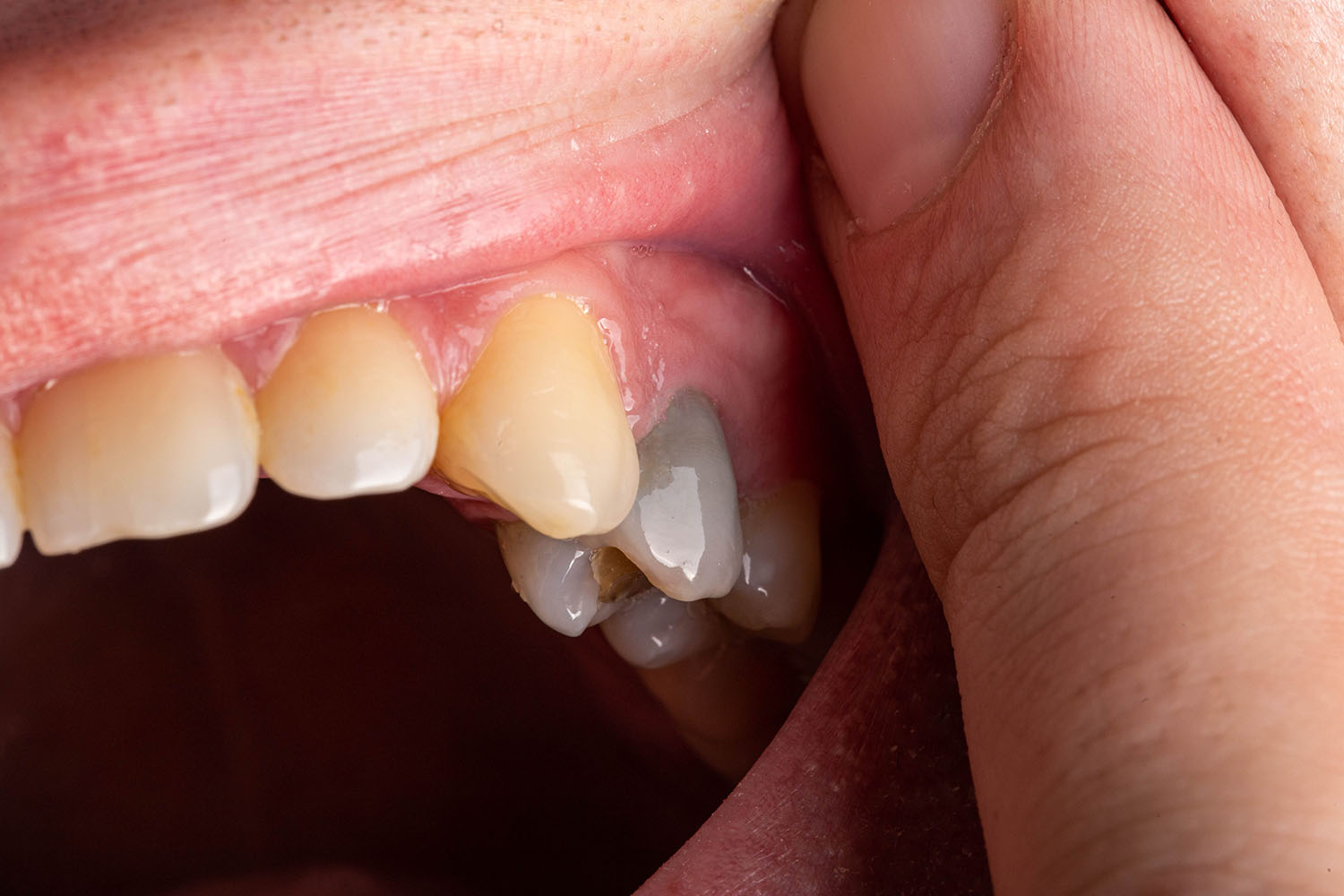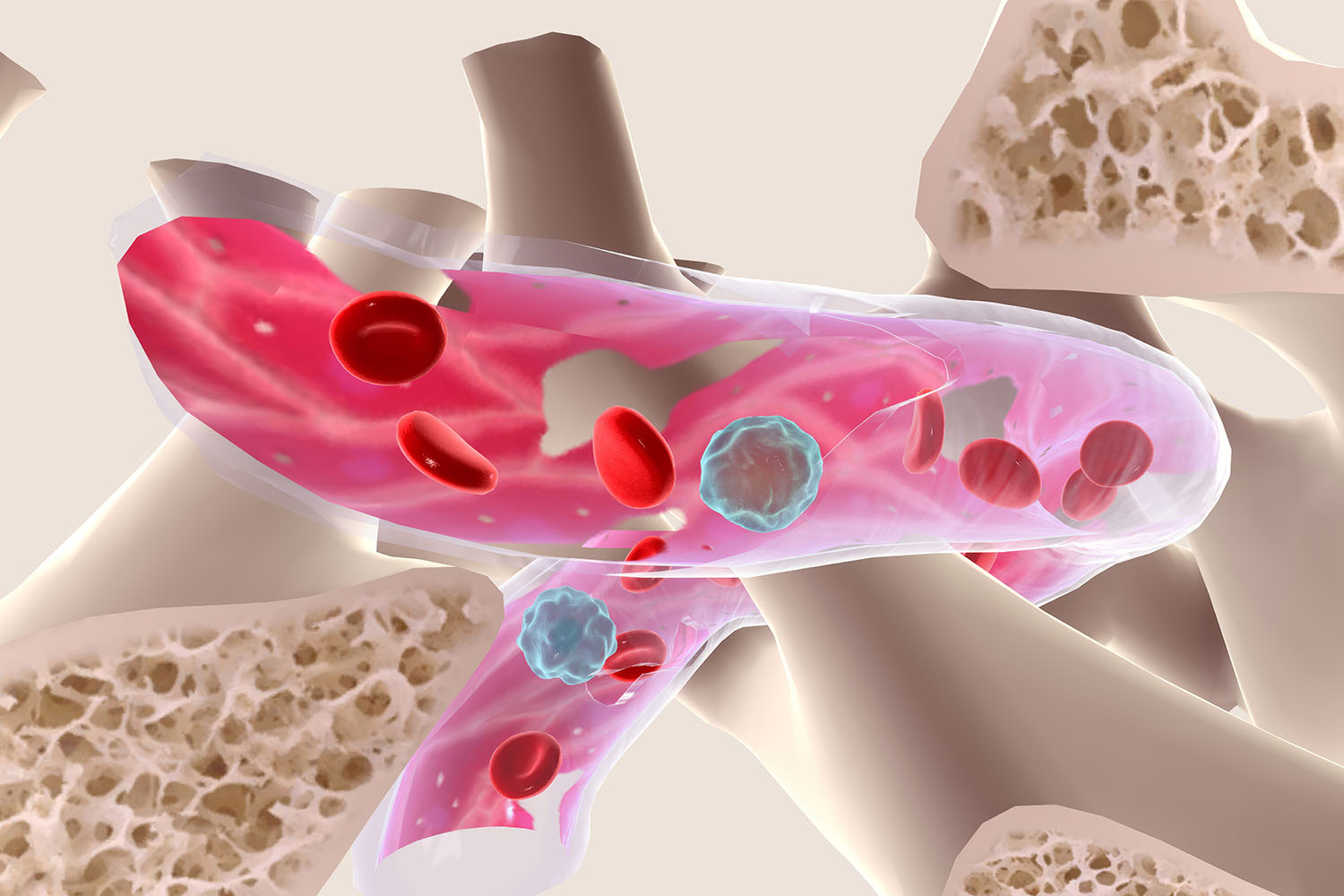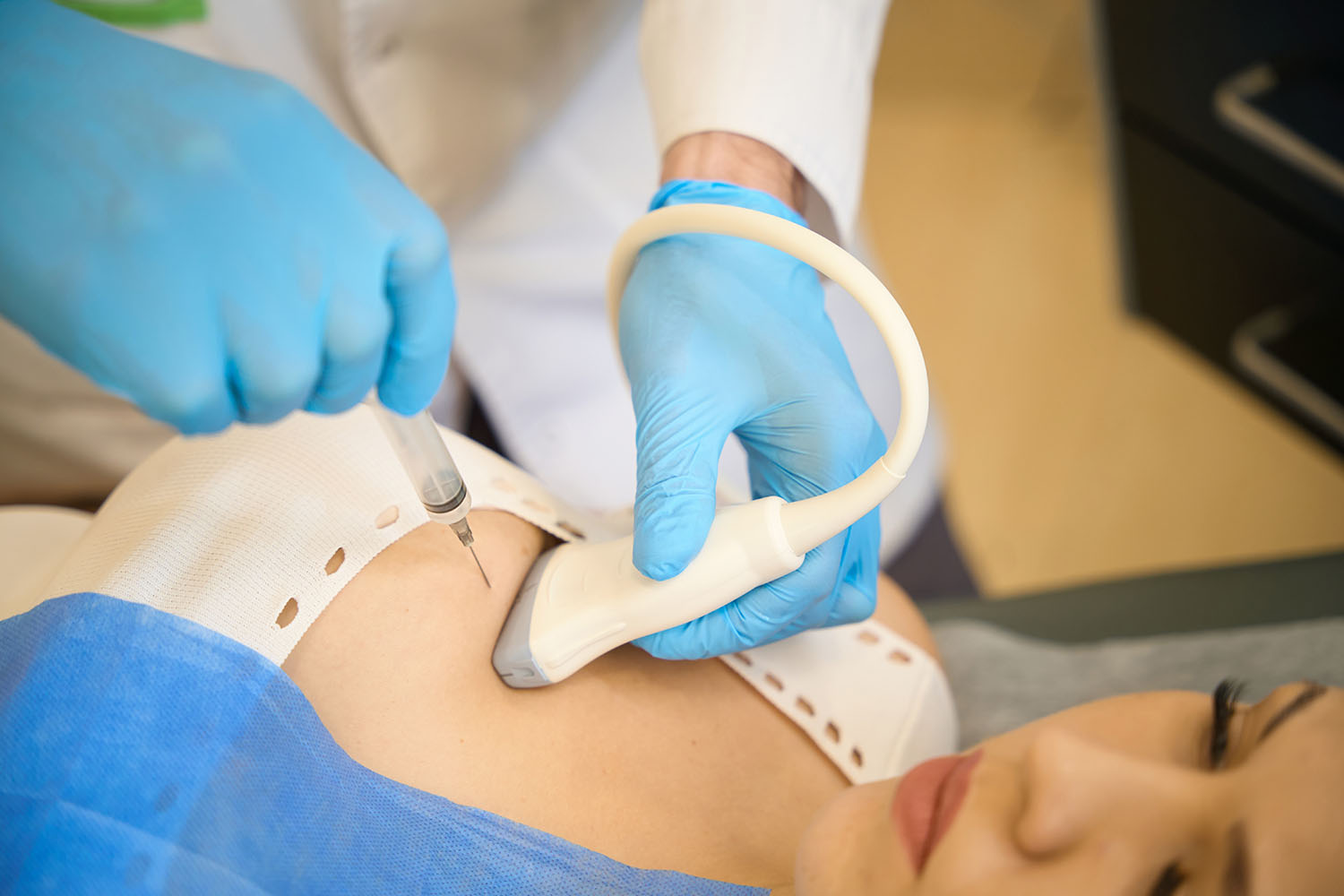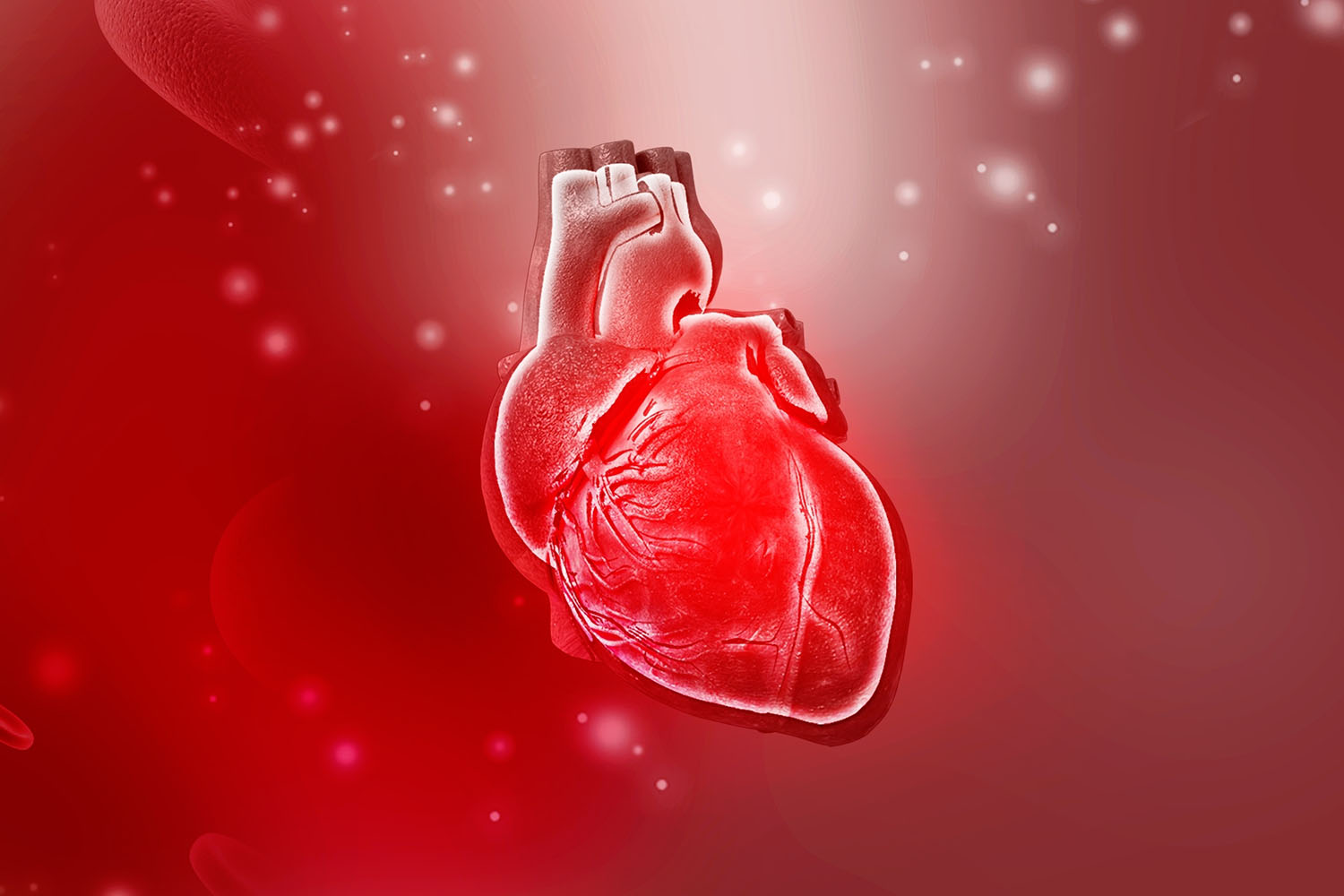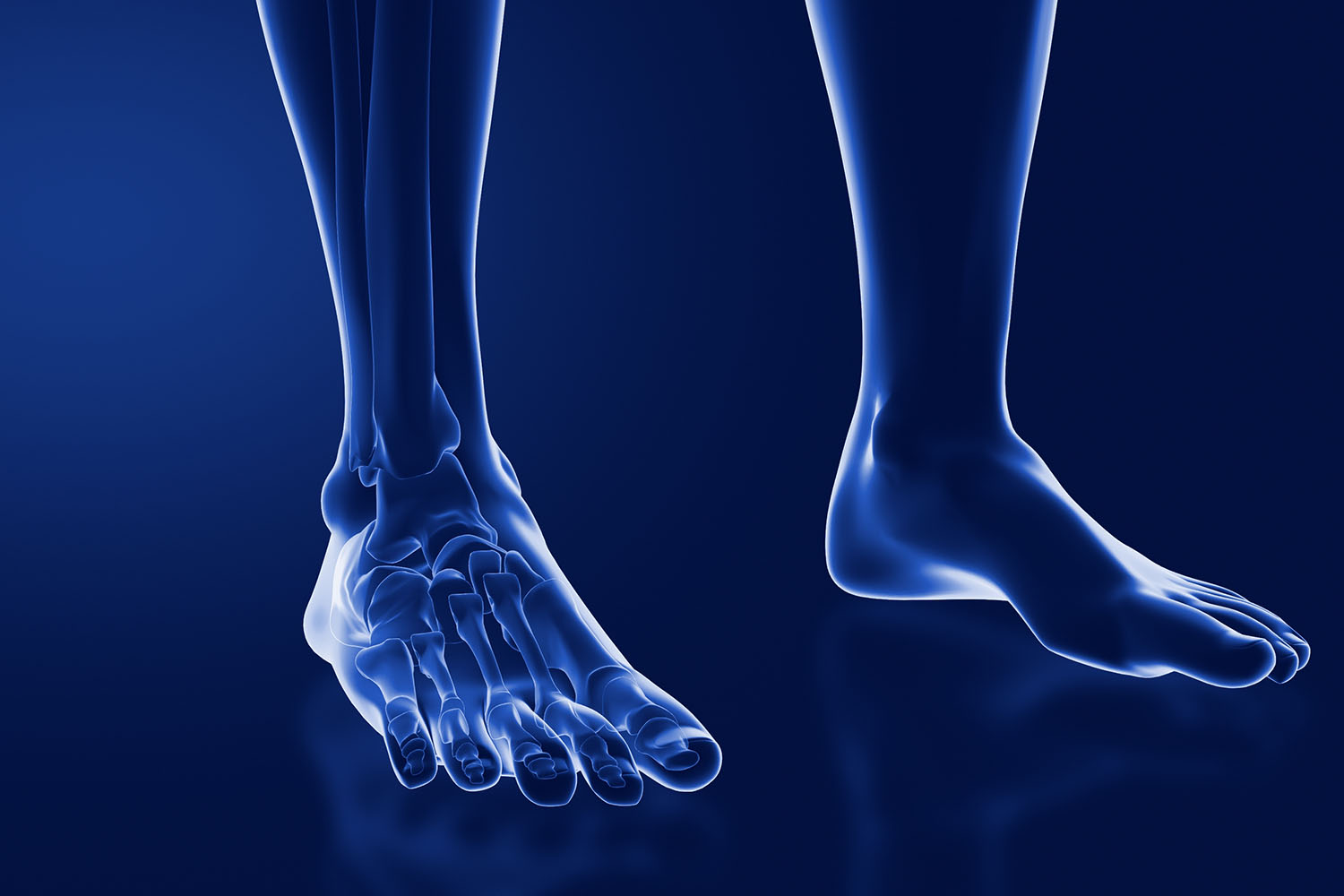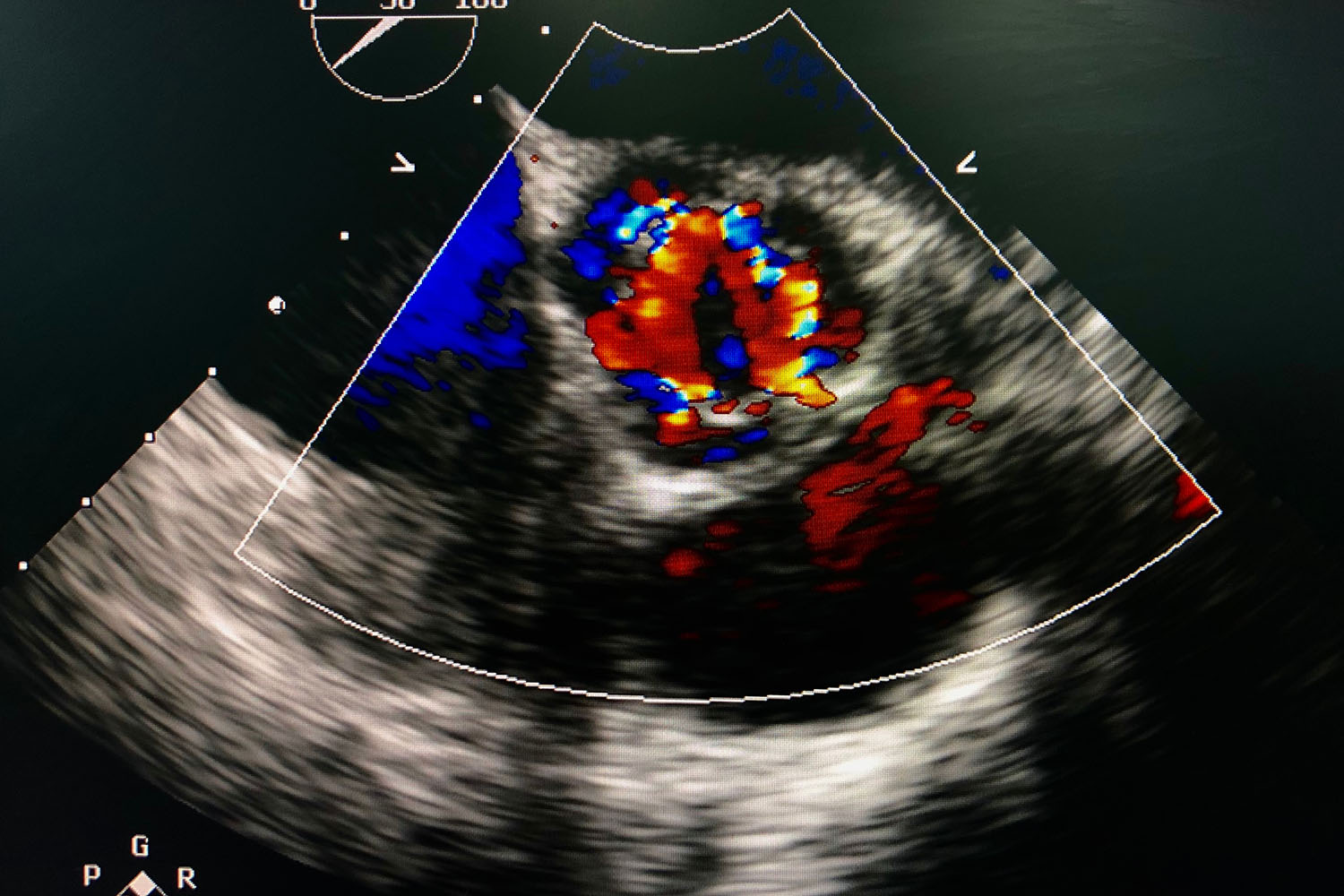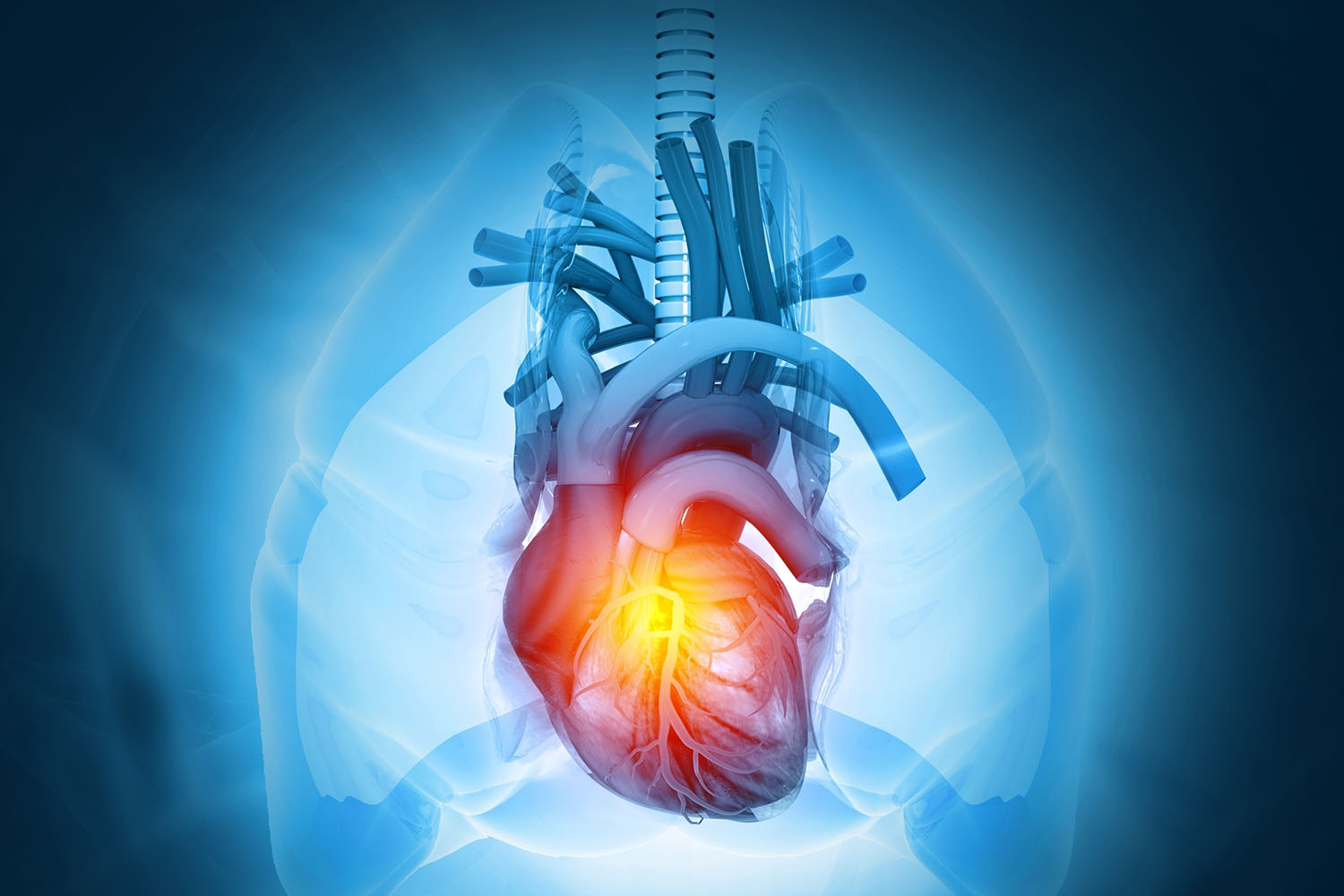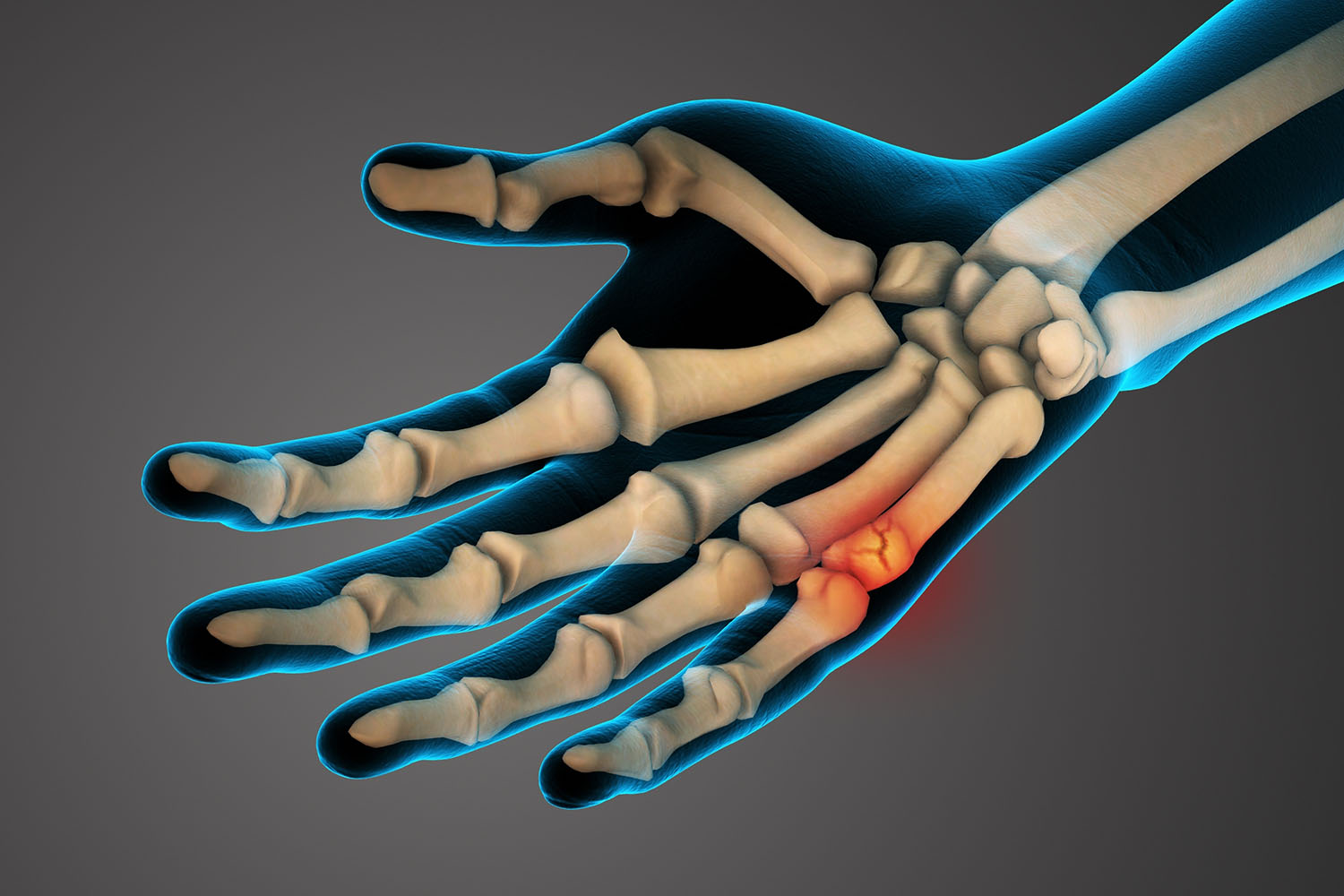![]()
Other Services
In today’s digital age, patients are increasingly turning to online resources for health information and education. Among these resources, patient education videos have emerged as a powerful tool for empowering individuals with knowledge about their health conditions…
Empower and engage with patient education videos
For individuals struggling with severe obesity and its associated health risks, traditional weight loss methods often fall short of providing sustainable solutions. In such cases, gastric bypass surgery emerges as a powerful intervention, offering a path to significant weight loss…
Gastric Bypass Surgery
As the impacts of climate change continue to escalate, the intersection between climate and health has become increasingly evident. In response to this urgent global challenge, the Global Consortium on Climate and Health Education (GCCH) has emerged as a pivotal force…
Global Consortium on Climate and Health Education
Health education is a fundamental component of a comprehensive school curriculum, equipping students with the knowledge, skills, and behaviors necessary to lead healthy lives. However, despite its importance, health education in schools often falls short of meeting the needs…
Health education in schools needs to be scaled up
Falls among older adults represent a significant public health concern globally, leading to injuries, decreased mobility, and even mortality. However, amidst this challenge lies a powerful solution: health education. Drawing on international facts and research, this blog post…
Health education is a valuable tool in fall prevention strategies
The human heart, revered as the epicenter of vitality and emotion, stands as a testament to the intricate design and unparalleled functionality of the human body. Beyond its symbolic significance, the heart serves as the lifeline, orchestrating the flow of blood and oxygen to every cell…
Human Heart
Pharmacies are not just places to pick up prescriptions anymore—they are evolving into hubs for personalized care and health education. By leveraging international research and facts, this blog post delves into the importance of integrating tailored health education content into pharmacy services…
Strategies start with health education content
Restless Legs Syndrome (RLS) is a neurological disorder characterized by an irresistible urge to move the legs, often accompanied by uncomfortable sensations. Despite being relatively common, RLS remains widely misunderstood, with its symptoms often dismissed or misattributed…
Restless Legs Syndrome Symptoms
Sex education is a critical component of a comprehensive health curriculum, providing young people with the knowledge and skills they need to make informed decisions about their sexual health and relationships. While schools play a significant role in delivering sex education…
Sex education: Parents access curriculum materials?
In the ever-evolving landscape of healthcare, patient education stands as a cornerstone of empowering individuals to take control of their health and well-being. With the advent of the digital age, patient education has undergone a transformative shift, leveraging technology to provide accessible…
Unleashing the Potential of Patient Education in the Digital Age
In recent years, advancements in technology have revolutionized patient education and advocacy, with the emergence of 3D videos as a powerful tool for conveying complex medical information. Drawing on international facts and research, this blog post explores the transformative potential…
Use of 3D Videos for patient education, advocacy
n vitro fertilization (IVF) treatment offers hope to countless couples struggling with infertility, providing a pathway to parenthood. However, navigating the complexities of IVF can be daunting. Patient education plays a pivotal role in empowering couples with the knowledge…
Why patient education is essential for couples seeking IVF treatment
In the area of dental care, teeth filling stands as a cornerstone procedure, aiding millions in restoring both function and aesthetics to their smiles. Whether it’s to address cavities, fractures, or wear and tear, teeth filling plays a pivotal role in preserving dental health and enhancing quality of life.
Teeth Filling
Total hysterectomy is a surgical procedure that involves the removal of the uterus and cervix. It’s a significant decision that many women may face due to various medical conditions. In this blog, we delve into the facts and research surrounding total hysterectomy to provide clarity and empowerment to those considering or undergoing this procedure.
Total Hysterectomy
Dental fillings are a fundamental aspect of modern dentistry, serving as a primary treatment for cavities and tooth decay. With advancements in materials and techniques, dental fillings have become more effective and aesthetically pleasing, offering patients a reliable solution to maintain their oral health and restore their smiles.
Dental Fillings
In the fight against obesity, the gastric balloon has emerged as a global phenomenon, offering a non-surgical approach to weight loss that is gaining popularity worldwide. This innovative medical device, known as an intragastric balloon, has garnered attention for its effectiveness in aiding individuals struggling with excess weight.
Gastric Balloon
The shoulder labrum is a crucial structure in the shoulder joint, providing stability and support to the upper arm bone (humerus) within the shoulder socket (glenoid). Labrum tears, a common injury, can cause pain, instability, and limited range of motion in the shoulder. In this blog, we will explore the international perspective on shoulder labrum tears.
Shoulder Labrum
Skin hives, also known as urticaria, are raised, itchy welts that appear on the skin’s surface. These red, pink, or sometimes skin-colored bumps can be quite bothersome, causing significant discomfort. While most people experience skin hives at some point in their lives, understanding the causes, symptoms, and treatment options can be empowering.
Skin Hives
Thyroid surgery, a procedure aimed at addressing thyroid disorders, stands as a crucial intervention for those grappling with thyroid issues. As we delve into this topic, we’ll explore the intricate details surrounding thyroid surgery, backed by research and facts. Understanding the procedure.
Thyroid Surgery
Delving into the intricate world of oral health, understanding tooth anatomy is paramount. It forms the foundation of dental care and helps individuals grasp the complexities of maintaining optimal oral hygiene. In this exploration, we’ll uncover the wonders of tooth anatomy, supported by factual insights and scientific research.
Tooth Anatomy
Tooth decay, a prevalent dental concern, requires prompt and effective treatment to preserve oral health and prevent further complications. In this discourse, we’ll explore tooth decay treatment methods backed by factual insights and scientific research. Understanding these approaches is essential for individuals grappling with tooth decay and seeking optimal dental care.
Tooth Decay Treatment
Chronic hip pain can be debilitating, robbing individuals of their mobility and joy in daily life. For many, traditional treatments may provide limited relief. However, total hip replacement surgery stands as a beacon of hope, offering a chance to regain independence and vitality. Let’s delve into the realm of total hip replacement.
Total Hip Replacement
In the area of ophthalmology, corneal transplantation stands as a beacon of hope for countless individuals grappling with impaired vision due to corneal disorders. This revolutionary procedure, involving the replacement of a damaged or diseased cornea with a healthy donor cornea, has witnessed remarkable advancements over the years.
Corneal Transplant
CPR, standing for Cardiopulmonary Resuscitation, is more than just an acronym; it is a crucial skill that can mean the difference between life and death in emergency situations. In this blog, we delve into what CPR entails, its importance, and why everyone should learn this life-saving technique.
CPR Stands For
Electromyography (EMG) testing is a valuable diagnostic tool utilized by healthcare professionals to assess the health and function of muscles and the nerves controlling them. In this blog, we delve into the intricacies of EMG testing, exploring its uses, procedures, and the wealth of scientific research backing its efficacy.
EMG Testing
In the age of modern medicine, the advent of groundbreaking technologies continually reshapes the landscape of healthcare. Endovascular Aneurysm Repair (EVAR) stands as a quintessential example, embodying innovation and progress within vascular surgery. EVAR represents a significant departure from traditional open surgeries.
EVAR
In the intricate realm of cardiac medicine, innovations continually push the boundaries of what’s possible, offering renewed hope to patients battling arrhythmias and other heart rhythm disorders. Among these advancements, heart ablation surgery emerges as a transformative intervention, wielding precision and efficacy in restoring normal heart rhythm.
Heart Ablation Surgery
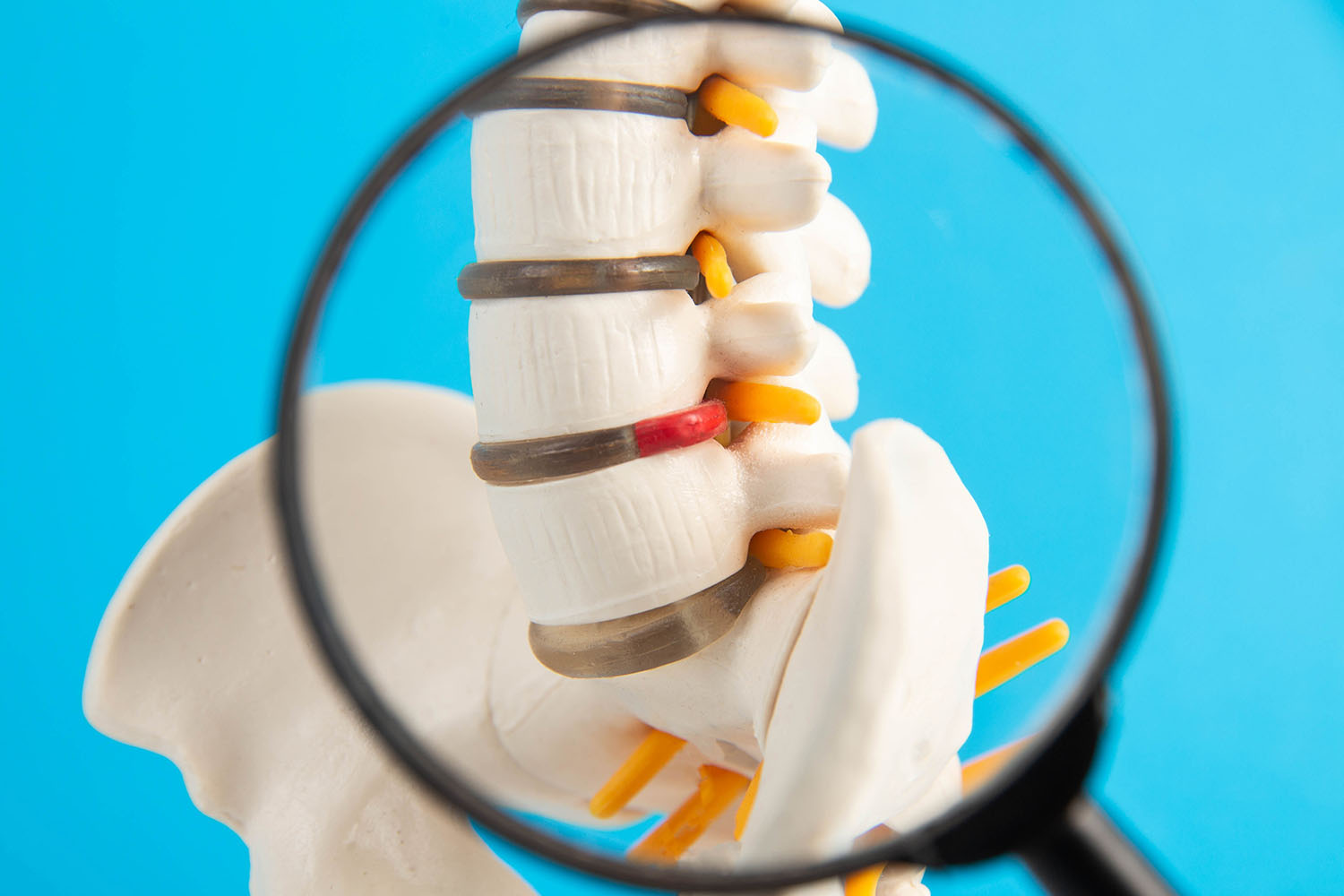
In the intricate tapestry of chronic pain management, one procedure stands out as a beacon of hope for those grappling with debilitating back pain: the medial branch block. This minimally invasive intervention offers targeted relief by disrupting pain signals originating from the facet joints of the spine. Let’s delve into the depths of the medial branch block.
Medial Branch Block
In the ever-evolving landscape of pain management, one revolutionary approach shines brightly as a beacon of hope for individuals plagued by chronic pain: neuromodulation. This cutting-edge therapy offers a transformative solution by modulating the activity of the nervous system to alleviate pain and restore quality of life.
Neuromodulation
Sciatica, a common condition characterized by pain along the sciatic nerve, affects millions of individuals worldwide. While conservative treatments like physical therapy and medication can provide relief for some, others may require medical procedures to alleviate symptoms and improve their quality of life. In this blog,
Sciatica Medical Procedure
Spondylosis, a term that might sound intimidating at first glance, is actually a condition that many of us may be familiar with, either through personal experience or through the experiences of our loved ones. But what exactly is spondylosis, and how does it affect the human body?
Spondylosis Definition
Teeth, the unsung heroes of our daily lives, are marvels of biological engineering, allowing us to bite, chew, and speak with ease. Behind their seemingly simple appearance lies a complex anatomy that is vital to our overall health and well-being. In this blog, we will delve into the intricate structure of teeth.
Teeth Anatomy
In the realm of cardiology, the echocardiogram stands as a powerful tool, offering insights into the inner workings of the heart with remarkable clarity. This non-invasive procedure, also known as a cardiac echo or simply an echo, utilizes sound waves to create detailed images of the heart’s structure and function.
What does an echocardiogram show
In the realm of cardiovascular medicine, angiogram stands as a powerful diagnostic tool, offering clinicians invaluable insights into the structure and function of blood vessels. Through the use of advanced imaging techniques and catheter-based interventions, angiograms play a pivotal role in the evaluation and management
What is an angiogram
In a world where mobility is synonymous with freedom and independence, the ability to move without hindrance is a gift we often take for granted. For millions worldwide, however, conditions like osteoarthritis can turn this simple act into a daily struggle. When conservative treatments fail to provide relief, total knee replacement.
Total Knee Replacement
Hives, also known as urticaria, are a common skin condition that affects people worldwide. Understanding what hives look like is essential for proper diagnosis and treatment. In this SEO blog, we’ll delve into international facts and research to provide a comprehensive overview of hives’ appearance, causes, and management.
What do Hives look like?
In the realm of cardiovascular diagnostics, one procedure stands out for its ability to provide invaluable insights into the intricate workings of the heart – the echocardiogram. Let’s delve into the depths of cardiac care and unravel the significance of this non-invasive imaging technique, backed by facts and research.
What is an Echocardiogram
Gallbladder removal surgery, medically termed cholecystectomy, represents a pivotal solution for individuals grappling with gallstone-related distress. This surgical procedure, deeply rooted in scientific inquiry and clinical exploration, serves as a beacon of hope for those burdened by the debilitating symptoms of gallbladder ailments.
Gallbladder Removal Surgery
Restless Leg Syndrome, commonly abbreviated as RLS, is a neurological disorder that affects millions of people worldwide, yet it remains widely misunderstood. While it might sound like a minor inconvenience, RLS can profoundly disrupt sleep patterns and significantly impact daily life. Let’s delve into this condition, exploring its symptoms.
Restless Leg Syndrome Symptoms
Have you ever experienced an irresistible urge to move your legs, especially when you’re trying to relax or sleep? If so, you may be familiar with Restless Leg Syndrome (RLS), a neurological disorder that affects millions of people worldwide. Despite its prevalence, RLS often remains misunderstood, leading to frustration and discomfort for those who experience it.
What is Restless Leg Syndrome
Appendicitis is a condition that affects people of all ages, often striking with sudden and intense abdominal pain. It occurs when the appendix becomes inflamed or infected, requiring prompt medical attention to avoid complications. Treatment for appendicitis typically involves surgical removal of the appendix, but there are other options depending.
Appendicitis Treatment
Psoriatic arthritis (PsA) is a chronic autoimmune condition that affects millions of people worldwide. It is a complex disease that combines the symptoms of psoriasis, a skin condition characterized by red, scaly patches, with arthritis, which causes joint inflammation and pain. Recognizing the symptoms of psoriatic arthritis is crucial for early.
Symptoms of Psoriatic Arthritis
Carpal Tunnel Syndrome (CTS) affects millions of people globally, causing pain, numbness, and weakness in the hand and wrist. For many individuals, conservative treatments such as splinting, medication, and physical therapy provide relief. However, in cases where symptoms persist or worsen, surgery may be recommended.
Carpal Tunnel Syndrome Surgery
Imagine living with constant, excruciating pain that feels like a fire burning relentlessly in your limb. This is the reality for individuals battling Complex Regional Pain Syndrome (CRPS), a perplexing condition that defies easy explanation and often leaves both patients and healthcare providers grappling for answers. In this blog post.
Complex Regional Pain Syndrome Symptoms
For many men seeking permanent birth control, a vasectomy procedure emerges as a safe and effective option. This minimally invasive surgery offers a high success rate in preventing pregnancy while preserving a normal sex life. Let’s delve into the facts and research surrounding vasectomy procedures.
Vasectomy Procedure
In the field of medicine, the term “ablation” refers to a minimally invasive procedure that uses various energy sources to destroy or remove unwanted tissue. This targeted approach offers a range of potential benefits, including minimizing damage to surrounding healthy tissue and promoting faster recovery times compared to traditional surgical techniques.
What is Ablation
Blocked arteries pose a significant health risk, potentially leading to heart attack, stroke, or other vascular complications. Atherectomy emerges as a minimally invasive procedure that helps clear these blockages, improving blood flow and reducing the risk of cardiovascular events. Let’s explore the facts and research surrounding atherectomy.
Atherectomy
Dental caries cavities, commonly known as cavities or tooth decay, represent a prevalent oral health concern affecting individuals of all ages worldwide. Despite advances in dental care, these insidious adversaries continue to wreak havoc on dental health, leading to discomfort, functional impairment, and significant healthcare costs.
Dental Caries Cavities
Hysterectomy surgery stands as a significant milestone in women’s healthcare, offering relief from various gynecological conditions that can profoundly impact quality of life. This surgical intervention, while often a source of apprehension, is surrounded by a wealth of research and factual information that can empower individuals facing this decision.
Hysterectomy Surgery
A labral tear hip is a common yet often misunderstood orthopedic condition that can significantly impact one’s quality of life. Characterized by the tearing of the labrum, a ring of cartilage surrounding the hip joint, this injury can lead to pain, limited mobility, and instability. In this blog post, we’ll explore the intricacies of labral tears in the hip.
Labral Tear Hip
Amidst the array of medical procedures aimed at safeguarding human health, polypectomy stands out as a crucial intervention in the realm of gastrointestinal care. Colon polyps, though often benign, can harbor the seeds of malignancy, making their timely removal imperative. Let’s embark on a journey through the realm of polypectomy.
Polypectomy
In the intricate tapestry of cardiovascular medicine, stent placement emerges as a beacon of hope, offering respite to those grappling with the burdens of coronary artery disease (CAD). Grounded in empirical evidence and scientific inquiry, this blog embarks on a journey to unravel the complexities of stent placement, shedding light on its efficacy.
Hysterectomy Surgery
In the area of medical diagnostics, few procedures wield as much significance and utility as the biopsy. Serving as a cornerstone of disease detection and characterization, biopsies play a pivotal role in guiding treatment decisions, prognostication, and patient care. This blog endeavors to demystify the intricacies of biopsy.
What is a Biopsy
In the daunting landscape of pancreatic cancer treatment, Whipple surgery stands as a beacon of hope, offering patients a chance at extended survival and improved quality of life. This intricate procedure, also known as pancreaticoduodenectomy, represents a cornerstone in the multimodal approach to combating one of the deadliest malignancies.
Whipple Surgery
The anatomy of the heart is a marvel of biological engineering, intricately designed to sustain life by pumping blood throughout the body. Comprising a network of chambers, valves, vessels, and specialized tissues, the heart orchestrates the continuous circulation of oxygen-rich blood to nourish tissues and organs while simultaneously removing metabolic waste products.
Anatomy of the Heart
Caries, commonly known as tooth decay or cavities, is a prevalent oral health condition characterized by the demineralization and destruction of tooth structure. It is primarily caused by bacterial fermentation of dietary carbohydrates, leading to the production of acids that erode tooth enamel over time. Caries can affect individuals of all ages and can lead to pain.
Caries
Appendicitis is a common medical condition that affects individuals of all ages, characterized by inflammation of the appendix-a small, finger-shaped organ located in the lower right abdomen. Despite its prevalence, appendicitis can be a serious and potentially life-threatening condition if left untreated. In this blog, we delve into the intricacies of appendicitis.
Appendicitis
Rheumatoid arthritis (RA) stands as a formidable adversary in the realm of autoimmune diseases, affecting millions of individuals worldwide. Characterized by chronic inflammation and joint destruction, RA can inflict significant pain, disability, and systemic complications if left unchecked. In this blog, we embark on a journey to uncover the multifaceted.
RA
In the realm of respiratory medicine, bronchoscopy stands as a pivotal diagnostic and therapeutic tool, offering clinicians unparalleled access to the intricate landscape of the lungs and airways. Through advanced imaging techniques and minimally invasive procedures, bronchoscopy plays a vital role in the evaluation and management of various pulmonary conditions.
Bronchoscopy
Lithotripsy stands as a revolutionary advancement in the field of urology, offering a non-invasive approach to the treatment of kidney stones that was once fraught with surgical complexities and risks. Through the precise application of shock waves, lithotripsy breaks down kidney stones into smaller fragments, enabling their passage through.
Lithotripsy
Ear anatomy embodies the marvels of sensory perception and equilibrium, serving as the gateway to auditory sensation and spatial orientation. From the outer ear’s delicate auricle to the inner ear’s labyrinthine structures, the human ear is a masterpiece of evolutionary design. In this blog, we embark on a journey to unravel the complexities.
Ear anatomy
In the area of dental procedures, the term “root canal” often elicits a mix of curiosity, anxiety, and uncertainty. Despite its reputation, the root canal procedure serves as a crucial treatment for saving a damaged or infected tooth. Let’s embark on a journey to unravel the intricacies of this common yet misunderstood dental intervention.
Root Canal Procedure
Tooth extraction is a dental procedure that involves removing a tooth from its socket in the jawbone. While it may sound daunting, advancements in dentistry have made this process relatively routine and safe. In this blog, we’ll delve into the intricacies of tooth extraction, backed by research and facts, to shed light on what to expect before.
Tooth Extraction
In the realm of medical science, the evolution of surgical techniques has led to groundbreaking innovations aimed at improving patient outcomes and quality of life. Ablation surgery stands as a testament to such advancements, offering hope and relief to individuals battling various health conditions. In this blog, we delve into the intricacies of ablation surgery.
Ablation Surgery
In the intricate realm of cardiac health, where every beat matters, advancements in medical technology continually redefine treatment possibilities. Among these innovations stands cardiac ablation, a procedure that has revolutionized the management of certain heart rhythm disorders. Let’s delve into the depths of this transformative intervention.
Cardiac Ablation
Prostate exams are an essential aspect of men’s health care that often get overlooked or ignored due to discomfort or embarrassment. However, understanding the significance of these exams and their role in early detection of prostate cancer and other prostate-related issues is crucial for maintaining optimal health. In this blog post.
Prostate Exam
Do you ever experience an irresistible urge to move your legs, especially when you’re trying to relax or sleep? Perhaps you feel uncomfortable sensations deep within your limbs, like tingling, crawling, or itching, making it nearly impossible to find relief. If so, you might be among the millions worldwide who grapple with a condition known as Restless Legs Syndrome (RLS).
Restless Legs Syndrome
In the realm of medical procedures, appendectomy stands as a common surgical intervention performed worldwide. The removal of the appendix, a small organ located in the lower right abdomen, is often necessitated by appendicitis, a condition marked by inflammation. However, what leads to this inflammation, the appendectomy cause.
Appendectomy Cause
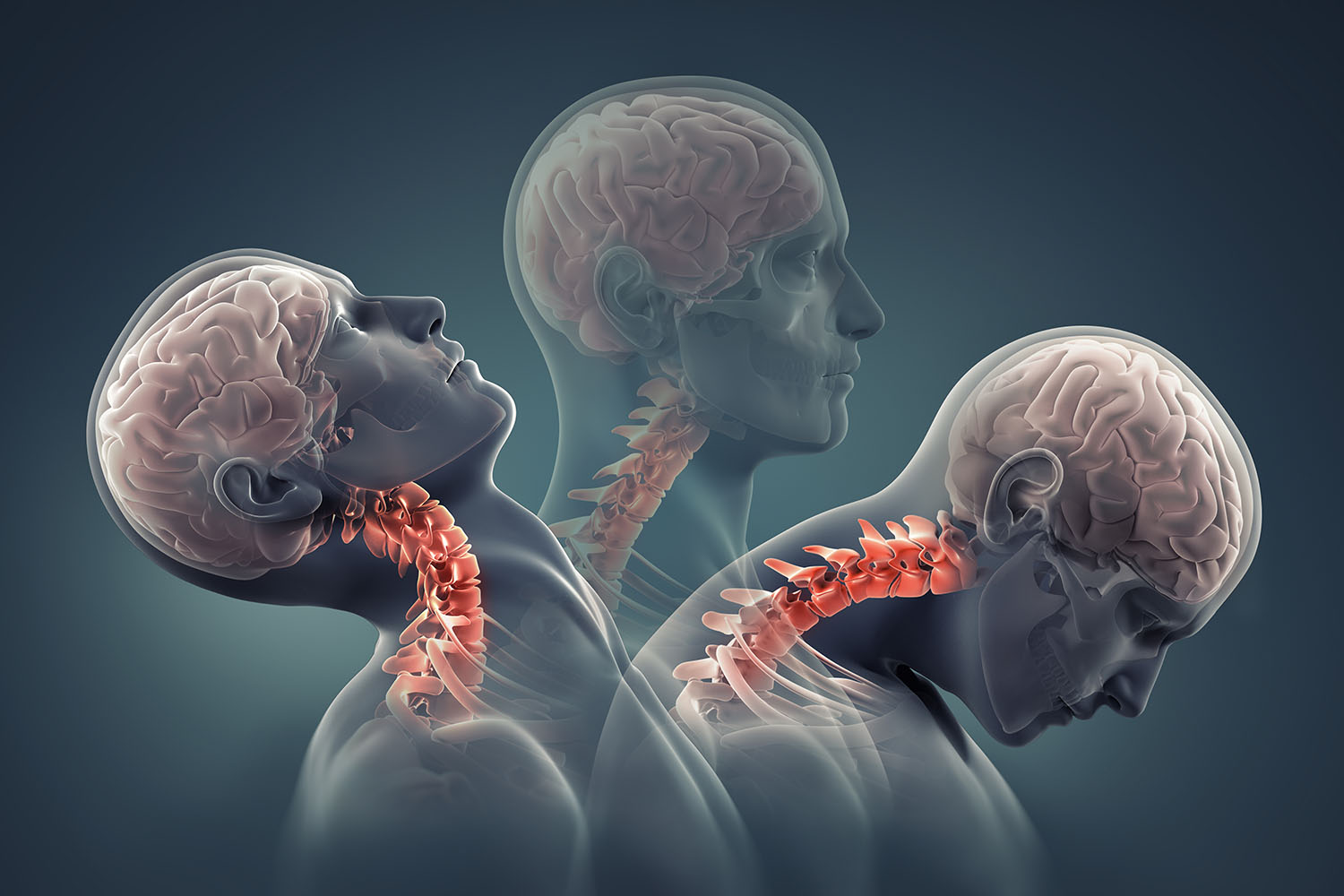
ACDF (Anterior Cervical Discectomy and Fusion) surgery is a common procedure used to alleviate neck and arm pain caused by conditions such as herniated discs, degenerative disc disease, or spinal stenosis. This surgical intervention aims to remove the damaged disc material and stabilize the affected vertebrae. In this article.
ACDF Surgery
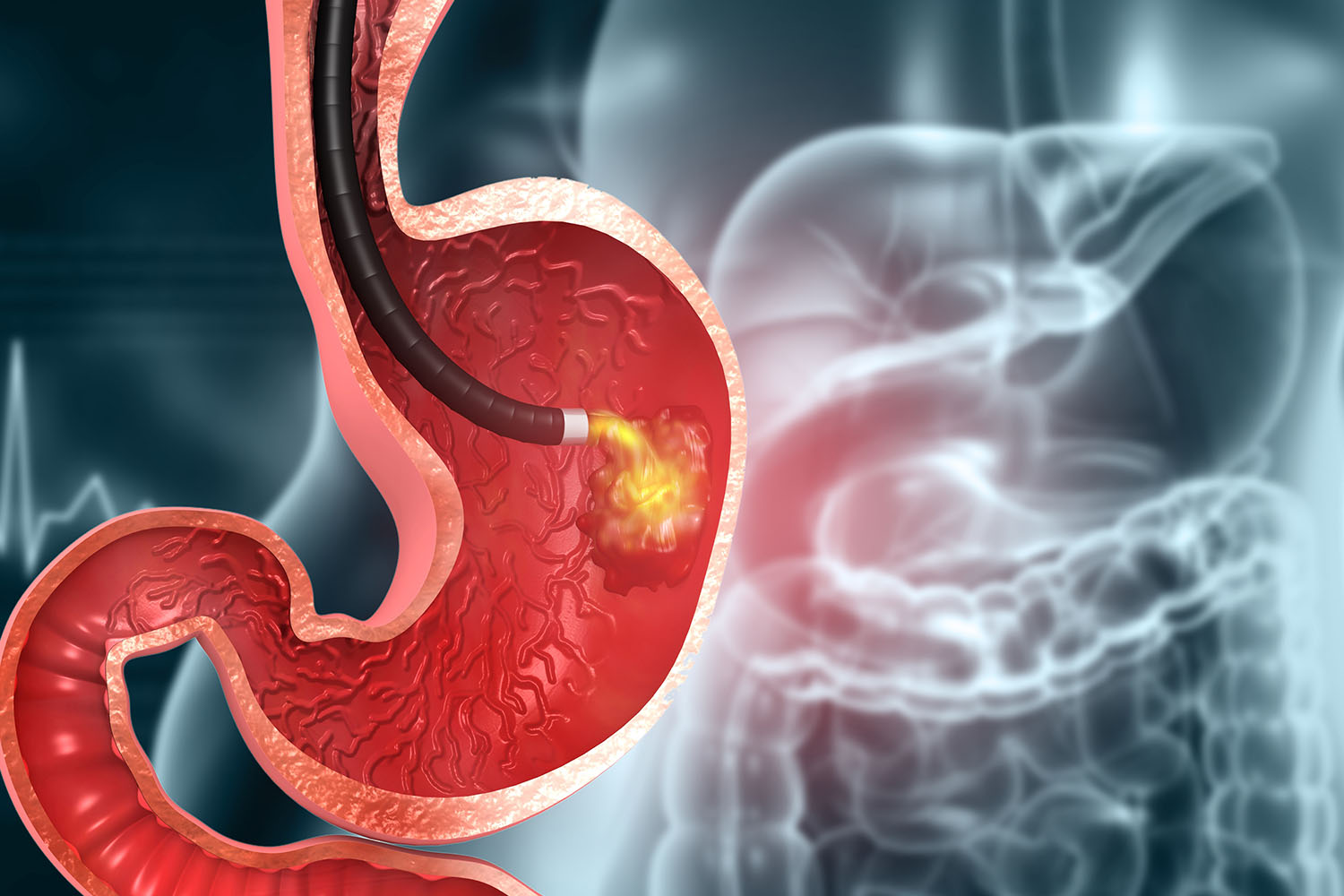
Gastritis, a condition characterized by inflammation of the stomach lining, can cause discomfort and disrupt daily life. Fortunately, numerous treatment options are available to alleviate symptoms and promote healing. In this article, we’ll explore evidence-based strategies for managing gastritis and restoring digestive health.
Gastritis Treatment
Neuropathic pain is a condition that affects millions of people worldwide, yet its intricacies often remain misunderstood. Unlike typical pain stemming from physical injury or inflammation, neuropathic pain arises from dysfunction or damage to the nervous system. This distinct nature makes it a challenging condition to diagnose and manage effectively.
Neuropathic Pain
Rotator cuff surgery stands as a beacon of hope for individuals grappling with debilitating shoulder pain and limited mobility. Whether caused by acute injury or chronic wear and tear, rotator cuff tears can significantly impair daily activities and diminish quality of life. In this exploration, we delve into the intricacies of rotator cuff surgery.
Rotator Cuff Surgery
What is a Pap smear? It’s a question that often arises among women, yet its significance in preventive healthcare cannot be overstated. A Pap smear, also known as a Pap test or cervical cytology, is a simple yet vital screening procedure aimed at detecting abnormalities in the cervix, particularly those that may indicate the presence of cervical cancer.
What is a Pap Smear
What is gastritis? It’s a question that often arises amidst the discomfort and uncertainty experienced by individuals grappling with this common gastrointestinal condition. Gastritis refers to inflammation of the stomach lining, a condition that affects millions of people worldwide. While often manageable, gastritis can cause significant discomfort.
What is Gastritis
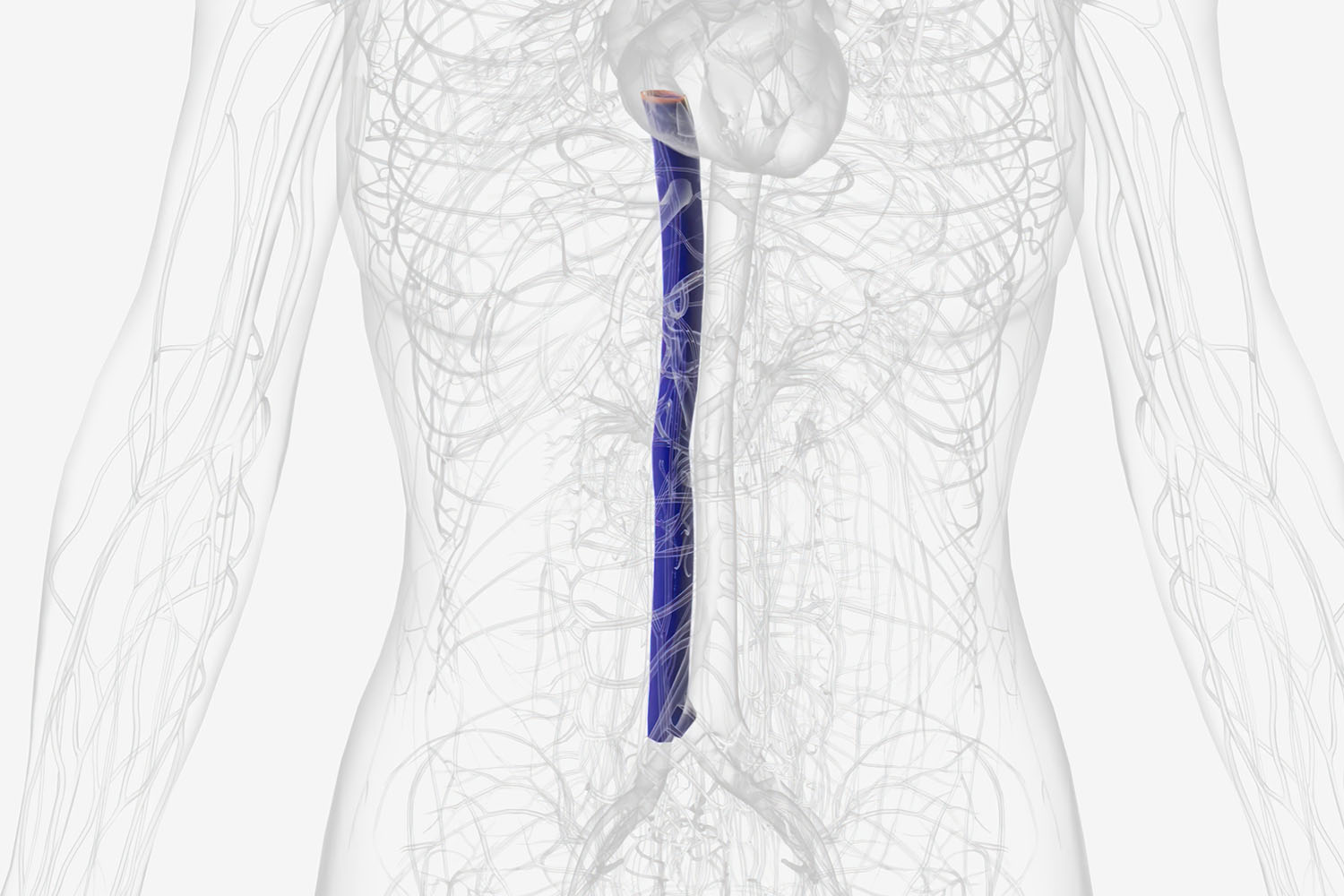
Inferior vena cava (IVC) filters are medical devices designed to prevent blood clots from reaching the lungs, where they can cause life-threatening complications such as pulmonary embolism. While IVC filters have been instrumental in reducing the risk of pulmonary embolism in certain patient populations, their use remains a topic of debate.
IVC filter
Nerve pain, clinically referred to as neuropathic pain, is a complex and often debilitating condition that affects millions of people worldwide. Unlike typical pain sensations, which arise from injuries or inflammation in tissues, nerve pain originates from dysfunction or damage to the nervous system itself. Delving into the realm of nerve pain.
Nerve Pain
Polyneuropathy stands as a complex neurological condition that affects countless individuals worldwide. This condition encompasses damage to multiple peripheral nerves, leading to a wide array of symptoms and challenges. From tingling and numbness to muscle weakness and pain, polyneuropathy can significantly impact an individual’s.
Polyneuropathy
What is a vasectomy? This question often triggers curiosity and even apprehension among those considering this contraceptive option. A vasectomy is a surgical procedure designed to provide permanent contraception for individuals seeking a reliable and long-term solution for family planning.
What is a Vasectomy
Appendix symptoms, particularly those associated with appendicitis, are a common cause of abdominal discomfort and require prompt attention to prevent serious complications. The appendix, a small pouch located in the lower right abdomen, may seem inconsequential, but when inflamed or infected, it can lead to severe pain and potentially.
Appendix Symptoms
For individuals living with end-stage renal disease (ESRD), vascular access for hemodialysis is a critical aspect of their ongoing care. Among the various options available, the creation of an arteriovenous (AV) fistula stands out as the gold standard due to its durability, lower risk of complications, and superior long-term outcomes.
AV Fistula
Bursitis in the hip is a common orthopedic condition that affects individuals of all ages, causing pain and discomfort in the hip joint. While often considered a localized issue, bursitis in the hip can have a significant impact on daily activities and quality of life. By delving into international research and clinical findings, we can gain a comprehensive.
Bursitis in Hip
Cervical lymph nodes are a crucial component of the body’s immune system, serving as sentinel stations that help detect and combat infections, inflammation, and other abnormalities in the head and neck region. These small, bean-shaped structures play a vital role in filtering lymphatic fluid and facilitating the body’s immune response.
Cervical Lymph Nodes
Discectomy, a surgical procedure aimed at treating spinal disc herniation, stands as a cornerstone in the management of debilitating back pain and neurological symptoms. This minimally invasive intervention has revolutionized the field of spine surgery, offering relief to countless individuals suffering from the effects of herniated discs.
Discectomy
Lobectomy, a surgical procedure involving the removal of a lobe of an organ, is a cornerstone of treatment for various medical conditions, particularly those affecting the lungs. This intricate surgical intervention has been the subject of extensive international research, highlighting its efficacy in addressing a range of pulmonary disorders.
Lobectomy
Otitis media with effusion (OME) is a prevalent condition affecting millions of individuals worldwide, particularly children. Characterized by the accumulation of fluid in the middle ear space without signs of acute infection, OME poses significant challenges in diagnosis and management. International research has contributed valuable.
Otitis Media with Effusion
Pacemaker surgery represents a groundbreaking medical intervention that has revolutionized the treatment of various cardiac conditions, offering hope and improved quality of life to millions of individuals worldwide. With advancements in technology and ongoing research efforts, pacemaker surgery continues to evolve, enhancing its efficacy.
Pacemaker Surgery
Parathyroidectomy– a surgical procedure aimed at removing one or more of the parathyroid glands– stands as a cornerstone in the management of hyperparathyroidism, a condition characterized by excessive secretion of parathyroid hormone (PTH). Through international research and clinical advancements, parathyroidectomy.
Parathyroidectomy
A partial hysterectomy, also known as a supracervical hysterectomy, is a surgical procedure that removes the upper part of the uterus, leaving the cervix intact. This surgery can be a viable treatment option for a variety of women’s health concerns. Let’s delve deeper into the world of partial hysterectomy, exploring its uses, benefits, and recovery process.
Partial Hysterectomy
Sleeve gastrectomy, also known as vertical sleeve gastrectomy (VSG), is rapidly becoming the most popular bariatric surgery procedure worldwide. This minimally invasive surgery offers a powerful option for individuals struggling with severe obesity and its associated health problems.
Sleeve Gastrectomy
Appendicitis surgery, a procedure aimed at removing the inflamed appendix, stands as a cornerstone in the management of this acute abdominal condition. Grounded in extensive international research, appendicitis surgery offers a swift and effective resolution to a potentially life-threatening medical emergency.
Appendicitis Surgery
The appendix, that little finger-shaped pouch dangling off your large intestine, might seem insignificant. But when it becomes inflamed, it can cause a big problem: appendicitis. This condition, characterized by severe abdominal pain, requires prompt medical attention and often leads to appendix surgery.
Appendix Surgery
Struggling with chronic sinusitis? The constant pressure, facial pain, and congestion can significantly impact your quality of life. Thankfully, advancements in medical technology offer minimally invasive solutions like balloon sinuplasty. Let’s explore what balloon sinuplasty is, how it works, and what international research.
Balloon Sinuplasty
Hip labral tear, a common yet often misunderstood injury, can significantly impact one’s quality of life and mobility. In recent years, extensive research has shed light on this condition, offering insights into its causes, symptoms, and effective treatment modalities. In this blog, we delve into the intricacies of hip labral tear.
Hip Labral Tear
The hip joint is a marvel of engineering, designed to provide stability, mobility, and support for the body’s weight. However, like any intricate mechanism, it is susceptible to injury and wear over time. One such common injury is the labrum tear hip, a condition that can cause significant pain and discomfort if left untreated.
Labrum Tear Hip
For women facing the need for a hysterectomy, the prospect of major surgery can be daunting. Thankfully, advancements in surgical techniques have led to the rise of laparoscopic hysterectomy, a minimally invasive option offering several advantages. Let’s delve into the details of laparoscopic hysterectomy, exploring its benefits.
Laparoscopic Hysterectomy
The knee joint, a marvel of engineering, allows us to walk, run, and jump. But sandwiched between the shinbone and thighbone lies a hidden hero: the meniscus. These two wedge-shaped pieces of cartilage act as shock absorbers, keeping our bones cushioned and our movements smooth. Unfortunately, a sudden twist
Meniscal Tear
Our hearts, the tireless engines of our existence, rely on a precise electrical rhythm to function effectively. Sometimes, this rhythm falters, leading to irregular heartbeats or bradycardia (slow heart rate). In such scenarios, a technological marvel called a pacemaker steps in, acting as a dependable pacemaker of the heart.
Pacemaker of the Heart
Chronic pain can be debilitating, significantly impacting your daily life. If you’ve exhausted conservative treatment options for pain, a rhizotomy might be a potential solution. This minimally invasive procedure targets specific nerves to offer targeted pain relief. Let’s delve into the world of rhizotomy, exploring.
Rhizotomy
We all know the importance of brushing our teeth twice a day and flossing regularly. But even the most diligent brushers can miss hidden crevices, and plaque can stubbornly build up. That’s where professional teeth cleaning comes in, offering a powerful boost to your oral health routine.
Teeth Cleaning
Missing teeth can significantly impact your life, affecting not only your smile but also your ability to chew and speak comfortably. Thankfully, modern dentistry offers a revolutionary solution: teeth implants. Let’s delve into the world of teeth implants, exploring their benefits, how they work, and what international research.
Teeth Implants
Prostate cancer is one of the most common cancers affecting men globally. Early detection is crucial for successful treatment, and a prostate biopsy plays a vital role in this process. This blog dives into prostate biopsy, explaining what it entails, why it’s done, and what international research tells us about its effectiveness.
Prostate Biopsy
Angio, short for angiography, is a vital diagnostic tool that allows doctors to peer into the inner workings of your vascular system. Imagine a high-tech roadmap for your blood flow, revealing blockages, abnormalities, and potential issues before they become major problems. This blog dives into the world of angio.
Angio
Liposuction, also sometimes referred to as lipoplasty or simply “lipo,” is a cosmetic surgery procedure that removes unwanted fat deposits from specific areas of the body. It’s not a magic bullet for weight loss, but rather a tool for body contouring and reshaping stubborn pockets of fat that don’t respond well to diet and exercise.
What is Liposuction
An EMG is a diagnostic test that evaluates the health and function of your skeletal muscles and the nerves that control them. Our bodies rely on intricate communication between the brain, spinal cord (central nervous system), nerves, and muscles for every movement. Motor nerves transmit electrical signals.
What is an EMG
Echocardiography, commonly known as an echocardiogram, is a crucial diagnostic tool in cardiology that uses ultrasound waves to create images of the heart. This non-invasive test allows healthcare professionals to visualize the heart’s structure, assess its function, and identify various cardiac conditions. Over the years, extensive international.
Echocardiogram
An angiogram, also known as an angiography, is a medical imaging technique used to visualize the inside of blood vessels and organs of the body, particularly the arteries, veins, and the heart chambers. This procedure plays a crucial role in diagnosing and managing cardiovascular diseases, which remain a leading cause of morbidity.
Angiogram
Hives, also known as urticaria, are a common skin condition characterized by red, itchy welts that can appear anywhere on the body. These welts can vary in size and may merge to form larger areas of raised skin. Hives on skin can be triggered by a variety of factors, ranging from allergies to environmental stimuli. This blog explores the causes.
Hives on skin
The human heart is a marvel of biological engineering, a powerful organ that tirelessly pumps blood throughout the body, sustaining life. Understanding heart anatomy is crucial for appreciating how this vital organ functions and for advancing medical research and treatment. This blog delves into the intricate details of heart anatomy.
Heart Anatomy
Septoplasty is a surgical procedure aimed at correcting a deviated nasal septum, which can cause significant breathing difficulties and other nasal issues. This condition occurs when the thin wall (nasal septum) between your nasal passages is displaced to one side, which can block one or both nasal passages. This blockage can reduce.
Septoplasty
Gastric bypass surgery, a form of bariatric surgery, has become a significant medical procedure in the global fight against obesity. By creating a smaller stomach pouch and rerouting the small intestine, this surgery not only limits food intake but also reduces calorie absorption. As obesity rates continue to rise worldwide, understanding.
Gastric Bypass
The human heart is a marvel of biological engineering, a powerful organ that tirelessly pumps blood throughout the body, sustaining life. Understanding heart anatomy is crucial for appreciating how this vital organ functions and for advancing medical research and treatment. This blog delves into the intricate details of heart anatomy.
Angiography
In the realm of modern dentistry, “implants dental” have revolutionized the way we approach tooth replacement. These advanced dental solutions offer unparalleled benefits over traditional dentures and bridges, providing both aesthetic and functional improvements. This blog delves into the intricacies of dental implants, backed by international.
Implants Dental
Heart ablation, a medical procedure aimed at correcting irregular heartbeats, has garnered significant attention worldwide due to its effectiveness and advancements. This procedure involves using heat or cold energy to create tiny scars in the heart tissue, which help block abnormal electrical signals and restore normal heart rhythm.
Heart Ablation
Tooth implants have revolutionized the field of dentistry, offering a durable and aesthetically pleasing solution for those with missing teeth. This modern marvel not only restores the functionality of natural teeth but also enhances the confidence of countless individuals worldwide. As we delve into the intricacies of tooth implants, let’s explore.
Tooth Implant
The ear, a remarkable organ responsible for our sense of hearing and balance, is an intricate system that works seamlessly to convert sound waves into signals our brain can understand. By delving into the parts of the ear, we can appreciate the complexity and efficiency of this vital sensory organ. International research has continually.
Parts of the Ear
Dental caries, commonly known as tooth decay or cavities, remains one of the most prevalent chronic diseases worldwide. Despite advances in dental health awareness and technology, dental caries continues to affect individuals of all ages, posing significant public health challenges. This blog explores the causes, prevention.
Dental Caries
Tooth filling is a common dental procedure that many people will undergo at some point in their lives. This process involves restoring the function and integrity of a tooth damaged by decay or wear. Thanks to advancements in dental technology and international research, the materials and techniques used in tooth filling have significantly.
Tooth filling
Gastritis, an inflammation of the stomach lining, is a common condition that affects millions worldwide. This condition can be acute or chronic and can result from various factors including infection, stress, excessive alcohol consumption, and prolonged use of nonsteroidal anti-inflammatory drugs (NSAIDs). Effective gastritis treatments.
Gastritis Treatments
Gastritis, an inflammation of the stomach lining, is a common gastrointestinal issue that affects millions of people worldwide. This condition can be acute, occurring suddenly, or chronic, developing gradually over time. Understanding the symptoms of gastritis is crucial for early diagnosis and effective treatment. This blog delves into the various.
Symptoms of Gastritis
The human eye is an intricate organ, where every component plays a crucial role in the gift of sight. Among these, the cornea, the clear, dome-shaped surface that covers the front of the eye, stands as a vital element. It not only protects the eye but also helps focus light for clear vision. When the cornea is damaged by injury, infection.
Cornea Transplant
Implant teeth have revolutionized dental care, providing a permanent solution to tooth loss that not only restores functionality but also enhances aesthetic appeal. This innovative dental procedure has gained popularity worldwide, thanks to extensive research and advancements in technology. This blog delves into the intricacies of implant.
Implant Teeth
An echocardiogram, often referred to simply as an “echo,” is a crucial diagnostic tool in cardiology. It uses ultrasound waves to create detailed images of the heart, allowing healthcare professionals to observe its structure and function. Understanding what an echocardiogram shows can provide invaluable insights into heart health.
What does an Echocardiogram show
Medical imaging has revolutionized the way we diagnose and treat various conditions, with angiograms being a pivotal tool in the realm of cardiovascular care. So, what is an angiogram? This sophisticated diagnostic procedure allows doctors to visualize the inside of blood vessels and organs, providing critical insights into vascular health.
What is an Angiogram
Anterior Cervical Discectomy and Fusion (ACDF) is a well-established surgical procedure designed to alleviate neck pain and neurological symptoms caused by spinal cord or nerve root compression in the cervical spine. This blog delves into the specifics of ACDF, its indications, procedure, recovery, and outcomes, backed by research and clinical facts.
ACDF
The phrase “Where is the Heart” might seem straightforward at first glance, but it opens up a fascinating exploration into one of the most essential organs in the human body. The heart, often romanticized in literature and art as the seat of emotions, is actually a muscular organ critical for sustaining life by pumping blood throughout.
Where is the Heart
Positron emission tomography, commonly abbreviated as PET, is a powerful and sophisticated imaging technique used in the fields of medical diagnostics and research. The name itself reveals much about the process: positrons are the positively charged counterparts of electrons, and tomography refers to imaging by sections.
PET Full Form
Proctoscopy is a medical procedure essential for diagnosing and managing various conditions affecting the rectum and lower part of the colon. Despite its clinical significance, the term and its applications are often misunderstood or unknown to the general public. This blog aims to demystify proctoscopy, delving into its full form, recent research.
Proctoscopy
The human foot is a marvel of engineering, a complex structure that provides support, balance, and mobility. Whether you’re walking, running, or simply standing, the various parts of the foot work in harmony to facilitate these activities. Let’s delve into the anatomy of the foot, exploring its major components and their functions.
Parts of the Foot
The human heart is more than just an organ; it’s a symbol of life, emotion, and resilience. Often romanticized in literature and art, the real heart is a biological powerhouse, tirelessly working to keep us alive. This blog explores the incredible intricacies and functions of the real heart, shedding light on its essential role in our health and well-being.
Real Heart
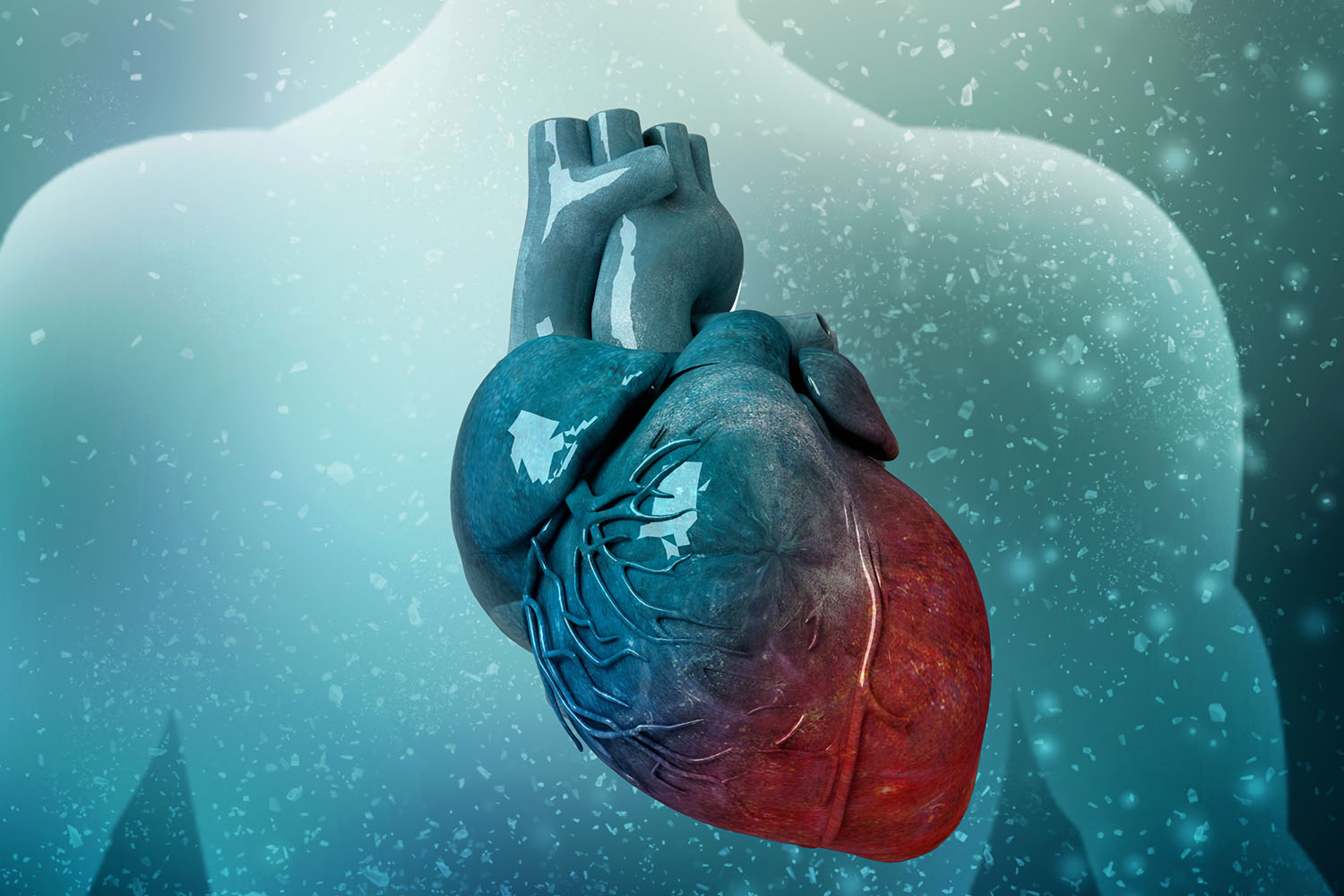
The human heart is a symbol of life and vitality, an organ whose steady rhythm is a testament to our existence. Understanding its intricacies has been a quest for scientists and medical professionals for centuries. With advancements in medical imaging technologies, human heart images have become invaluable tools for diagnosis.
Human Heart Images
The human hand is a marvel of anatomical engineering, showcasing the evolution of complex motor skills and dexterity that enable us to interact with our environment in intricate ways. The various parts of hand work in concert to provide us with the ability to perform a wide range of tasks, from the delicate art of threading.
Parts of Hand
The real human heart is an extraordinary organ, tirelessly working every moment of our lives to sustain us. Despite its relatively small size—about the size of a clenched fist—the heart’s significance is monumental. It is the central component of the cardiovascular system, pumping blood throughout the body, delivering oxygen and nutrients to tissues.
Real Human Heart
The human hand is a marvel of engineering and design, allowing for a wide range of motions and functions. From gripping and holding to intricate manipulations, the hand’s complex structure is essential to everyday life. In this blog, we’ll delve into the different hand parts name and their functions, providing a comprehensive understanding.
Hand Parts Name
Hand fractures are a common injury, often resulting from falls, sports, or accidents. They can significantly impact one’s ability to perform everyday tasks. This blog aims to provide an in-depth understanding of hand fractures, their causes, symptoms, treatment options, and the importance of accurate diagnosis using a hand fracture pic.
Hand Fracture Pic
When considering the marvels of human anatomy, the largest muscle in the human body often piques curiosity. The gluteus maximus, commonly known as the glutes, is not just significant in size but also plays a crucial role in various bodily functions. This blog delves into the anatomy, functions, and importance of the gluteus maximus.
Largest muscle in Human Body
The human body is an intricate masterpiece of biological engineering, comprising numerous organs and systems that work harmoniously to sustain life. Understanding the names and functions of inside body parts not only enhances our knowledge but also fosters a deeper appreciation for the marvels within us. In this blog, we will delve.
Inside Body Parts Name
The human heart is one of the most vital organs, central to our circulatory system and overall health. Yet, a common question that often arises is, “Which side is the heart on?” This seemingly simple query invites a deeper exploration of human anatomy and a review of international research on the subject.
Which side is the Heart on
Arthrodesis, commonly known as joint fusion, is a surgical procedure aimed at fusing two or more bones in a joint to form a single, continuous bone. This procedure is primarily performed to relieve pain in a joint that cannot be managed through other treatments, such as medication, physical therapy, or less invasive surgeries.
Arthrodesis
Pregnancy and childbirth are profound experiences that significantly impact the lives of expecting parents. Over the years, the advent of technology has revolutionized the way we understand and prepare for these events. One such technological marvel is the pregnant delivery video, a tool that has garnered attention from medical professionals.
Pregnant Delivery Video
When we think about the human skeletal system, our minds often jump to the more prominent bones: the skull, spine, or femur. However, the smaller, less talked-about bones, such as the phalanges, play an equally crucial role in our daily lives. The phalanges, the bones in our fingers and toes, are essential for tasks requiring dexterity and balance.
Phalanges
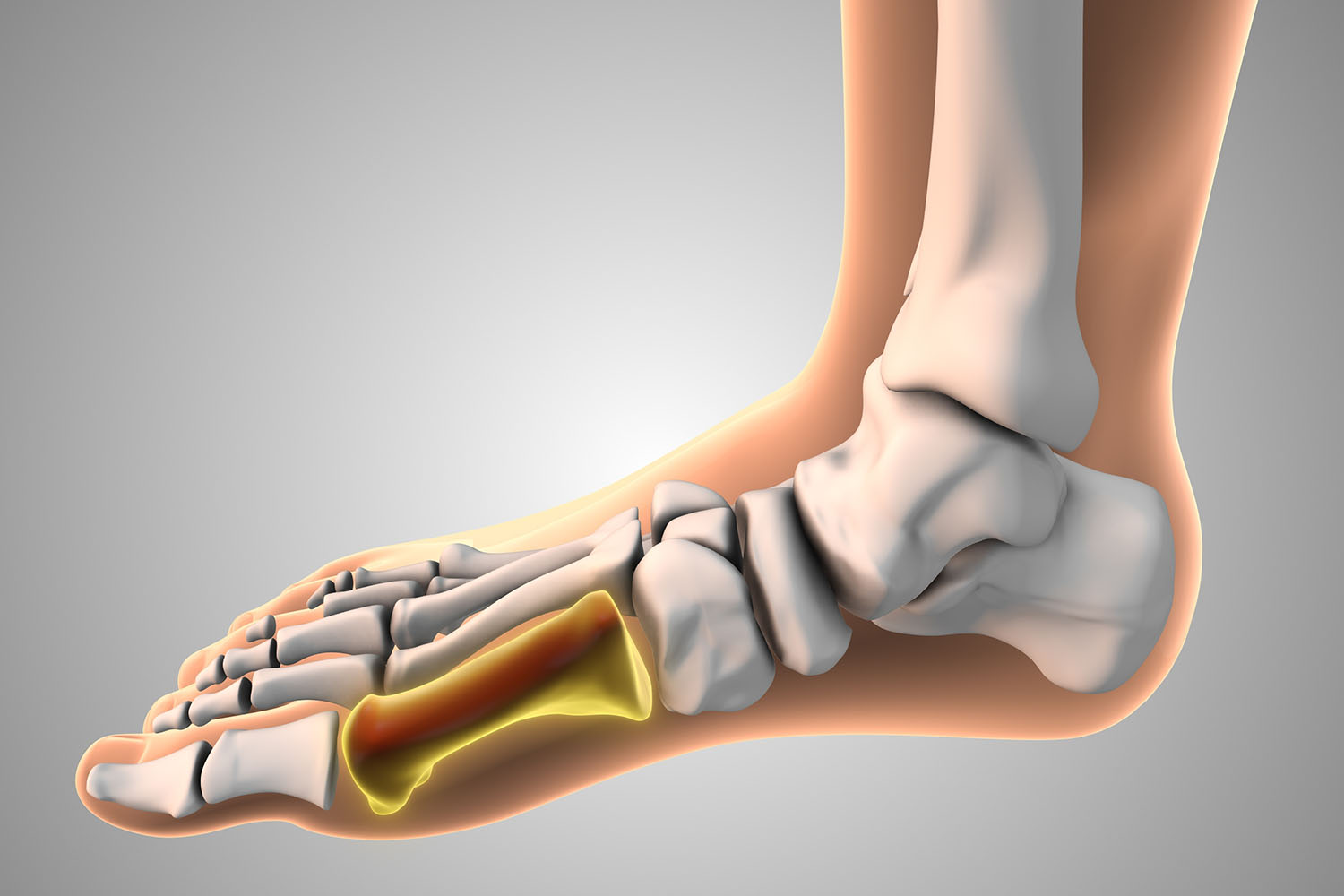
When we think of our bodies, the foot is often overlooked, despite its crucial role in our daily activities. It’s a marvel of engineering, comprising numerous parts that work in unison to provide support, balance, and mobility. To appreciate the complexity and functionality of the foot, let’s delve into the foot parts name, exploring the anatomy.
Foot Parts Name
The human feet are a complex structure composed of numerous bones, muscles, tendons, and ligaments that work together to provide support, balance, and mobility. Understanding the different feet parts names and their functions can offer insight into how our feet carry us through life’s journey. Let’s delve into the anatomy of the feet and explore.
Feet Parts Name
Cataracts, the clouding of the eye’s natural lens, have long been a leading cause of vision impairment and blindness globally. In the realm of ophthalmology, phacoemulsification has emerged as a groundbreaking technique, revolutionizing cataract surgery and restoring vision to millions. This blog delves into the intricacies of phacoemulsification.
Phacoemulsification
In recent years, the phenomenon of the “baby born video” has captivated audiences worldwide. These videos, capturing the miraculous moment of birth, have become a staple on social media platforms, attracting millions of views and sparking significant conversation. But beyond the awe and emotional responses they evoke, what does international.
Baby Born Video
Cataracts, a leading cause of blindness worldwide, affect millions of people, particularly the elderly. This condition, characterized by the clouding of the eye’s natural lens, significantly impairs vision and quality of life. Over the years, cataract surgery has undergone significant advancements, with phacoemulsification, commonly known as phaco.
Phaco
The human digestive system is a complex network designed to break down food into essential nutrients. Among its many parts, the antrum of the stomach plays a pivotal role, yet it often receives less attention than it deserves. This blog delves into the antrum of the stomach, highlighting its structure, function, and significance in maintaining
Antrum of Stomach
Gallbladder stones, or gallstones, are solid particles that form in the gallbladder, a small organ beneath the liver that stores bile. These stones can vary in size from as small as a grain of sand to as large as a golf ball. While many people with gallstones experience no symptoms, others may suffer from severe pain and complications. One common
Which size of Gallbladder Stone is dangerous
Kidney stones are a prevalent and painful condition that affects millions of people worldwide. Understanding the formation, symptoms, and treatment options for kidney stones is crucial for effective management. In this blog, we delve into the facts and research surrounding kidney stones, providing visual insights through kidney stones pictures
kidney stones pictures
When we think about the human nose, we often consider its roles in breathing and olfaction. However, understanding the intricate structure of the nose requires a deep dive into anatomical studies, often illustrated through detailed nose diagrams. These diagrams are indispensable tools in medical education, surgery, and research
Nose diagram
Conjunctivitis, commonly known as pink eye, is an inflammation of the conjunctiva, the transparent membrane that lines your eyelid and covers the white part of your eyeball. This condition can cause redness, itching, and tearing in the eyes, and is highly contagious. Understanding conjunctivitis precautions is essential to prevent its spread and ensure quick recovery.
Conjunctivitis Precautions
Language is a rich and dynamic entity that reflects the culture and history of a people. In Tamil, a language spoken by millions in India, Sri Lanka, and across the world, the word “swallow” holds significant meaning. This blog explores the meaning of “swallow” in Tamil, delving into its linguistic roots, cultural significance, and the scientific understanding of swallows as birds.
Swallow meaning in tamil
Toes and fingers are essential components of human anatomy, playing crucial roles in mobility, dexterity, and daily activities. While fingers are often named (thumb, index, middle, ring, and pinky), toes also have informal names in various cultures. This blog will delve into the names of toes and fingers, their anatomical significance, and international research on this topic.
Toes fingers name
Cervical exercise, a regimen designed to strengthen and maintain the muscles of the neck, has garnered significant attention in recent years. With increasing screen time, sedentary lifestyles, and the prevalence of poor posture, the health of our cervical spine is more important than ever. This blog will explore the benefits of cervical exercise, backed by international research and expert recommendations.
Cervical Exercise
Understanding the foot bone anatomy is crucial for anyone interested in human biology, sports medicine, or podiatry. The foot is a complex structure composed of bones, joints, muscles, and ligaments, all working together to provide support, balance, and mobility. This blog will delve into the intricacies of foot bone anatomy, backed by international research, to provide a detailed overview of this fascinating topic.
Foot Bone Anatomy
In the realm of medical diagnostics, few technologies have had as profound an impact as the ECHO. But what exactly does “ECHO” stand for? The full form of ECHO is “Echocardiography,” a non-invasive diagnostic procedure that uses ultrasound waves to create images of the heart. This technology has revolutionized the way cardiologists diagnose and manage heart conditions, making it an indispensable tool in modern medicine.
Echo full form
Fetal echocardiography, commonly known as fetal echo, is a specialized ultrasound technique used to evaluate the heart of an unborn baby. This non-invasive procedure plays a crucial role in prenatal care, allowing healthcare professionals to detect congenital heart defects (CHDs) and other cardiac abnormalities early in pregnancy. Understanding fetal echo, its significance, and the international research supporting its use is vital for expectant parents and medical practitioners alike.
Fetal Echo
In the quest for innovative solutions to heart disease, Transmyocardial Revascularization (TMR) has emerged as a groundbreaking procedure. TMR, a surgical technique designed to improve blood flow to the heart, offers hope to patients who have not found relief through traditional treatments. This blog delves into the details of TMR, examining its development, benefits, and the international research backing its efficacy.
Transmyocardial Revascularization (TMR)
In the realm of family planning, vasectomy and tubectomy stand out as highly effective, permanent solutions for contraception. These surgical procedures are designed to prevent pregnancy by altering the reproductive systems of men and women, respectively. As the demand for reliable and long-term birth control methods grows, understanding the intricacies of vasectomy and tubectomy, backed by international research and factual data, becomes crucial for informed decision-making.
Vasectomy and Tubectomy
Conjunctivitis, commonly known as pink eye, is a widespread and highly contagious eye infection that affects millions worldwide. This condition can be caused by viruses, bacteria, allergens, or irritants, leading to inflammation of the conjunctiva—the thin, transparent layer covering the white part of the eye and the inner surface of the eyelids. Understanding how to prevent conjunctivitis is essential for maintaining eye health and preventing the spread of this uncomfortable ailment.
Conjunctivitis Prevention
The human nervous system is an intricate network that processes a myriad of sensory inputs from our environment. One crucial component of this system is the dorsal root ganglion (DRG), a cluster of nerve cell bodies (neurons) in the dorsal root of the spinal nerve. Located in the vertebral column, the DRG plays a pivotal role in transmitting sensory information from the periphery to the central nervous system.
Dorsal Root Ganglion
In the realm of medical advancements, allografts have emerged as a beacon of hope for patients requiring tissue transplants. Derived from a donor of the same species, allografts have revolutionized the treatment of a variety of conditions, providing new opportunities for healing and recovery. This blog delves into the concept of allografts, their applications, benefits, and the latest international research that underscores their significance in modern medicine.
Allograft
Prenatal care has advanced significantly over the years, allowing for better monitoring and early detection of potential health issues in unborn babies. One of the critical diagnostic tools in this regard is the fetal echo test. This sophisticated ultrasound examination focuses on the fetal heart, offering invaluable insights into its structure and function.
Fetal Echo Test
When discussing spinal anatomy and various medical procedures involving the spine, the term “pedicle” frequently arises. The pedicle is a small but significant structure, playing an essential role in both the stability and function of the vertebral column. This blog explores the anatomy, function, and clinical significance of the pedicle, drawing on international research to highlight its importance in spinal health and surgery.
Pedicle
The human body is a marvel of engineering, with various joints playing crucial roles in our mobility and overall function. Among these, the syndesmosis joint, though less commonly discussed, is vital for stability and movement. In this blog, we’ll explore the anatomy, function, and significance of the syndesmosis, backed by international research and factual insights.
Syndesmosis
Proctoscope use is a critical component in the field of gastroenterology, allowing healthcare professionals to diagnose and manage a variety of anorectal conditions. This device, a short, rigid tube equipped with a light source, offers direct visualization of the rectum and anal canal, making it an invaluable tool for both diagnosis and therapeutic interventions.
Proctoscope Use
Appendicitis is a medical emergency that demands prompt attention. It occurs when the appendix, a small tube attached to the large intestine, becomes inflamed and filled with pus. Without timely intervention, it can lead to serious complications. Understanding the 4 stages of appendicitis can help in early detection and treatment, potentially saving lives.
4 stages of appendicitis
Tooth cavities, also known as dental caries or tooth decay, are one of the most prevalent dental issues worldwide. They result from the demineralization of the tooth enamel caused by acids produced by bacteria in the mouth. Viewing tooth cavity images can provide valuable insight into the severity and progression of dental caries, aiding in better diagnosis and treatment.
Tooth Cavity Images
The radius bone, one of the two primary bones in the forearm, plays a crucial role in the functionality and movement of the arm. Located on the lateral side of the forearm, extending from the elbow to the wrist, the radius is pivotal in enabling complex motions such as rotation, lifting, and bending. This blog delves into the intricate details of radius bone anatomy, its functions, and its clinical significance, drawing on international research to provide a comprehensive overview.
Radius Bone Anatomy
Cesarean delivery, commonly known as C-section, is a surgical procedure used to deliver a baby through incisions in the abdomen and uterus. While natural birth is often the goal, cesarean deliveries are sometimes necessary to ensure the safety of both mother and child. The rise of educational resources like the “Cesarean Delivery Video” has become an invaluable tool for expectant parents, medical students, and healthcare professionals to understand this intricate procedure.
Cesarean Delivery Video
Expecting a baby is a joyous occasion, filled with anticipation and excitement. Among the many prenatal tests and scans, one crucial diagnostic tool that stands out is the Fetal Echo Scan. This specialized ultrasound test plays a vital role in assessing the heart health of the unborn baby, ensuring timely detection and management of potential congenital heart defects. In this blog, we will delve into the significance of Fetal Echo Scans, supported by international research and facts.
Fetal Echo Scan
Composite fillings have revolutionized dental care, providing patients with a durable and aesthetically pleasing solution for tooth decay and damage. This blog explores the facts and international research surrounding composite fillings, offering insights into why they have become a preferred choice for dentists and patients alike.
Composite Filling
High Tibial Osteotomy (HTO) is a surgical procedure aimed at alleviating pain and improving function in patients with knee osteoarthritis, particularly those with medial compartment osteoarthritis. This blog delves into the intricacies of HTO, supported by international research and clinical facts.
High Tibial Osteotomy
The human heart is not just a vital organ but also a symbol of life and emotion. Understanding its structure and function has been a central focus of medical research for centuries. Modern imaging technologies have provided an incredible picture of the heart in the human body, revealing its intricate details and offering insights that were once unimaginable.
Picture of heart in human body
An angiogram is a crucial diagnostic procedure that helps doctors visualize the blood vessels and assess various cardiovascular conditions. While the benefits of an angiogram are well-documented, patients often express concerns about the potential risks, including the angiogram risk of death. This blog aims to provide a balanced view of these risks, supported by international research and factual data.
Angiogram risk of Death
Understanding the heart’s intricate workings is crucial for diagnosing and treating various cardiovascular conditions. The field of cardiac imaging has evolved significantly, providing us with clear, detailed heart images in the human body, allowing for precise analysis and intervention.
Heart images in Human Body
Lumbar spondylosis is a common degenerative condition affecting the lower spine, characterized by the wear and tear of the intervertebral discs and the formation of bone spurs. This condition can lead to pain, stiffness, and reduced mobility. Effective management and treatment are crucial to improving the quality of life for those affected. In this blog, we will explore various lumbar spondylosis treatments based on international research and clinical guidelines.
Lumbar Spondylosis Treatment
When we think about our muscles, our minds often jump to the more prominent ones like those in our arms, legs, and core. However, the foot muscles are an incredibly intricate and vital part of our anatomy, playing a crucial role in balance, movement, and overall foot health. In this blog, we’ll delve into the fascinating world of foot muscles, exploring their structure, function, and the latest international research on this essential topic.
Foot Muscles
Finger Picture, commonly known as fingerprinting, is not only a cornerstone of forensic science but also a fascinating subject of international research and innovation. This unique method of identification has evolved from its humble beginnings to a sophisticated tool used worldwide for various applications, ranging from security to personal identification.
Finger Picture
Gallbladder stones, or gallstones, are hardened deposits of digestive fluid that can form in your gallbladder, a small organ under your liver. These stones can range from the size of a grain of sand to that of a golf ball. When gallstones cause pain or other complications, gallbladder stone removal surgery often becomes necessary.
Gallbladder Stone Removal Surgery
Transforaminal Lumbar Interbody Fusion (TLIF) surgery is a widely recognized procedure aimed at treating various spinal conditions, particularly those involving the lower back. This surgical technique has garnered attention for its effectiveness in alleviating pain and improving patients’ quality of life. In this blog, we’ll delve into the details of TLIF surgery.
TLIF Surgery
Chronic kidney disease (CKD) is a growing global health concern, affecting millions of people worldwide. As the disease progresses to end-stage renal disease (ESRD), patients often require dialysis to sustain life. One of the most effective and preferred methods for long-term hemodialysis access is the arteriovenous (AV) fistula.
AV Fistula for Dialysis
Triple fusion is a pivotal event in the reproductive cycle of flowering plants, contributing to the formation of the endosperm, which nourishes the developing embryo. This intricate process is a fascinating example of nature’s complexity and efficiency. By delving into the scientific mechanisms and recent international research, we can better understand the significance of triple fusion in plant biology.
Triple Fusion
Hypertension, commonly known as high blood pressure, is a significant health concern worldwide. This condition, often dubbed the “silent killer,” affects millions of individuals and contributes to severe health complications like heart disease, stroke, and kidney failure. The use of hypertension images in understanding and diagnosing this condition has become increasingly important in both clinical and public health settings.
Hypertension Images
In the rapidly evolving field of medical technology, the term “implant” has gained significant prominence. However, beyond the basic understanding of a device or tissue inserted into the body, the concept of “Implant Meaning” delves deeper into the multifaceted implications, applications, and advancements associated with implants.
Implant Meaning
Hand fractures are a common injury that can significantly impact daily life. A hand fracture photo can reveal the extent of the injury, highlighting the importance of prompt diagnosis and treatment. This blog delves into the various aspects of hand fractures, backed by international research and factual data, to provide a thorough understanding of this condition.
Hand Fracture Photo
X-rays, discovered by Wilhelm Conrad Roentgen in 1895, have revolutionized numerous fields, particularly in medicine and technology. Their ability to penetrate various materials, including human tissue, has paved the way for significant advancements and applications. This blog explores the diverse and impactful applications of X-rays, supported by international research and factual data.
Application of X Ray
The word “Anatomy” derives from the Greek word “anatome,” meaning “dissection.” Anatomy is a branch of biology concerned with the study of the structure of organisms and their parts. It is a fundamental science that underpins our understanding of the human body and how it functions. In Tamil, Anatomy is referred to as “அகப்படையியல்” (Akapadaiyiyal), which encapsulates the study of the human body and its intricate systems.
Anatomy Meaning in Tamil
The heart is a remarkable organ, tirelessly pumping blood throughout our bodies to sustain life. However, when it fails to maintain a proper rhythm, a pacemaker can be a lifesaver. Understanding the pacemaker of heart price involves exploring both the medical marvel itself and the financial considerations that come with it.
Pacemaker of Heart Price
The spinal cord is a vital component of the central nervous system, playing a critical role in transmitting signals between the brain and the rest of the body. To understand its significance, let’s delve into the details of how the spinal cord originates from embryonic development and its functions as unveiled by international research.
Spinal Cord Originates From
When discussing the human skeletal system, one can’t help but marvel at its complexity and functionality. Among the 206 bones that make up this framework, one stands out not only for its size but also for its critical role in mobility and support: the femur, commonly known as the thigh bone. The femur is the biggest bone in the human body, and its significance extends beyond its sheer size.
Biggest Bone in Human Body
In the digital age, visual content has become an essential tool for education and awareness, especially in the realm of childbirth. The term “Normal Delivery Video Real Life” refers to unedited, real-time footage of vaginal births, showcasing the raw, unfiltered experience of childbirth. These videos are increasingly popular among expectant parents, healthcare professionals, and researchers. This blog explores the significance of Normal Delivery Video Real Life, supported by international research and factual data.
Normal Delivery Video Real Life
Circumcision, a surgical procedure that removes the foreskin of the penis, is a topic of considerable medical, cultural, and ethical debate worldwide. Educational materials, including circumcision videos, play a crucial role in informing parents, healthcare providers, and individuals considering the procedure. This blog explores the facts surrounding circumcision, supported by international research, and highlights the importance of reliable circumcision videos in making informed decisions.
Circumcision Video
In recent years, advancements in medical science have provided hope to countless couples struggling with infertility. One of the most remarkable breakthroughs in this domain is In Vitro Fertilization (IVF). To help you better understand this complex process, we’ve created an IVF Treatment Video that delves into each step of the journey, backed by international research and expert insights.
IVF Treatment Video
Bypass surgery, often referred to as coronary artery bypass grafting (CABG), is a crucial procedure for patients suffering from severe coronary artery disease. This surgery involves rerouting blood around clogged arteries to improve blood flow and oxygen to the heart. As medical advancements continue, the role of educational tools like bypass surgery videos has become increasingly significant in both patient education and professional training.
Bypass Surgery Video
Hysteroscopic Polypectomy is a minimally invasive surgical procedure used to remove polyps from the uterine cavity. Uterine polyps, also known as endometrial polyps, are growths attached to the inner wall of the uterus that extend into the uterine cavity. These polyps are typically benign (non-cancerous), but in some cases, they can cause symptoms such as irregular menstrual bleeding, infertility, and recurrent miscarriages. This blog explores the details of Hysteroscopic Polypectomy, its benefits, and insights from international research.
Hysteroscopic Polypectomy
Carotid artery disease, a leading cause of stroke, has prompted extensive research and the development of advanced medical procedures to prevent such debilitating events. Among these procedures, Carotid Artery Revascularization stands out as a critical intervention for restoring proper blood flow to the brain. This blog delves into the significance, methods, and global research on Carotid Artery Revascularization.
Carotid Artery Revascularization
A subtrochanteric fracture refers to a break in the femur (thigh bone) just below the lesser and greater trochanters, which are bony prominences near the hip joint. This type of fracture is significant due to its location and the high stress placed on this part of the femur. Understanding the causes, treatment options, and ongoing research is crucial for medical professionals and patients alike.
Subtrochanteric Fracture
Bone marrow aspiration is a critical diagnostic procedure used in various medical conditions to examine the health and function of the bone marrow. This procedure involves the extraction of a small amount of bone marrow tissue, typically from the hip bone, which is then analyzed to provide valuable insights into a patient’s hematological status. Understanding the indications for bone marrow aspiration is essential for clinicians to make informed decisions about patient care. In this blog, we will explore the primary indications for bone marrow aspiration, supported by international research and clinical guidelines.
Bone Marrow Aspiration Indications
वैसेक्टोमी, जिसे हिंदी में ‘वैसेक्टोमी का अर्थ’ कहते हैं, एक प्रजनन नियंत्रण तकनीक है जिसमें पुरुषों के शुक्राणु नलिकाओं को काटकर बंद कर दिया जाता है। यह एक प्रयुक्त तकनीक है जो परिवार नियंत्रण के लिए उपयोग की जाती है और अक्सर विवाहित जोड़ों के बीच अनुबंध रूप से समझौता होता है।
Vasectomy Meaning in Hindi
In recent years, there has been growing interest in understanding cultural and medical practices around the world. One such practice is male circumcision, known in some cultures as “Khatna.” This blog aims to provide a comprehensive overview of circumcision, often referred to in many regions as Khatna, with a focus on its medical, cultural, and social aspects. We will also discuss the role and impact of Khatna videos, which have become a significant medium for education and awareness.
Khatna Video
The human foot is a complex structure composed of numerous bones, muscles, tendons, and ligaments, each playing a vital role in movement, balance, and overall function. Understanding the parts of feet is essential for appreciating their complexity and significance in our daily lives. Let’s delve into the anatomy of the foot, supported by facts and international research.
Parts of Feet
In the realm of medical science, technology, and engineering, acronyms often simplify complex terminologies, making them easier to remember and communicate. One such acronym is TMR. But what does TMR stand for, and why is it significant? In this blog, we will delve into the TMR full form, exploring its meanings across different fields, backed by facts and international research.
TMR Full Form
The hip is a crucial part of the human body, serving as the connection between the torso and the lower limbs. In Malayalam, the word for hip is “ഇടുപ്പു” (pronounced iduppu). Understanding the anatomy, function, and common issues related to the hip can provide valuable insights into maintaining overall health and mobility. This blog delves into the significance of the hip, its structure, and related medical research, highlighting the “Hip Meaning in Malayalam” throughout.
Hip Meaning in Malayalam
The world of digital illustration has seen significant growth, and one fascinating niche within this domain is the creation of nose clipart. Nose clipart, often used in educational materials, graphic design projects, and digital art, combines the intricacies of human anatomy with artistic creativity. In this blog, we will delve into the significance of nose clipart, its uses, and the international research that highlights its importance in various fields.
Nose Clipart
Gallbladder stones, also known as gallstones, are hardened deposits that can form in the gallbladder. These stones can vary in size and number, and their presence can lead to a variety of health issues. In this blog, we will explore the significance of gallbladder stone images, how they are used in diagnosis and treatment, and what international research reveals about this condition.
Gallbladder Stone Images
एपेंडिक्स (Appendix) मानव शरीर के आंत के निचले हिस्से में स्थित एक छोटा, नलीनुमा अंग है। यह बड़ी आंत के शुरुआत में होता है। अक्सर लोग यह सवाल पूछते हैं कि “एपेंडिक्स कैसे होता है?” और इसका महत्व क्या है। इस ब्लॉग में हम एपेंडिक्स के संरचना, कार्य, और इससे जुड़ी स्वास्थ्य समस्याओं पर अंतरराष्ट्रीय शोध के आधार पर चर्चा करेंगे।
Appendix Kaise Hota Hai
Extracorporeal Shock Wave Lithotripsy (ESWL) is a non-invasive medical procedure used to treat kidney stones and certain types of gallstones. This advanced technique harnesses shock waves to break down stones into smaller fragments, allowing them to pass more easily through the urinary tract. The ESWL Full Form, “Extracorporeal Shock Wave Lithotripsy,” offers a glimpse into the procedure’s innovative approach and its significance in modern medicine.
ESWL Full Form
In today’s digital age, Birth Videos have become an invaluable resource for expecting parents, educators, and healthcare professionals. These videos provide a real-life glimpse into the process of childbirth, offering both educational and emotional support. This blog explores the significance of Birth Videos, supported by facts and international research.
Birth Videos
When it comes to the topic of dental health, understanding the intricacies of a “teeth or tooth” is fundamental. Teeth, a crucial component of the human anatomy, play an essential role in our ability to eat, speak, and maintain overall oral health. This blog explores the structure, function, and care of teeth or tooth, supported by facts and international research.
Teeth or Tooth
The Pap Stain Procedure is a crucial technique in the field of cytology, named after Dr. George Papanicolaou, who developed it in the 1940s. This method is primarily used for the early detection of cervical cancer, allowing for timely intervention and treatment. By examining cells from the cervix, pathologists can identify precancerous or cancerous changes, as well as various infections.
Pap Stain Procedure
A vaginal hysterectomy is a surgical procedure where the uterus is removed through the vagina. This approach is often preferred due to its minimally invasive nature, leading to faster recovery times and fewer complications compared to abdominal hysterectomy. Here, we outline the detailed steps involved in a vaginal hysterectomy, supported by facts and international research.
Vaginal Hysterectomy Steps
Subacute appendicitis is a less commonly discussed form of appendicitis, often overshadowed by its acute counterpart. However, it is equally important to understand this condition as it can lead to significant health issues if not diagnosed and treated promptly. This blog delves into the symptoms, diagnosis, and treatment of subacute appendicitis, backed by facts and international research.
Subacute Appendicitis
The phrase “hand in hand” typically signifies a close relationship or collaboration between two entities. In the medical field, this term is often used metaphorically to describe the interconnectedness of various health conditions, treatments, and healthcare practices that work together to improve patient outcomes. Understanding the “Hand in Hand Meaning” in medical terms can provide valuable insights into the holistic approach adopted by modern medicine.
Hand in Hand Meaning
Pes anserine bursitis is a condition that causes pain and inflammation in the inner knee. The term “pes anserine” refers to the anatomical location where the tendons of three muscles – the sartorius, gracilis, and semitendinosus – converge and attach to the shinbone (tibia) just below the knee joint. This area is called “pes anserinus” because the three tendons together resemble a goose’s foot (“pes” meaning foot and “anserine” meaning goose-like). A bursa, a small fluid-filled sac, is situated at this location to reduce friction between the tendons and the bone. When this bursa becomes inflamed, the condition is known as pes anserine bursitis.
Pes Anserine Bursitis
Maintaining good oral hygiene is essential for overall health, and a significant part of this is ensuring that your teeth are clean. While regular dental check-ups are crucial, you can also practice effective teeth cleaning at home. This guide will explore various methods, supported by international research, to help you keep your teeth healthy and sparkling.
Teeth Cleaning at Home
Ear clipart serves as a valuable tool for educators, medical professionals, designers, and anyone needing a visual representation of the ear. These illustrations range from simple and stylized to detailed anatomical depictions. Understanding the purpose and creation of ear clipart can enhance its usage in various fields.
Ear Clipart
Hernias are a common medical condition that occurs when an organ or tissue protrudes through a weak spot in the surrounding muscle or connective tissue. The most prevalent types are inguinal, femoral, umbilical, and hiatal hernias. Traditionally, hernia repair involved open surgery, but advancements in medical technology have introduced a less invasive option: Laparoscopic Hernia Surgery.
Laparoscopic Hernia Surgery
Bronchoscopy is a crucial diagnostic and therapeutic procedure that allows doctors to view the inside of the lungs and air passages. Given its importance in diagnosing conditions like lung cancer, infections, and chronic lung diseases, understanding the Bronchoscopy Test Price is essential for patients considering this procedure.
Bronchoscopy Test Price
Balloon videos have captured the interest of millions worldwide, from children’s entertainment to scientific demonstrations. These videos range from simple balloon art tutorials to complex scientific experiments. The popularity of balloon videos is a testament to the universal appeal of balloons and the endless creative possibilities they offer.
Balloon Video
Tooth filling material plays a crucial role in dental care, helping to restore the function and integrity of a tooth damaged by decay, fracture, or wear. This blog delves into the various types of tooth filling materials used in dentistry today, supported by international research and expert opinions.
Tooth Filling Material
Bone marrow biopsies are crucial medical procedures used to diagnose and monitor various conditions, including blood disorders, cancers, and bone marrow diseases. While these biopsies are essential for accurate diagnosis and treatment, they can leave behind a noticeable mark known as a bone marrow biopsy scar. Understanding the nature of these scars, their implications, and how to care for them is essential for patients undergoing this procedure.
Bone Marrow Biopsy Scar
Foot ligaments play a crucial role in maintaining the stability and function of our feet. These robust bands of fibrous tissue connect bones to other bones, forming a supportive framework that allows for movement while preventing excessive motion that could lead to injury. In this blog, we will explore the anatomy, function, and common injuries associated with foot ligaments, drawing from international research to provide a comprehensive understanding of these essential structures.
Foot Ligaments
Fine-Needle Aspiration (FNA) is a diagnostic procedure used in medical practice to investigate lumps or masses in the body. This minimally invasive technique has become an essential tool for pathologists and radiologists worldwide. In this blog, we will explore the FNA full form, its procedure, applications, and benefits, drawing on facts and international research.
FNA Full Form
Circumcision is a surgical procedure that removes the foreskin from the penis. It is performed for various reasons, including medical, cultural, and religious purposes. The healing process following circumcision is crucial to ensure proper recovery and avoid complications. This blog will discuss what to expect 6 weeks after circumcision, supported by facts and international research, and include insights on 6 weeks after circumcision pictures.
6 Weeks after Circumcision Pictures
Childbirth is a significant event, and one of the ways it can occur is through a cesarean section, commonly known as a C-section. For many expectant parents, understanding the process of a C-section is crucial, and one effective way to do so is by watching a C Section Delivery Video. This blog aims to provide a detailed overview of what a C-section entails, supported by international research, and the benefits of watching a C Section Delivery Video.
C Section Delivery Video
Dental cleaning is a crucial part of maintaining oral hygiene and overall health. It involves the removal of dental plaque and tartar from teeth to prevent cavities, gingivitis, and periodontal disease. This blog explores the importance of dental cleaning, its procedures, and international research supporting its benefits.
Dental Cleaning
An angiogram is a vital medical procedure used to visualize the inside of blood vessels and organs, specifically to check for any abnormalities or blockages. Watching an Angiogram Procedure Video can provide valuable insights into what happens during this diagnostic test, offering clarity and easing any apprehensions you might have. In this blog, we’ll delve into the angiogram procedure, its significance, and what you can expect by watching an Angiogram Procedure Video.
Angiogram Procedure Video
Egg freezing, also known as oocyte cryopreservation, has become an increasingly popular option for women looking to preserve their fertility for future family planning. This blog explores the Egg Freezing Process, providing insights based on international research and expert opinions.
Egg Freezing Process
The human body comprises various types of joints, each serving unique functions. Among these is the syndesmosis joint, a fibrous joint where two bones are connected by a ligament. This blog explores the syndesmosis joint, delving into its anatomy, function, common injuries, and treatments, supported by international research.
Syndesmosis Joint
In the realm of medicine, abbreviations and acronyms play a significant role in streamlining communication among healthcare professionals. One such acronym is ECO, which stands for “Echocardiography.” This diagnostic tool is crucial in the field of cardiology and offers detailed insights into the structure and function of the heart.
Eco Full Form in Medical
The human heart, a vital organ responsible for pumping blood throughout the body, has a complex and intricate internal structure that ensures efficient circulation. Understanding the internal structure of the human heart is crucial for comprehending how this essential organ functions.
Internal Structure of Human Heart
The palm is a central component of the human hand, playing a critical role in daily functions and complex tasks. Its unique anatomy and functionality make it an indispensable part of the human body. This blog delves into the structure, functions, and importance of the palm body part, drawing from facts and international research.
Palm Body Part
A metacarpal fracture is a break in one of the five long bones of the hand that connect the wrist to the fingers. These bones, known as metacarpals, are crucial for the dexterity and functionality of the hand, making a fracture a significant injury that can impact daily activities.












